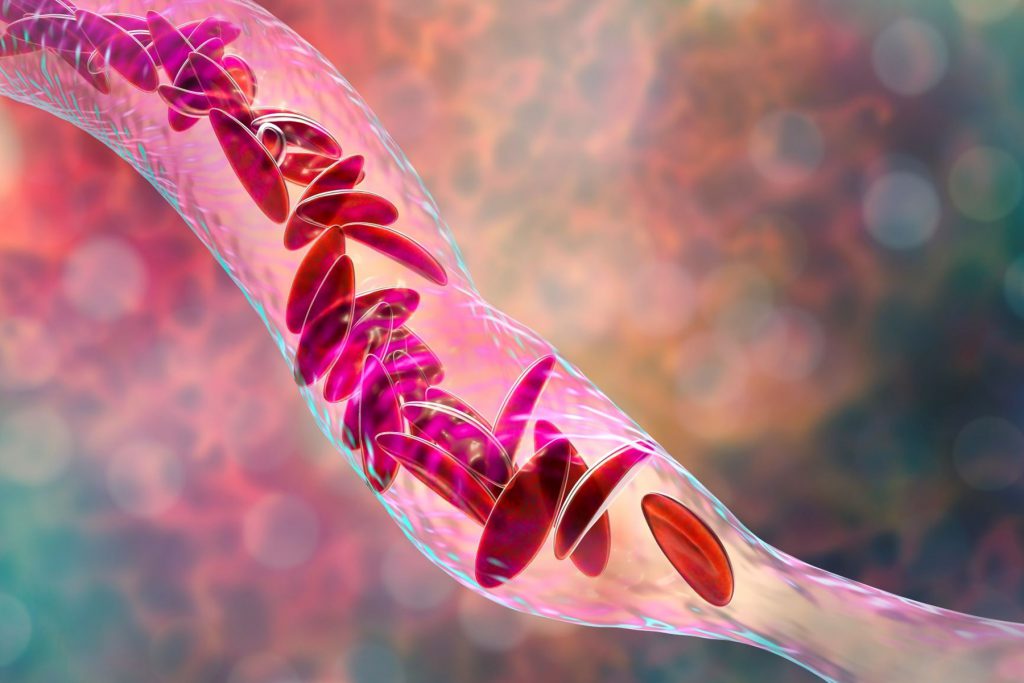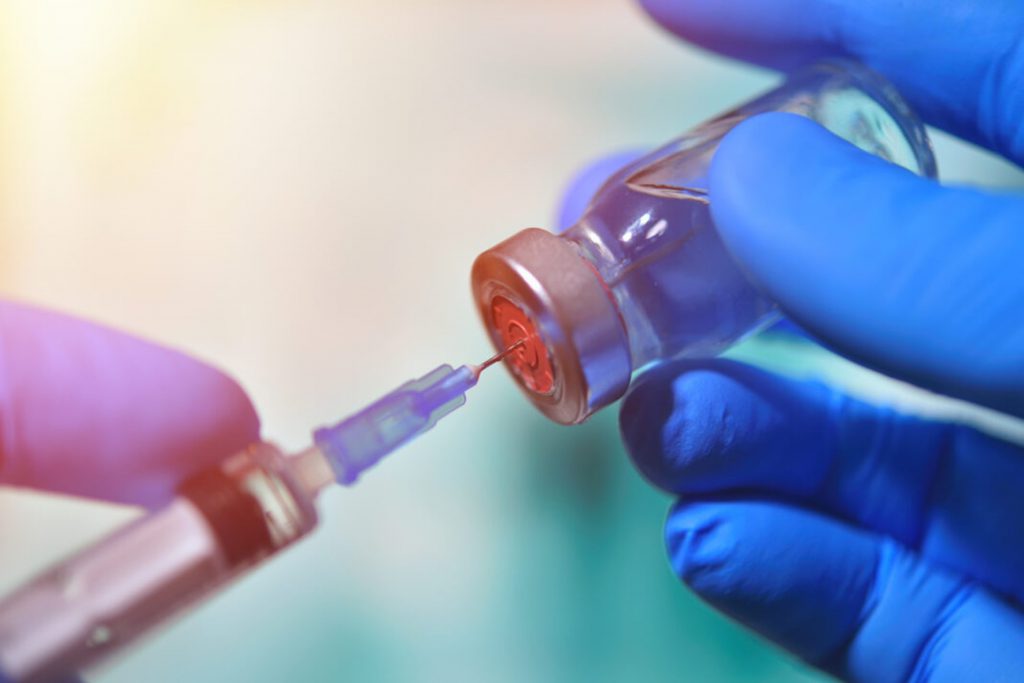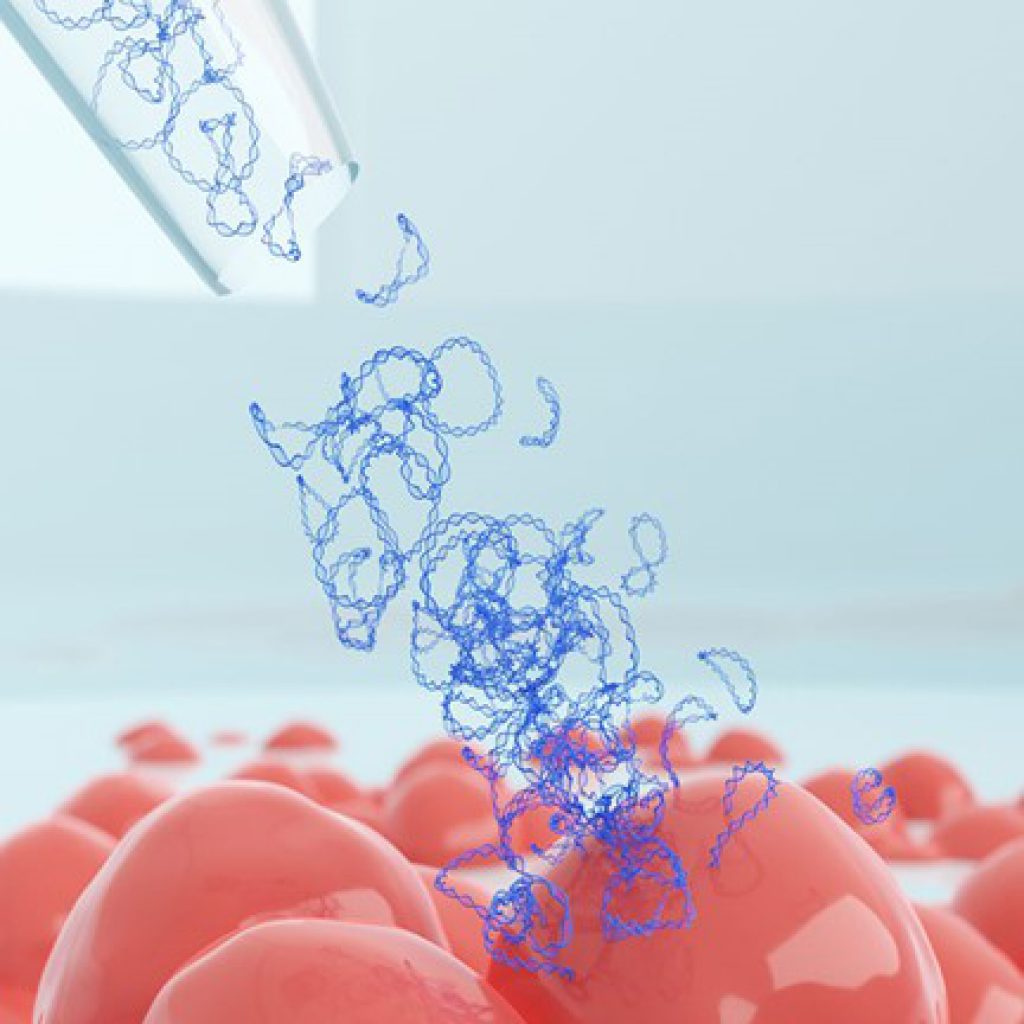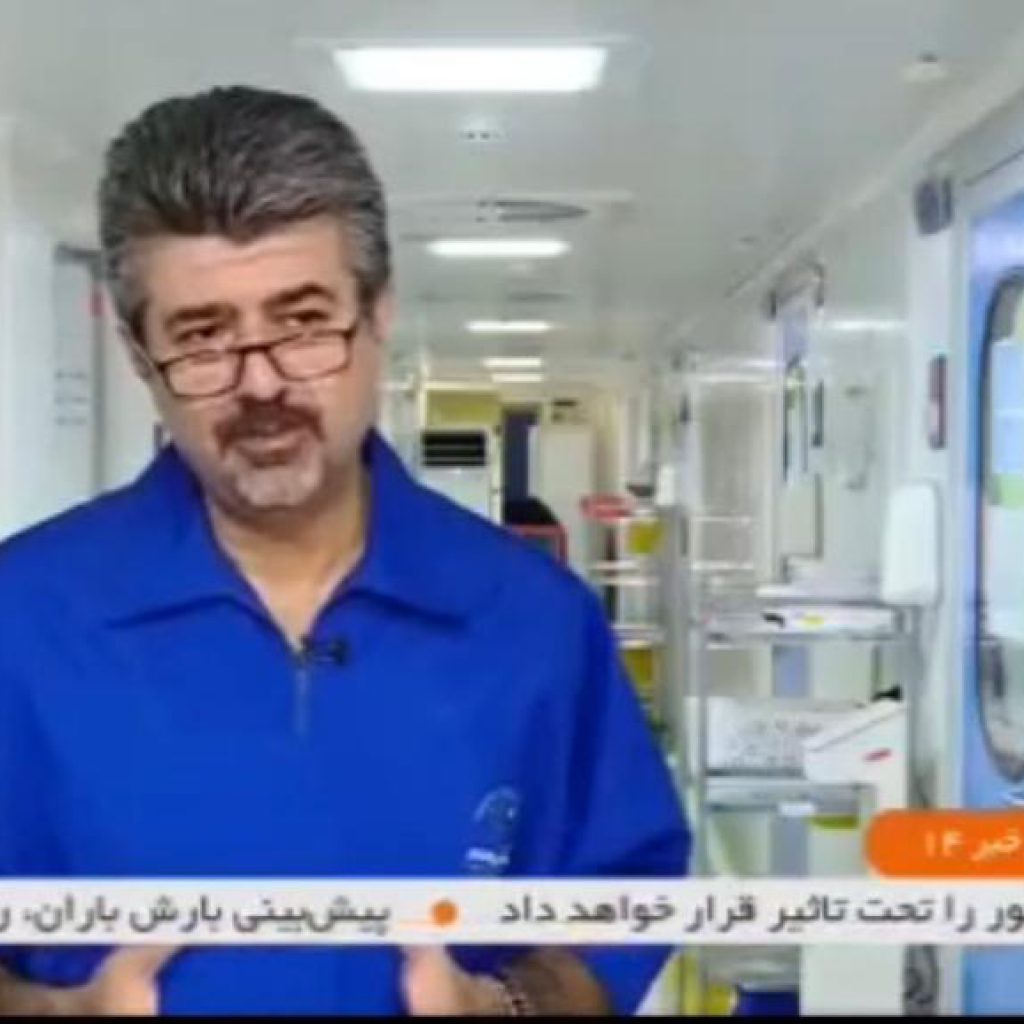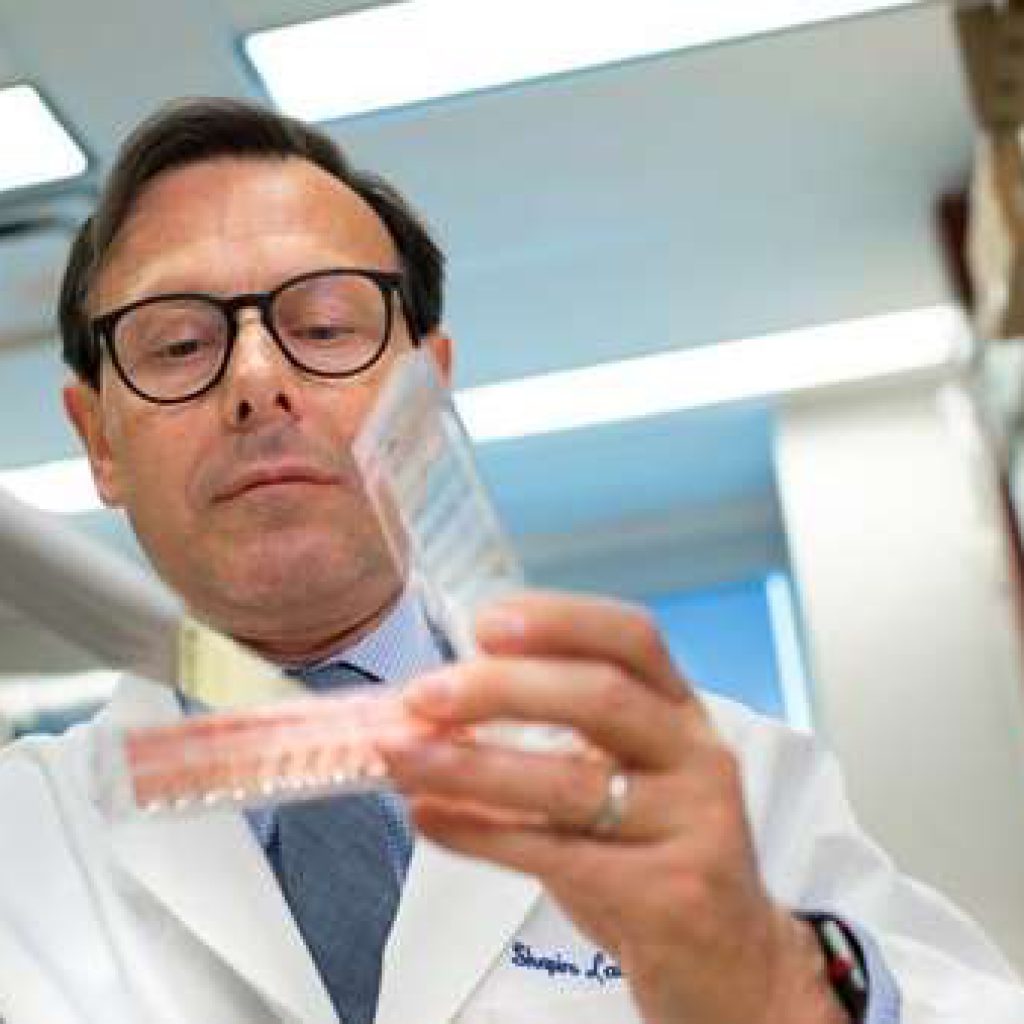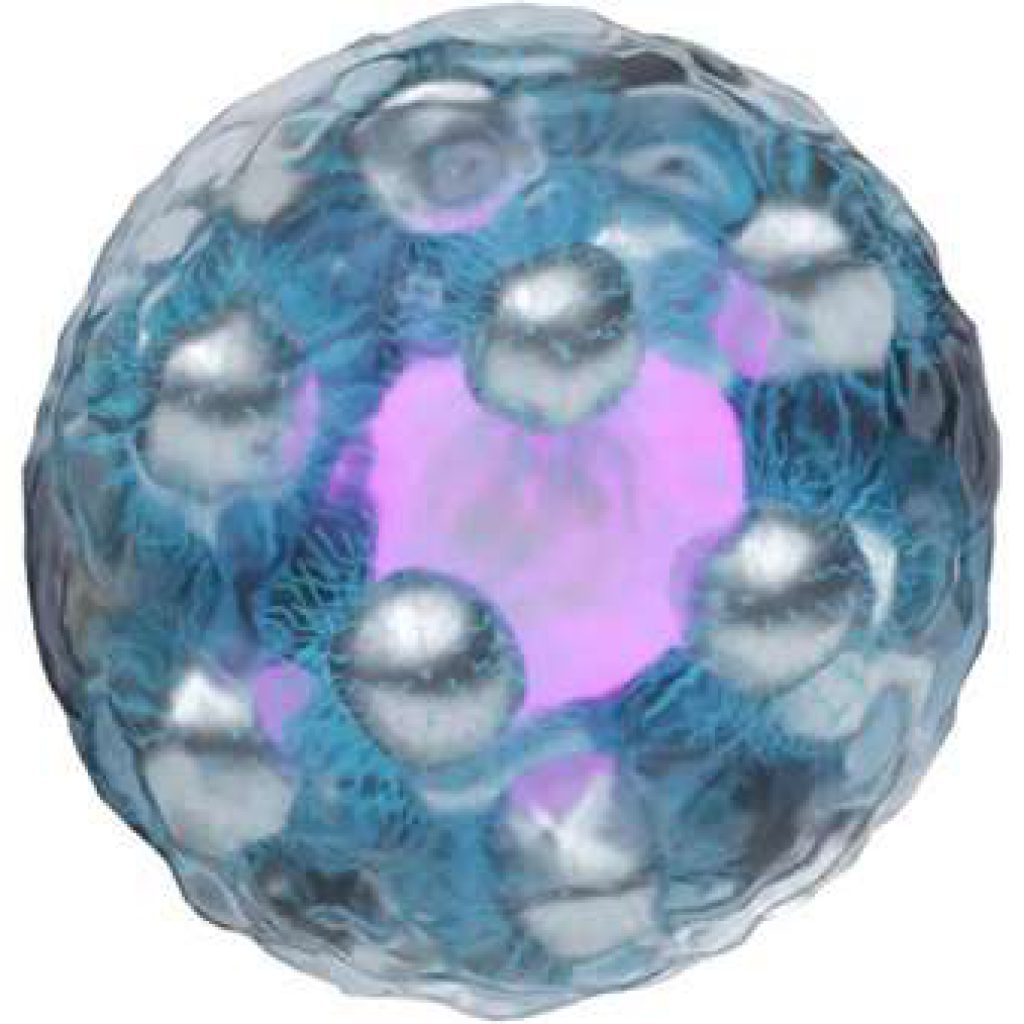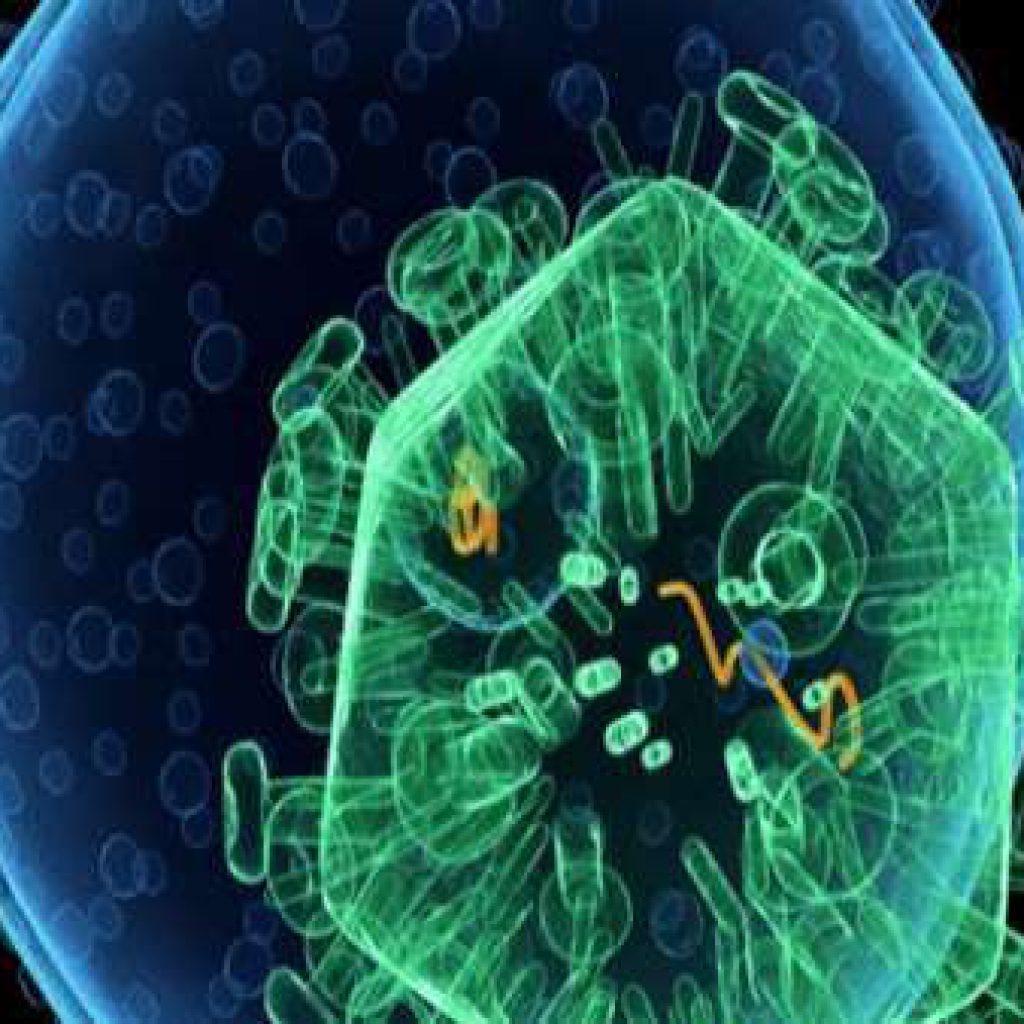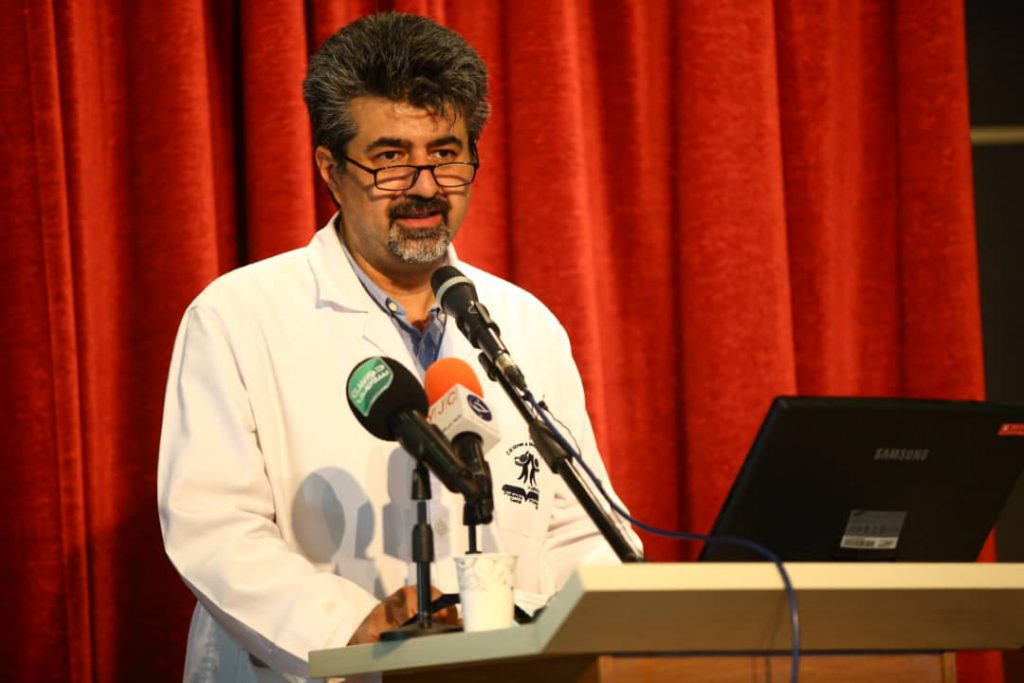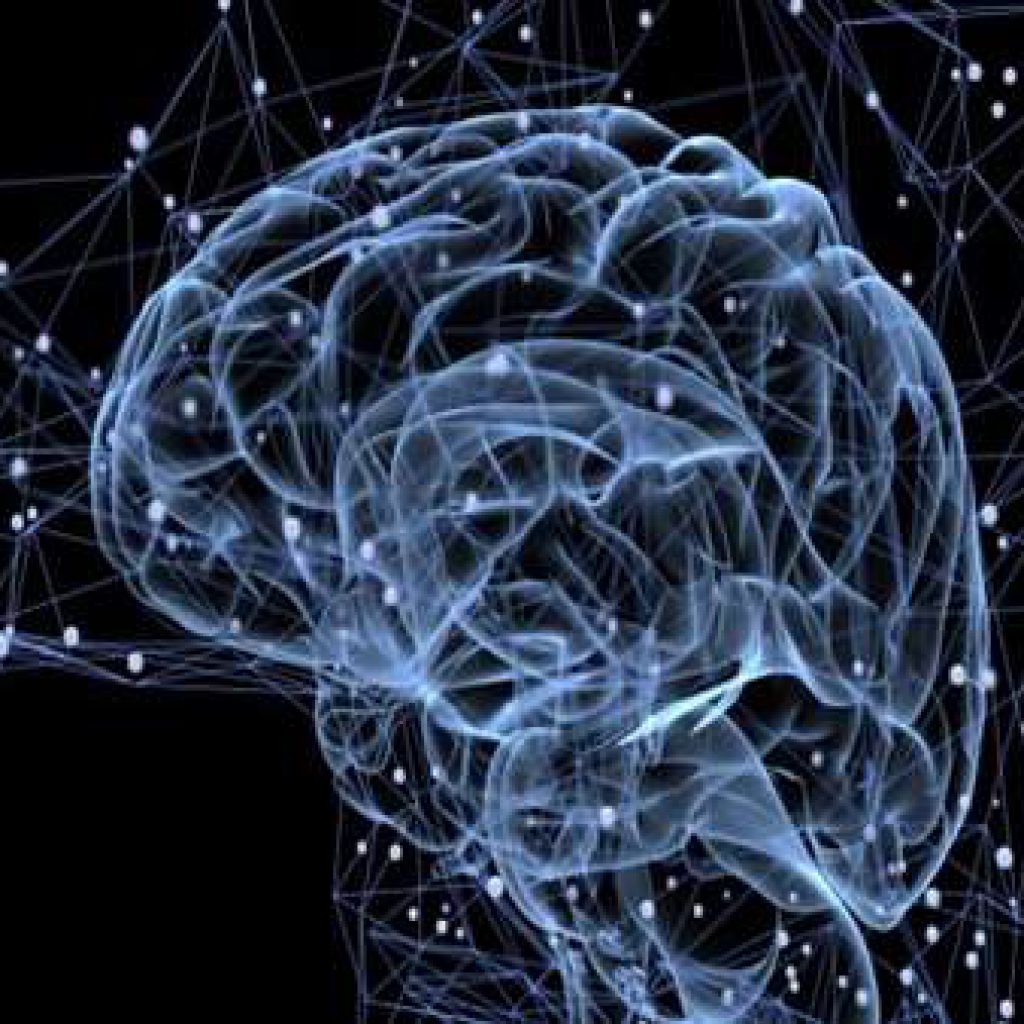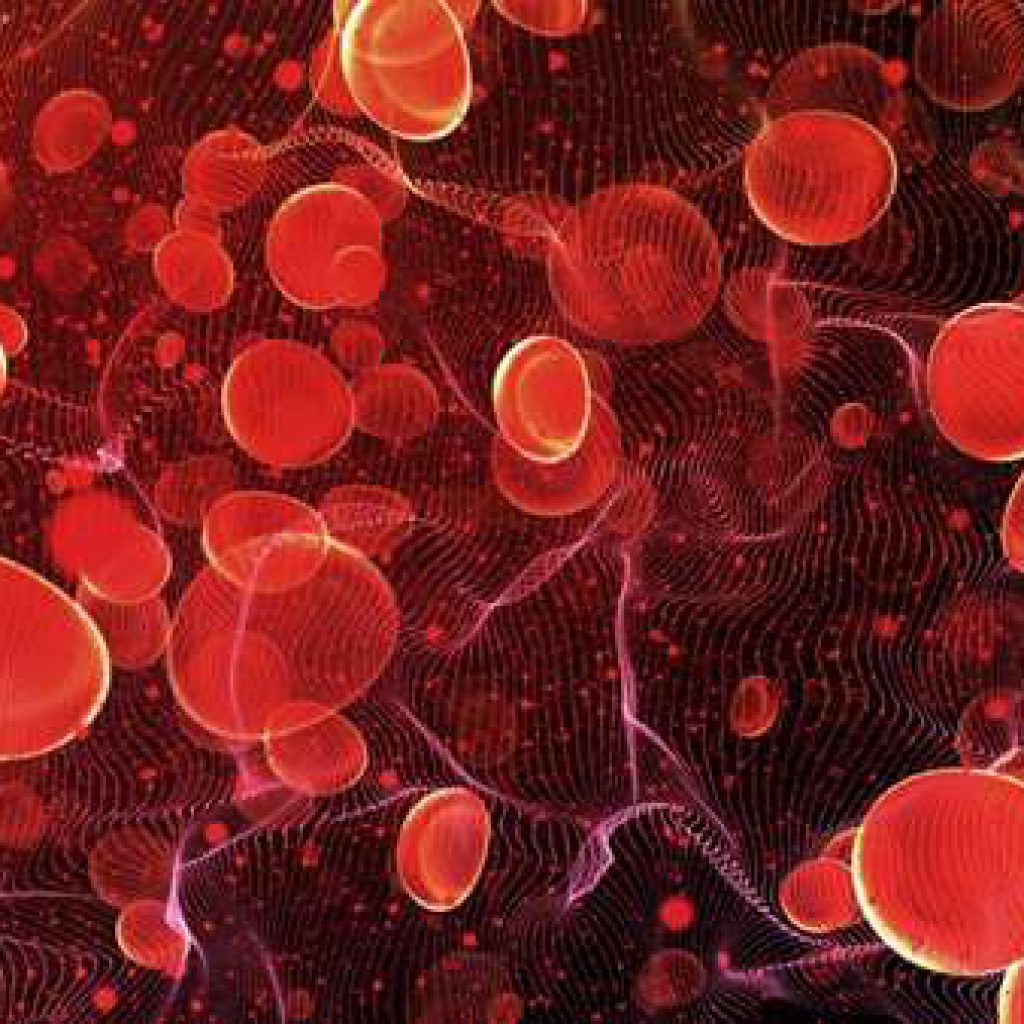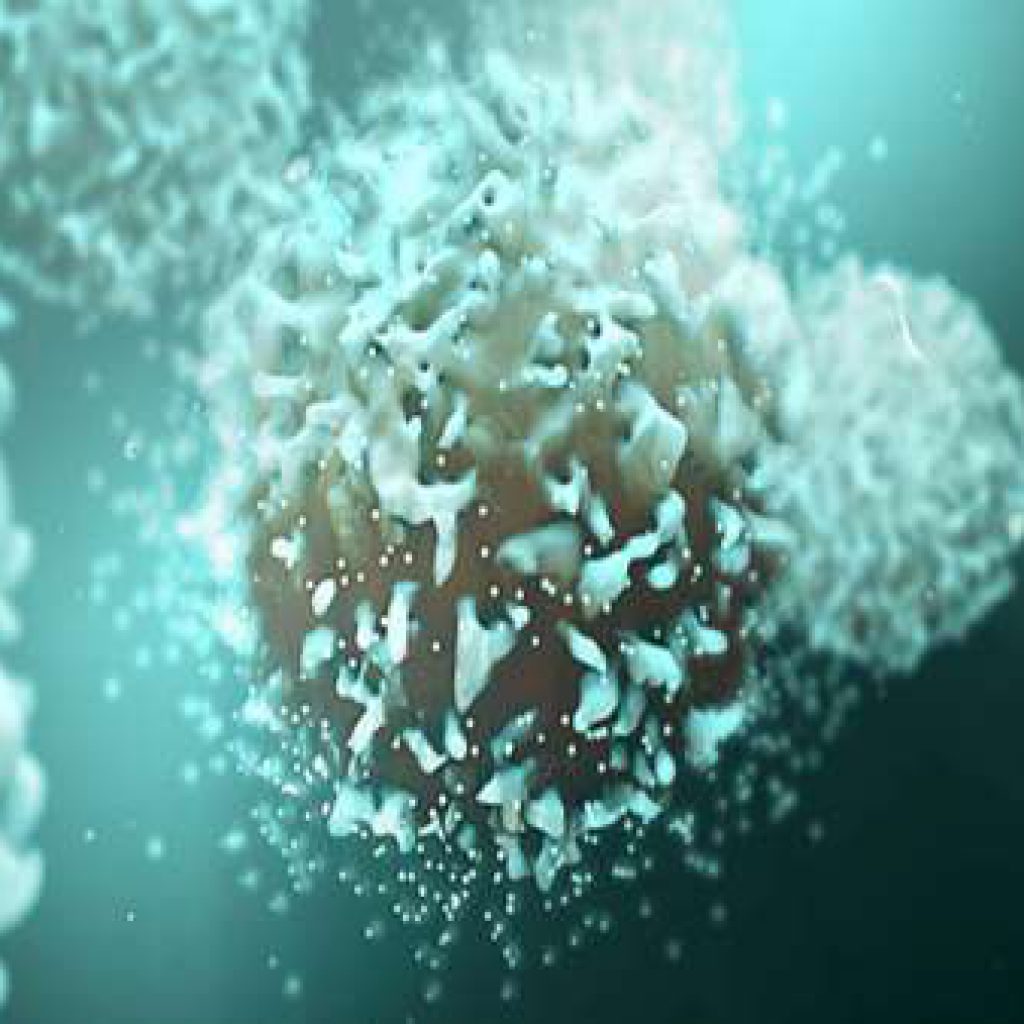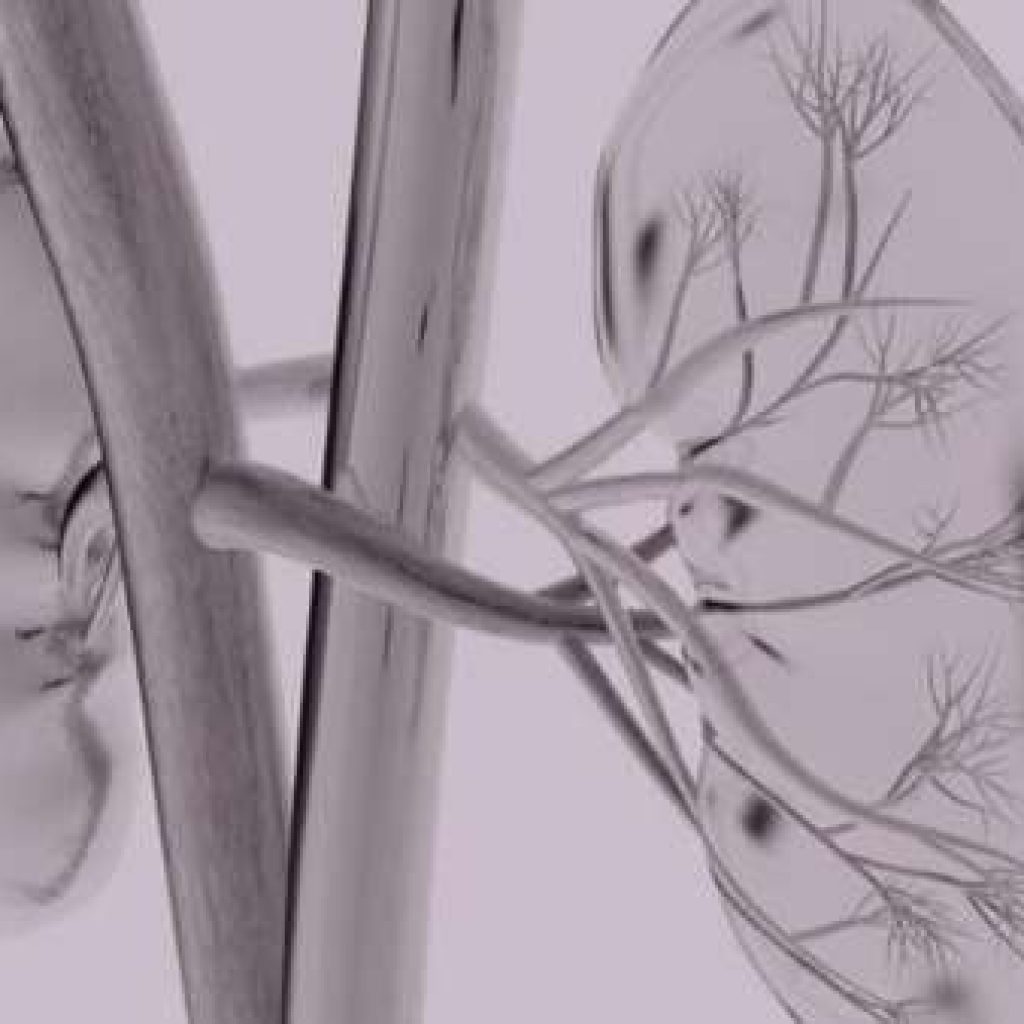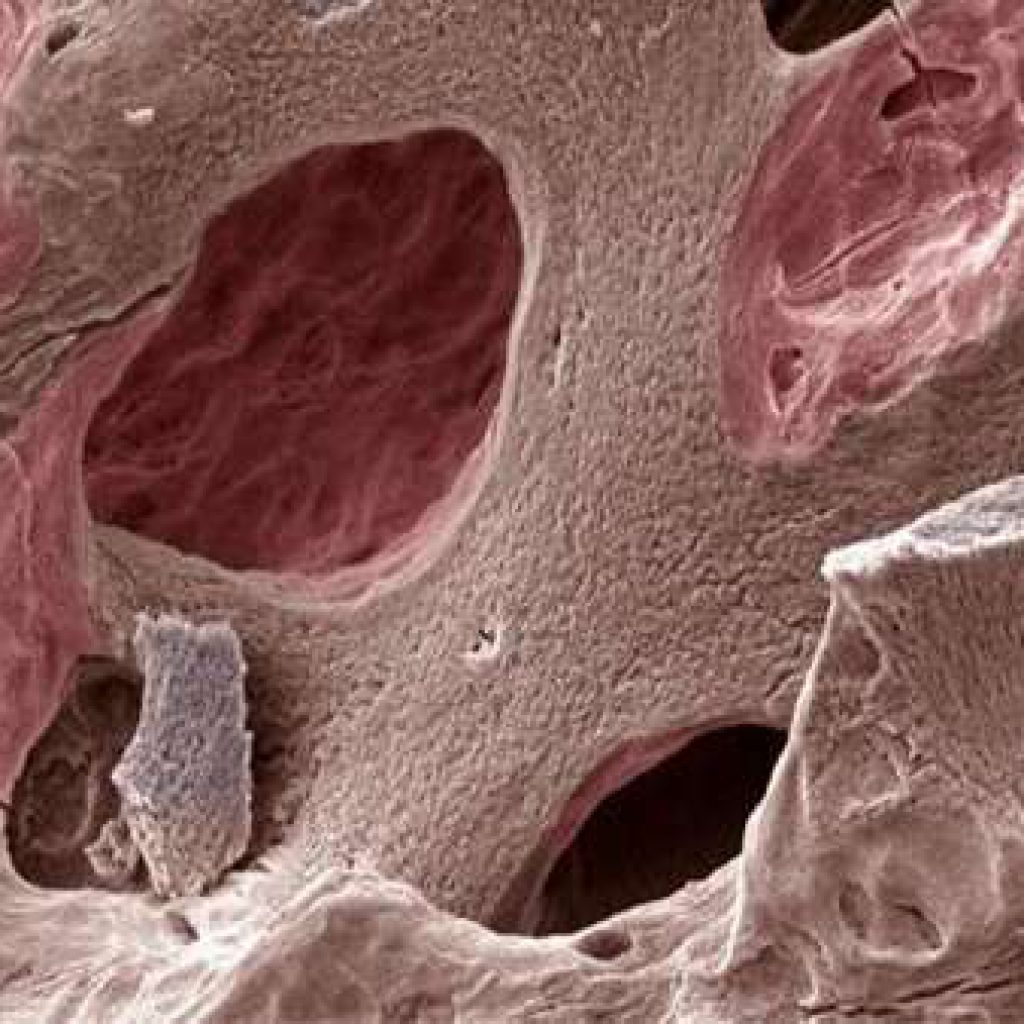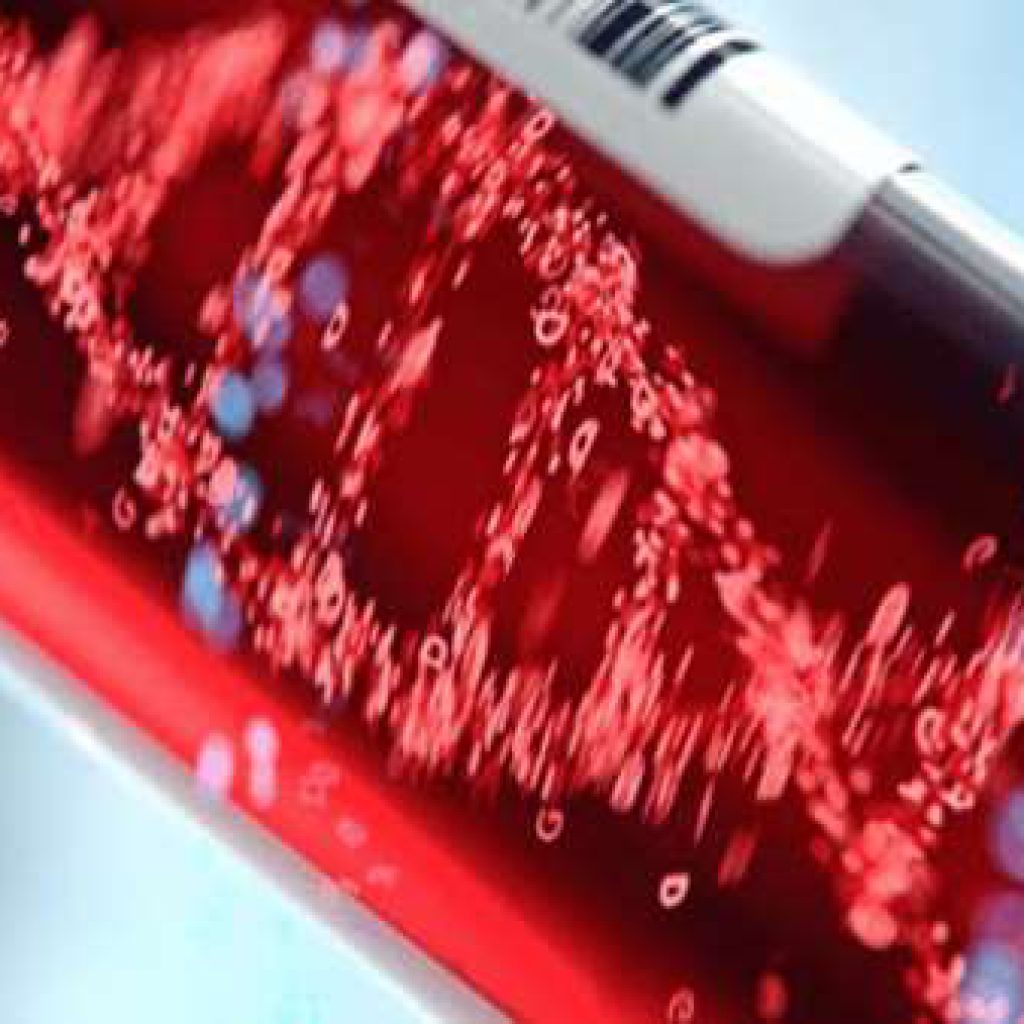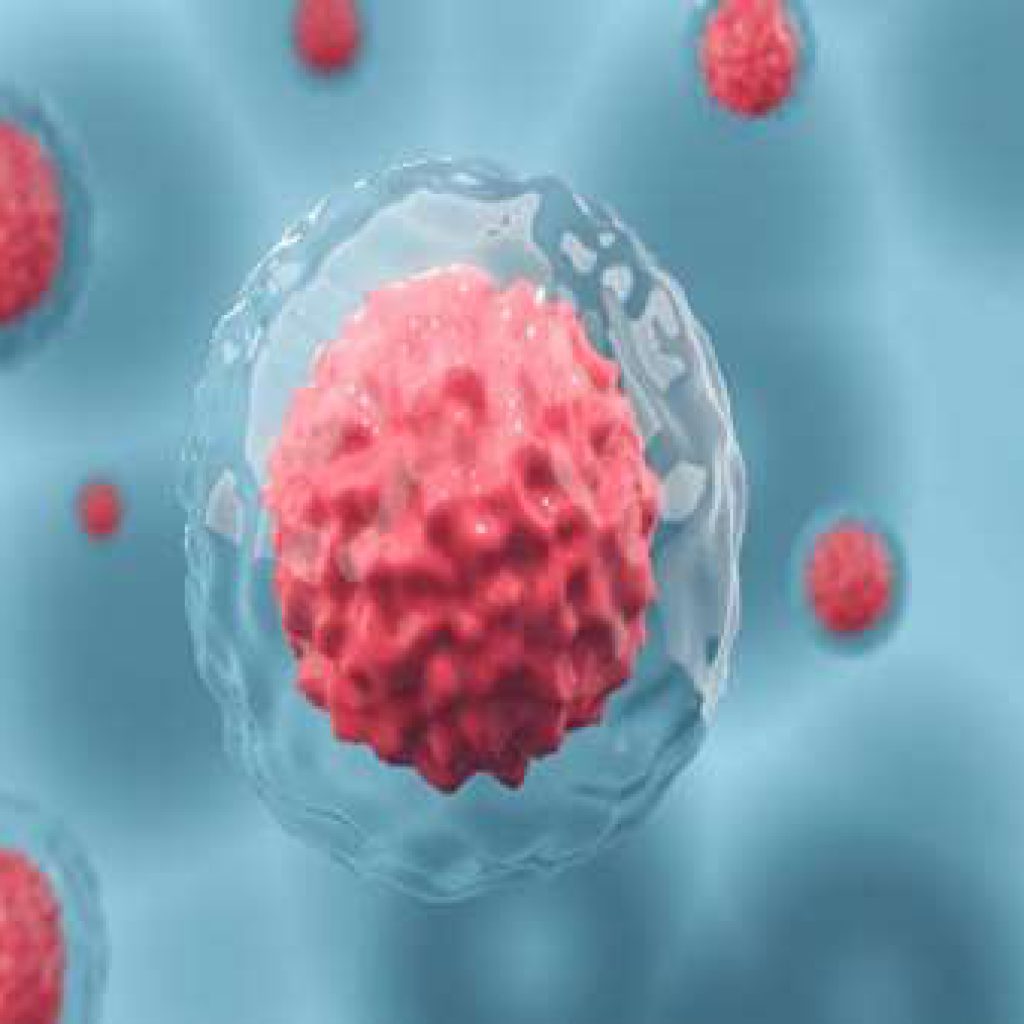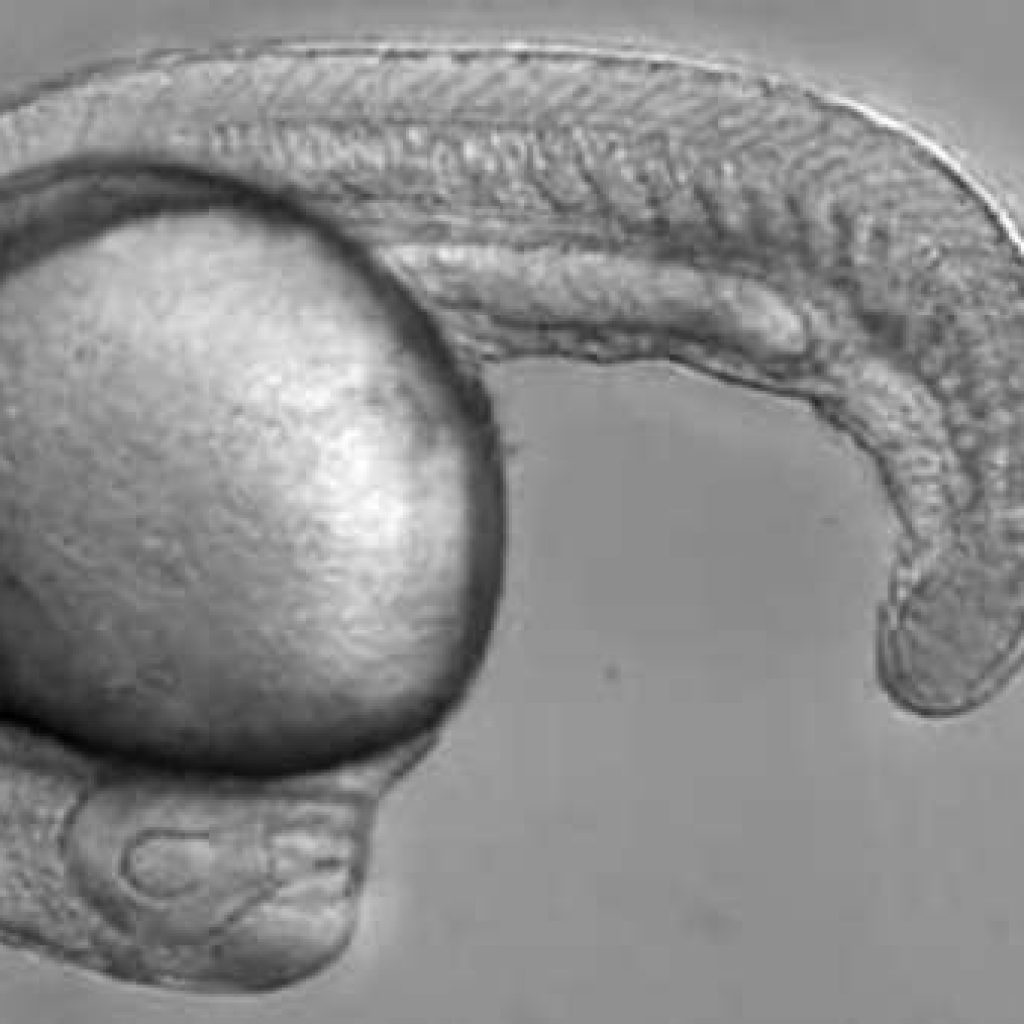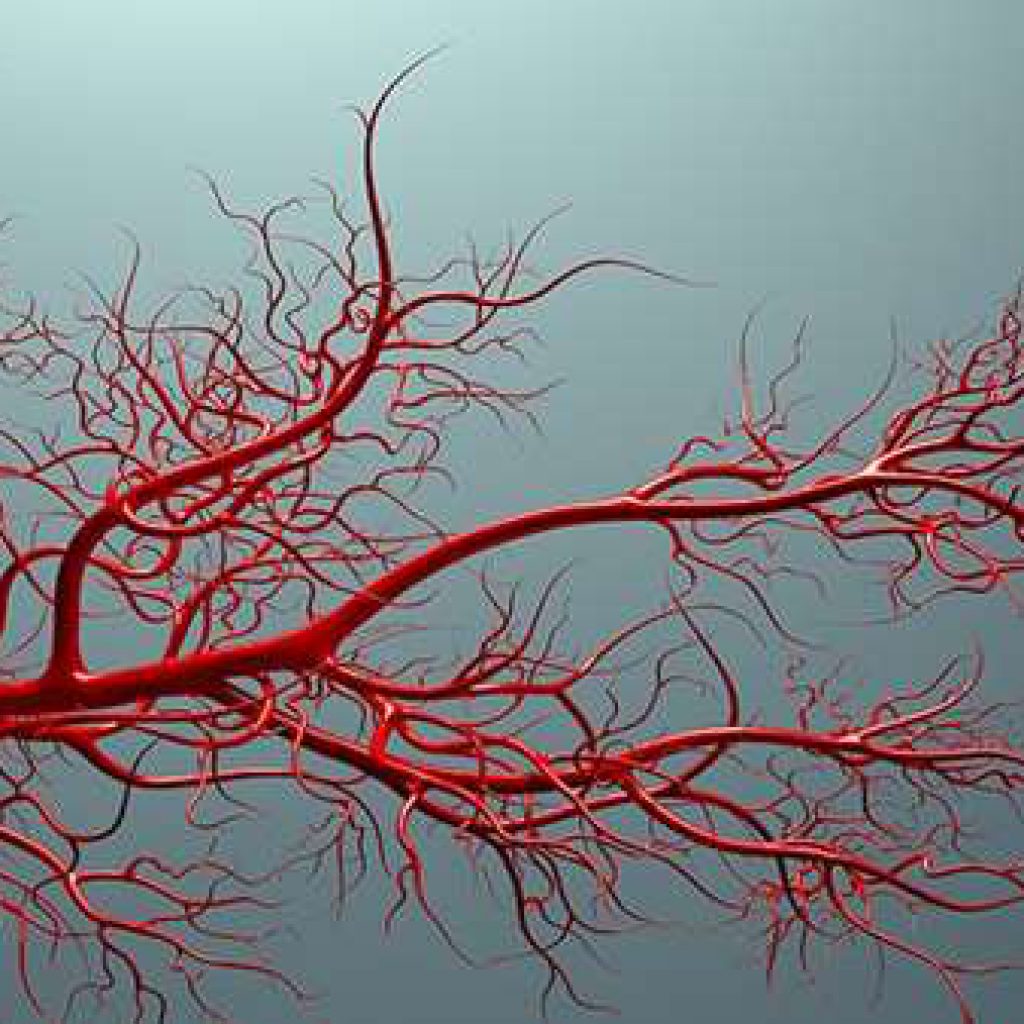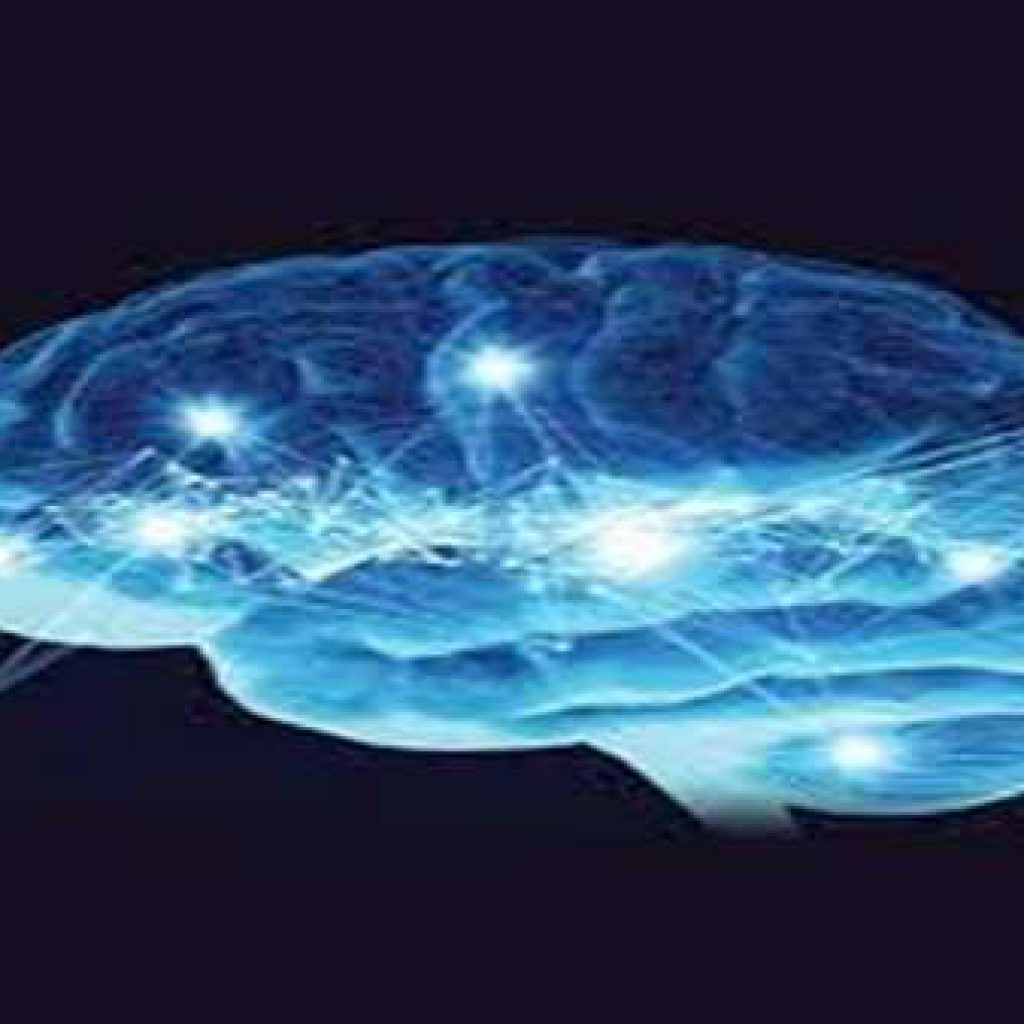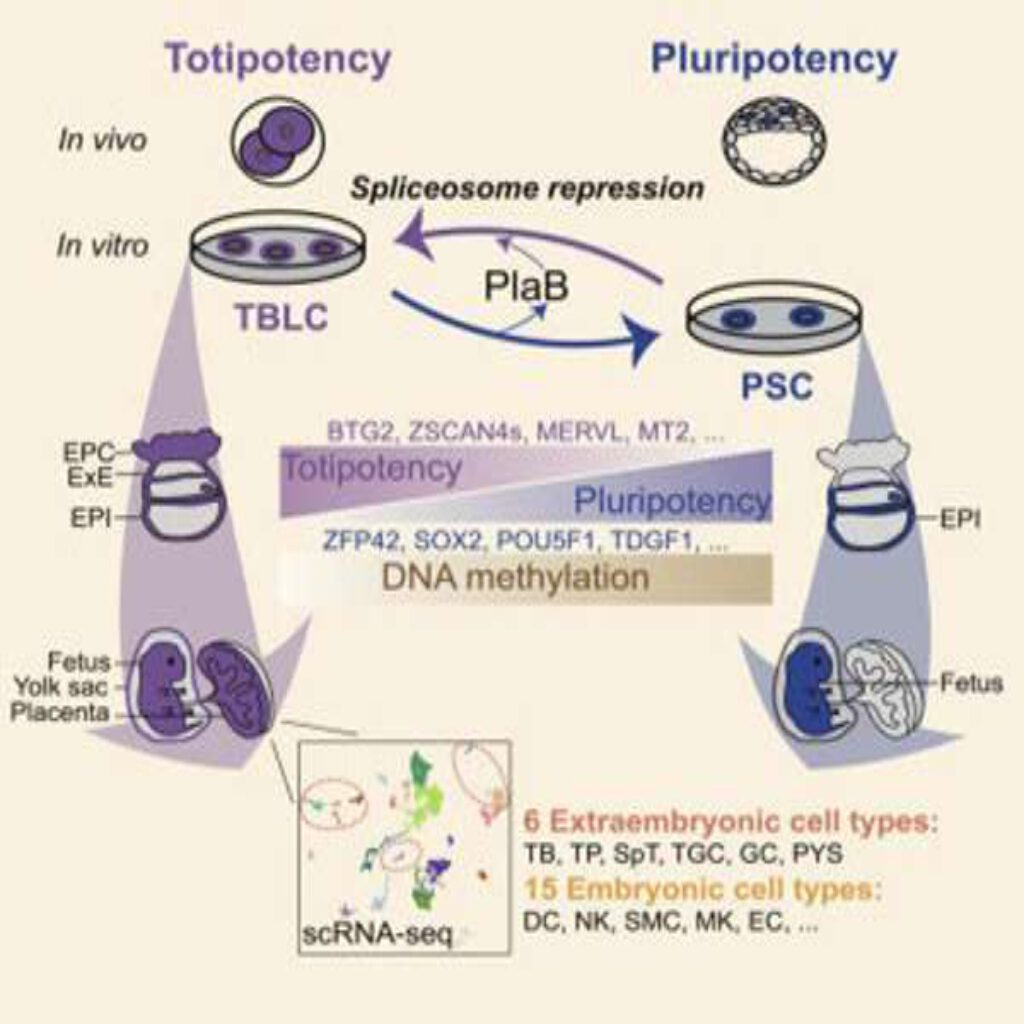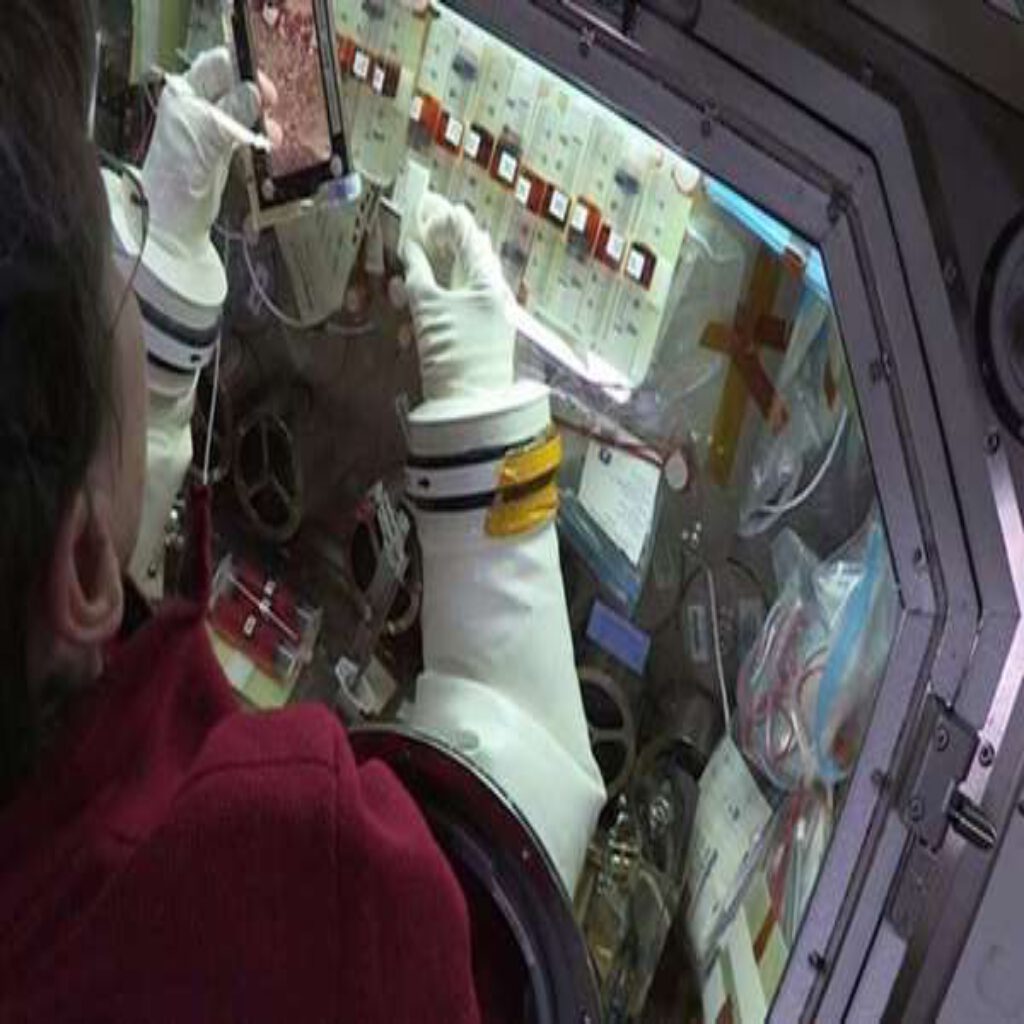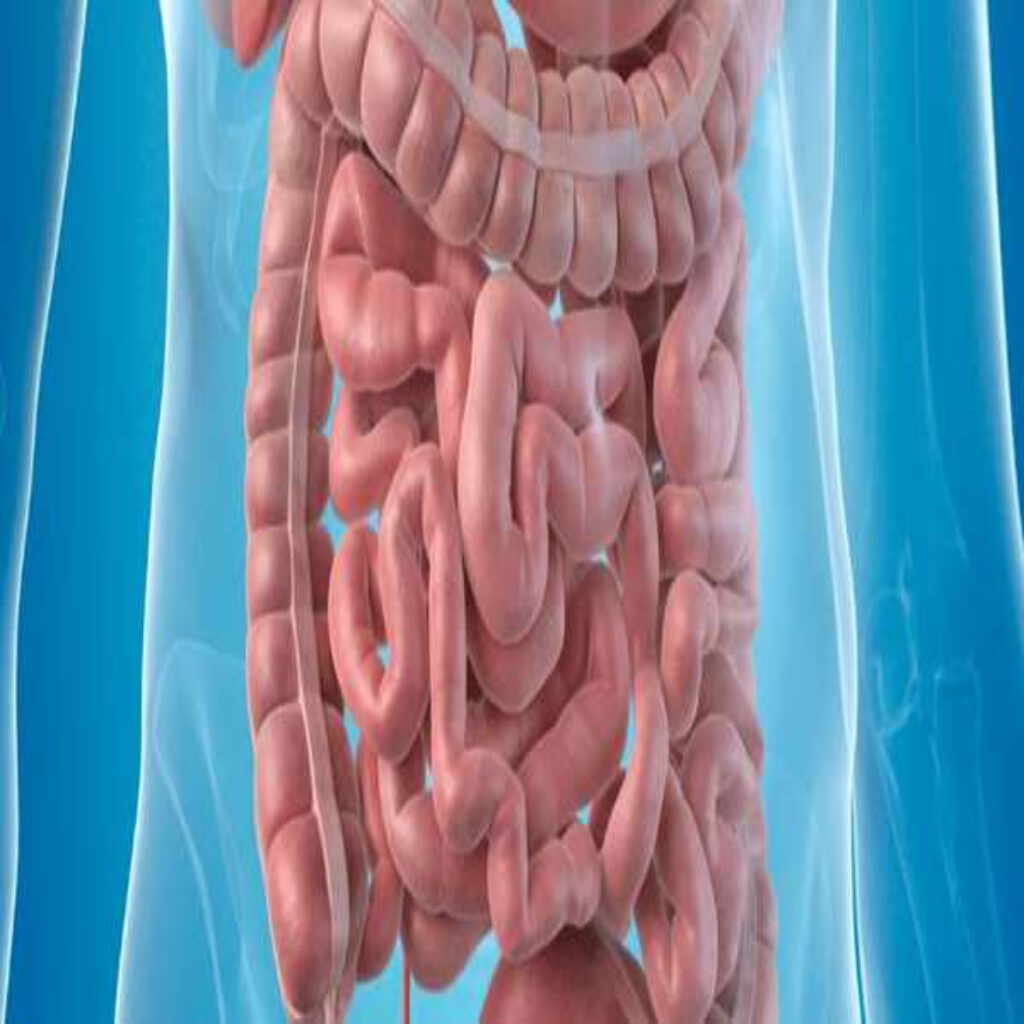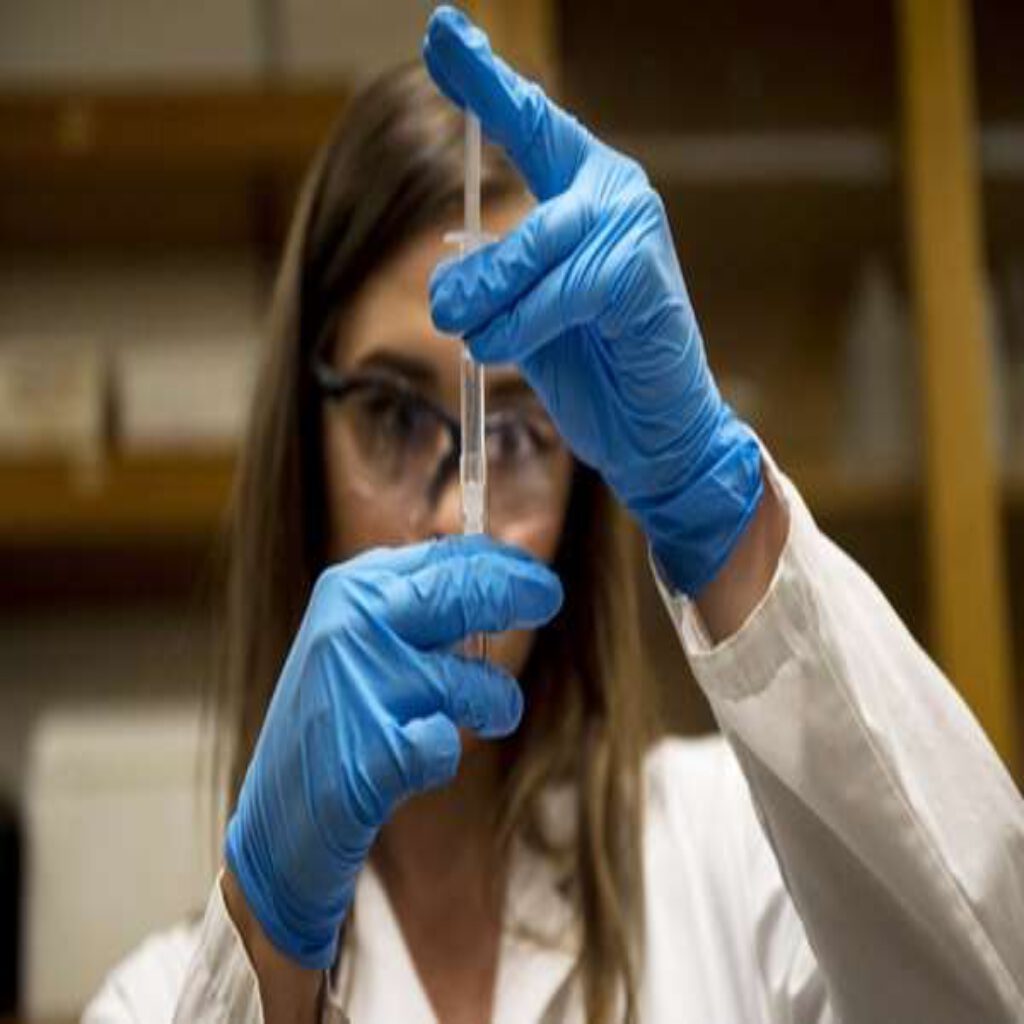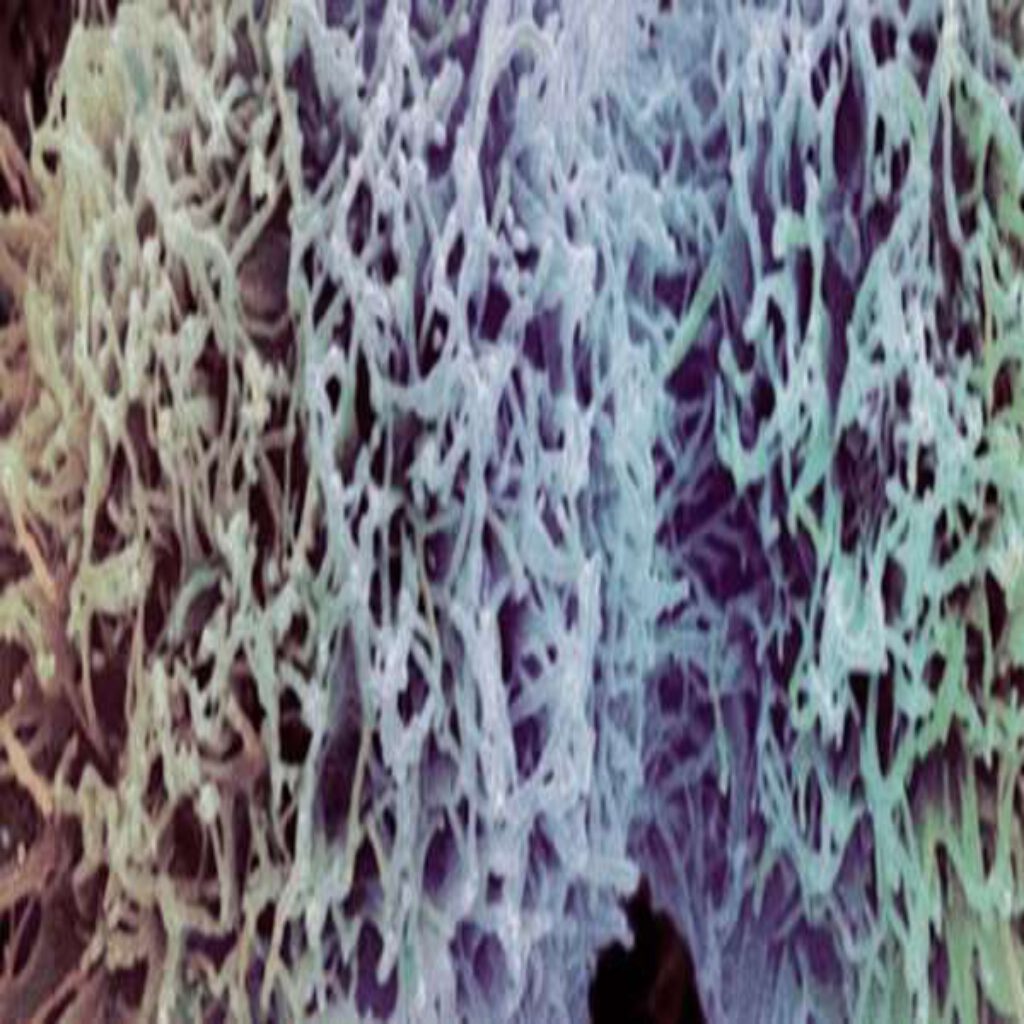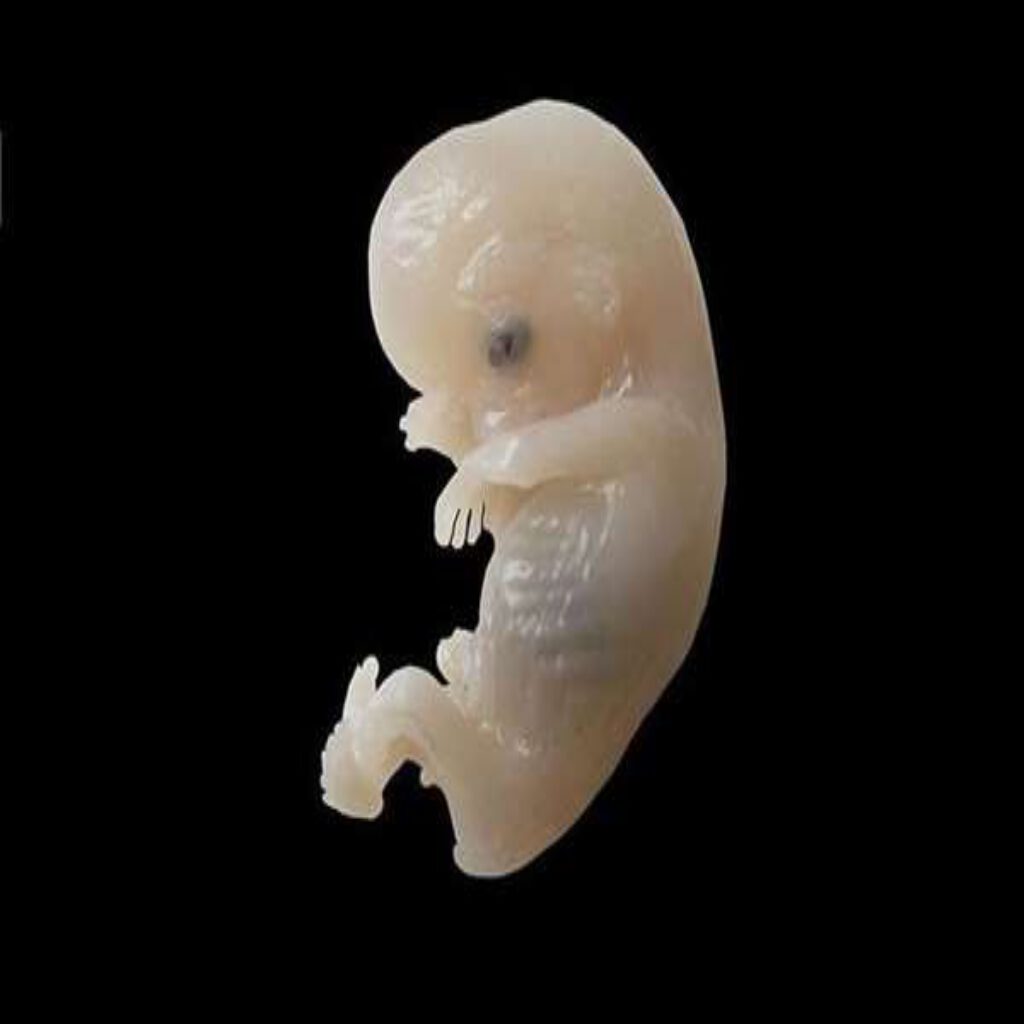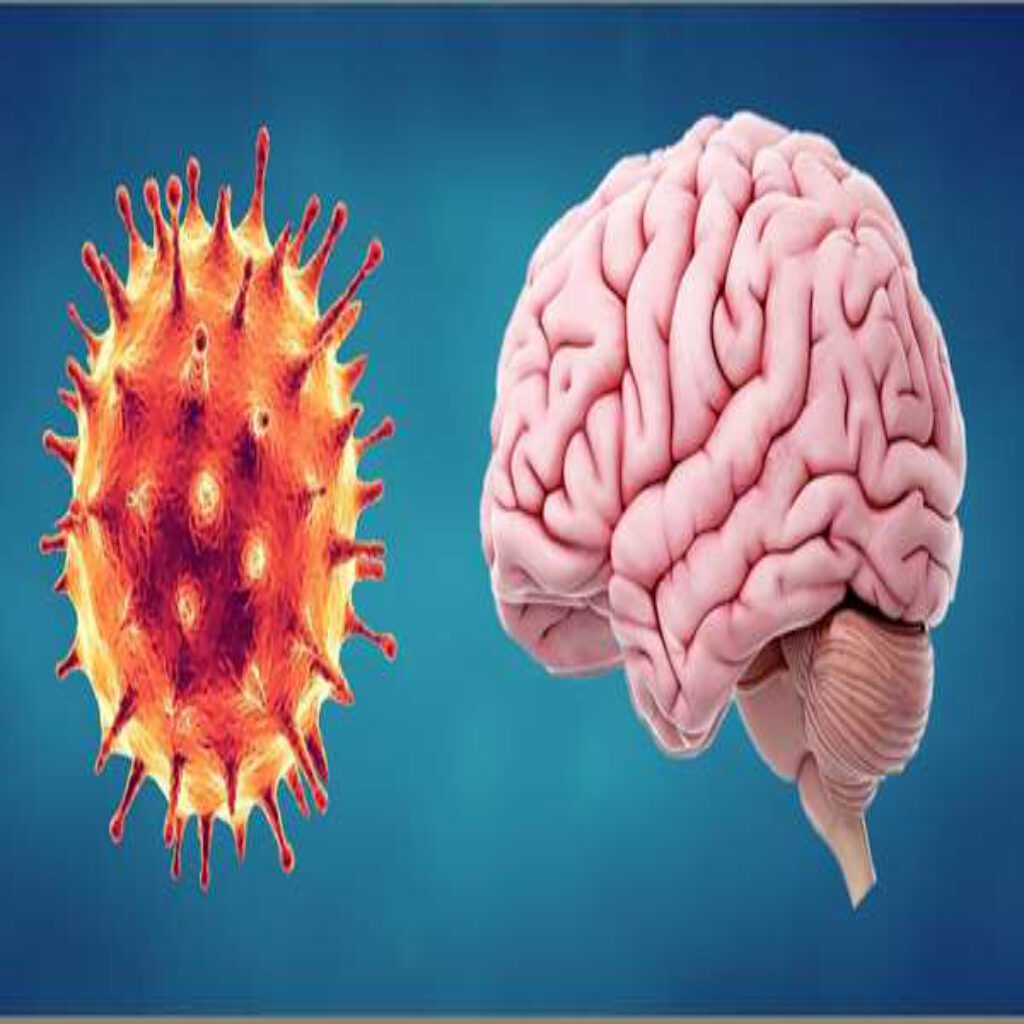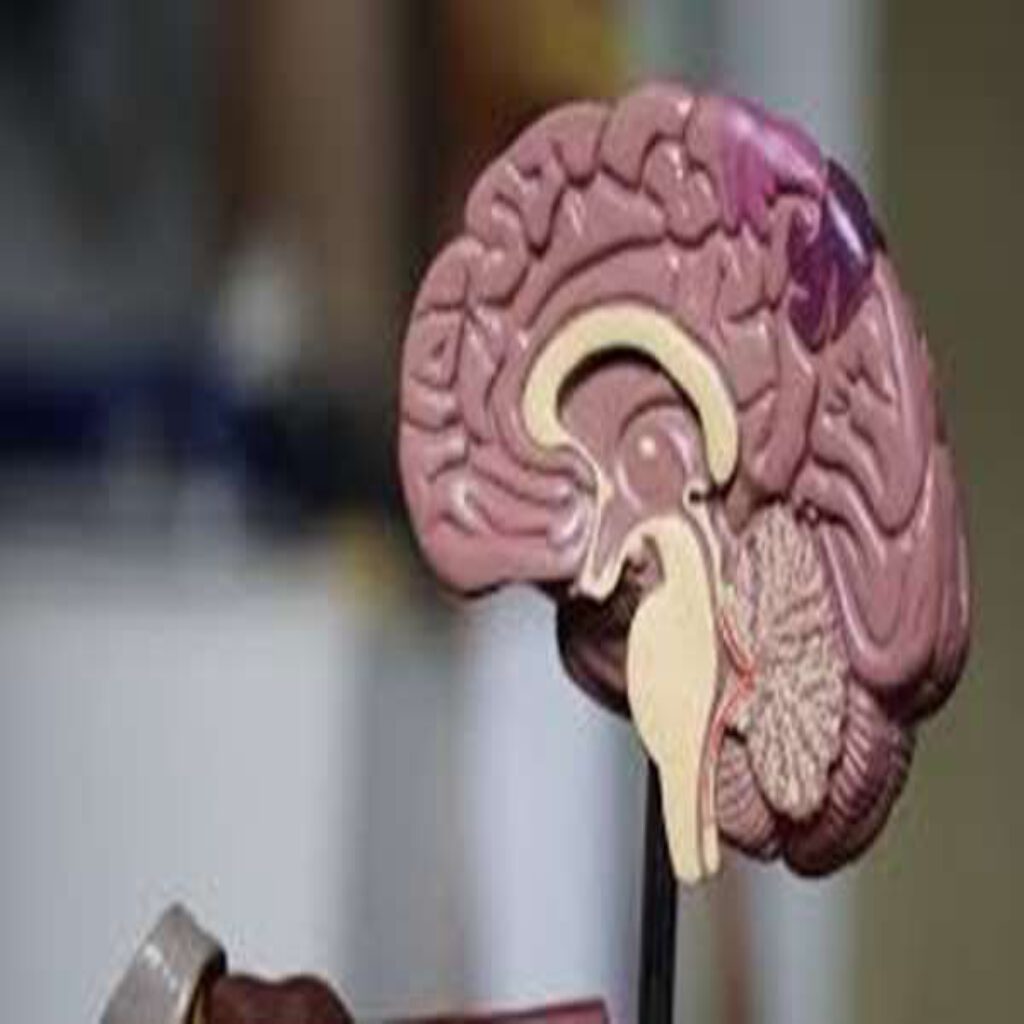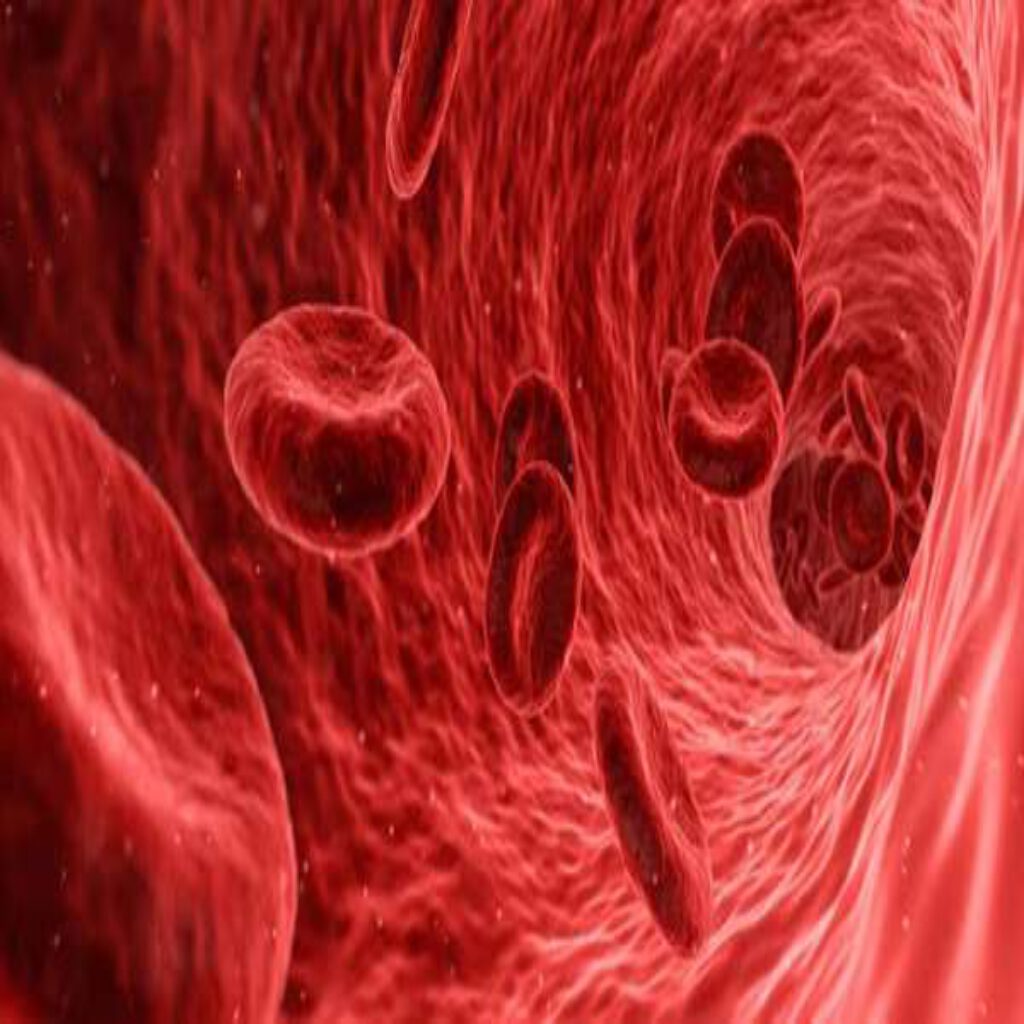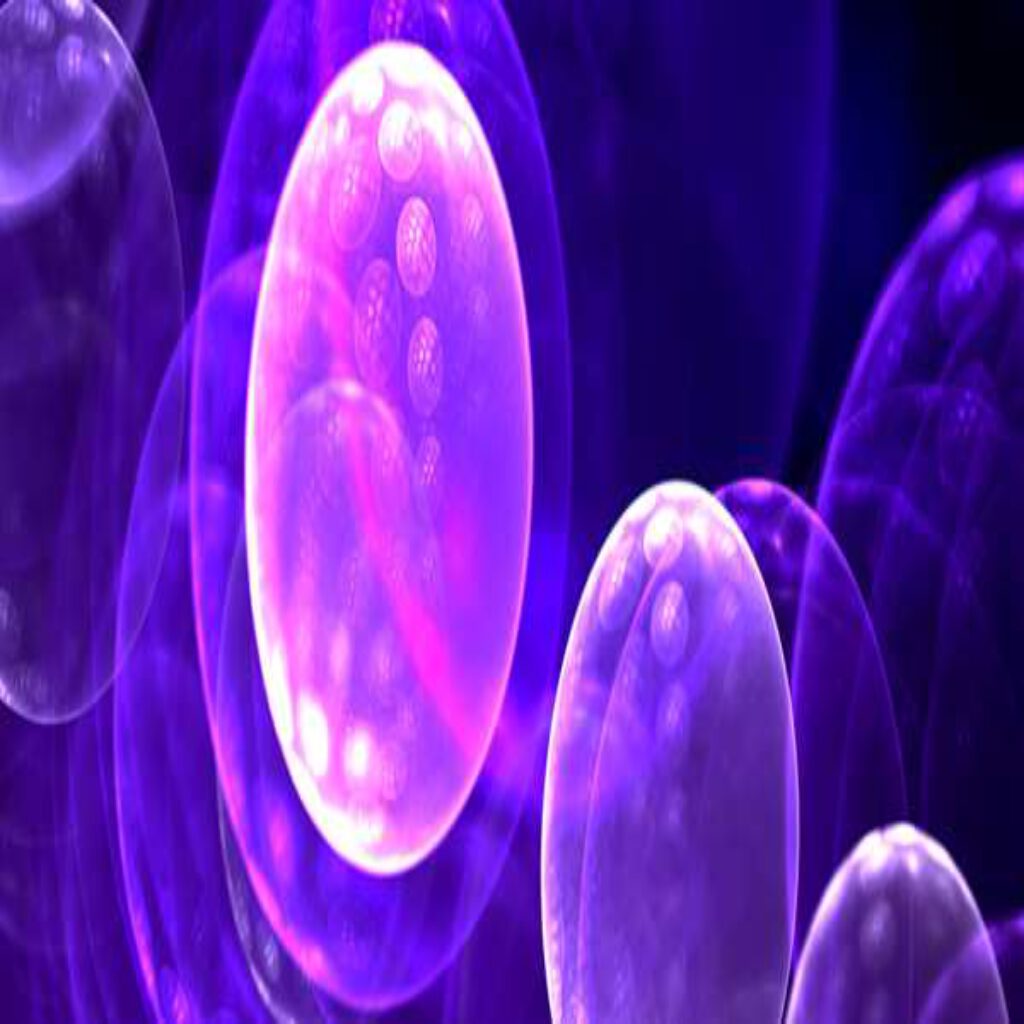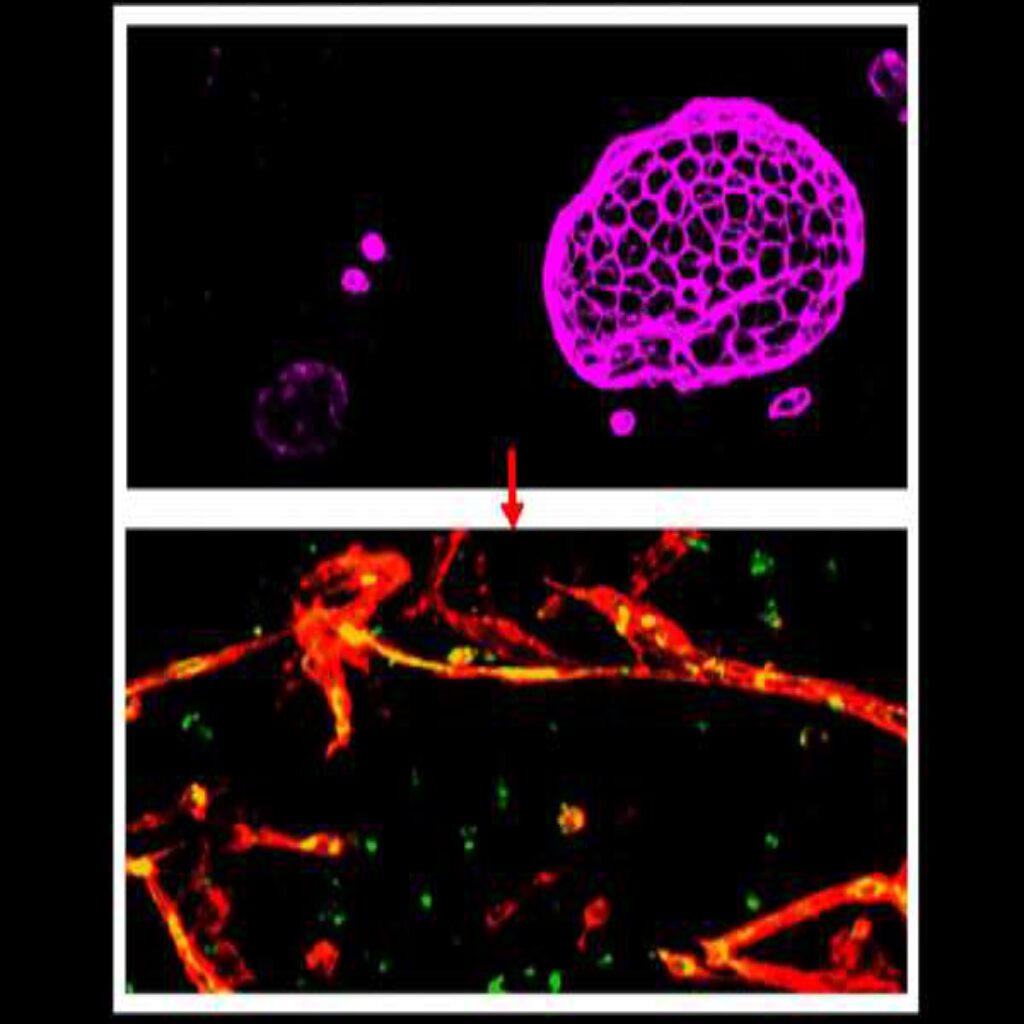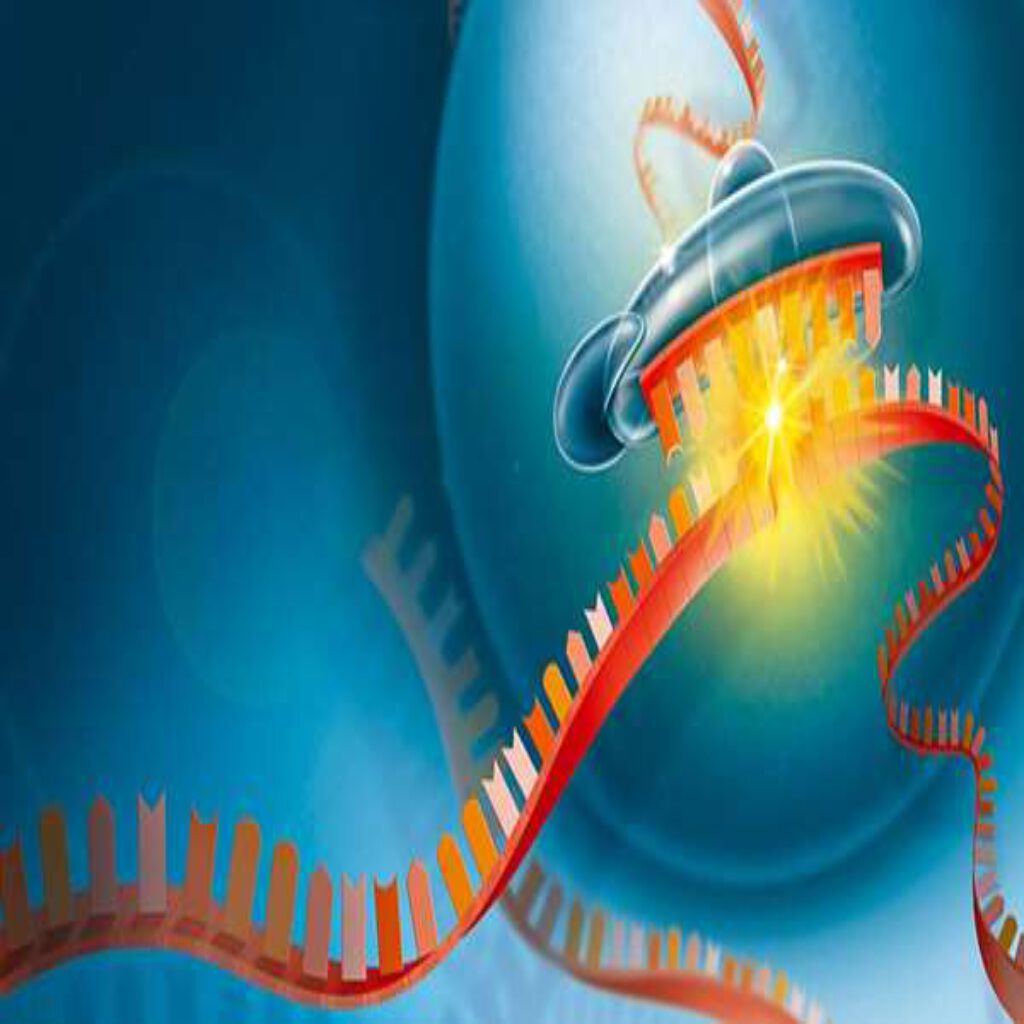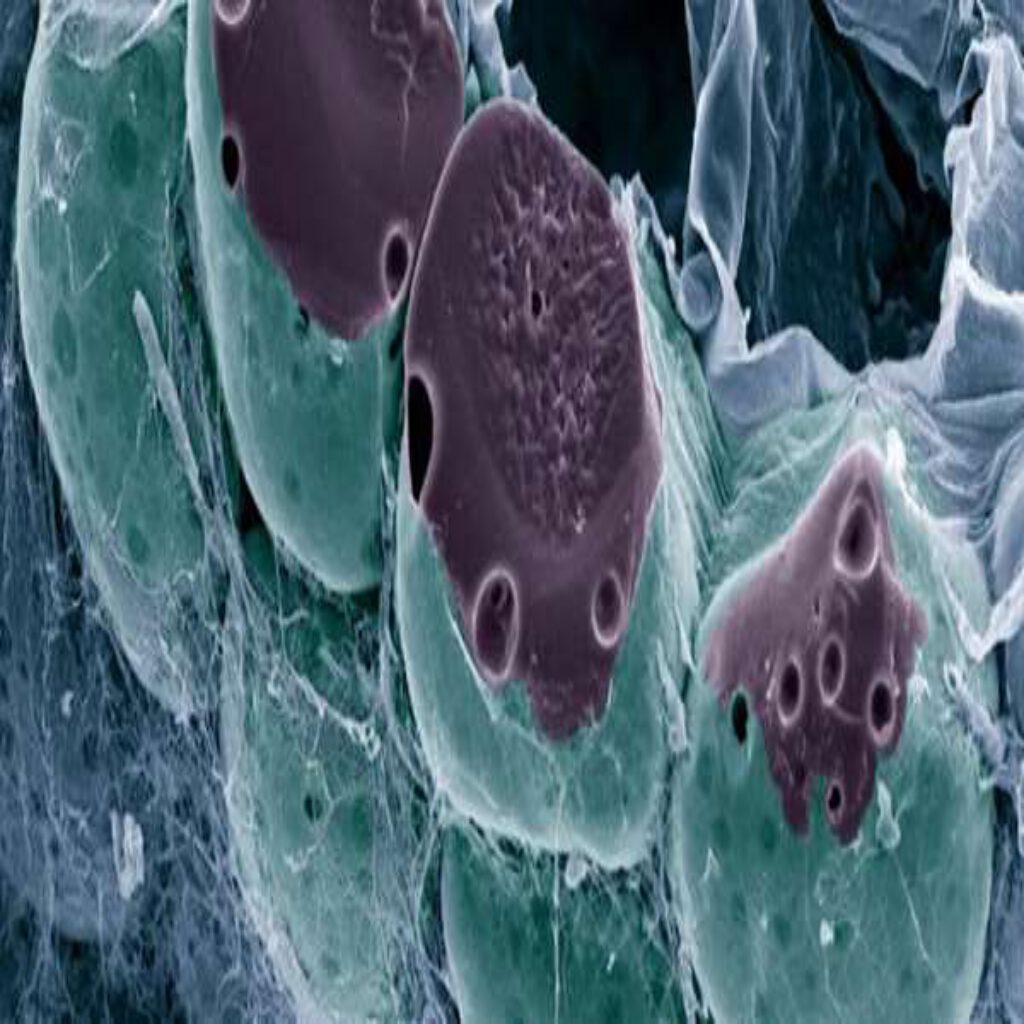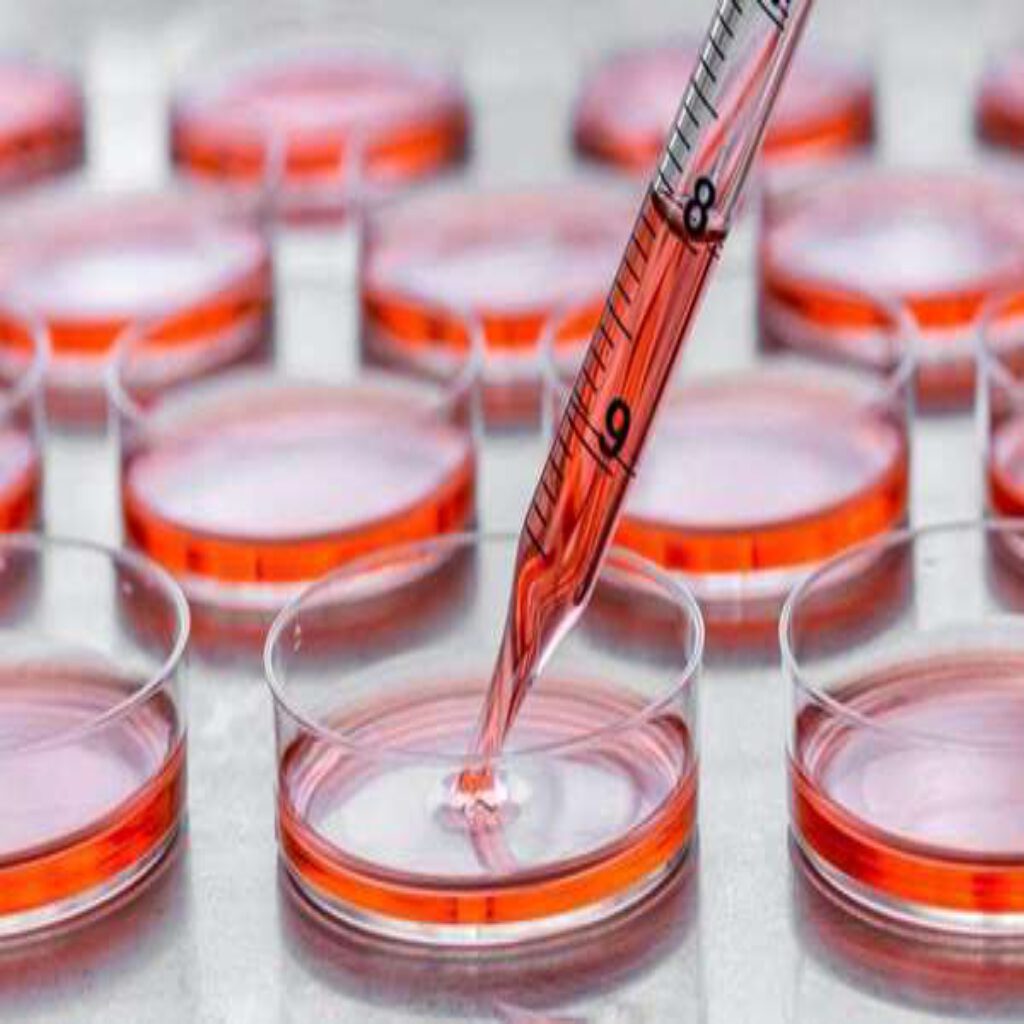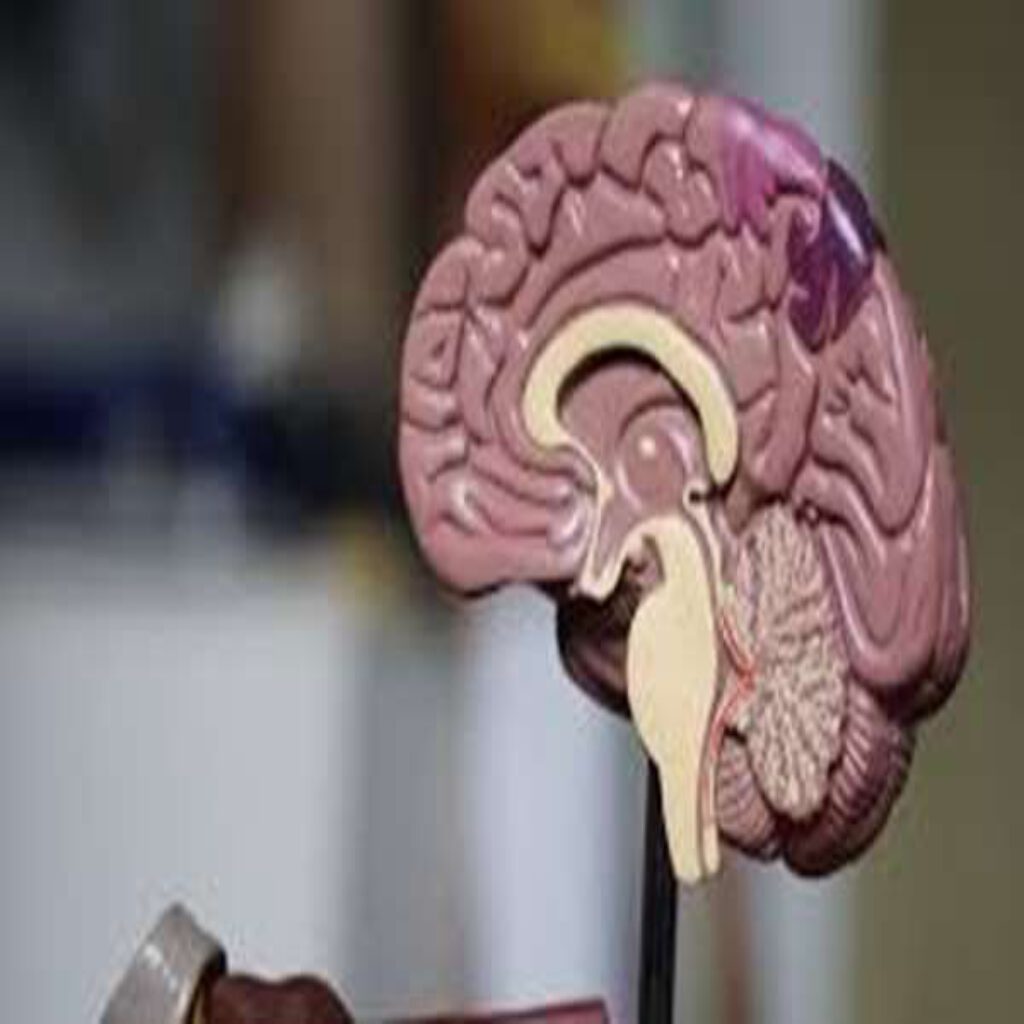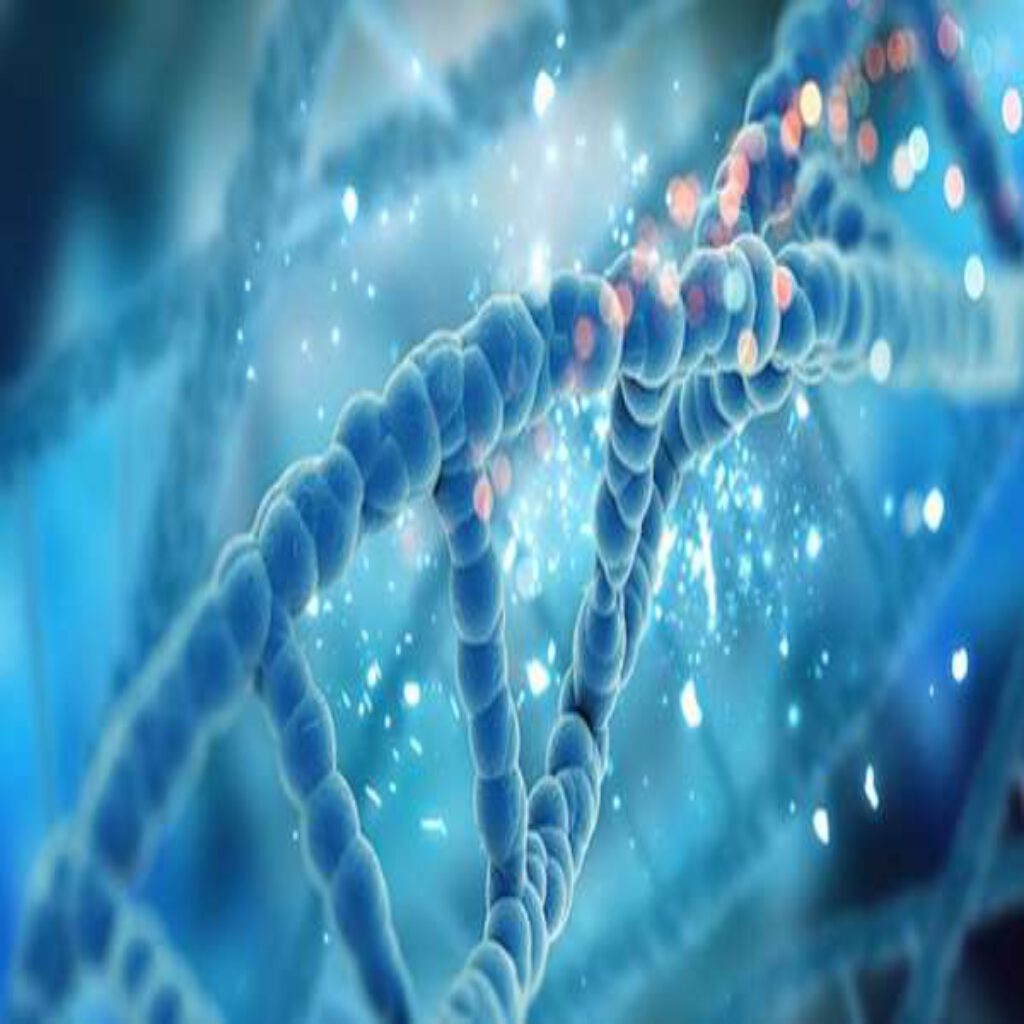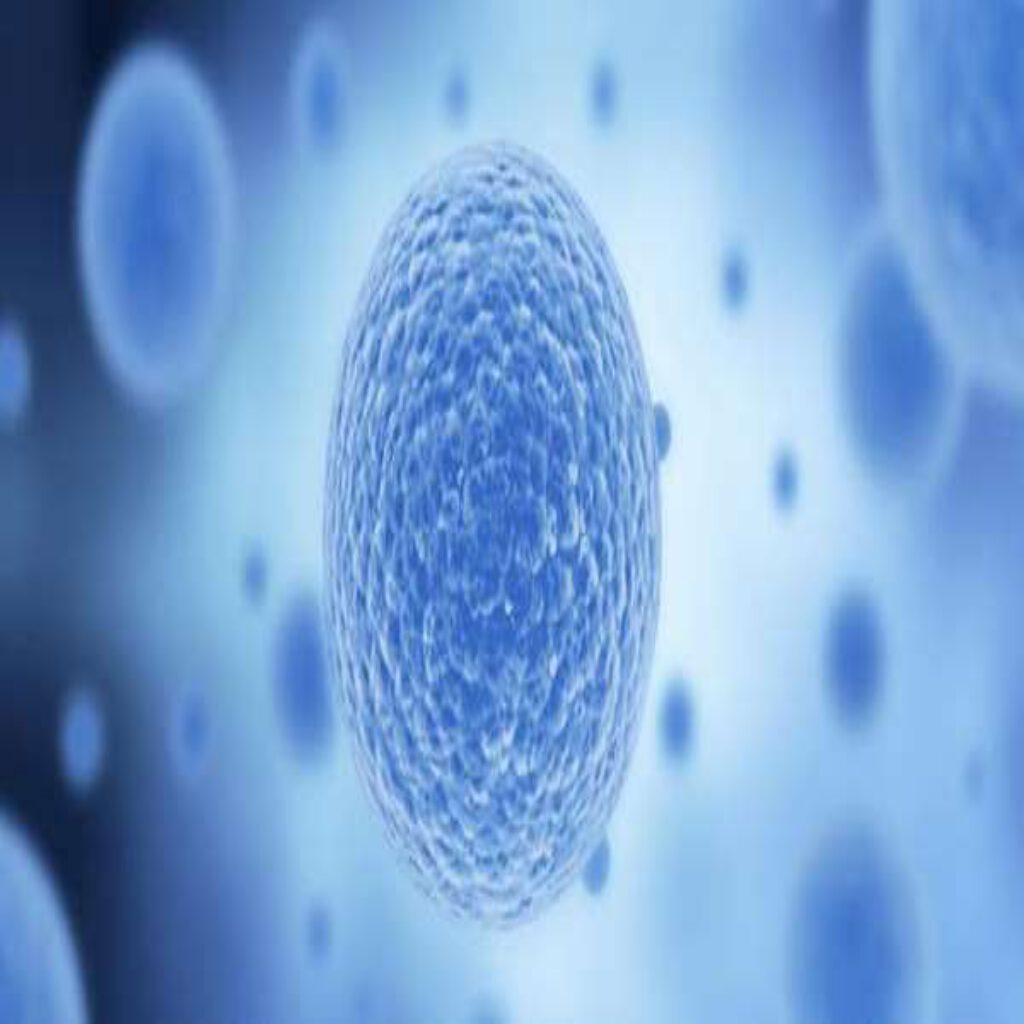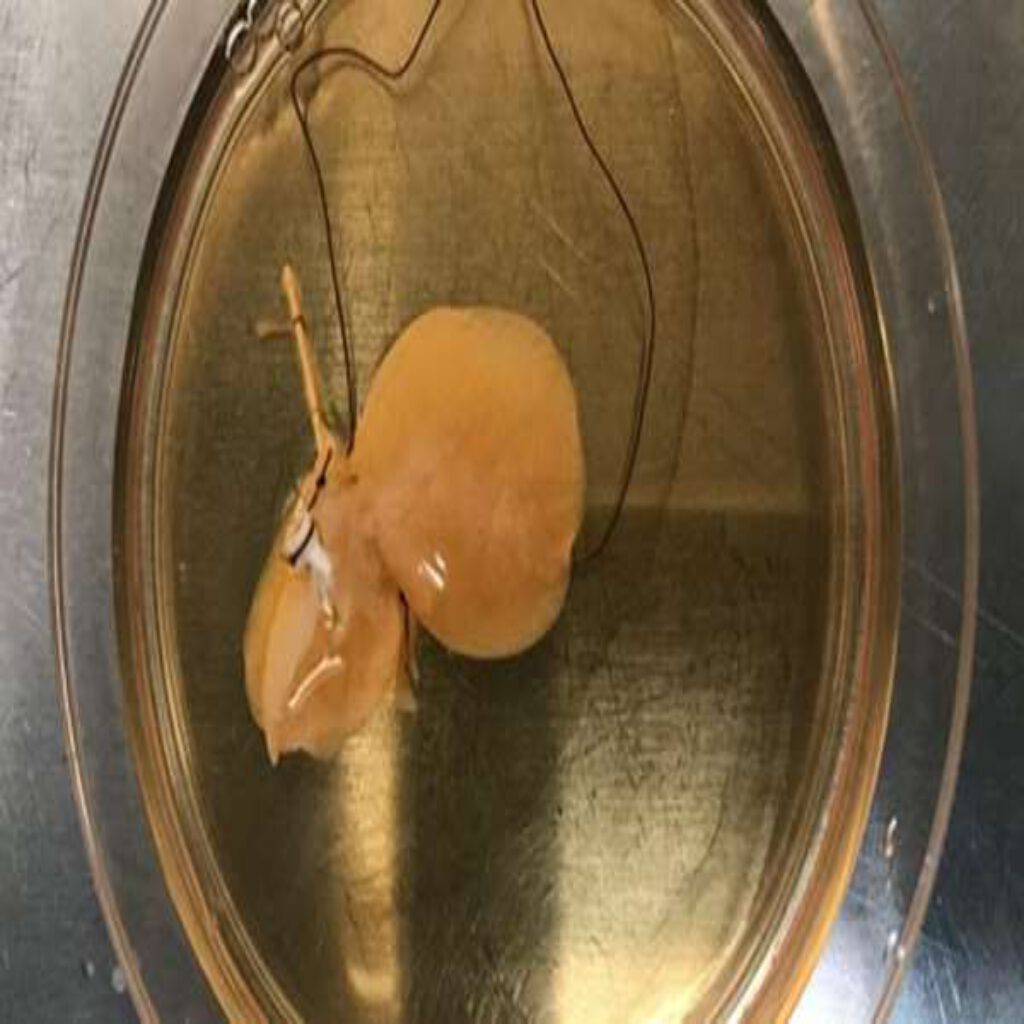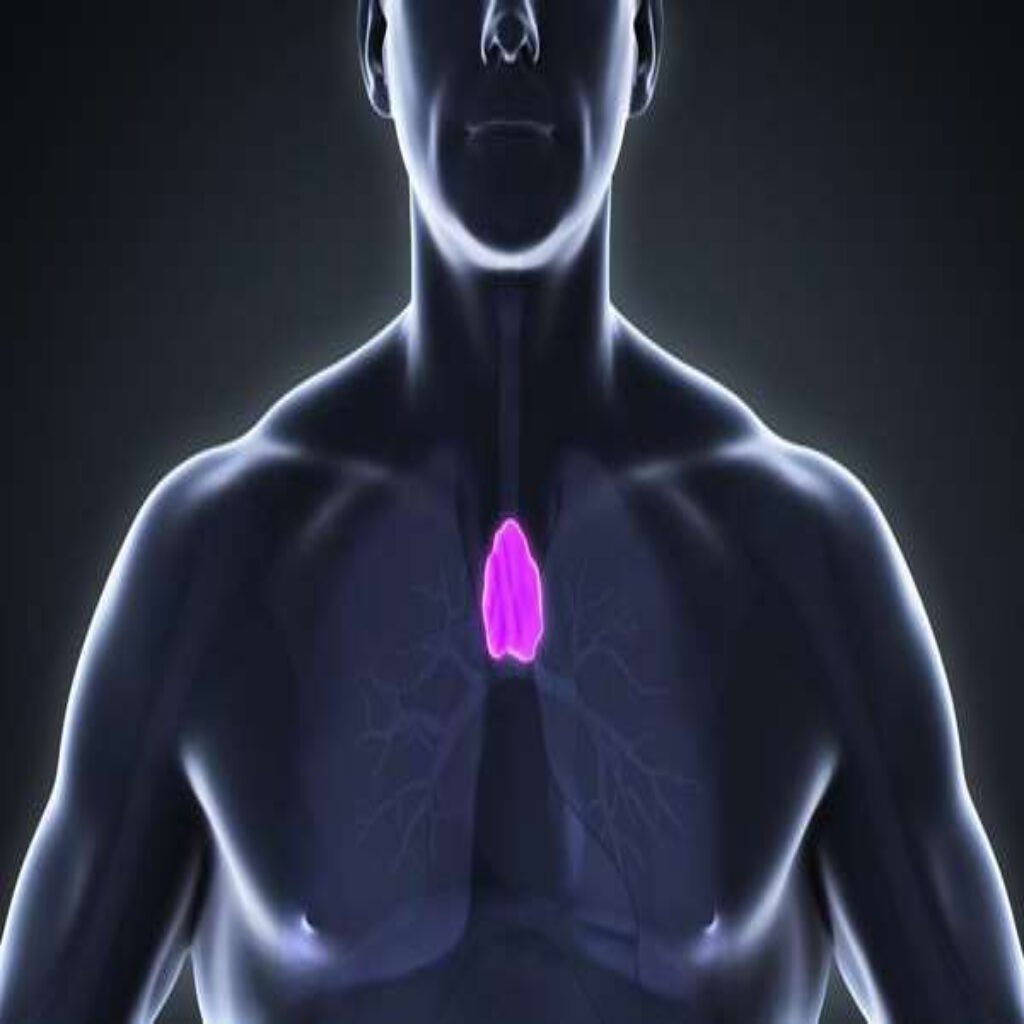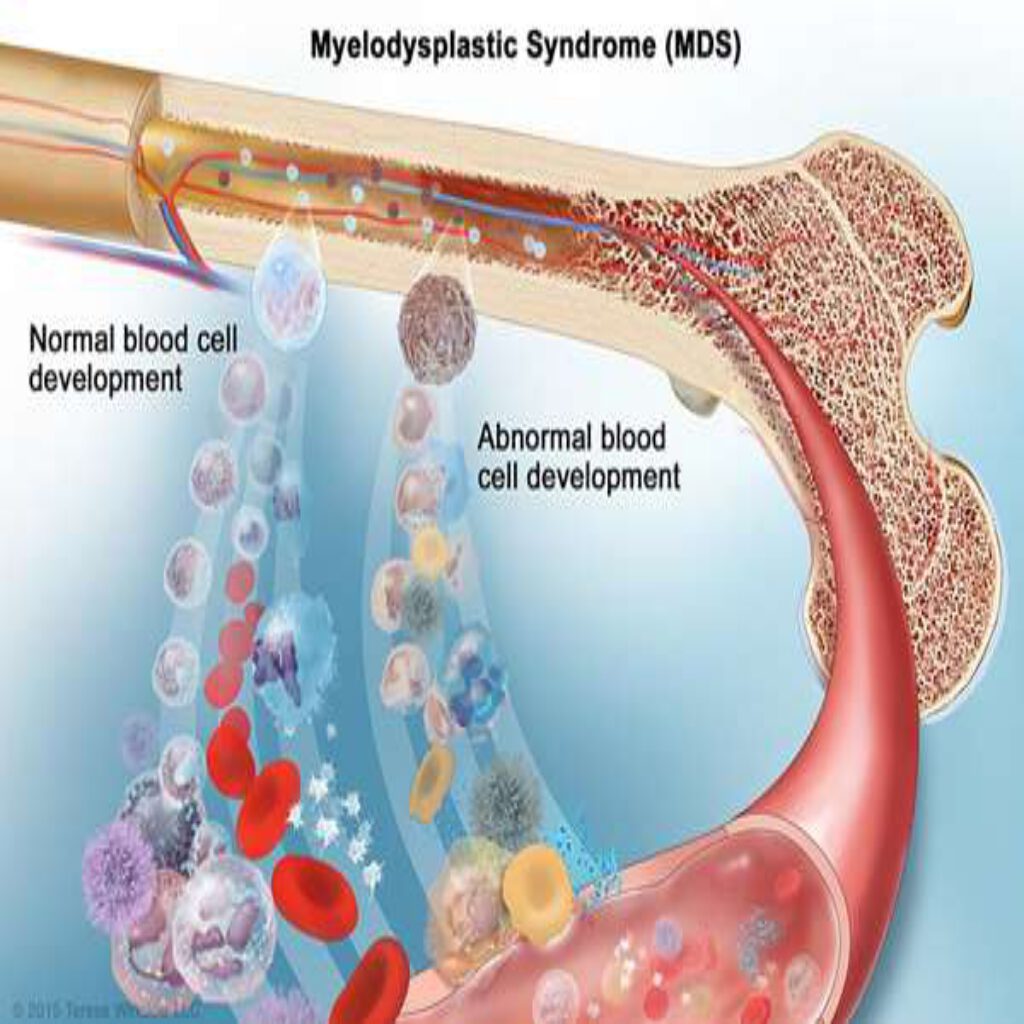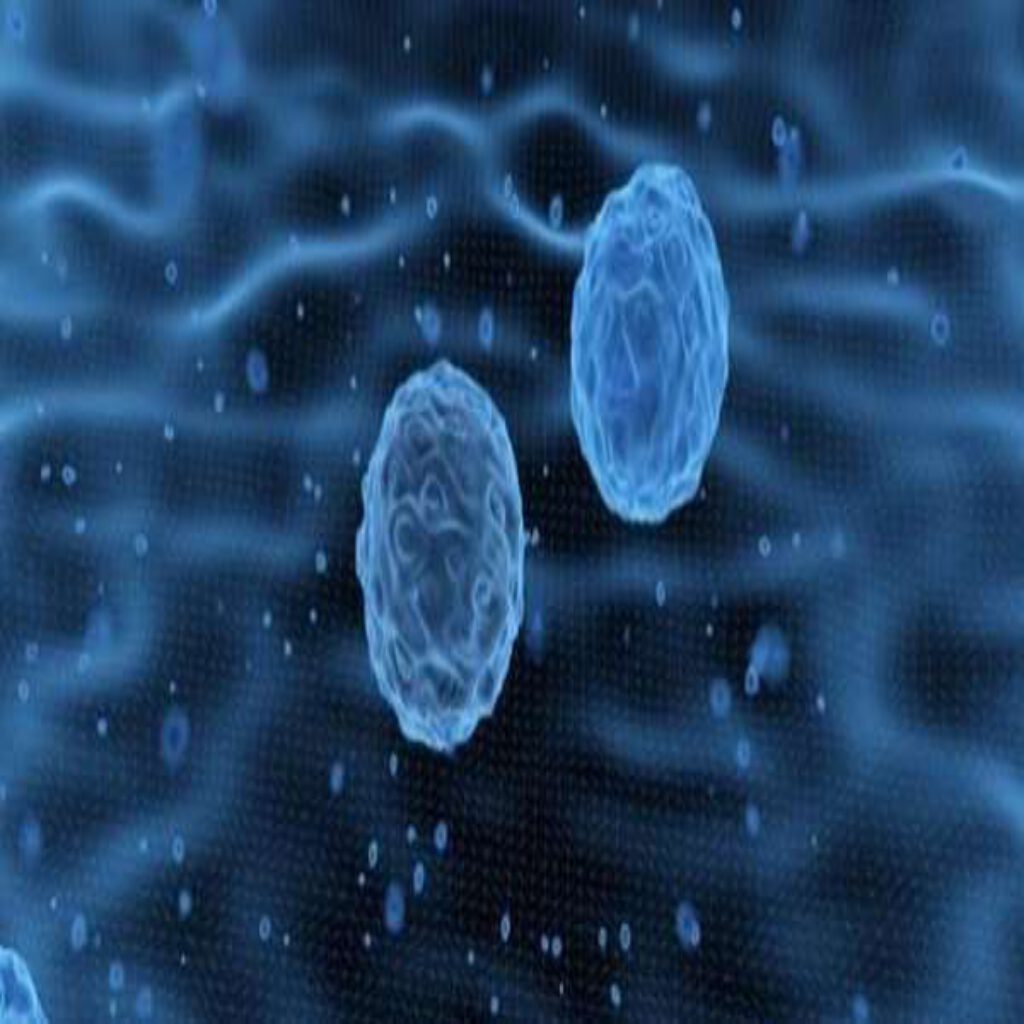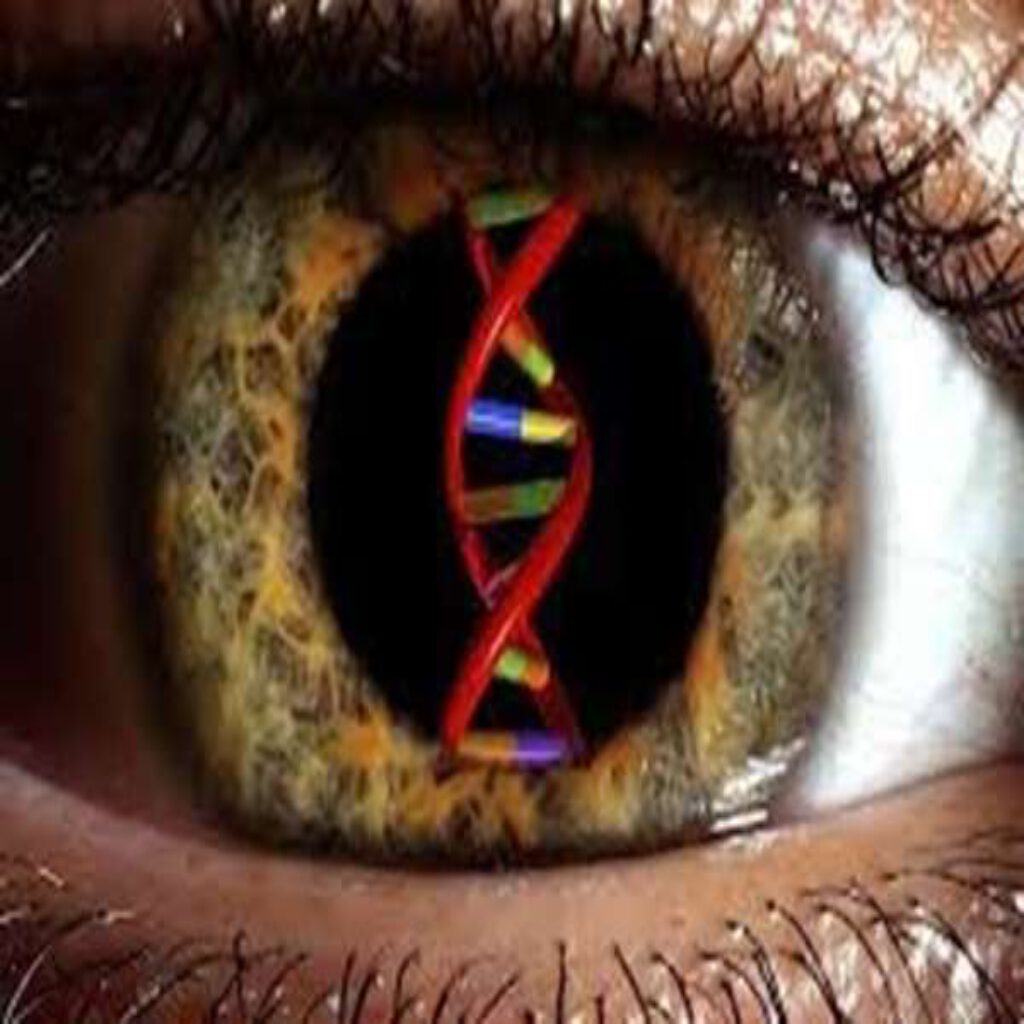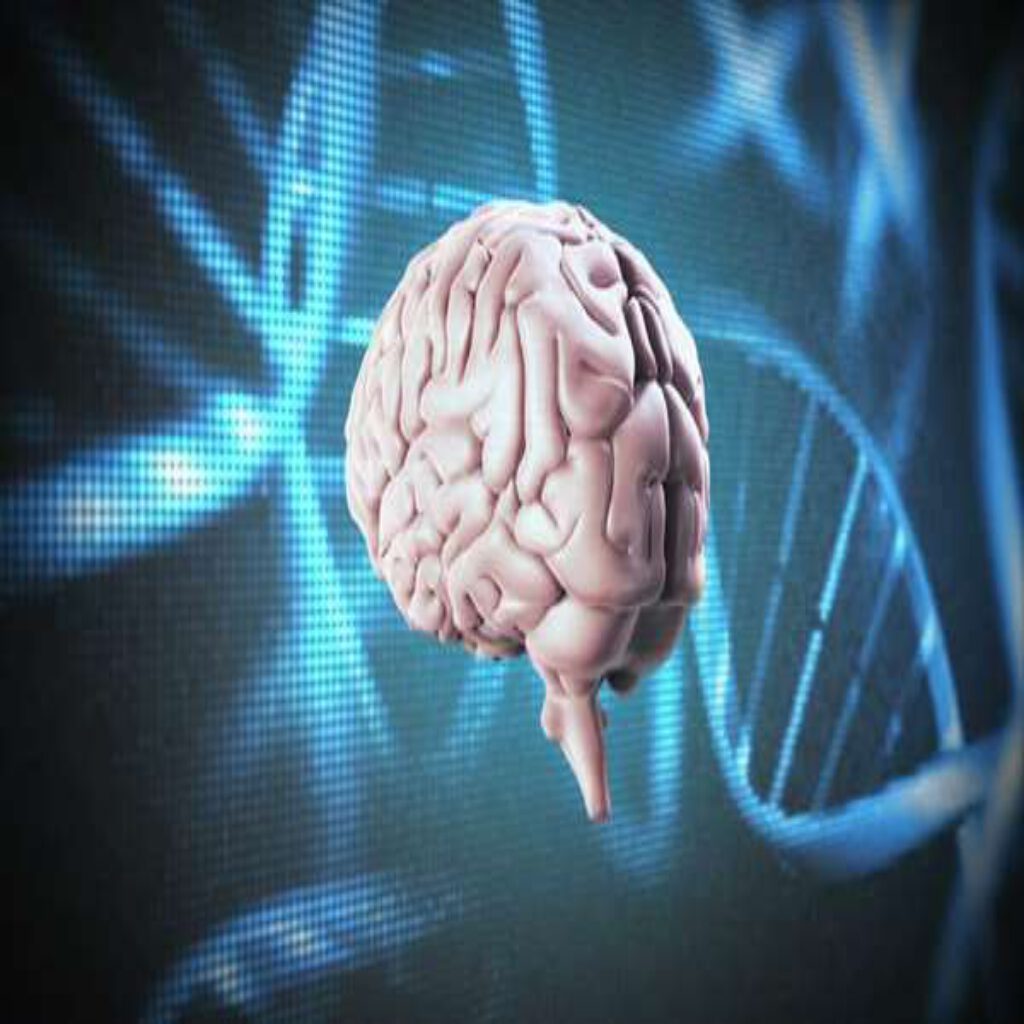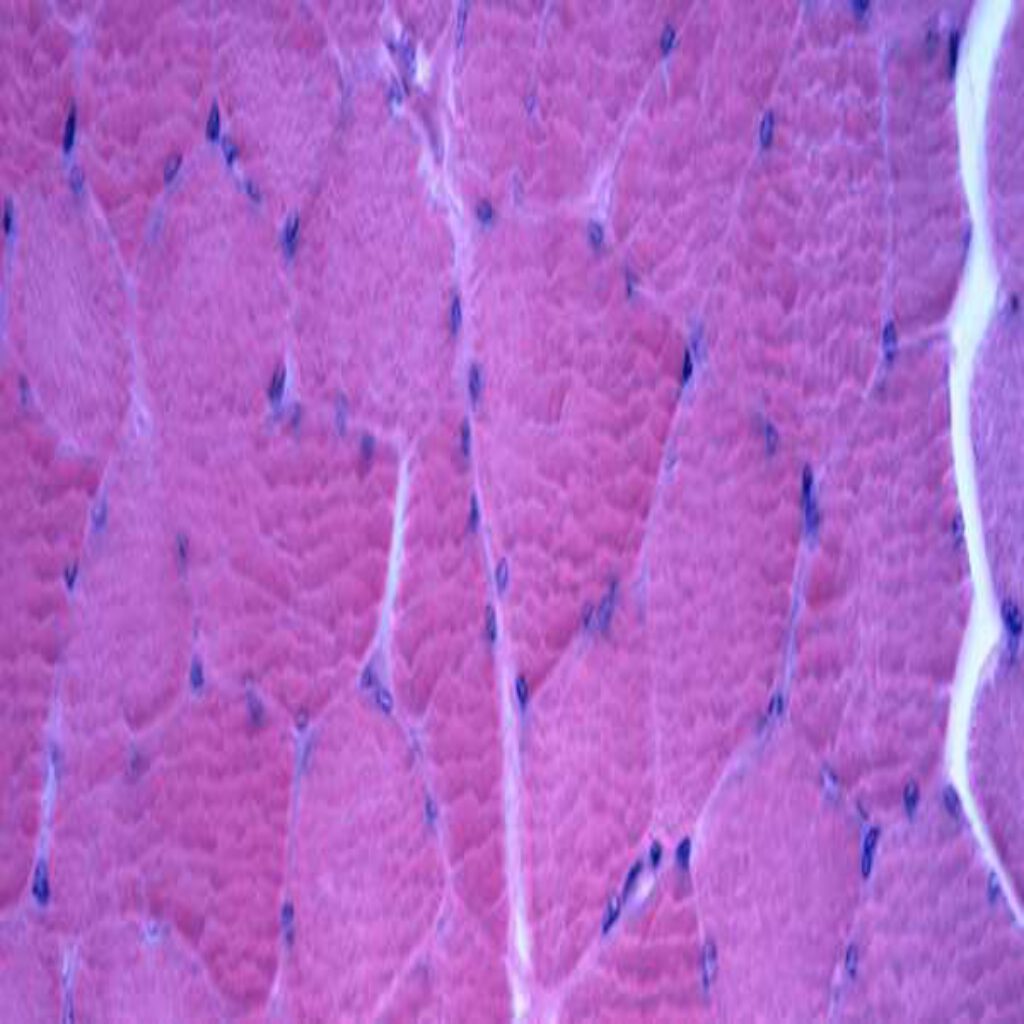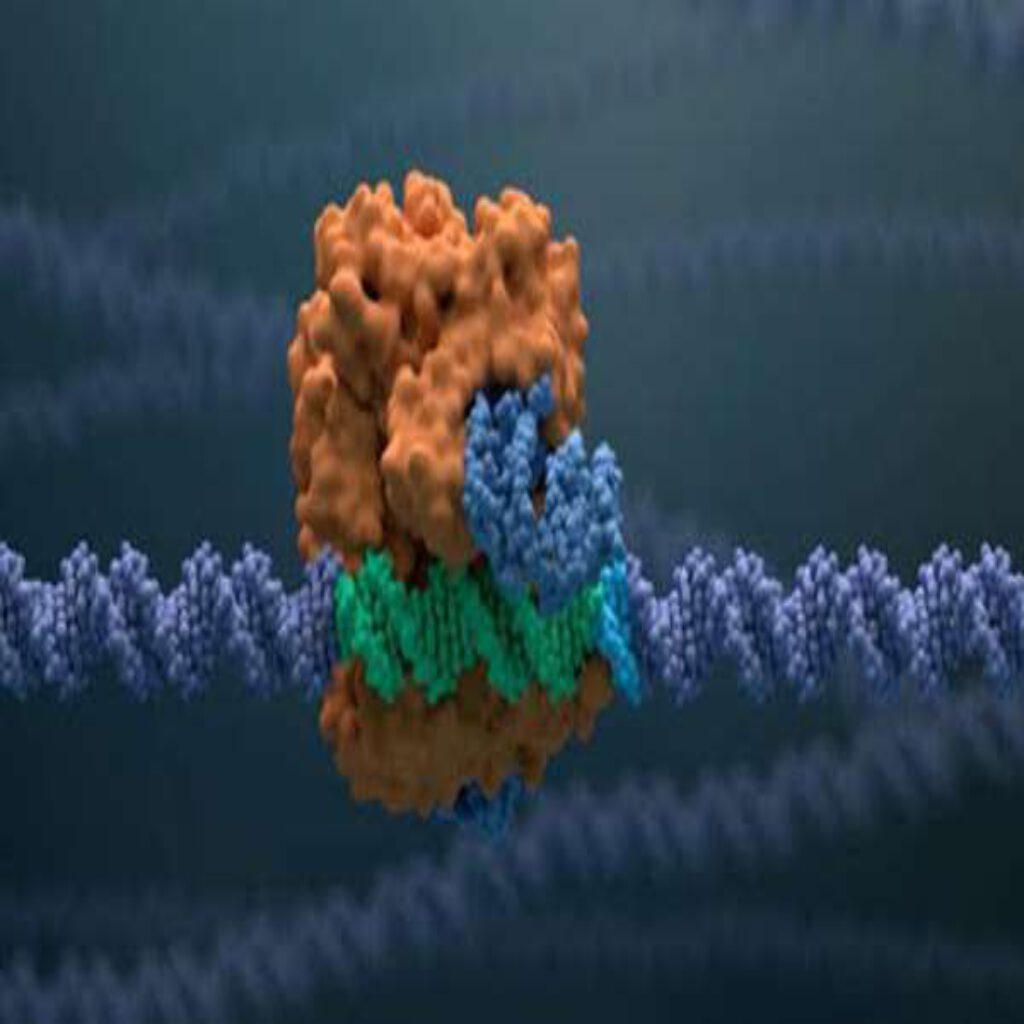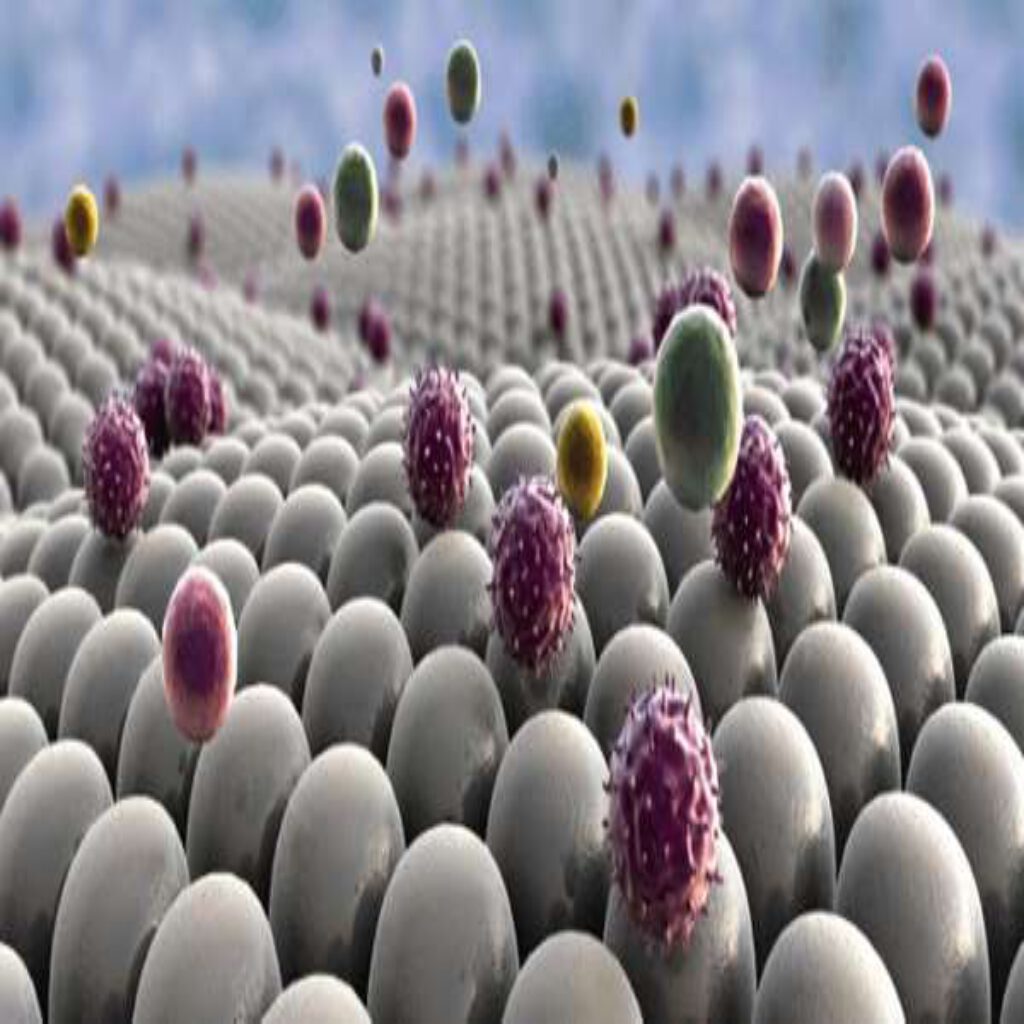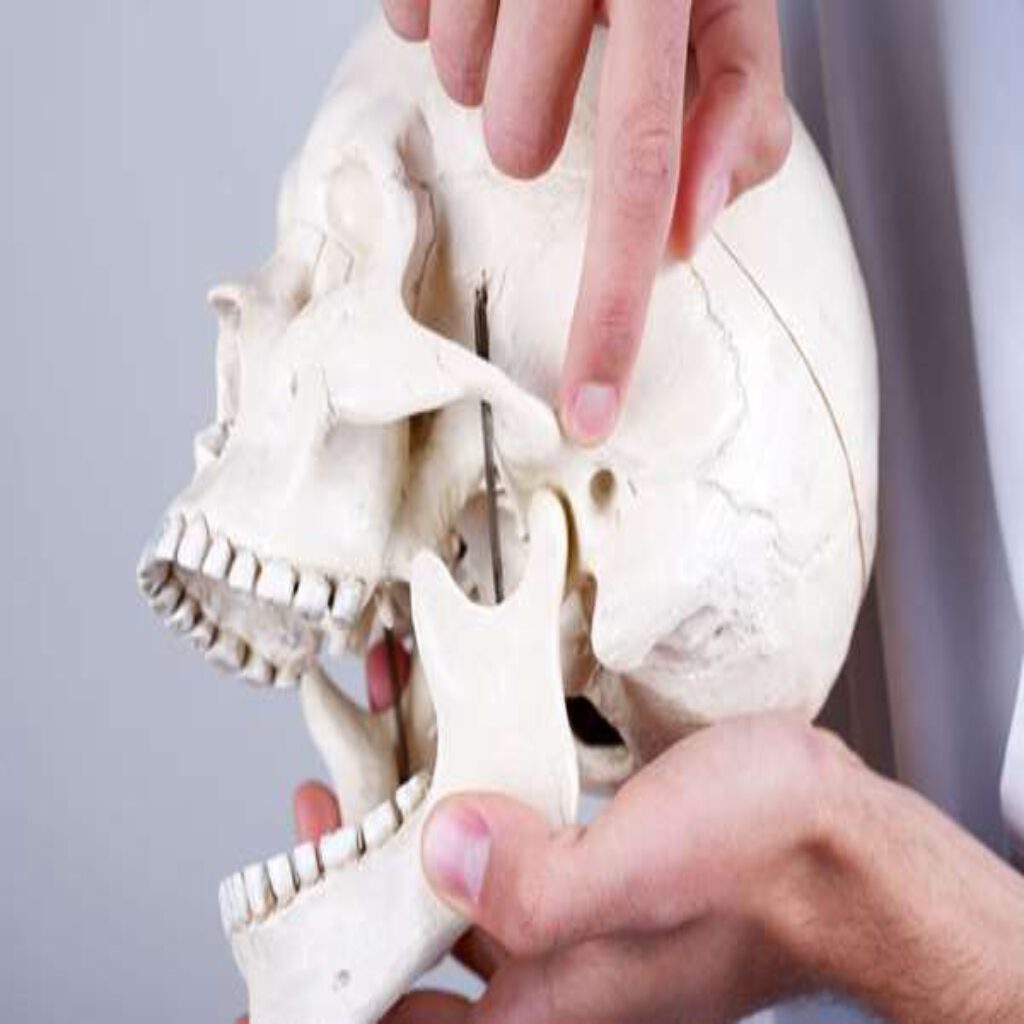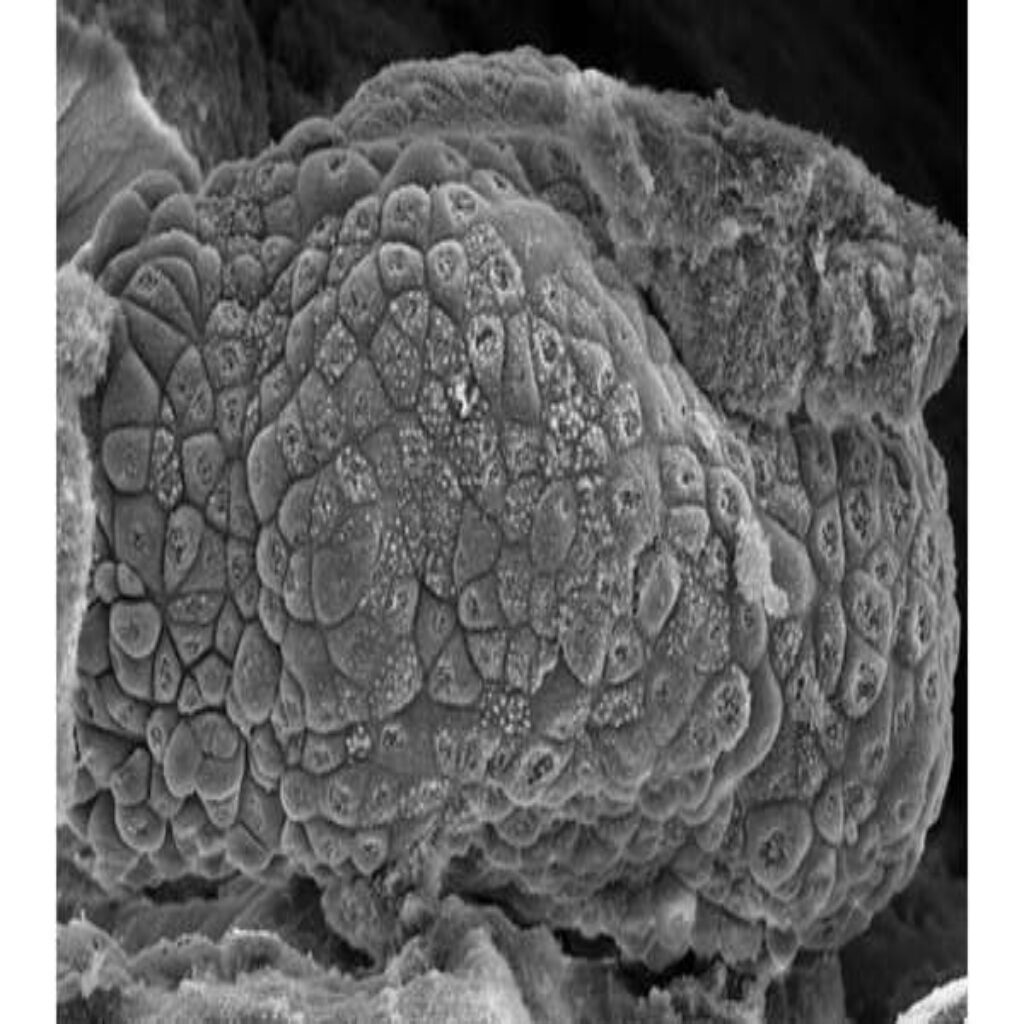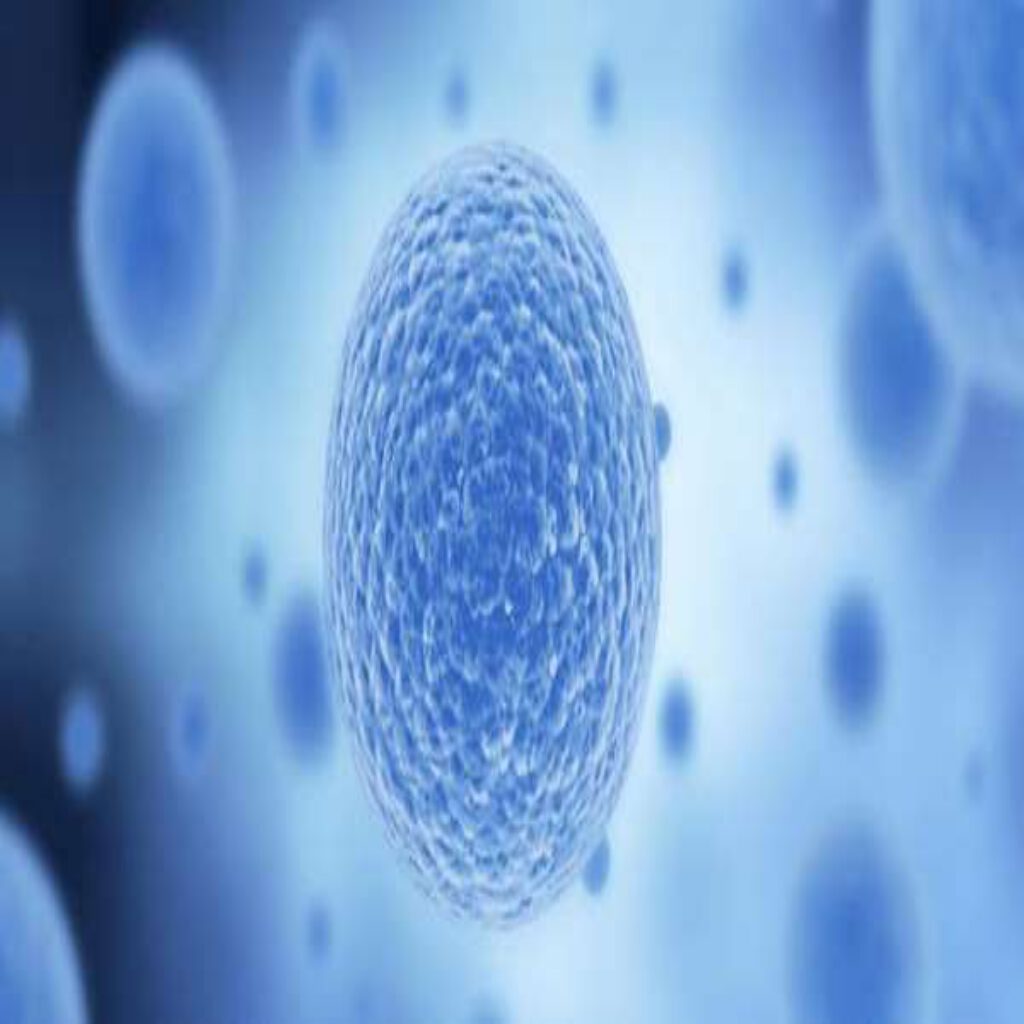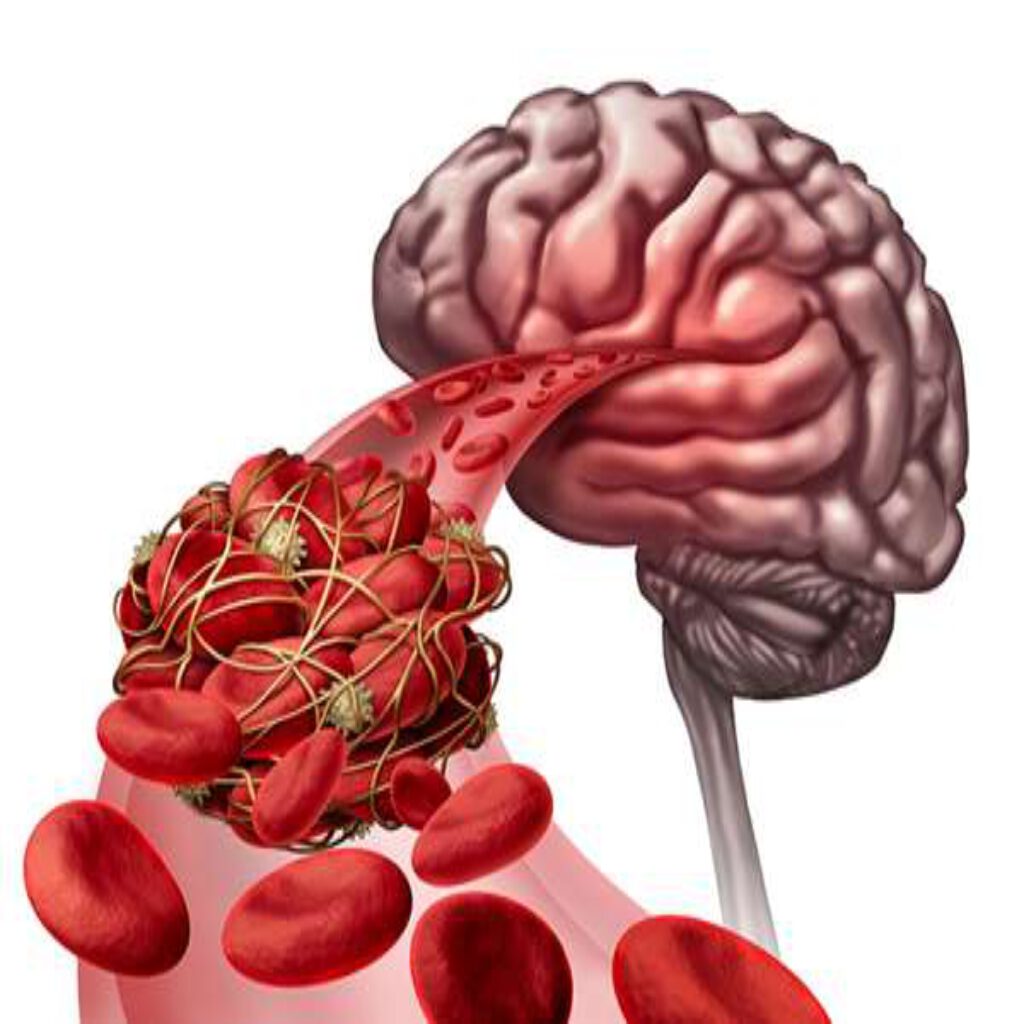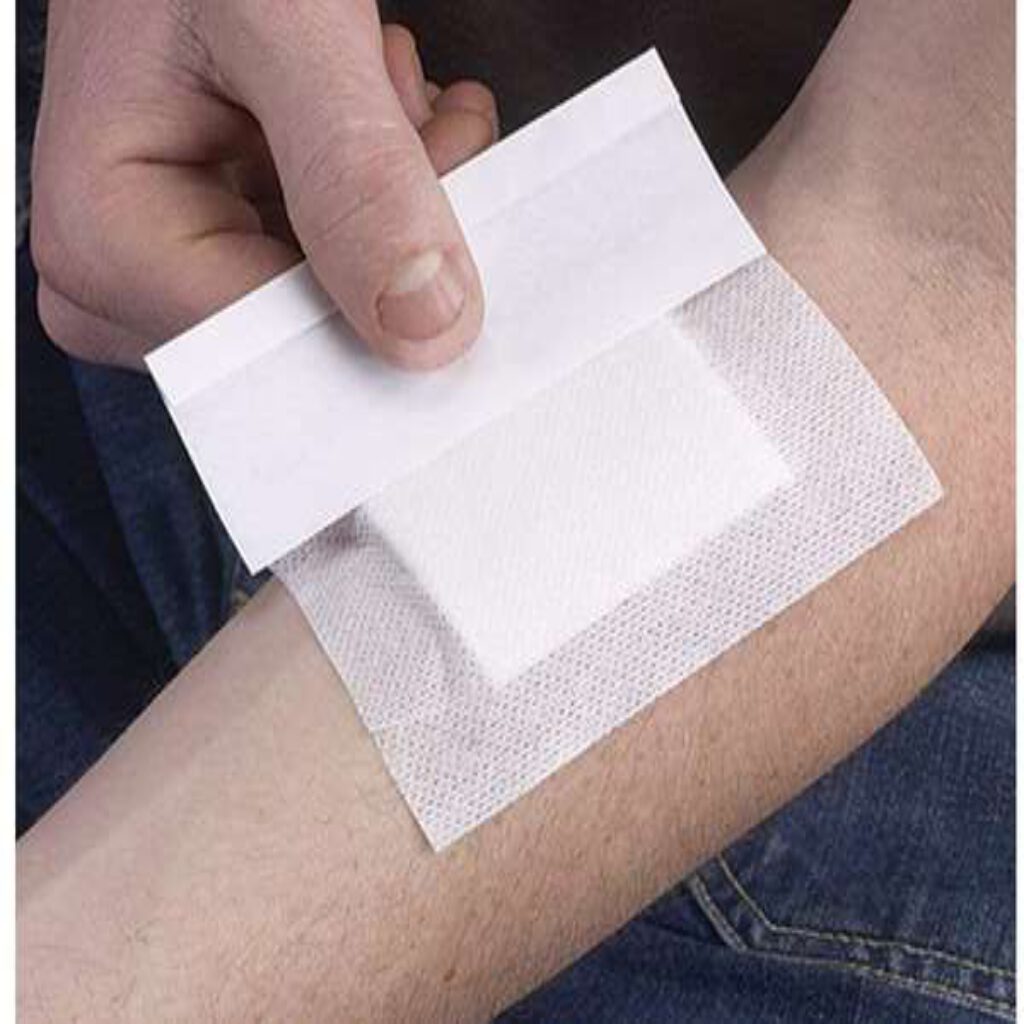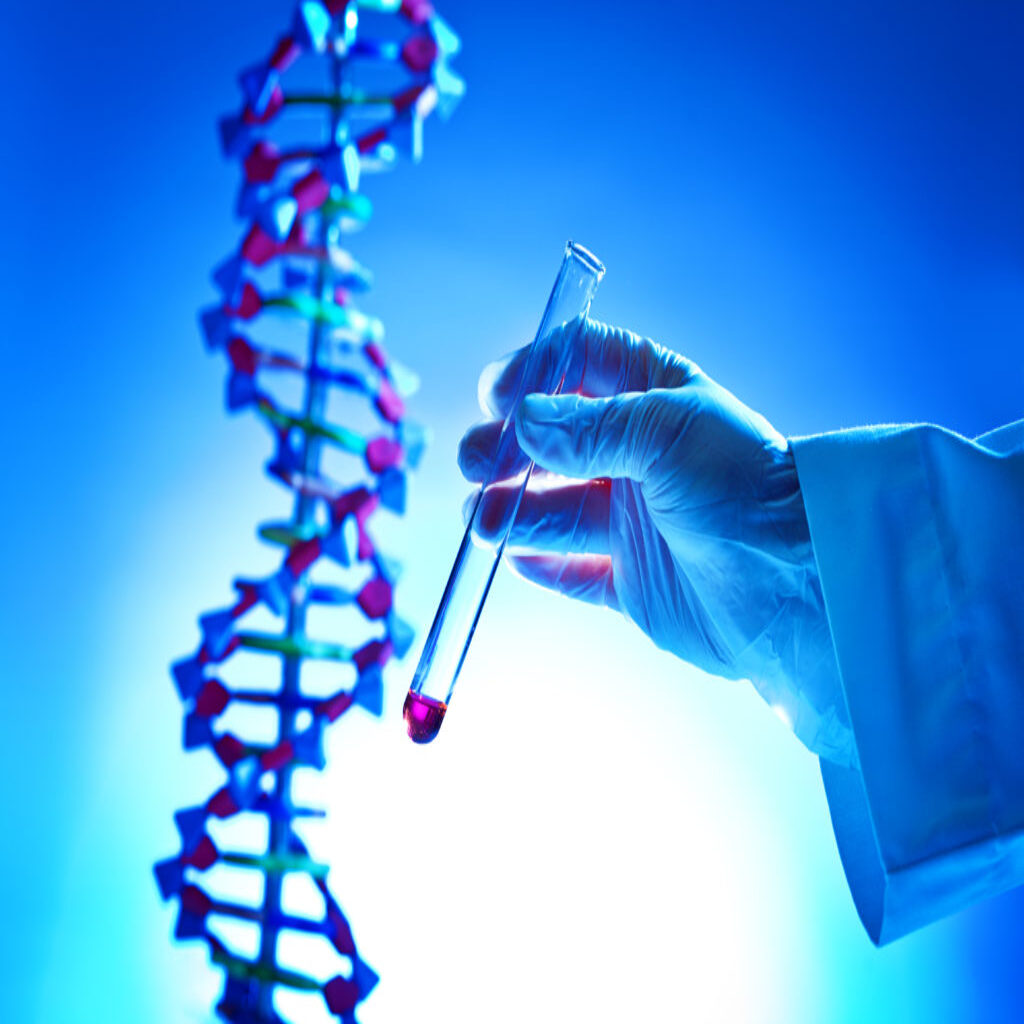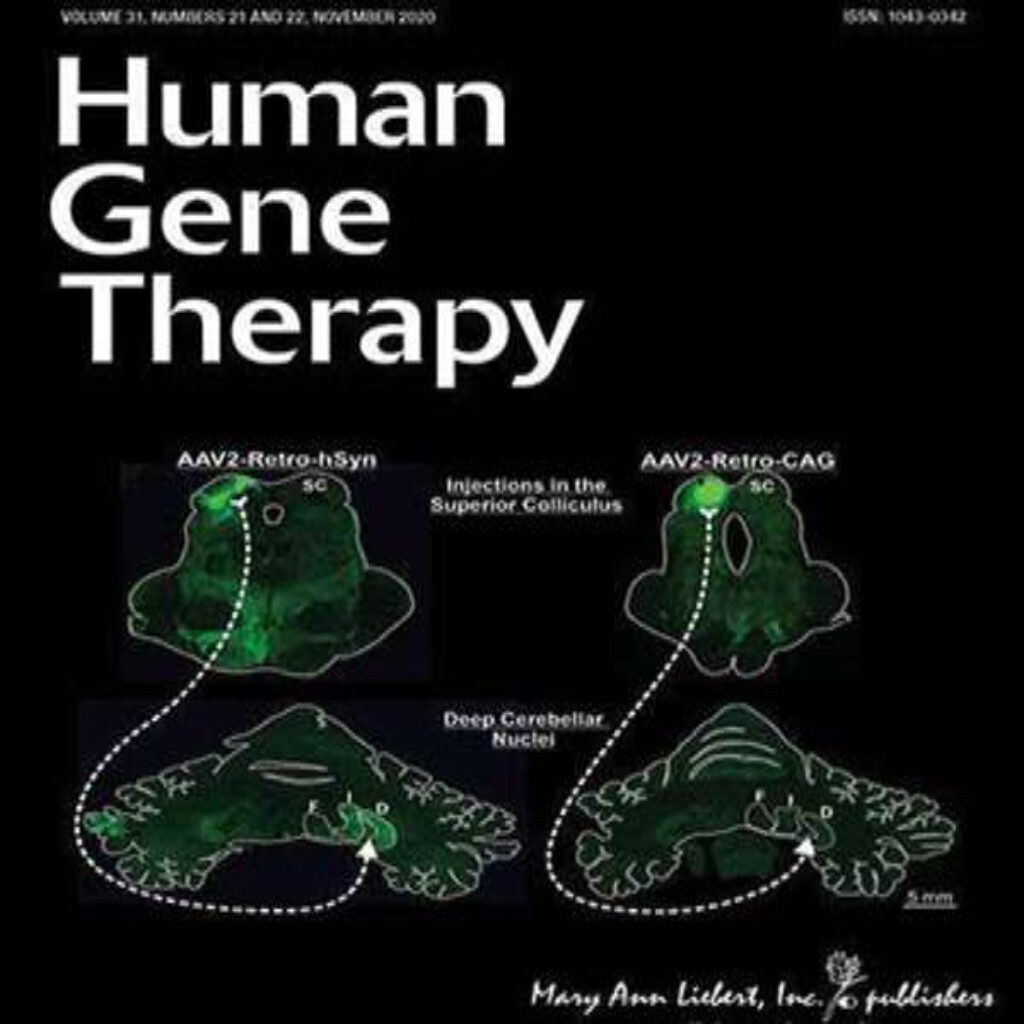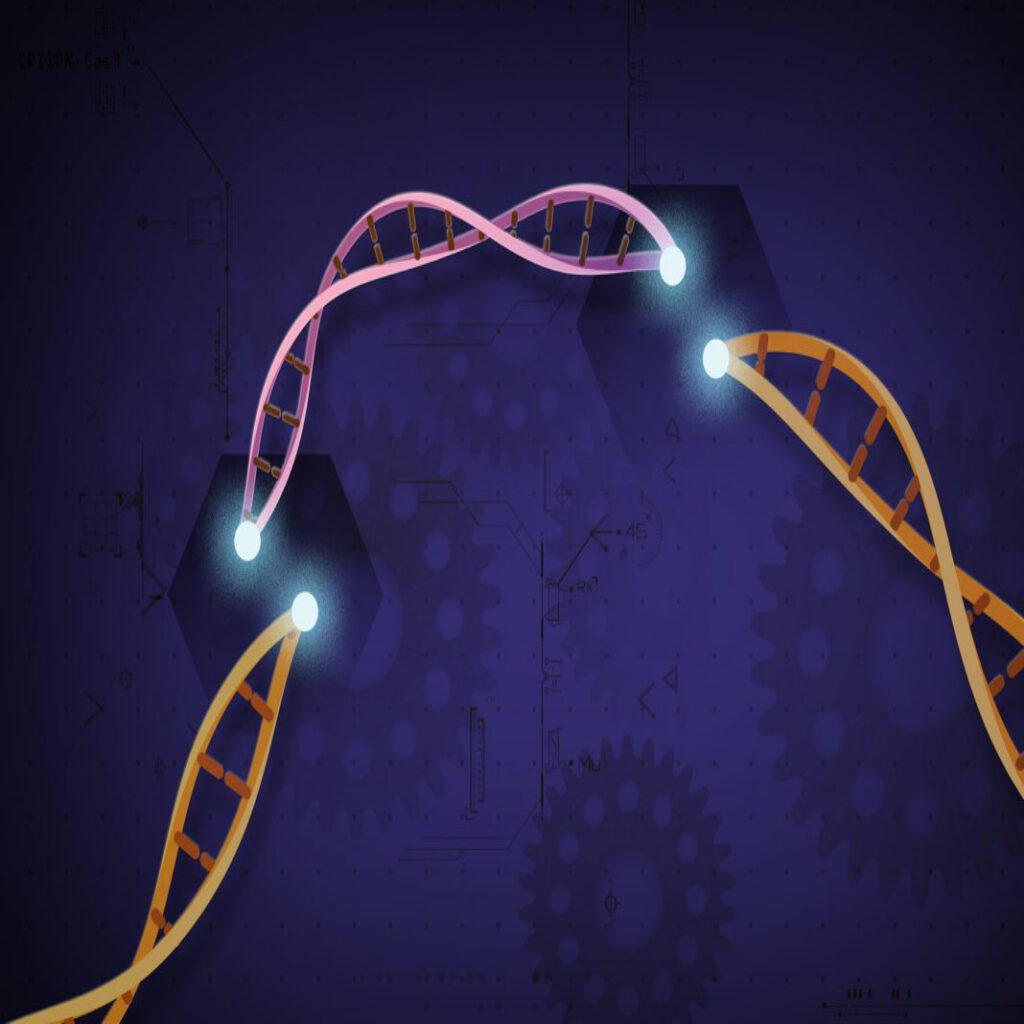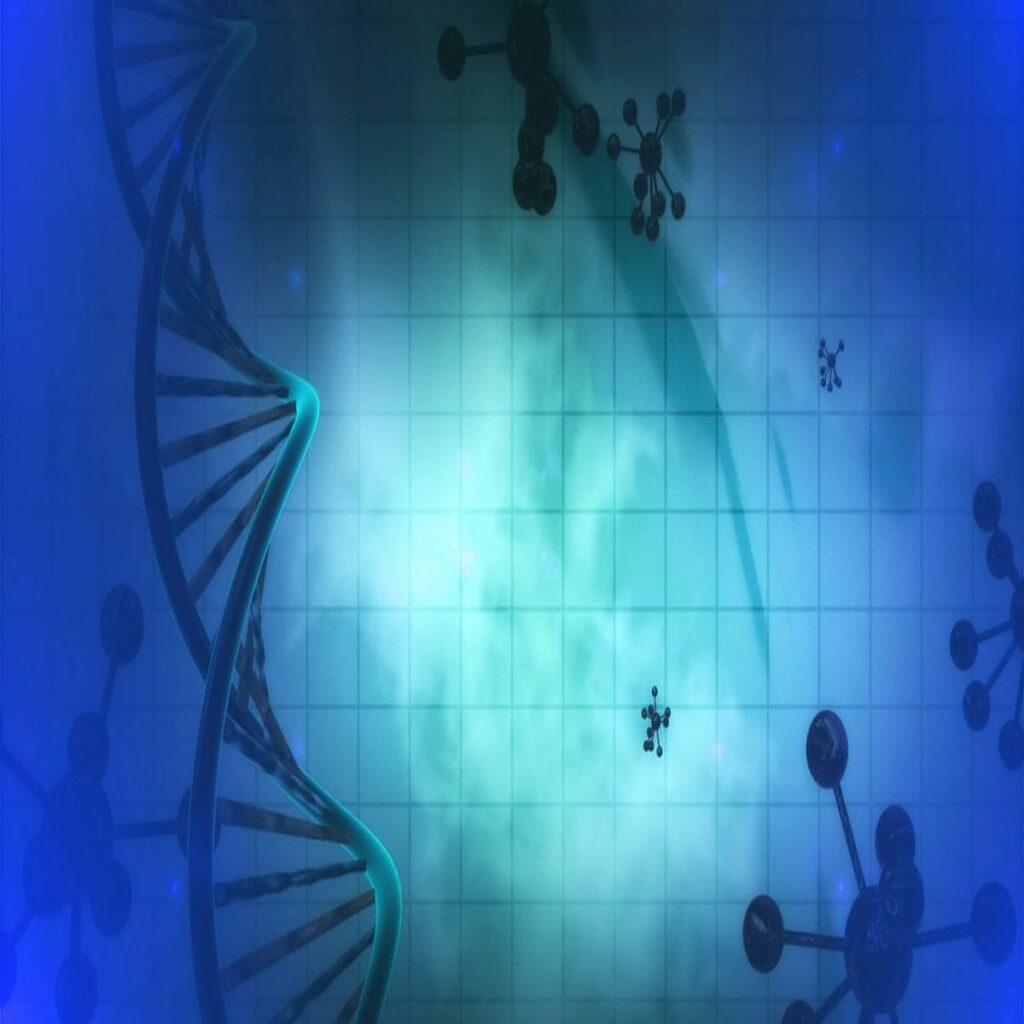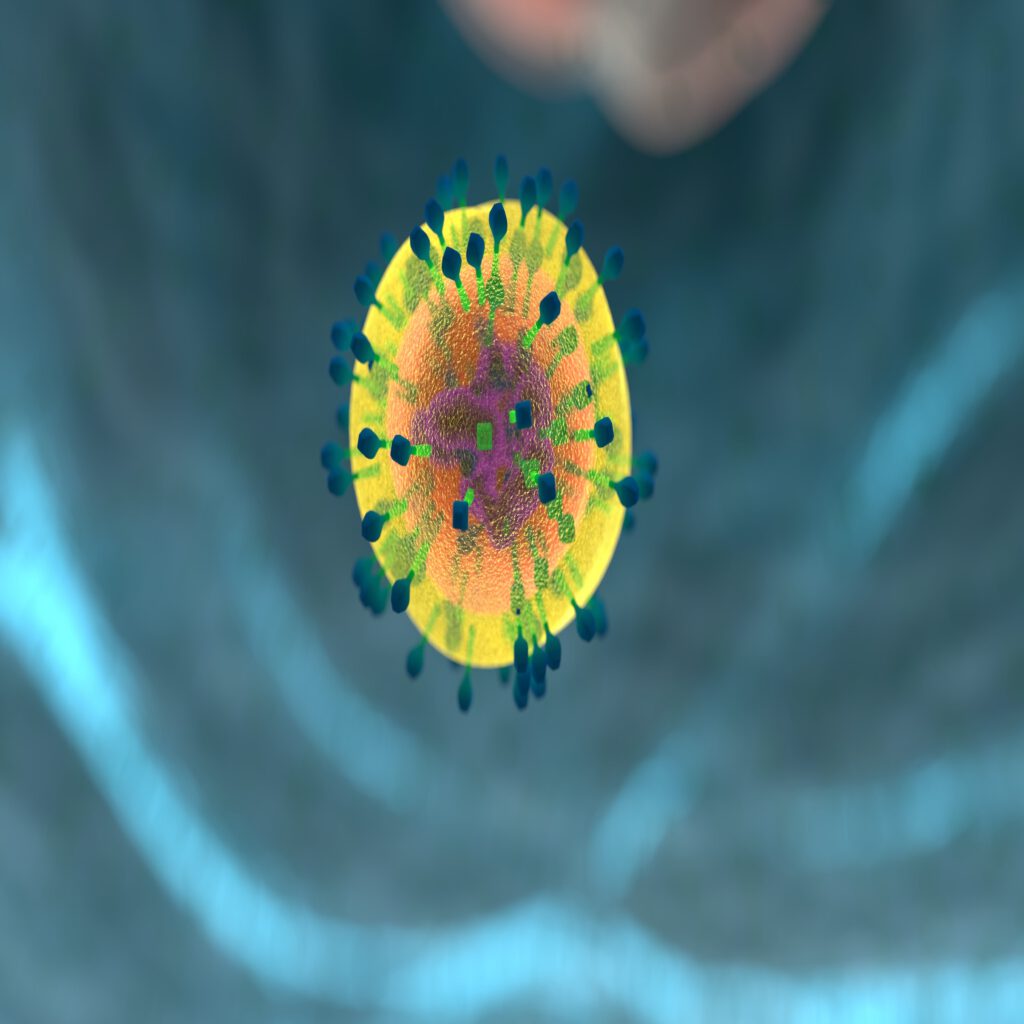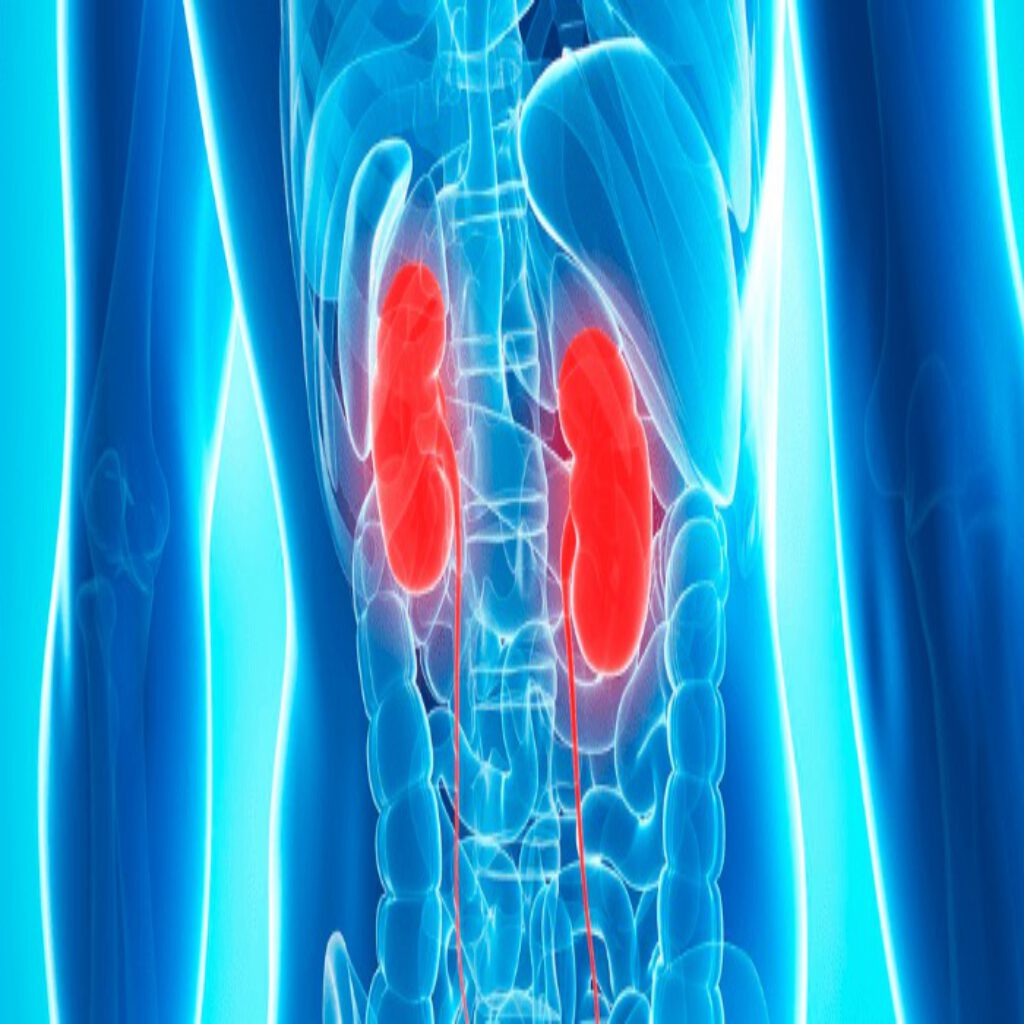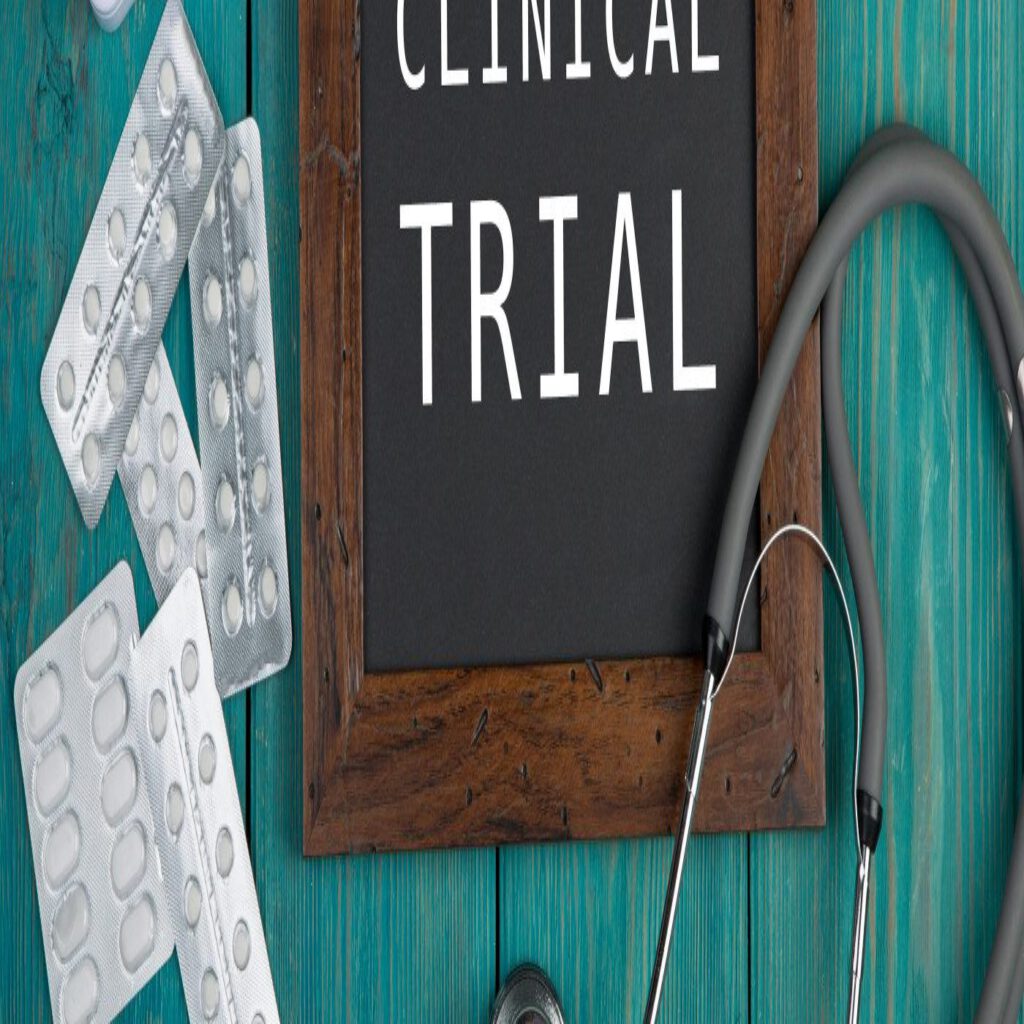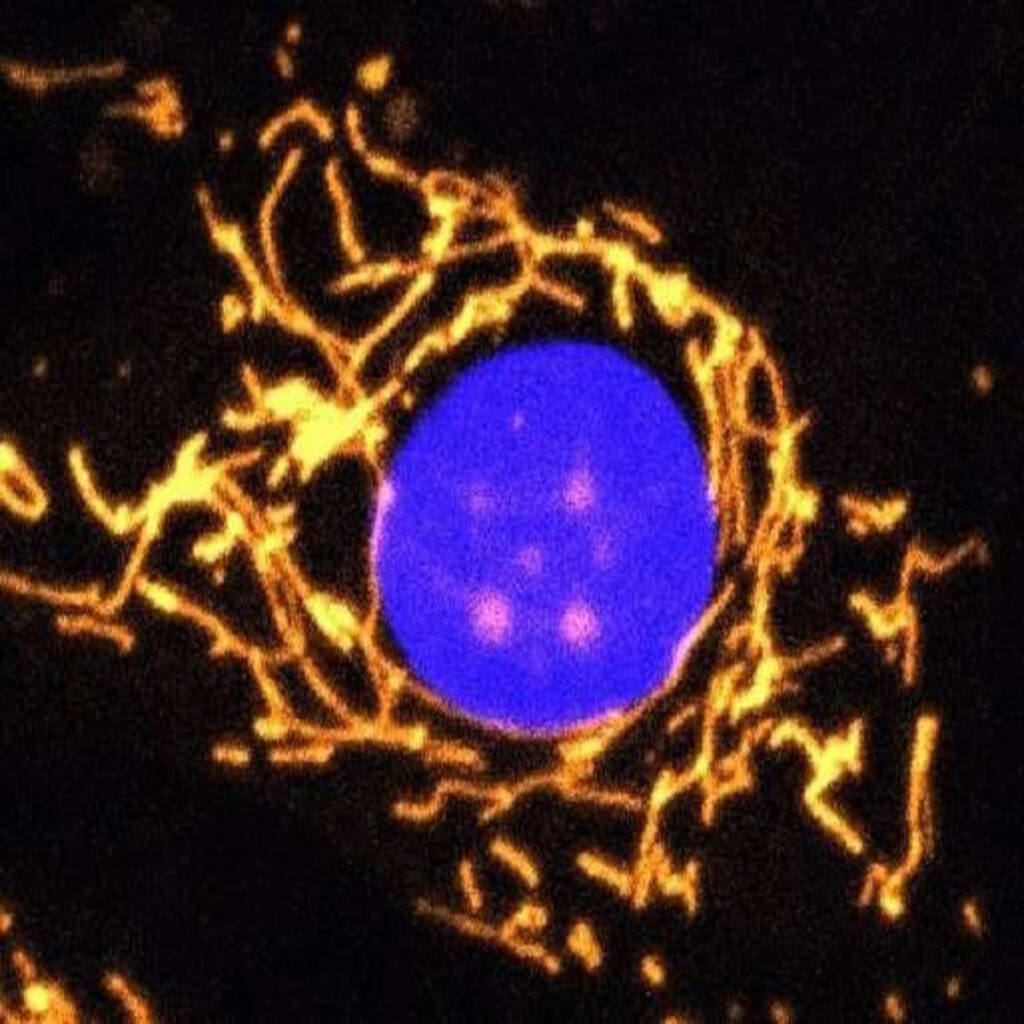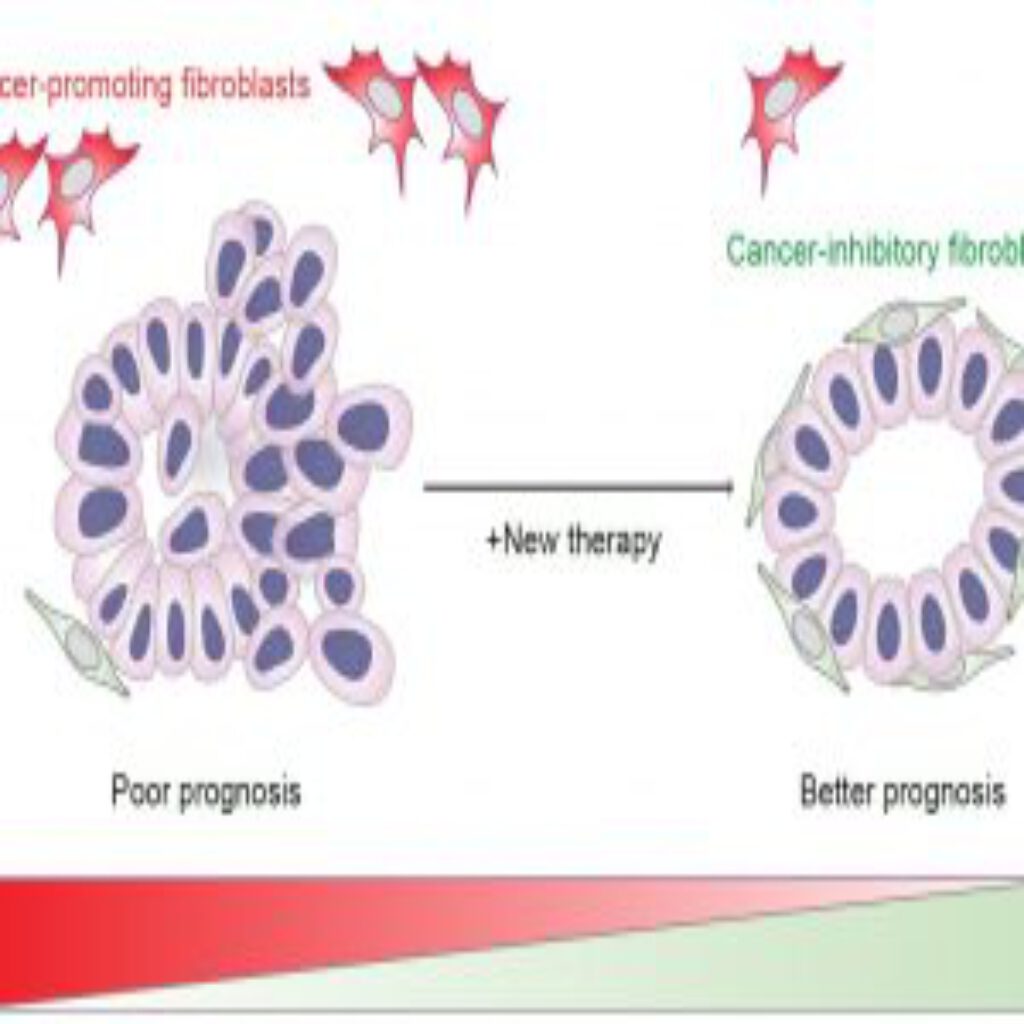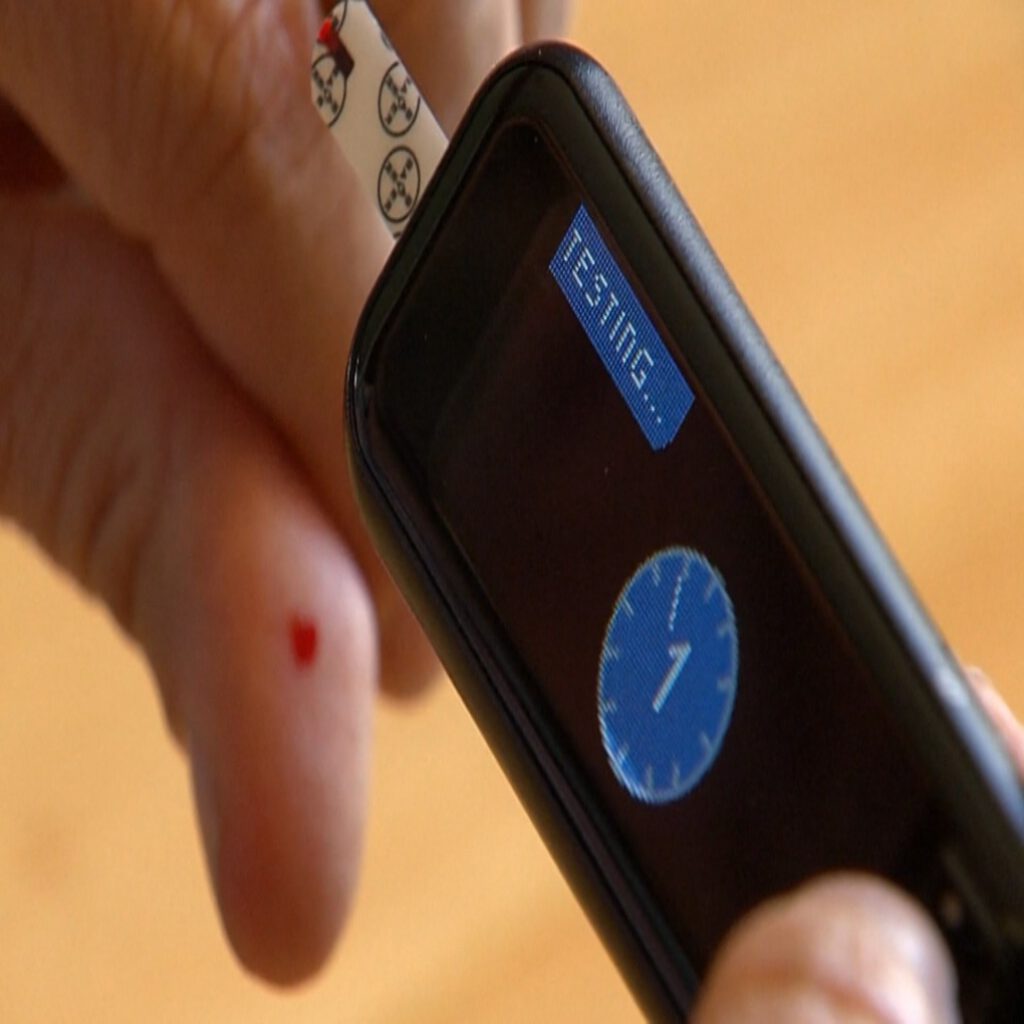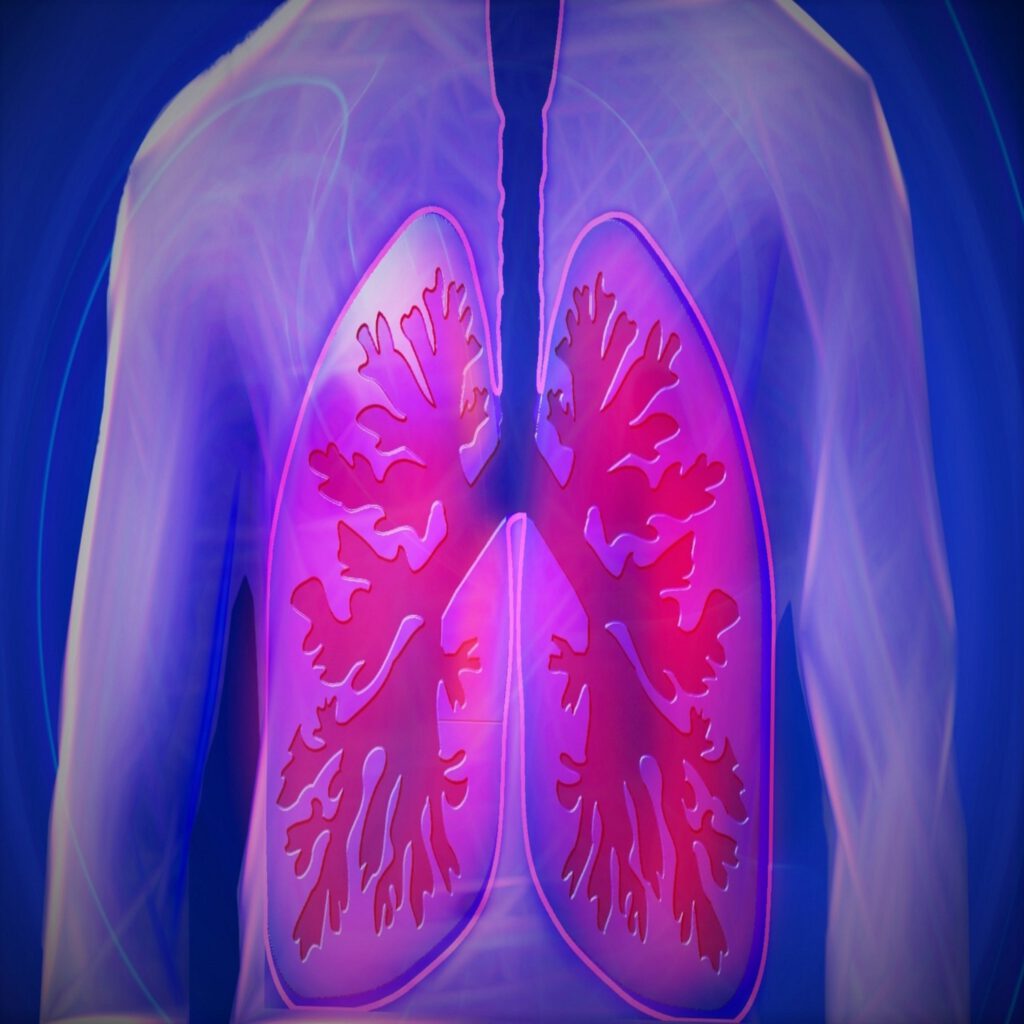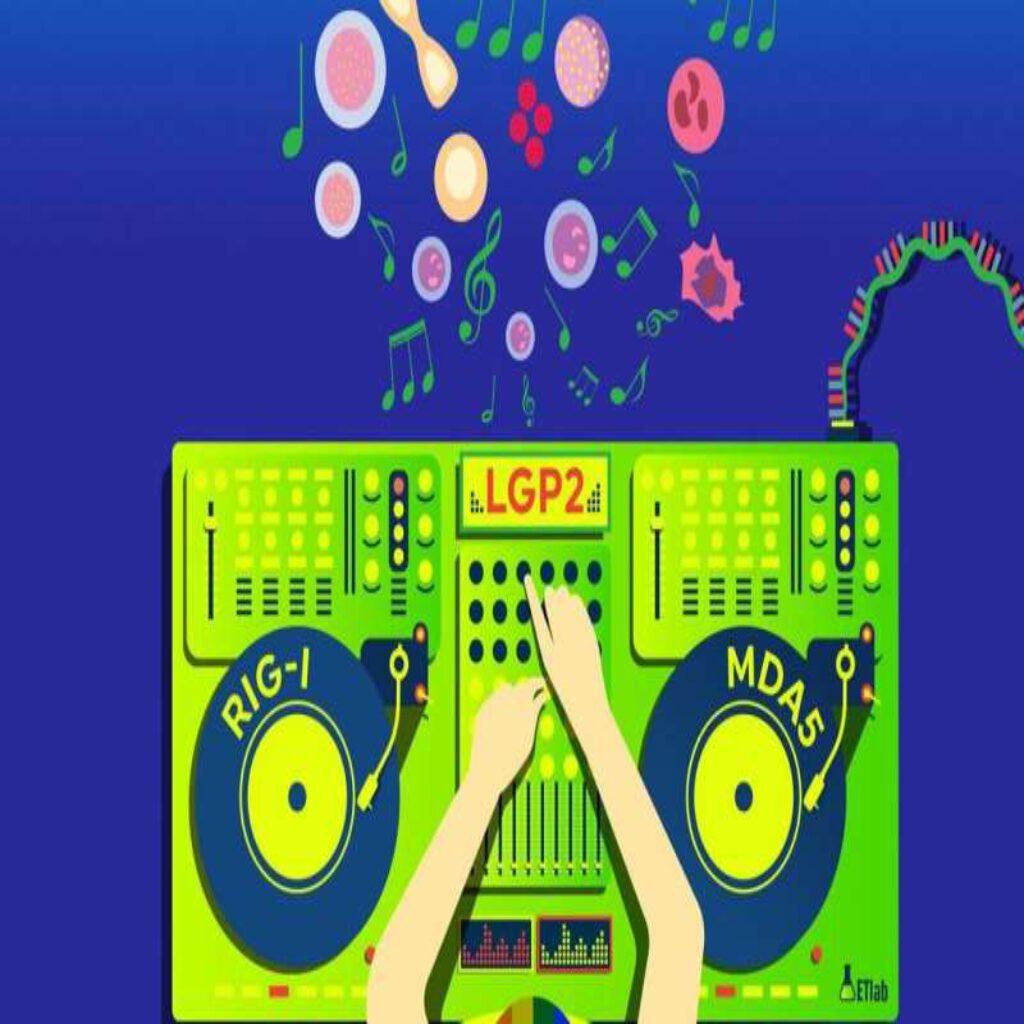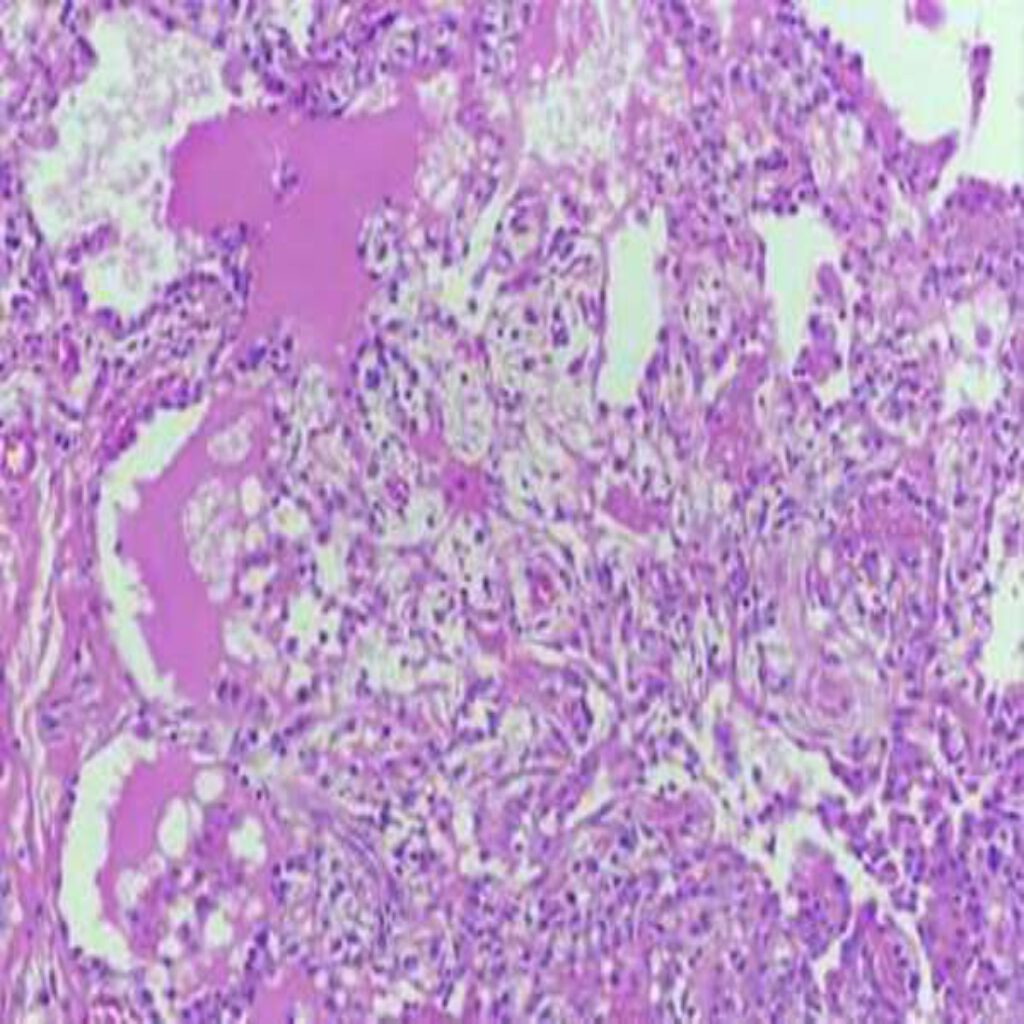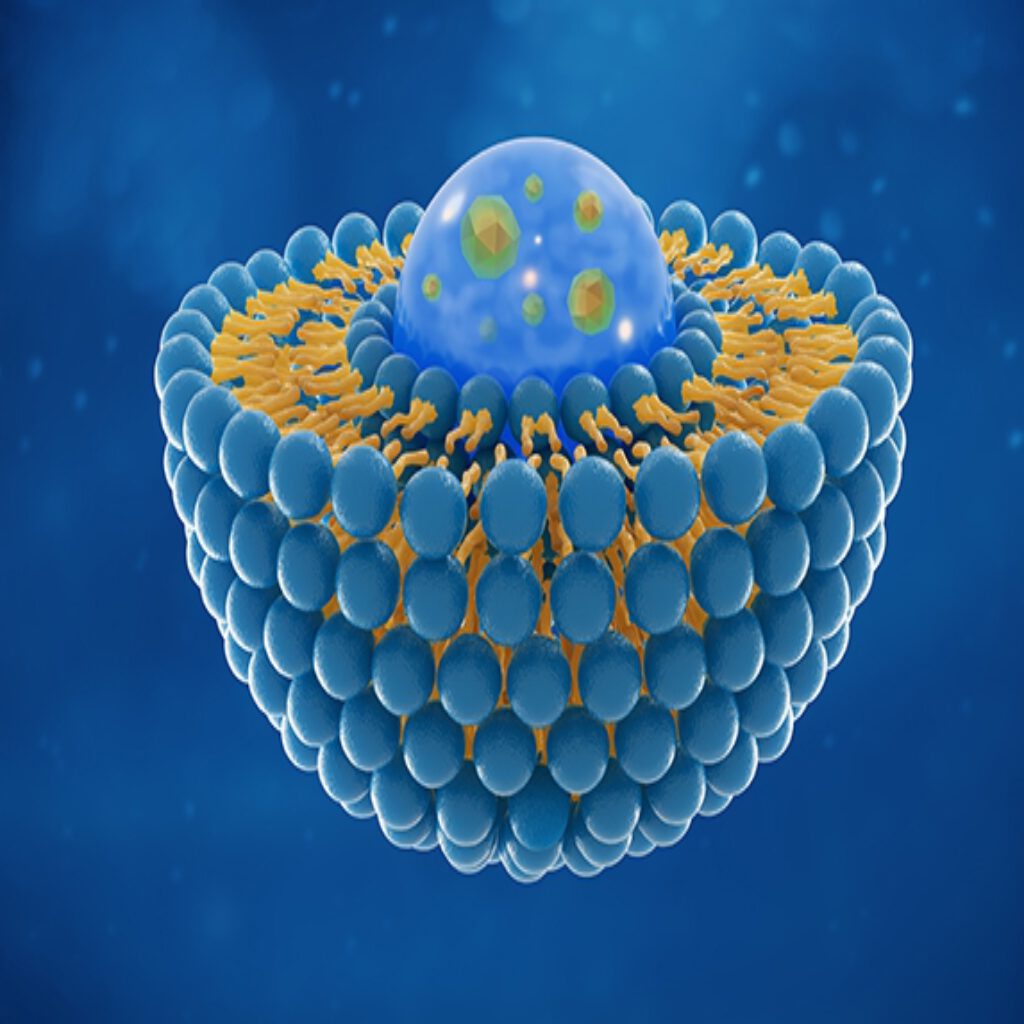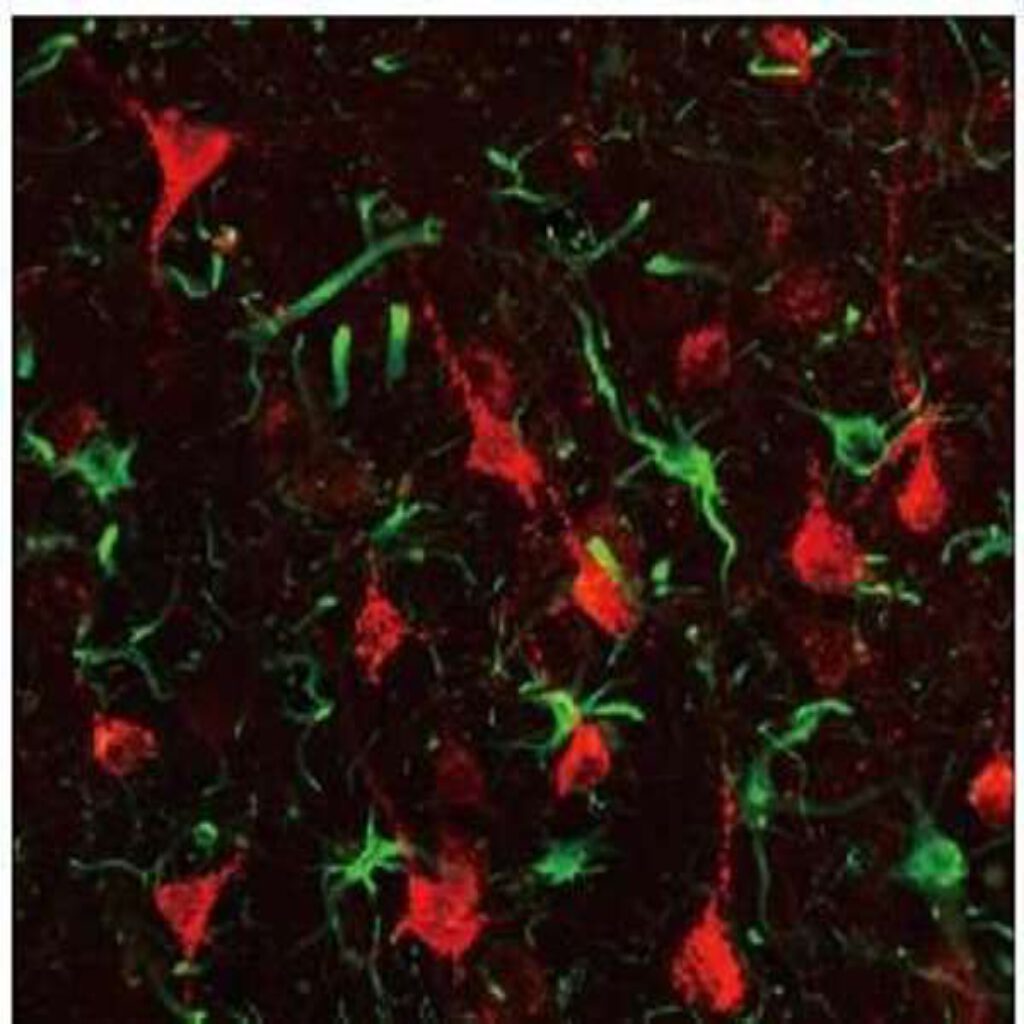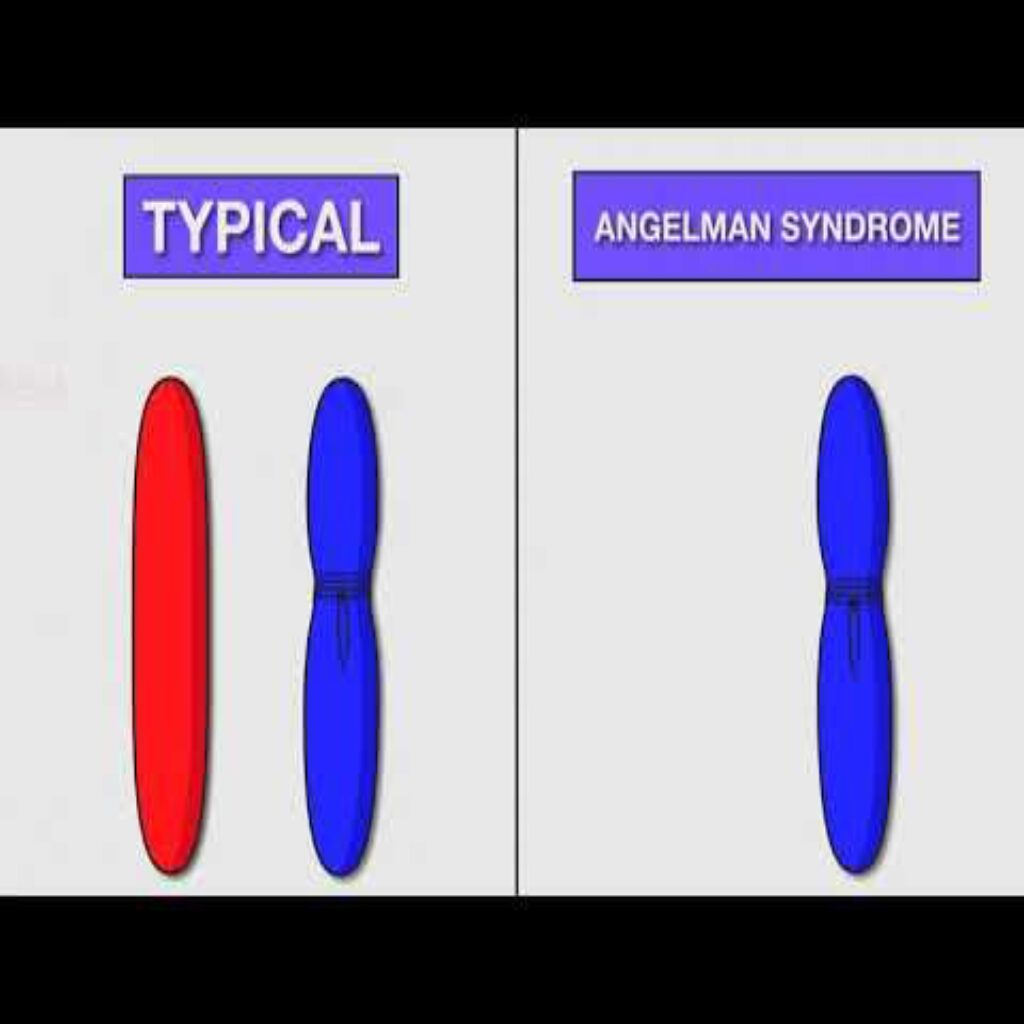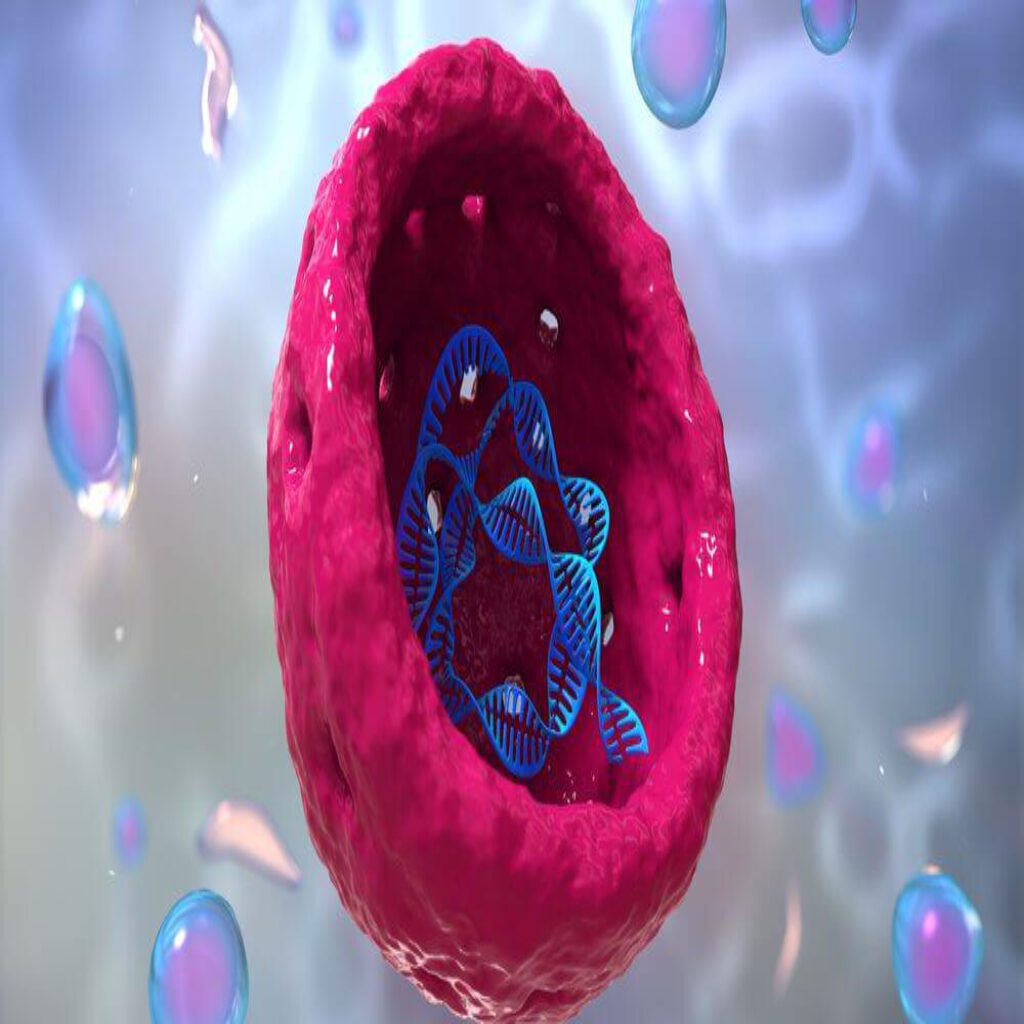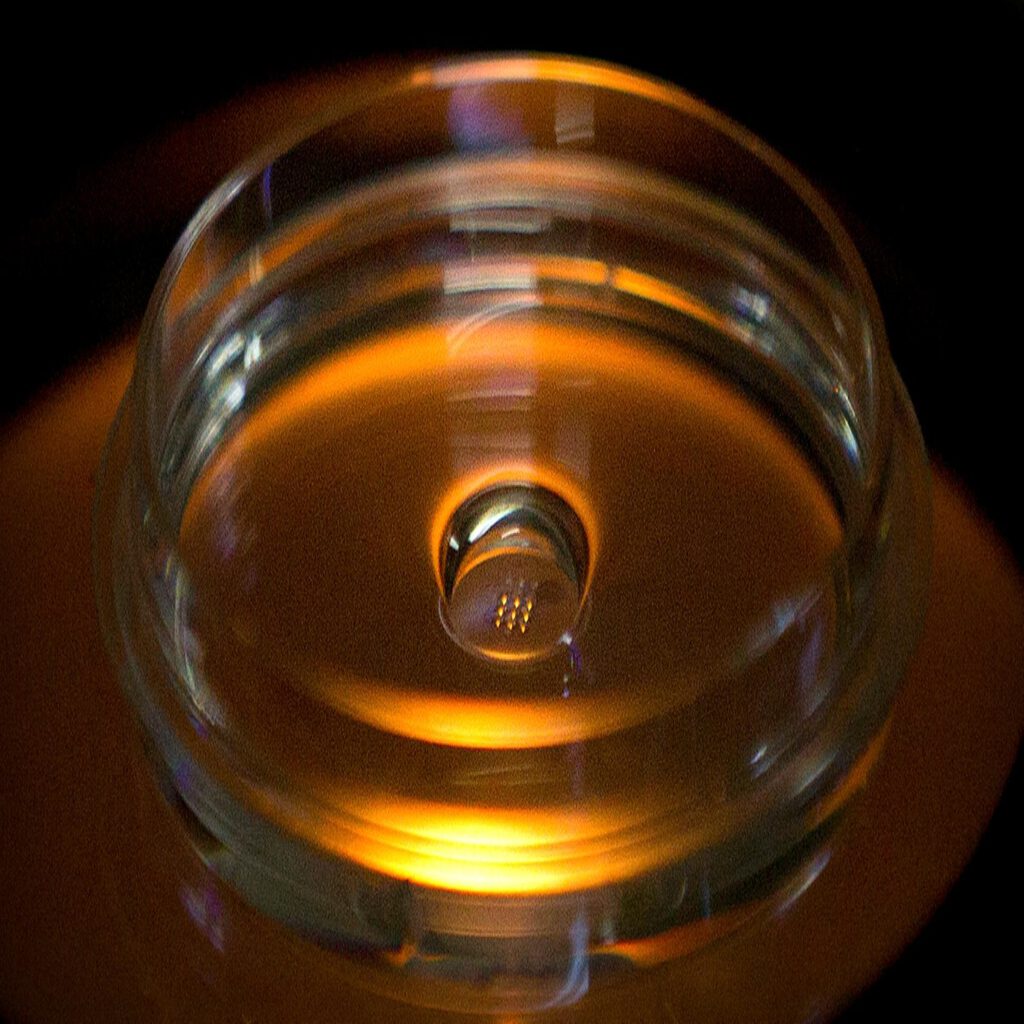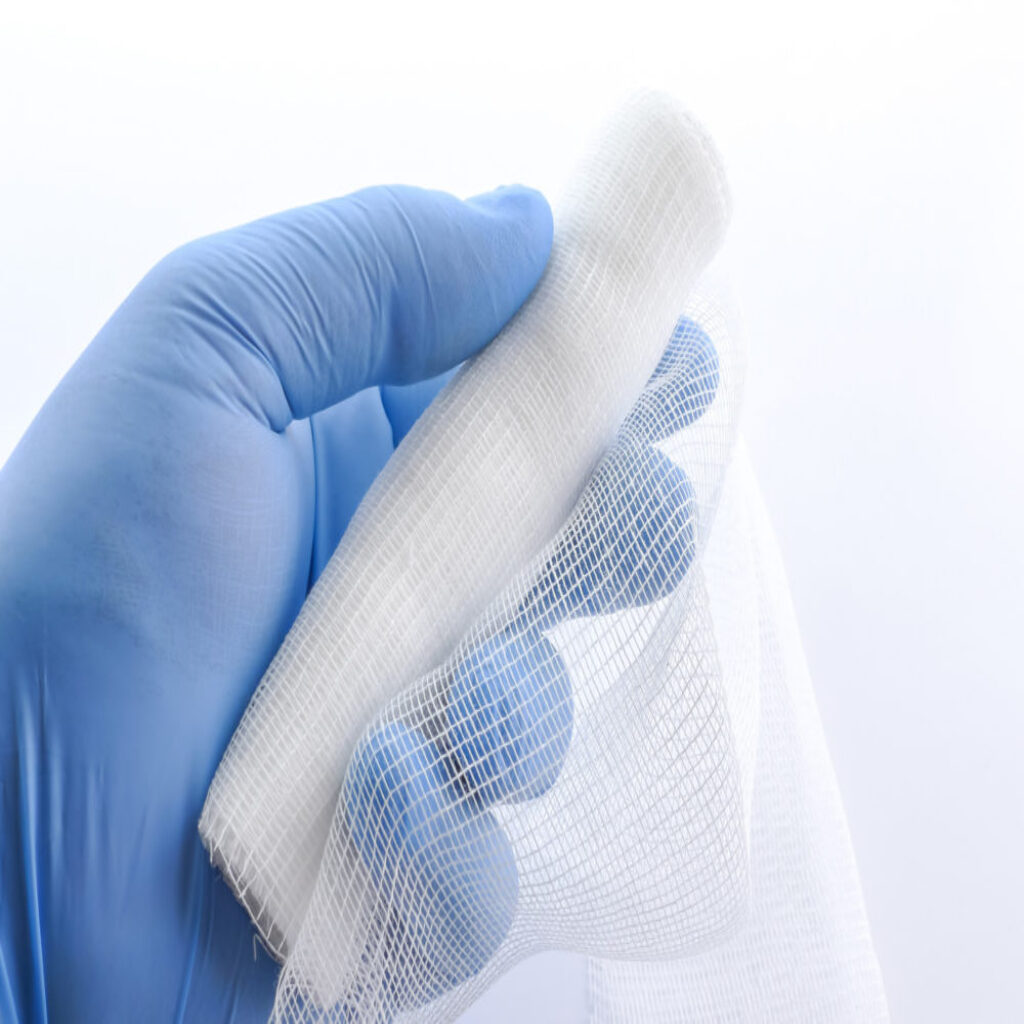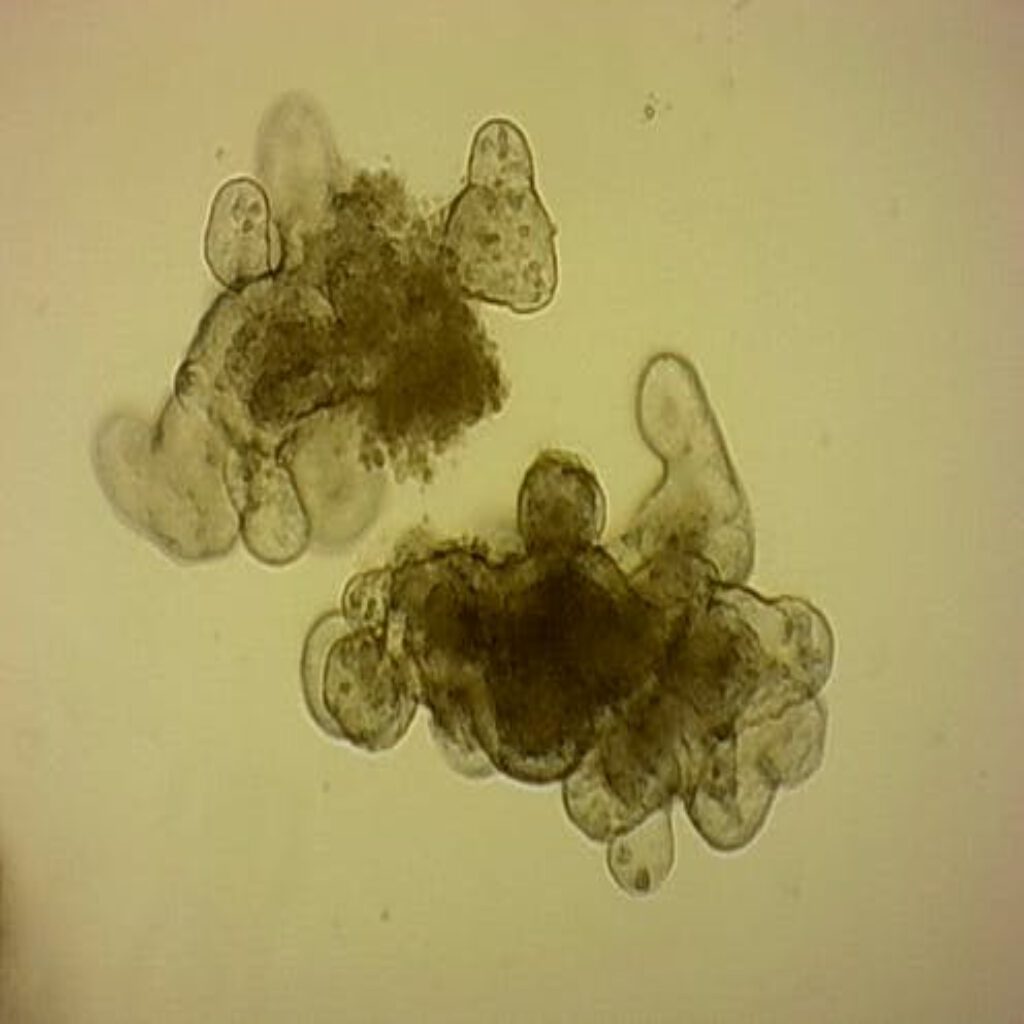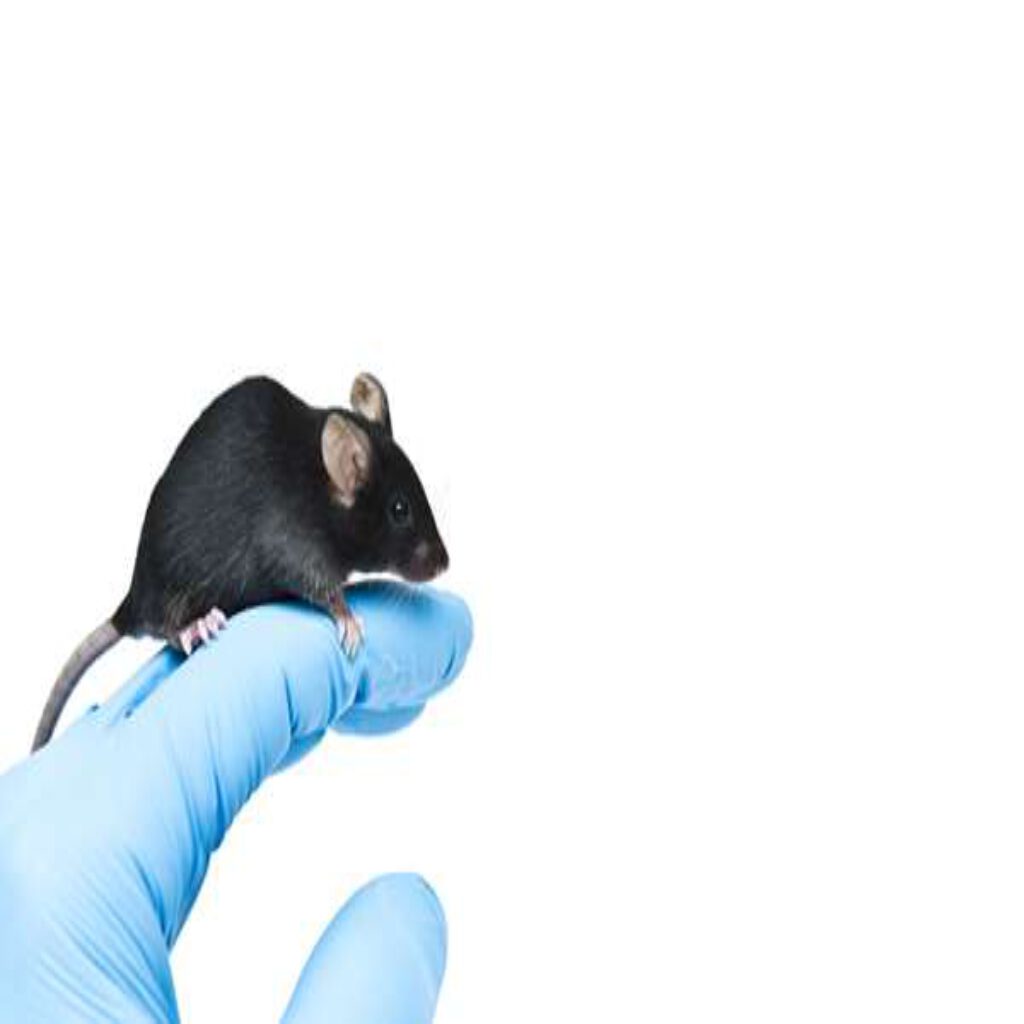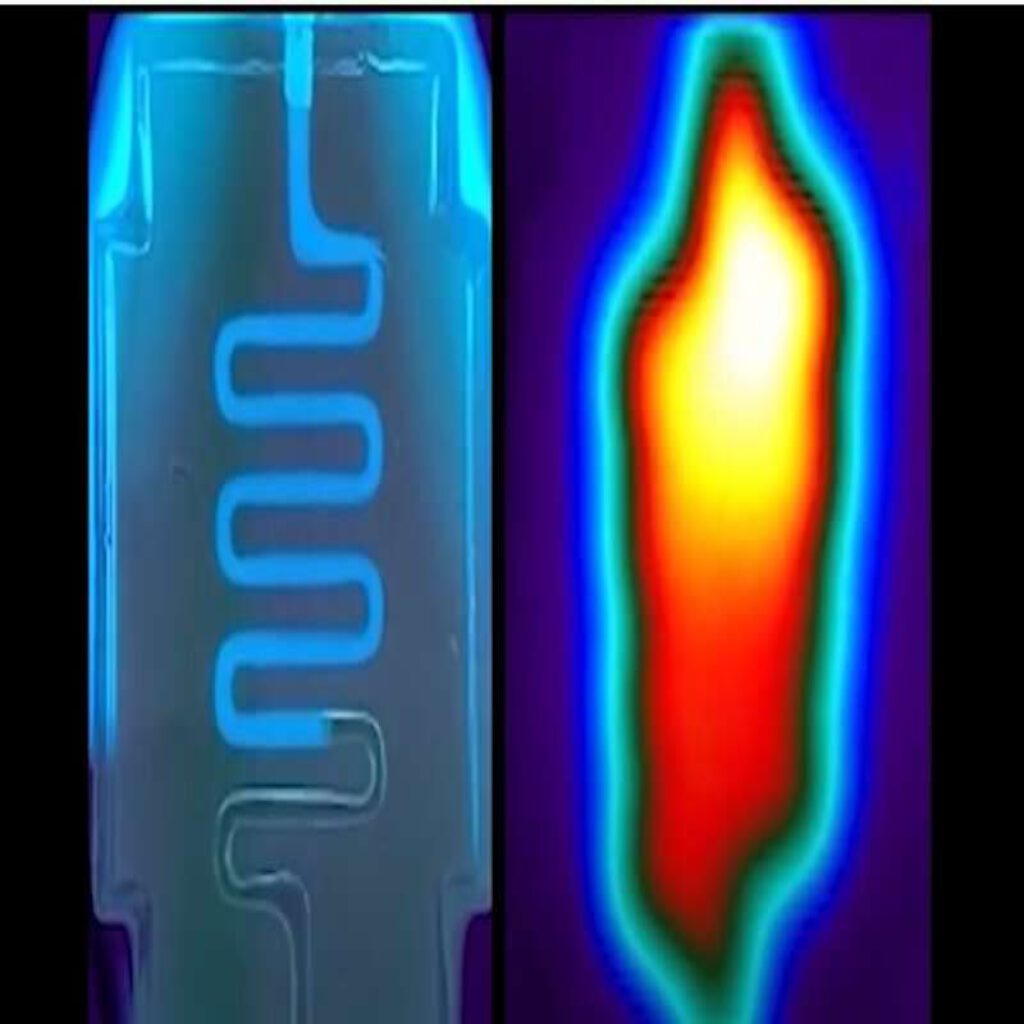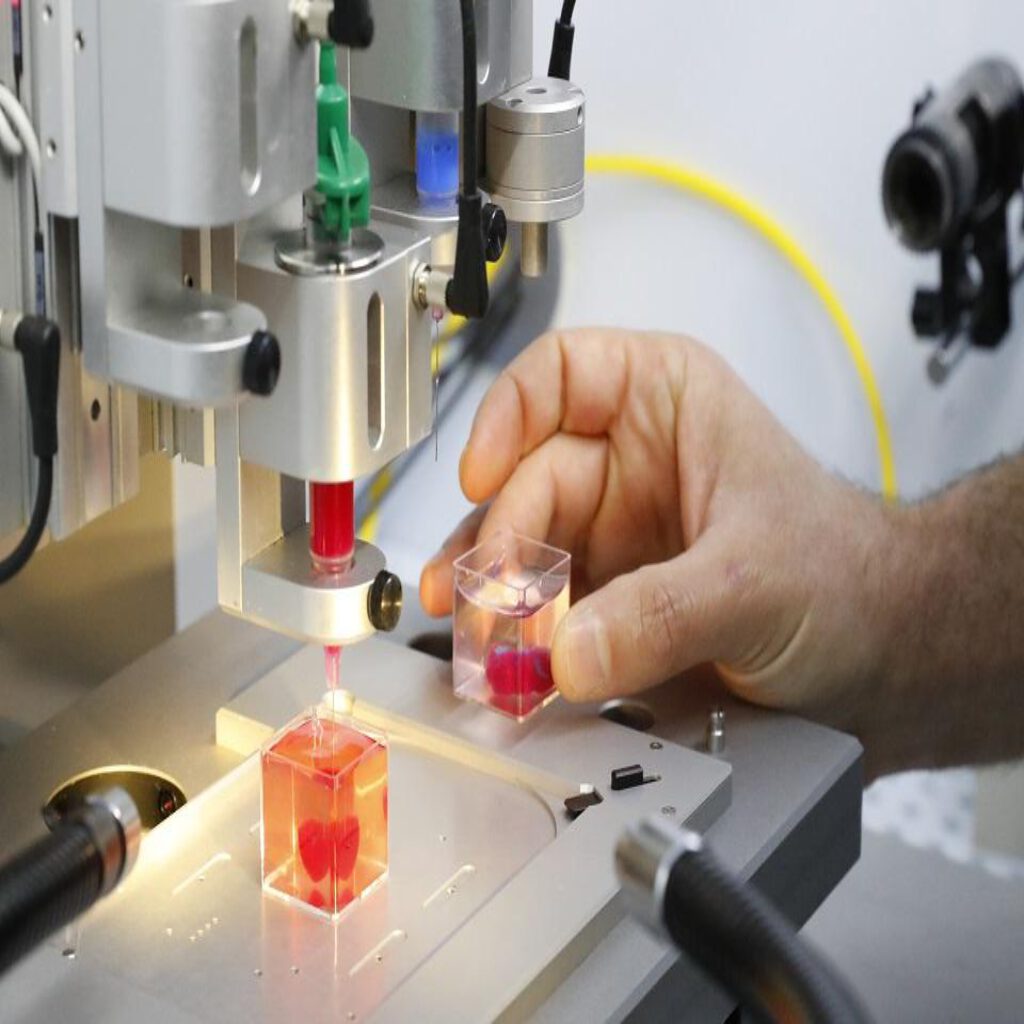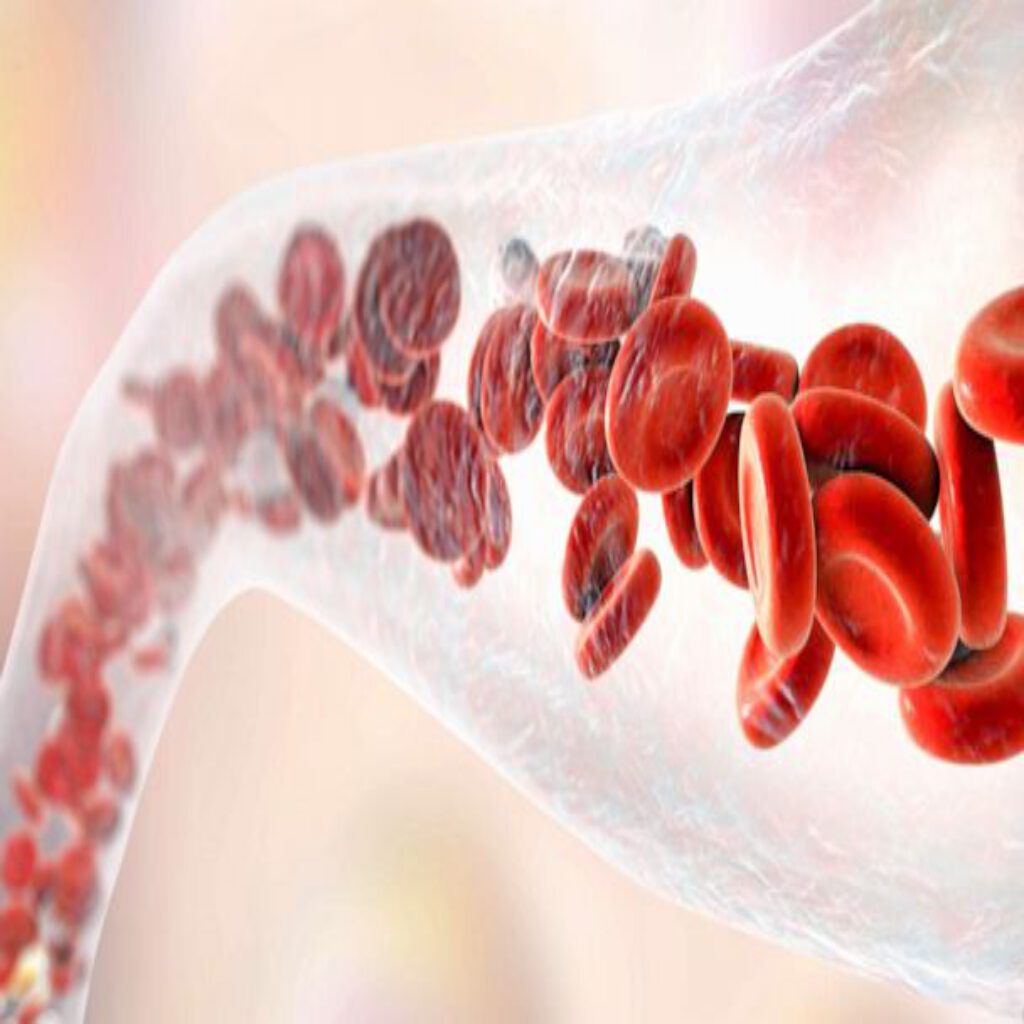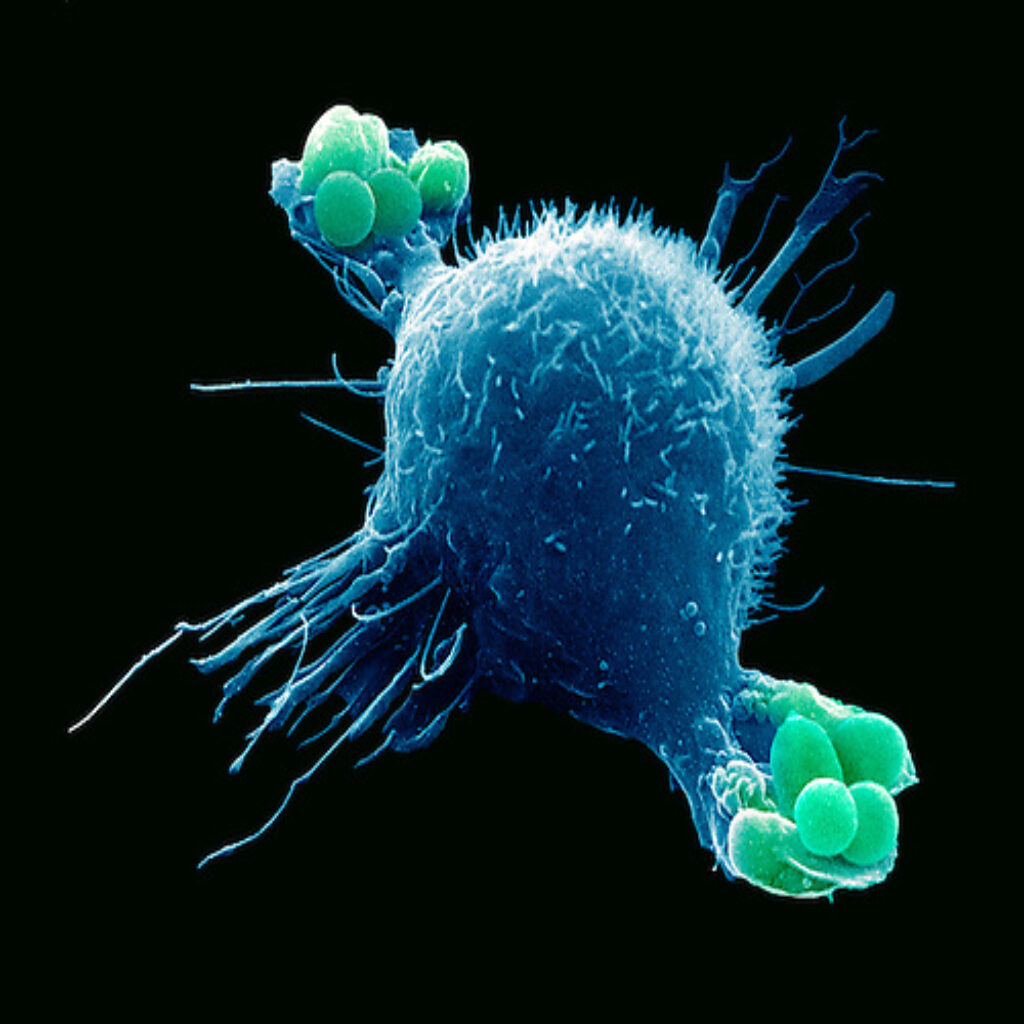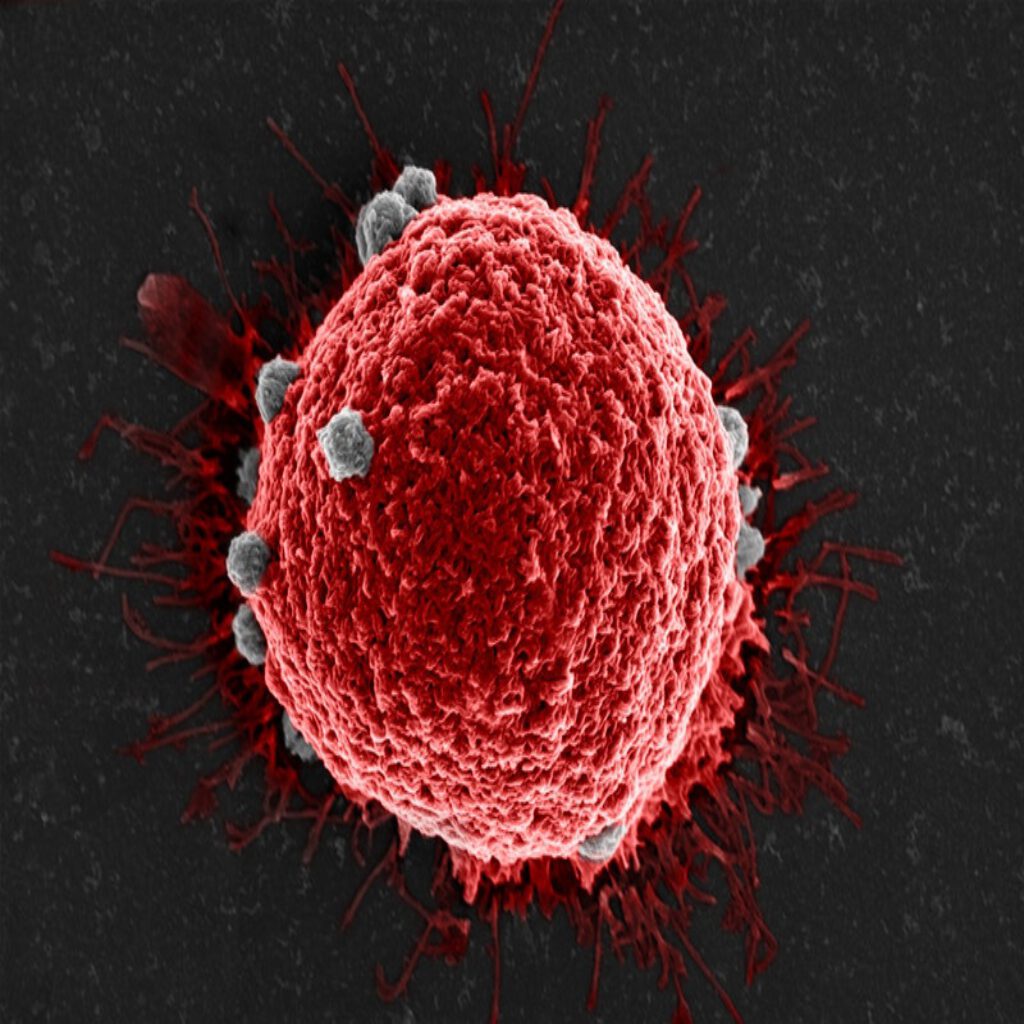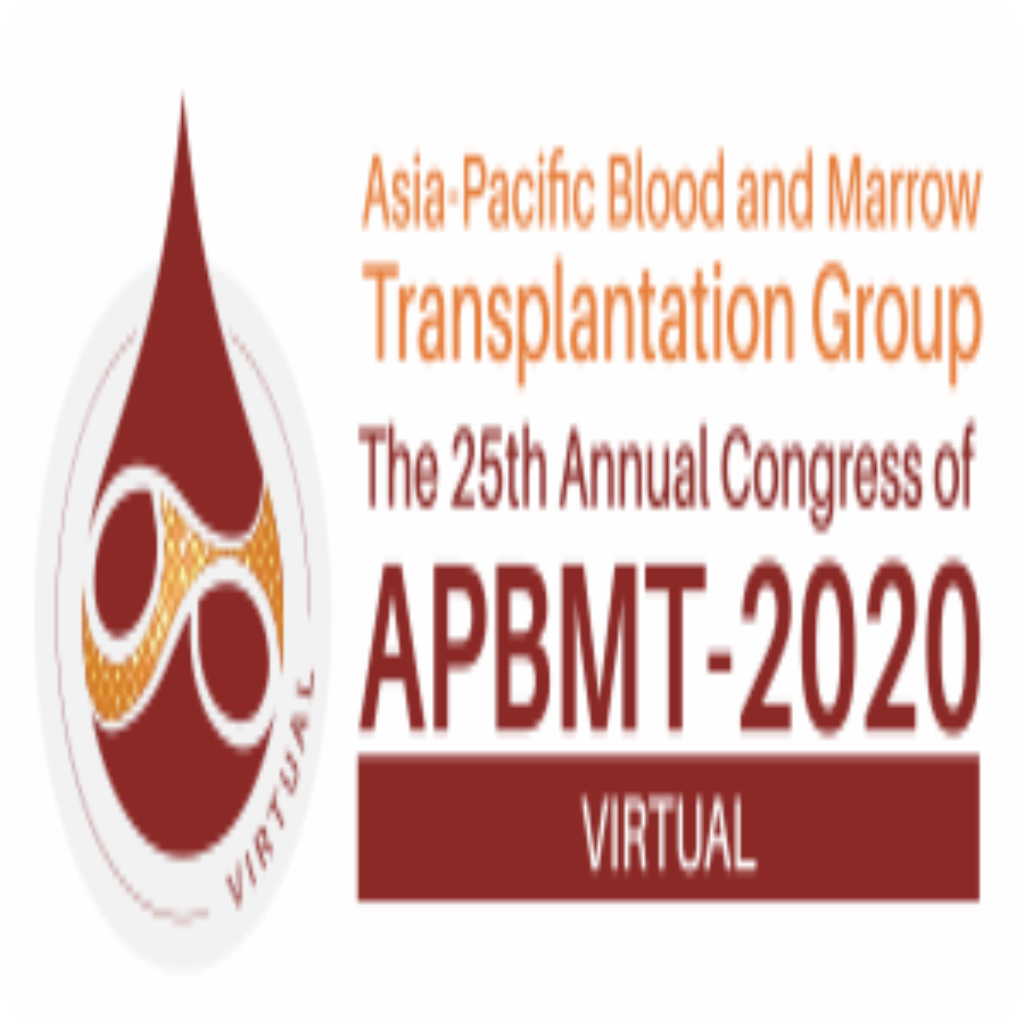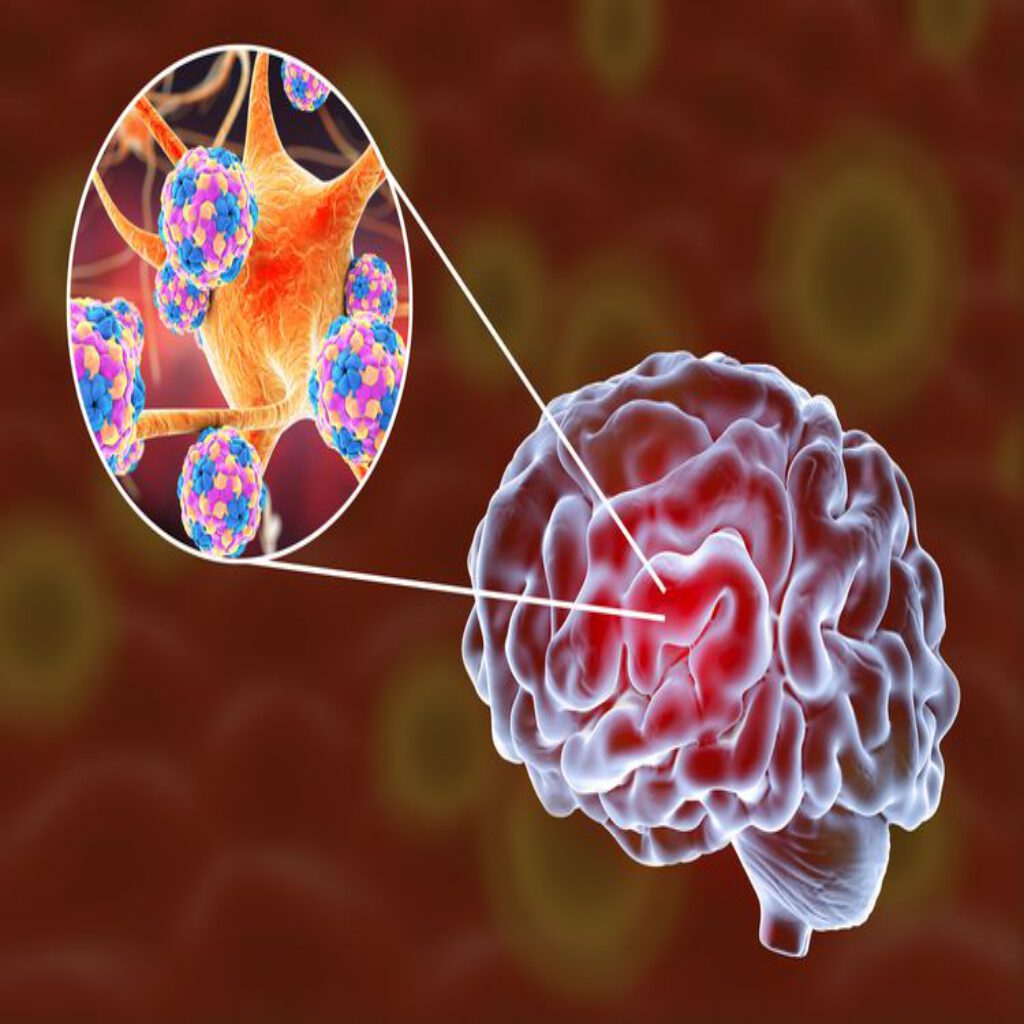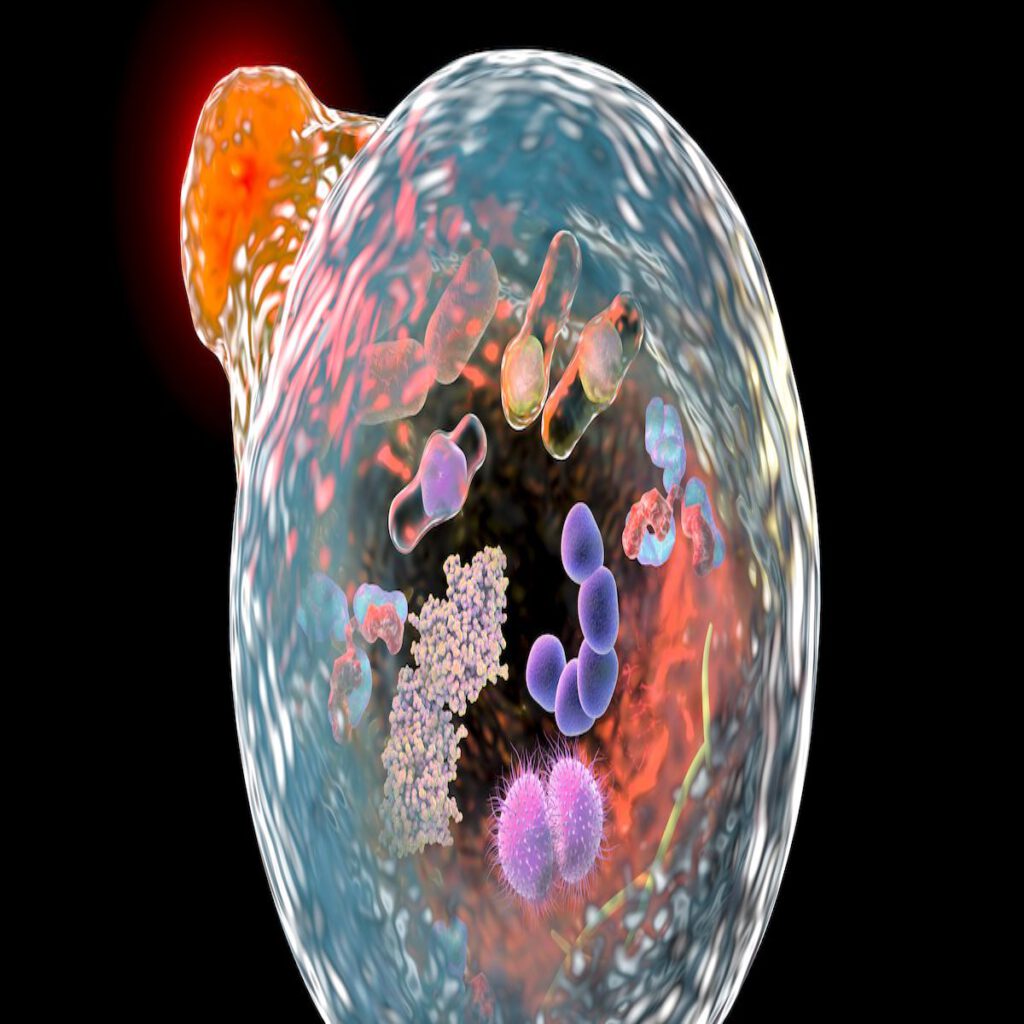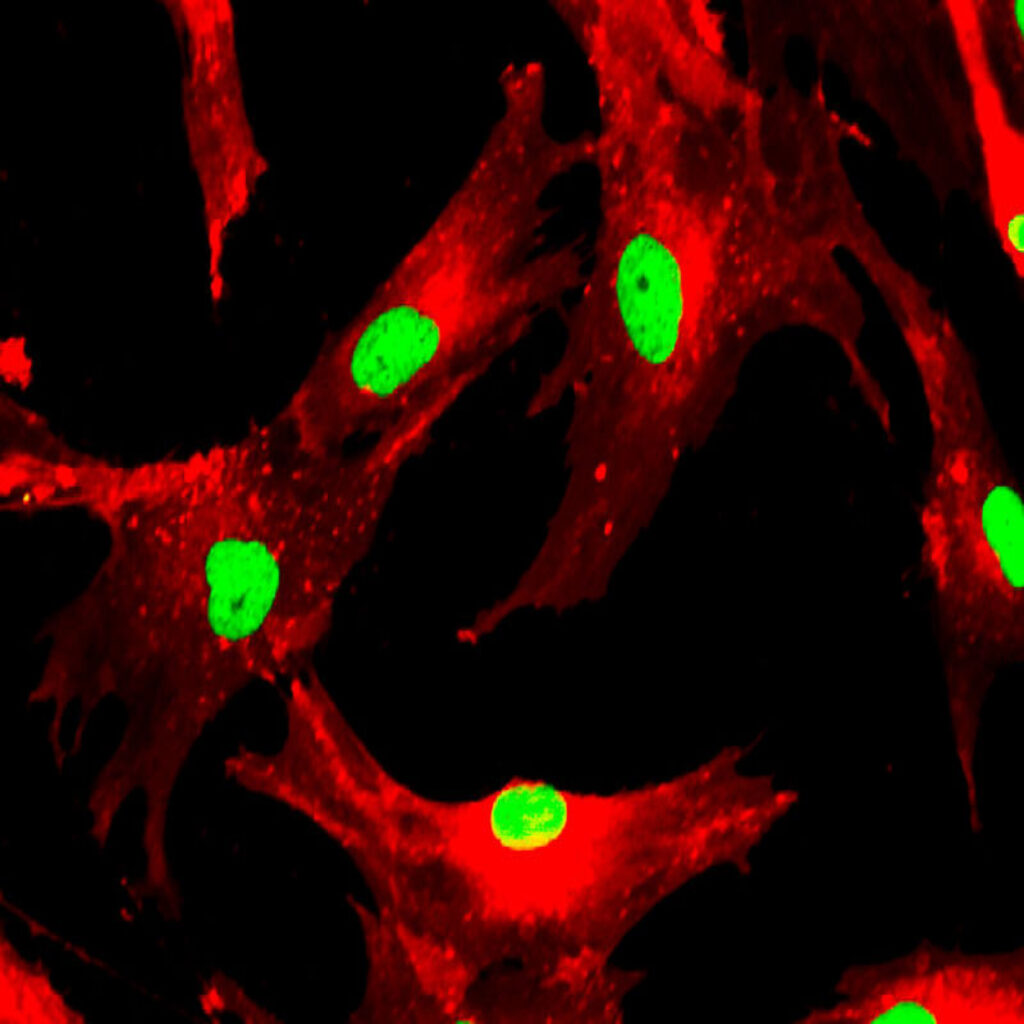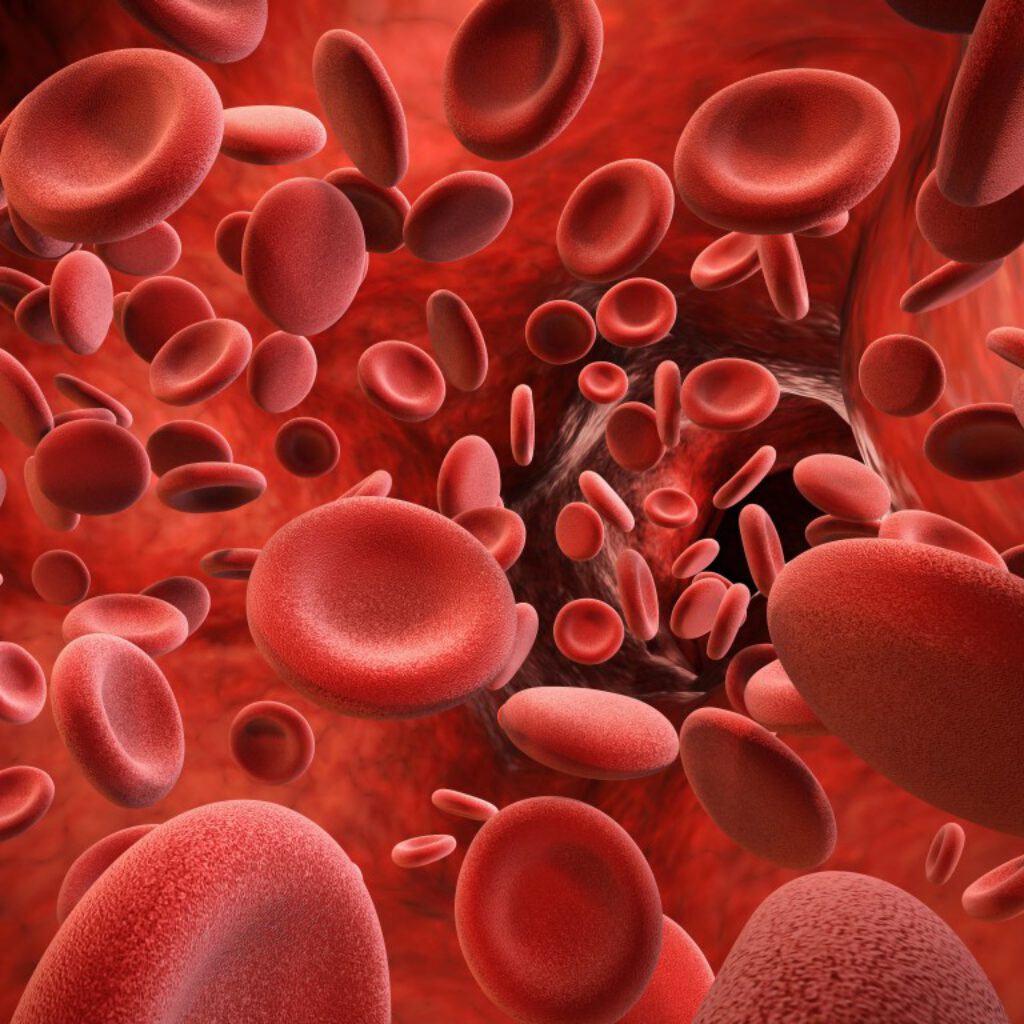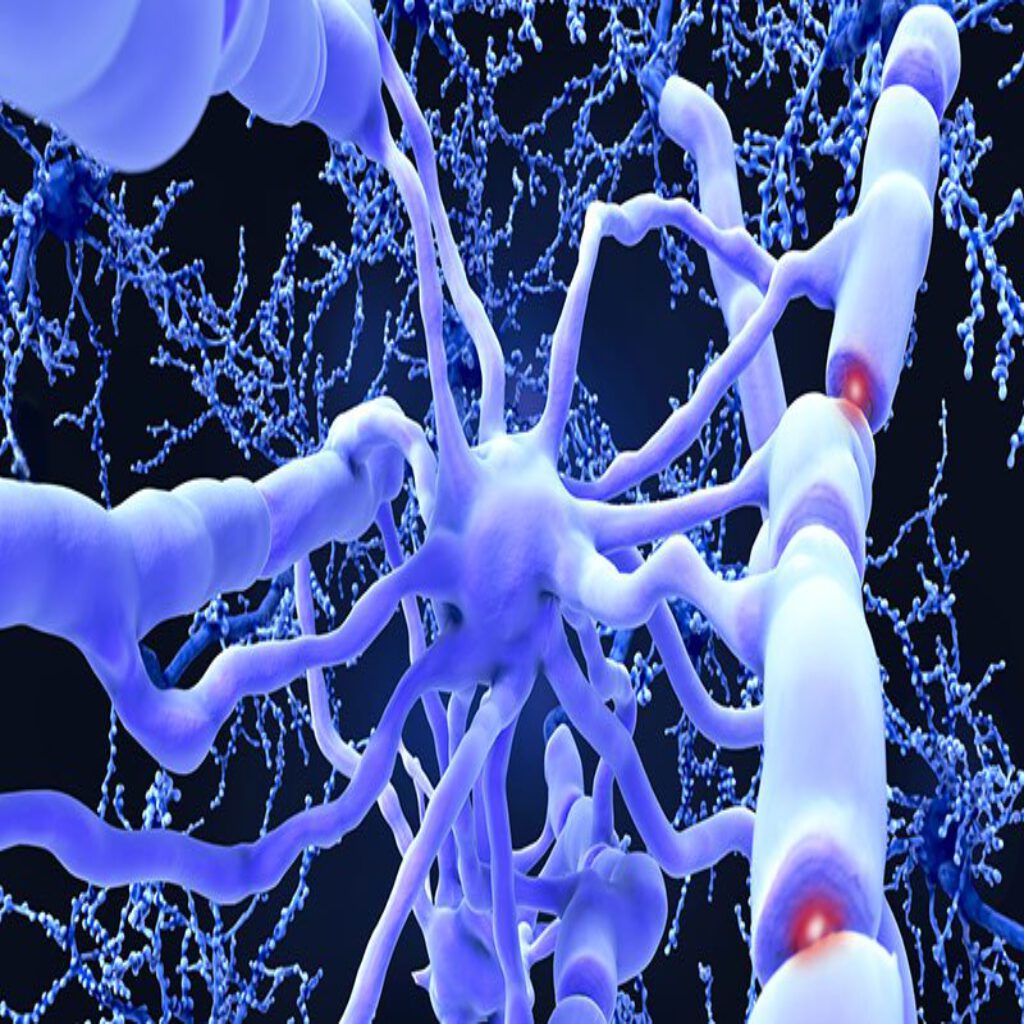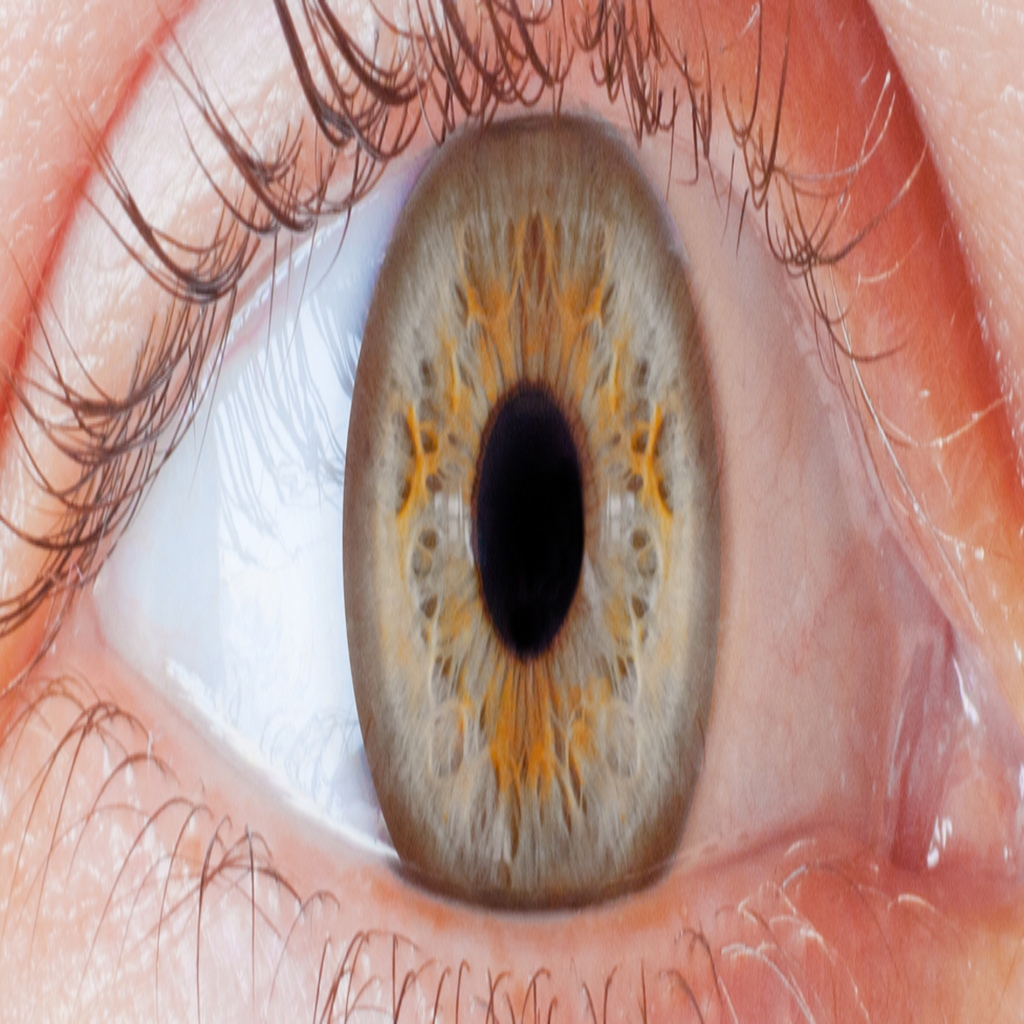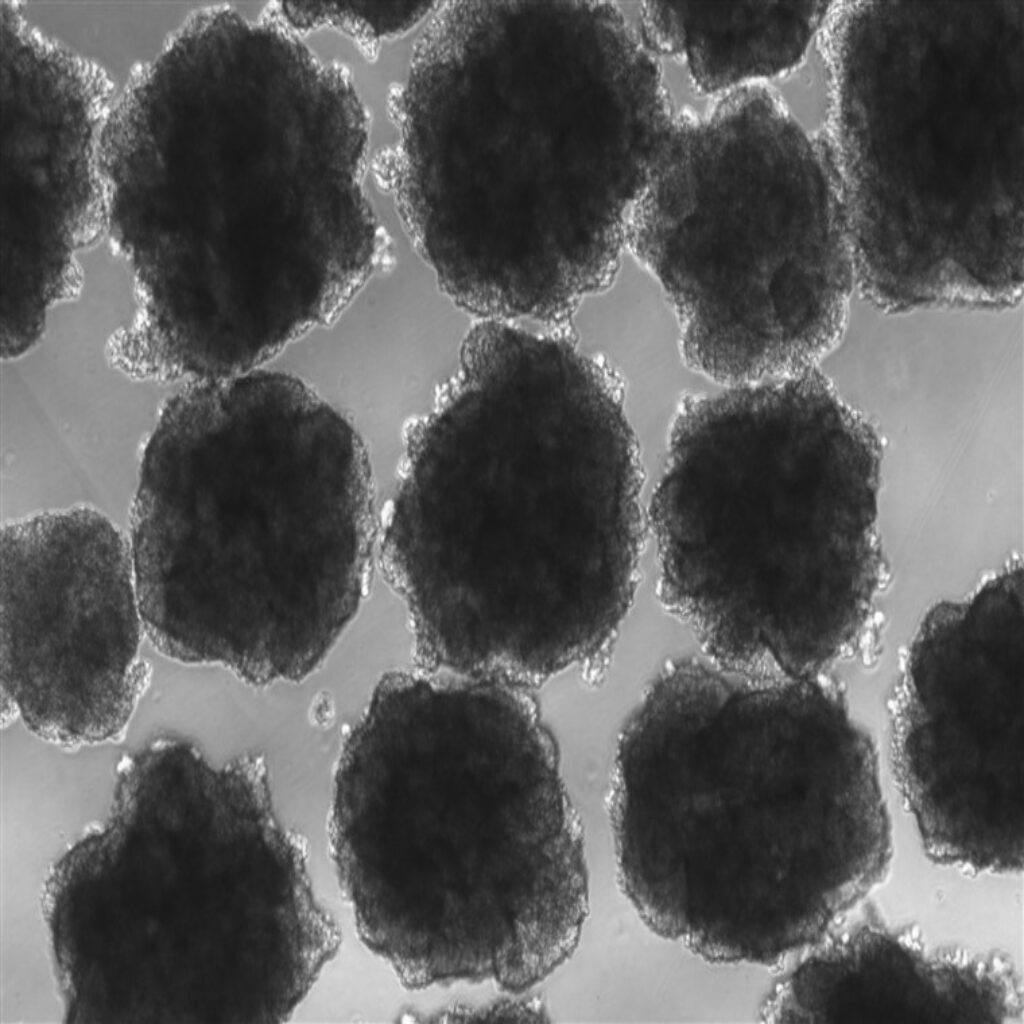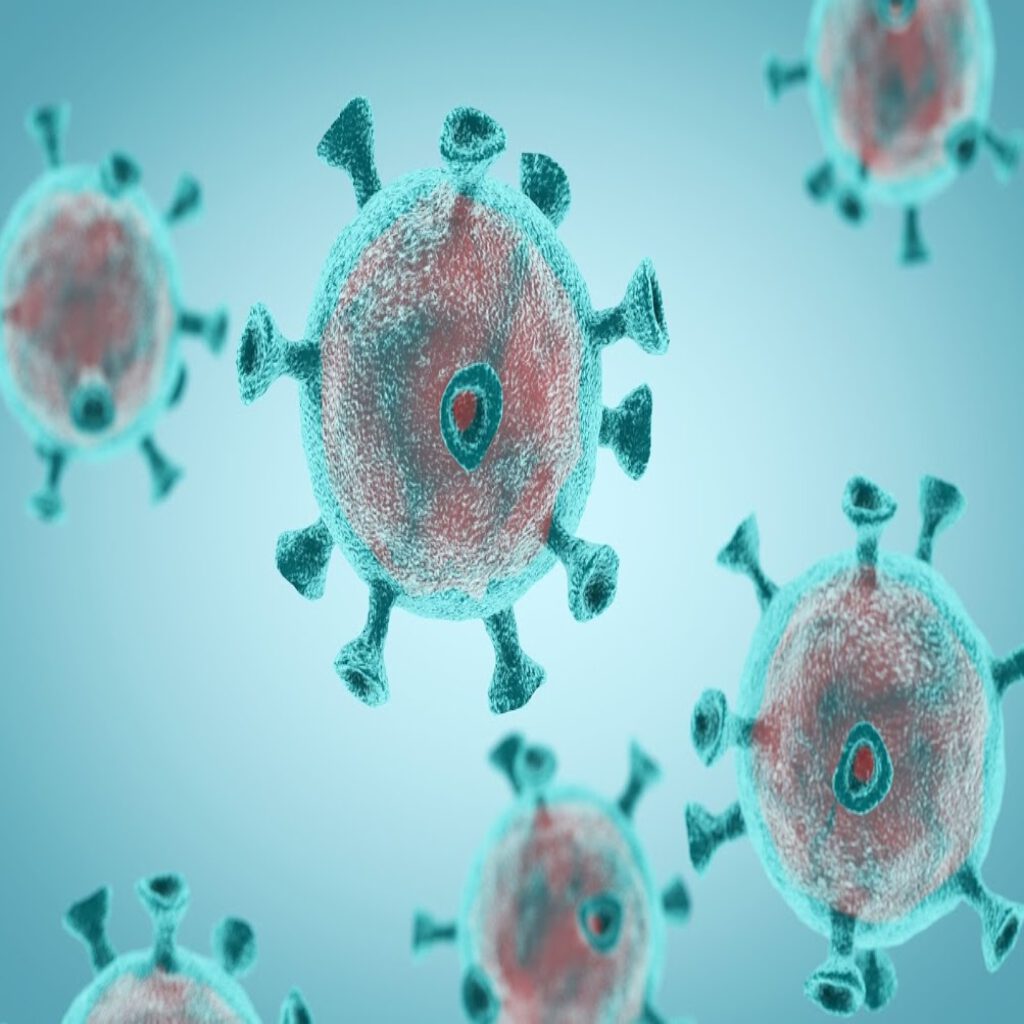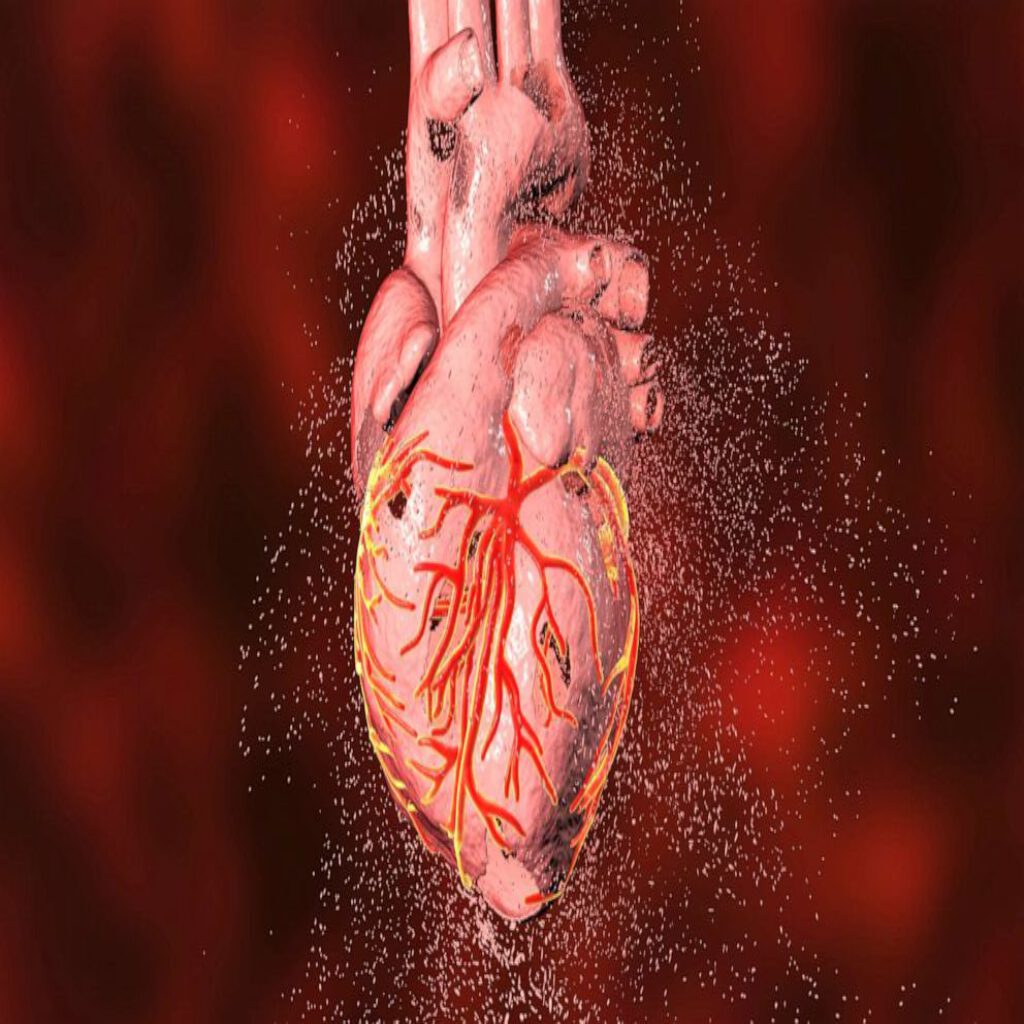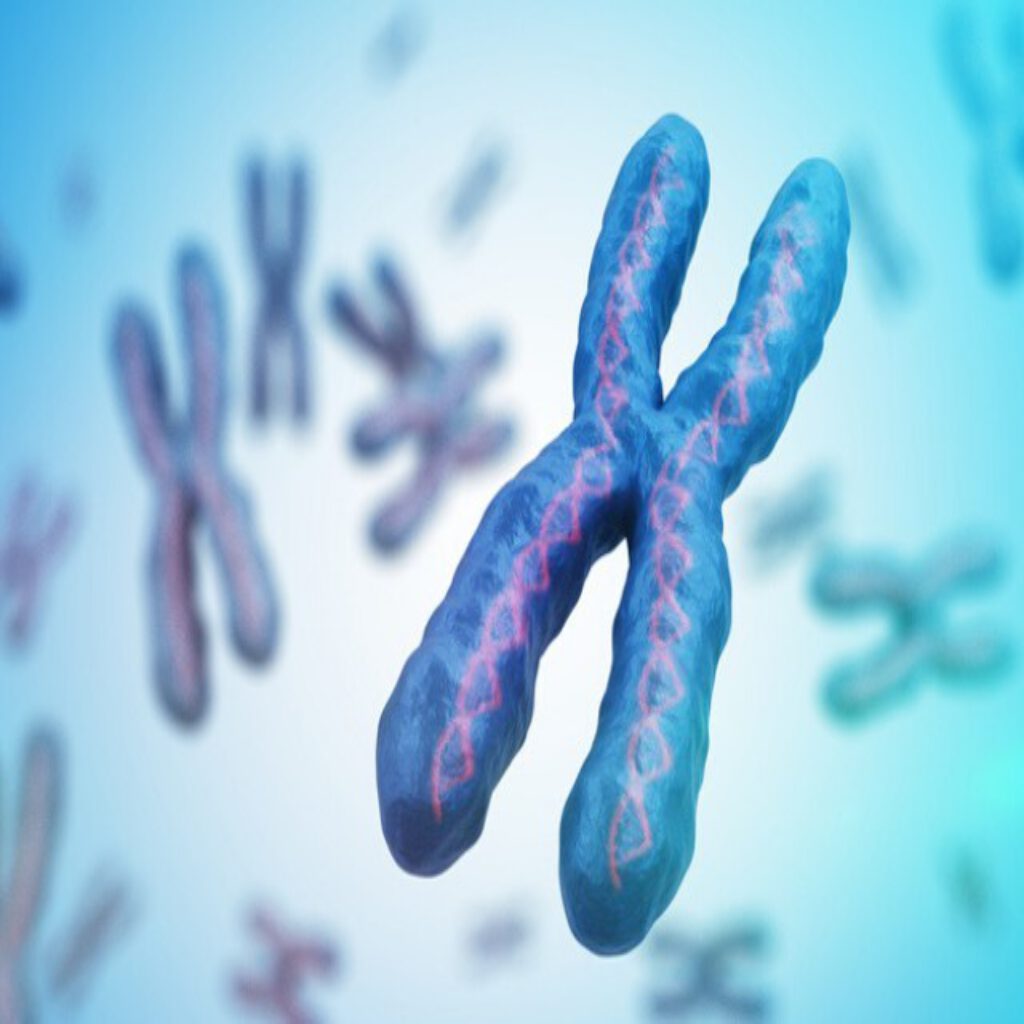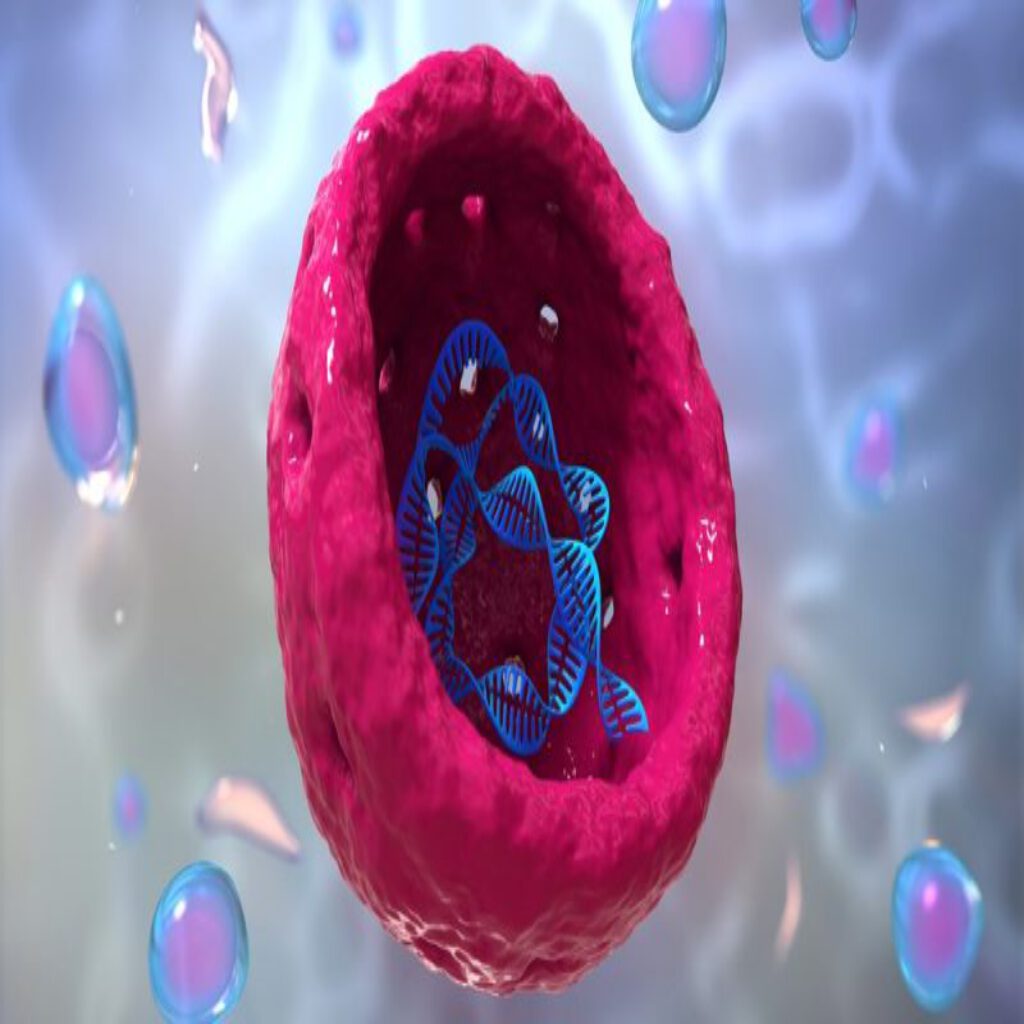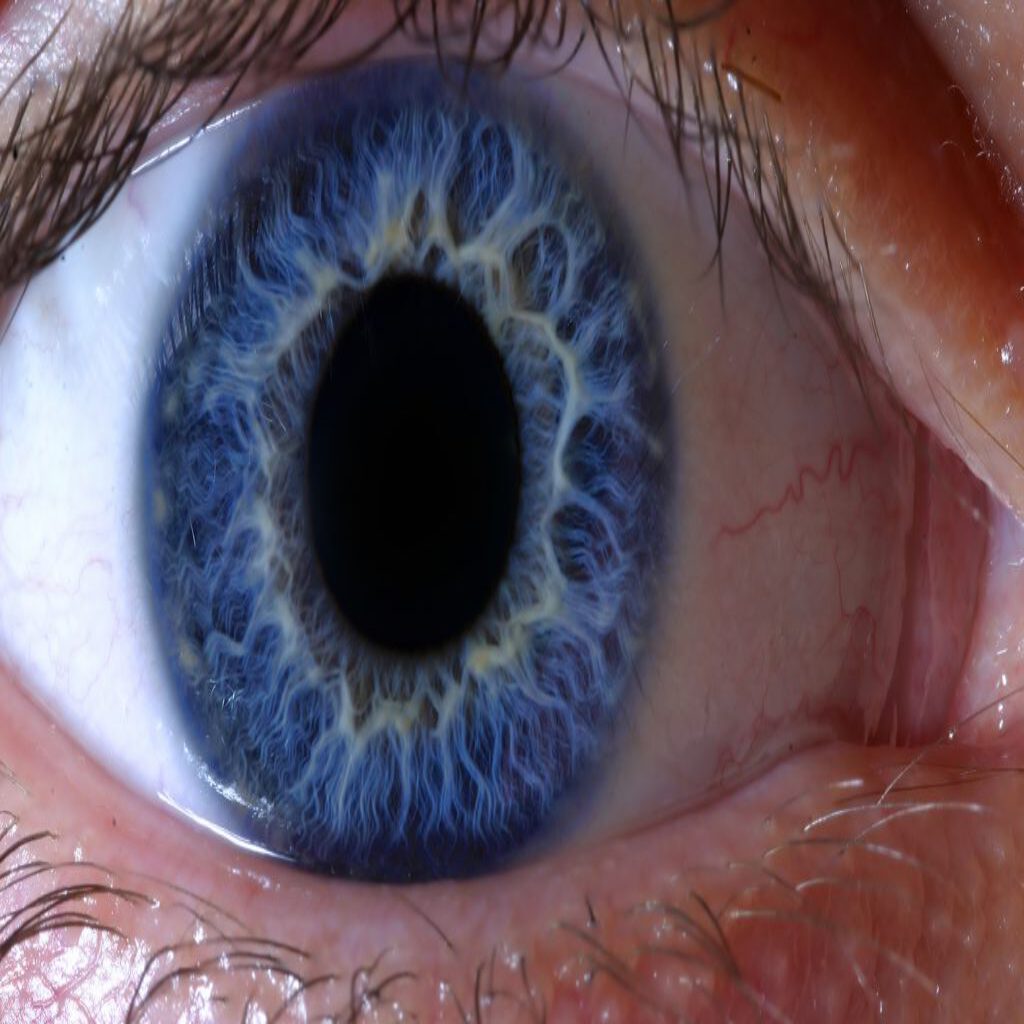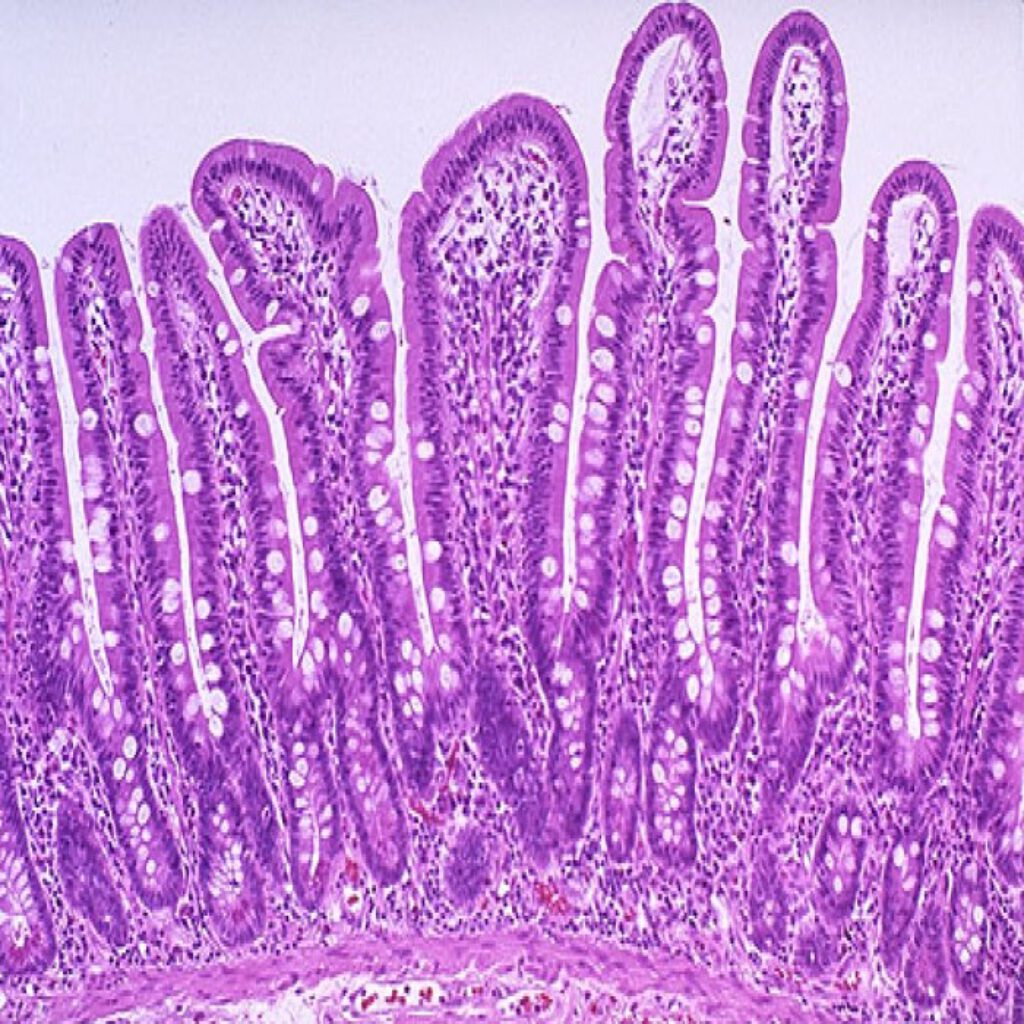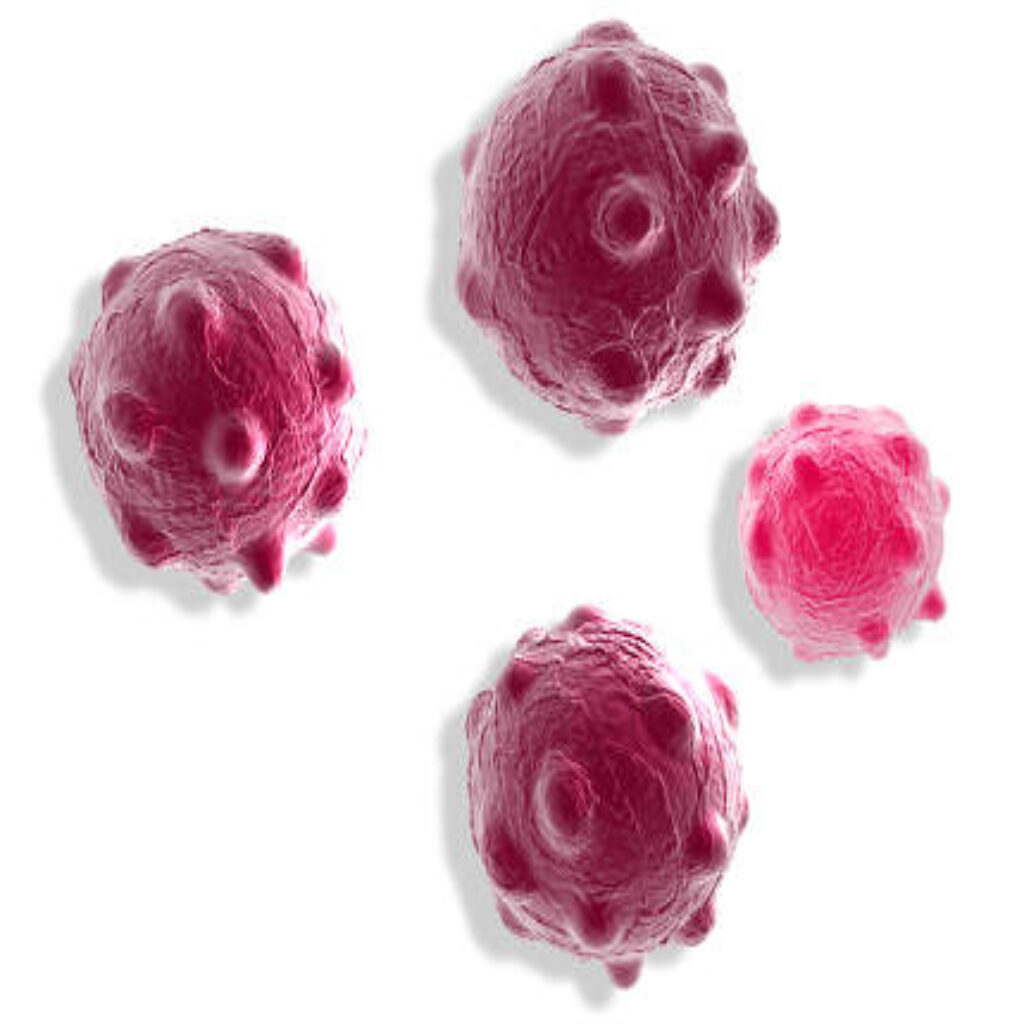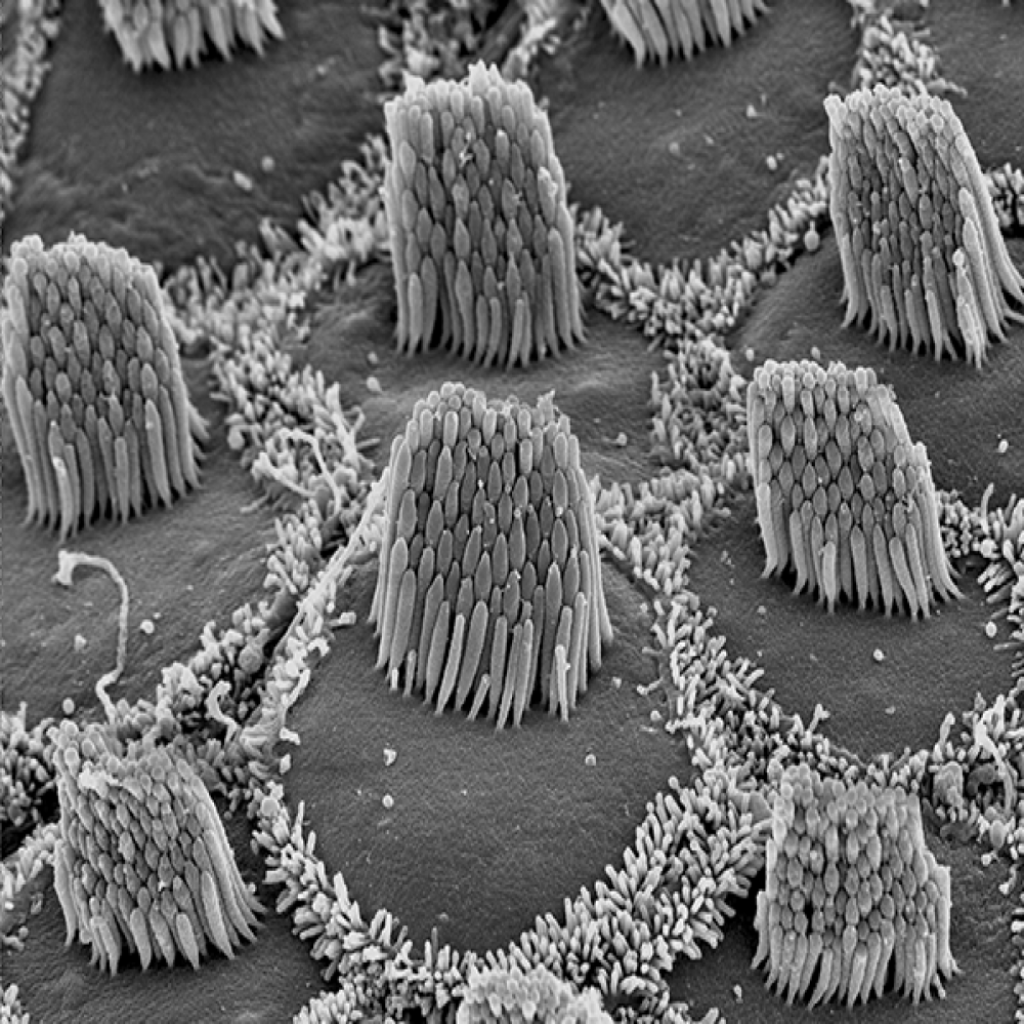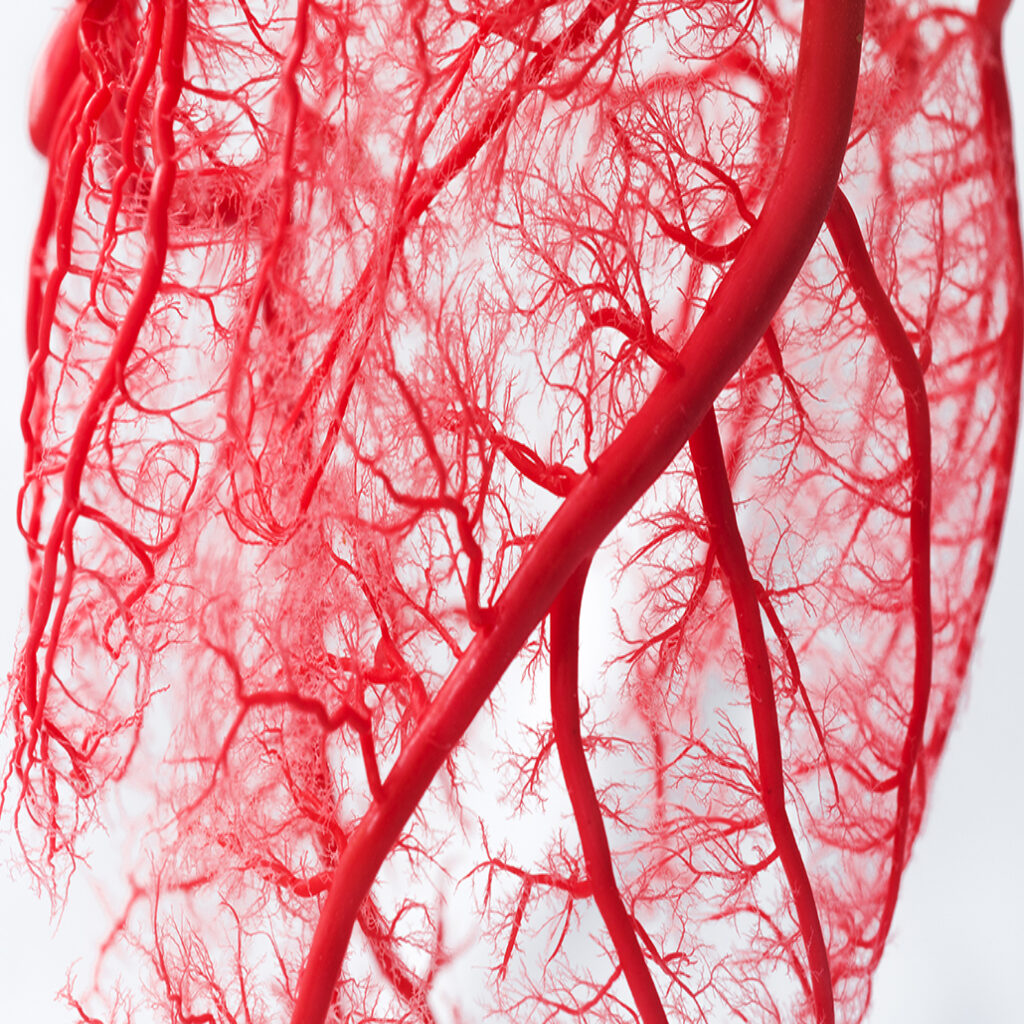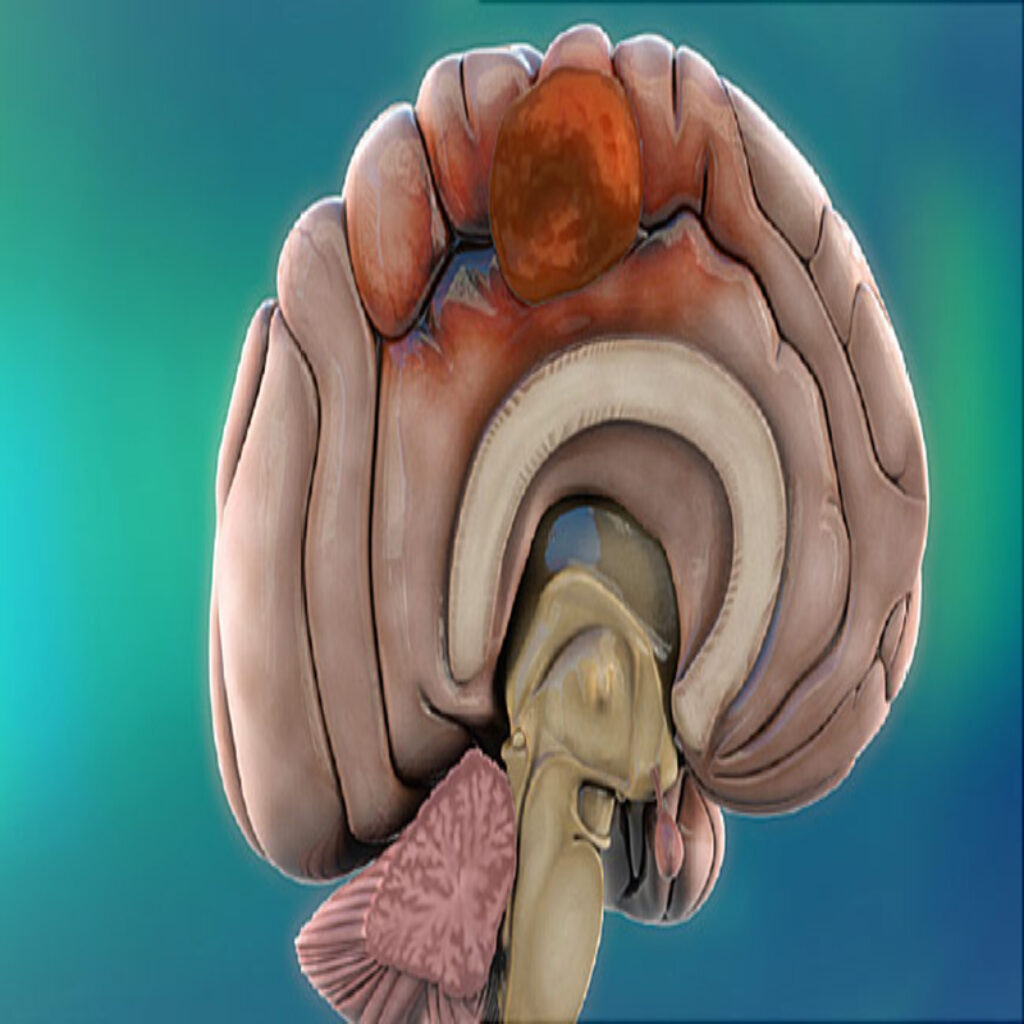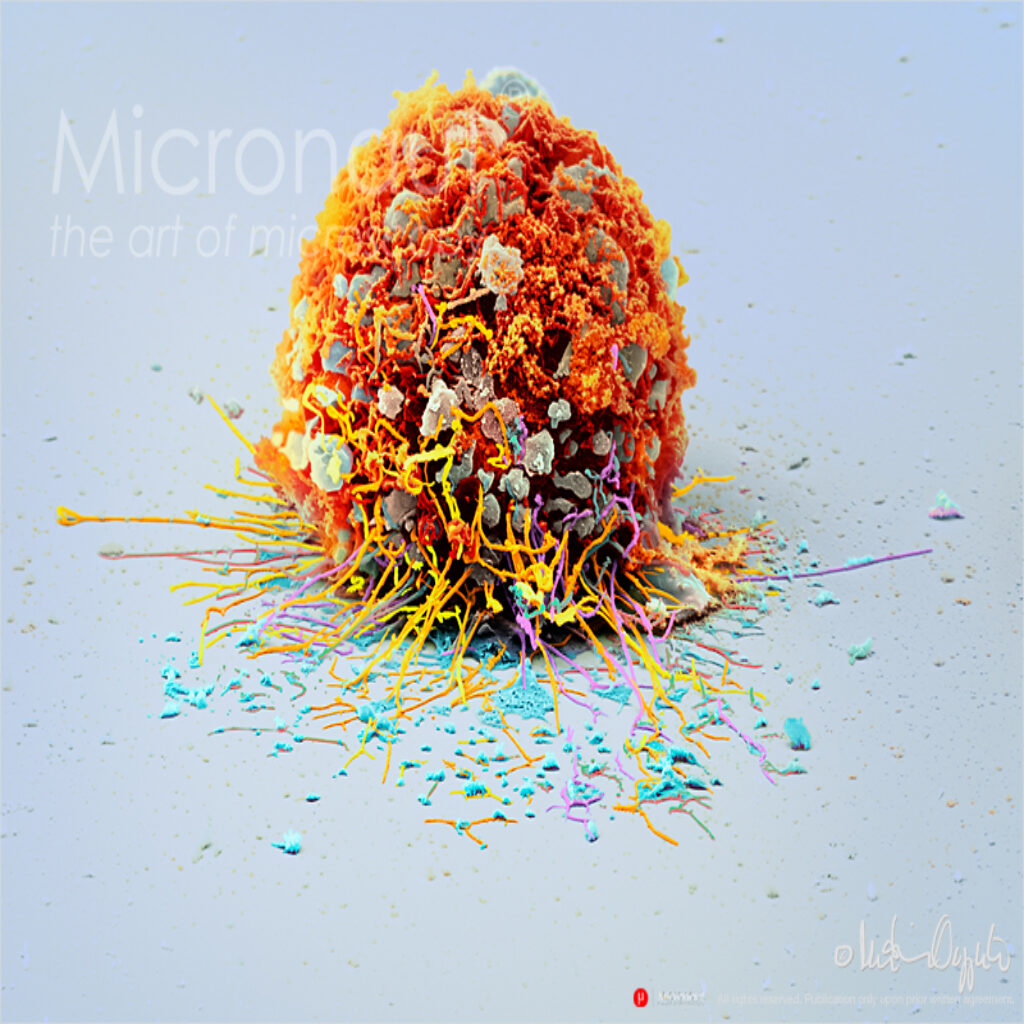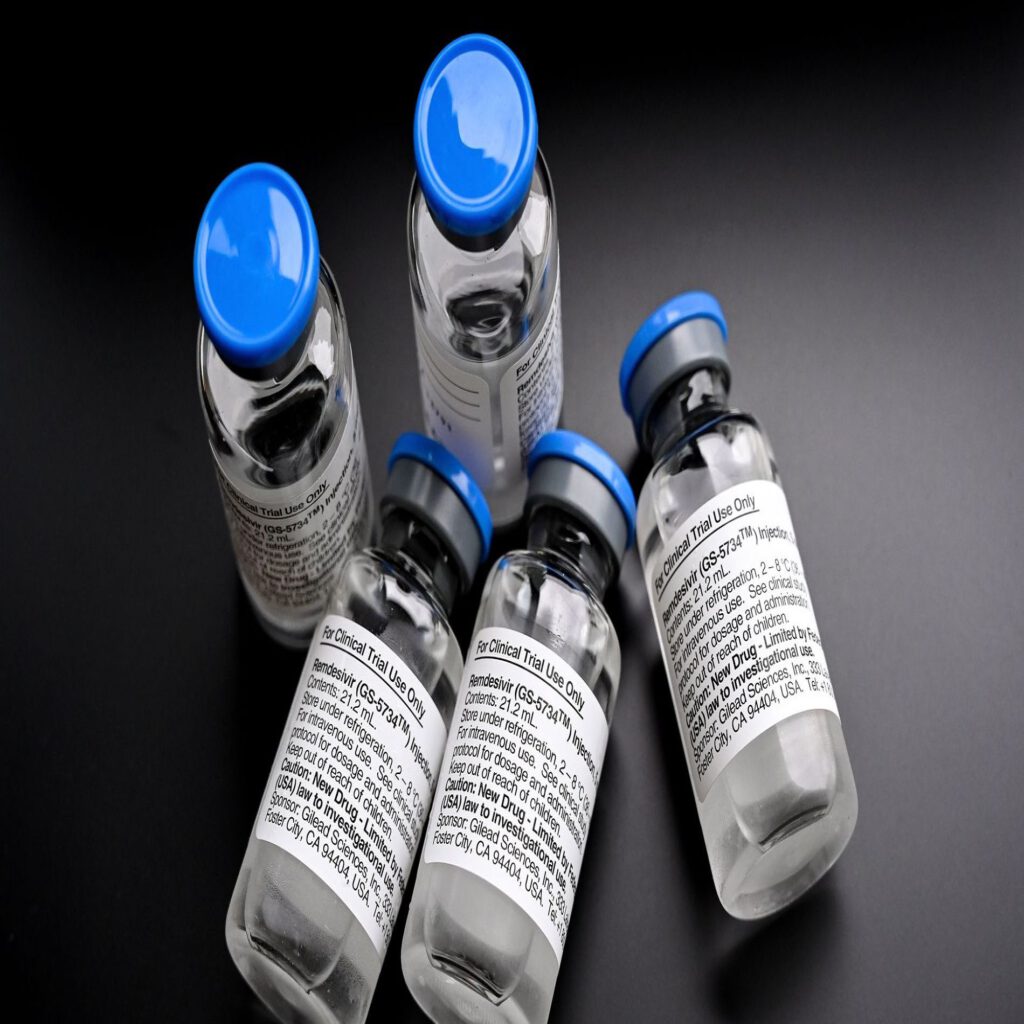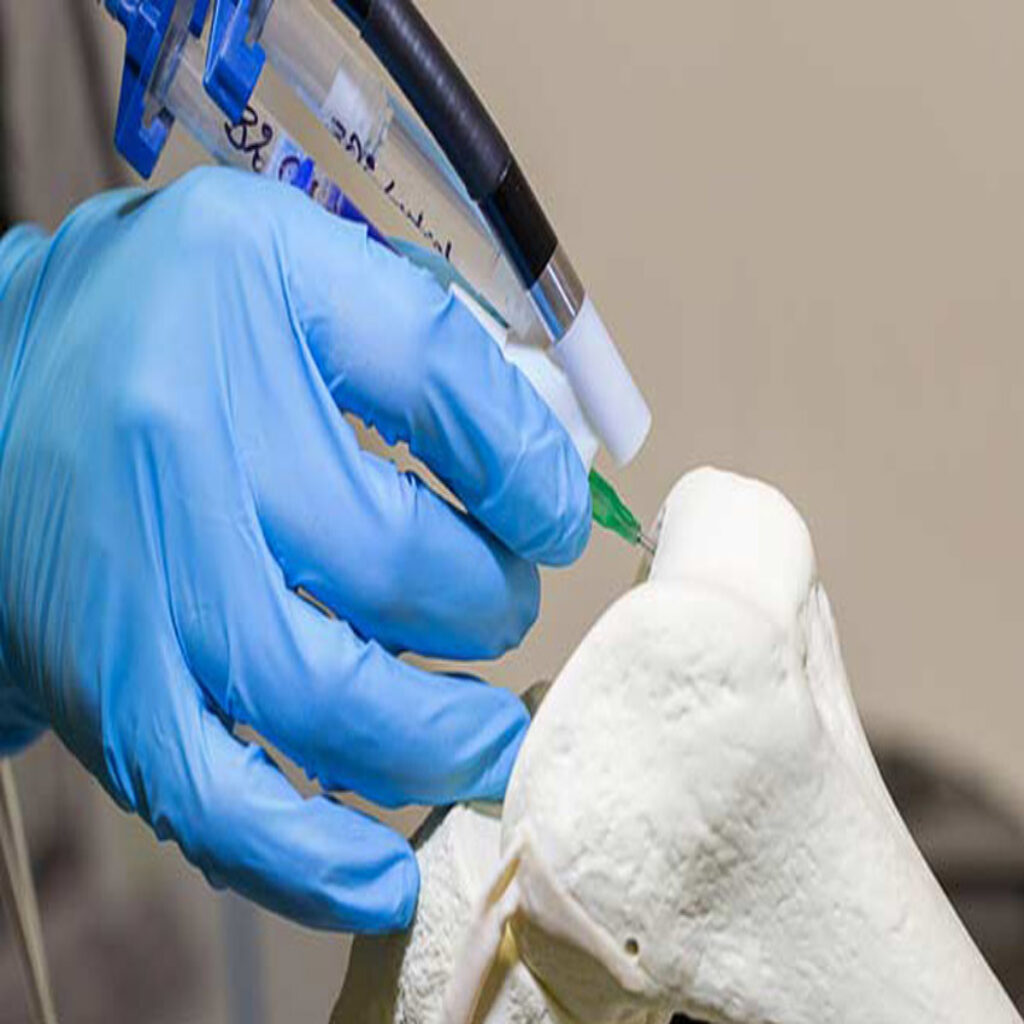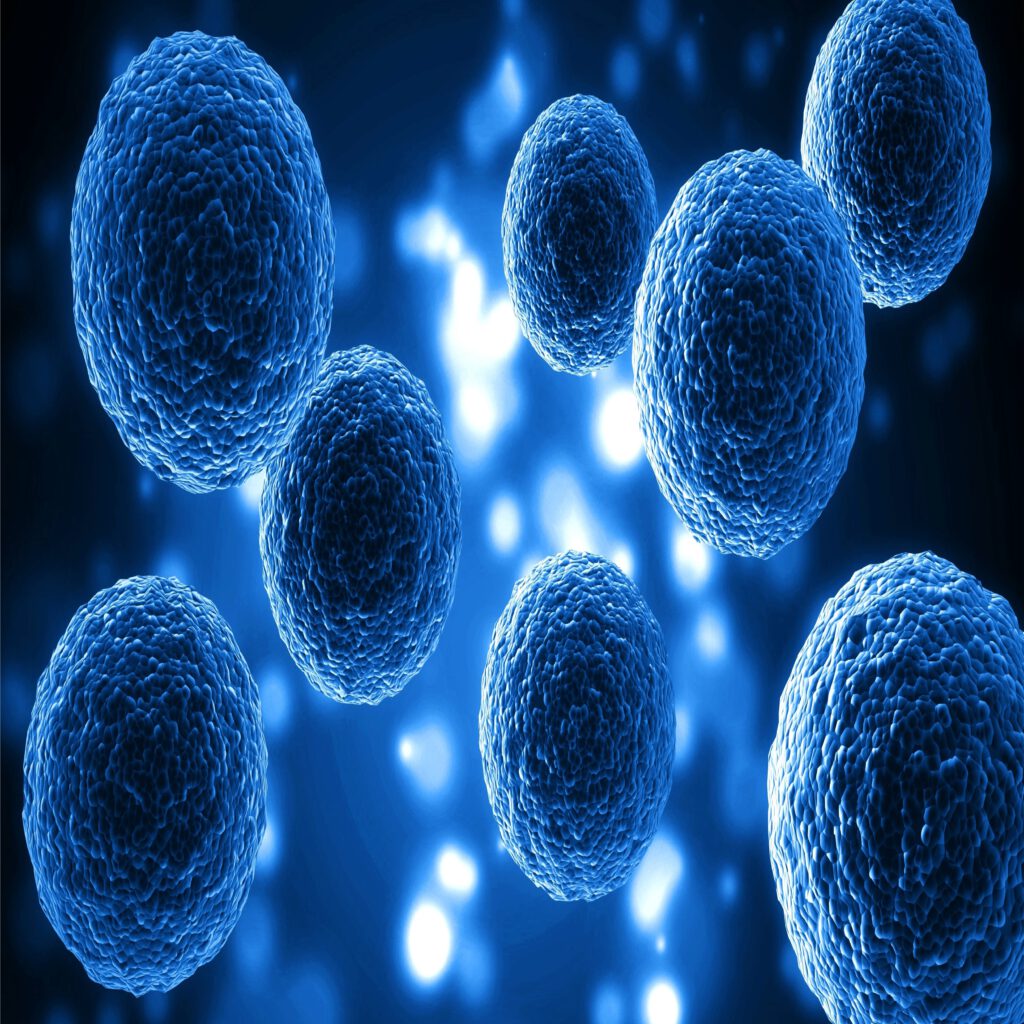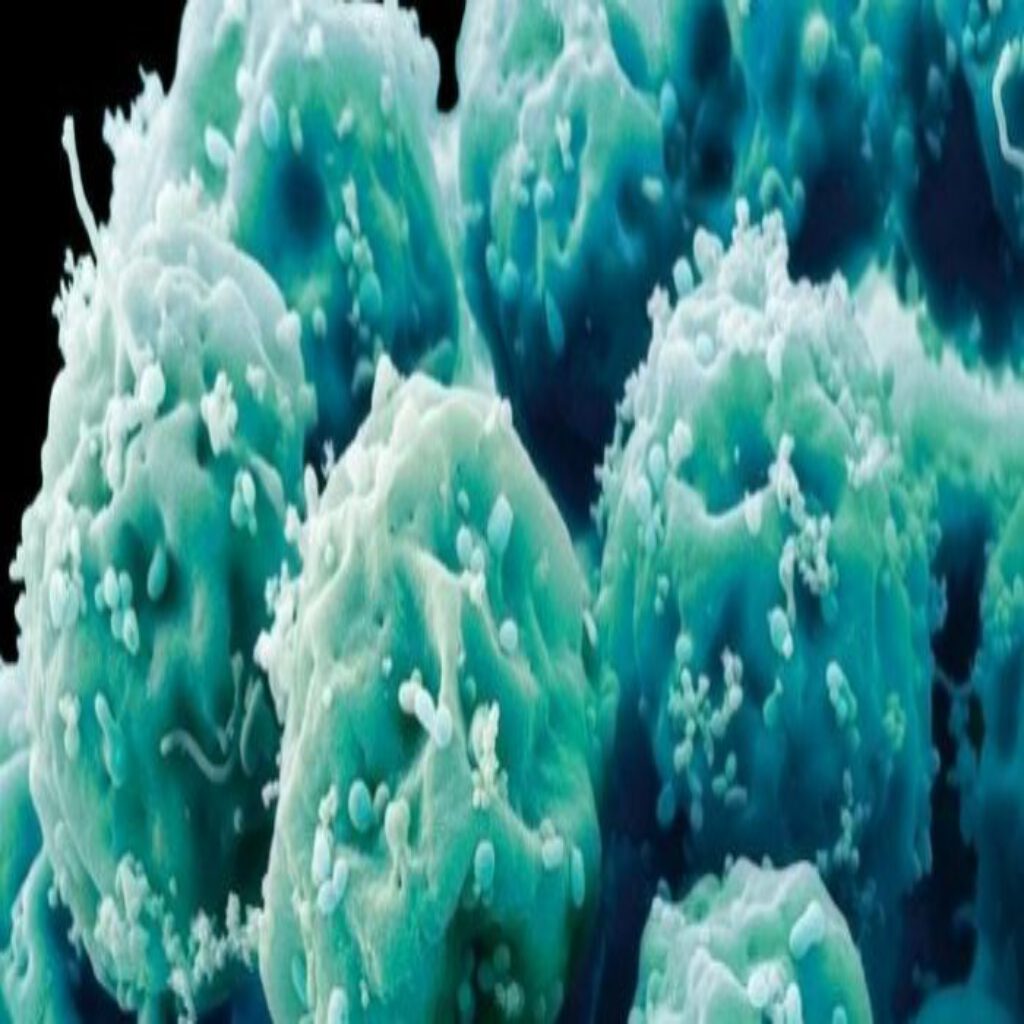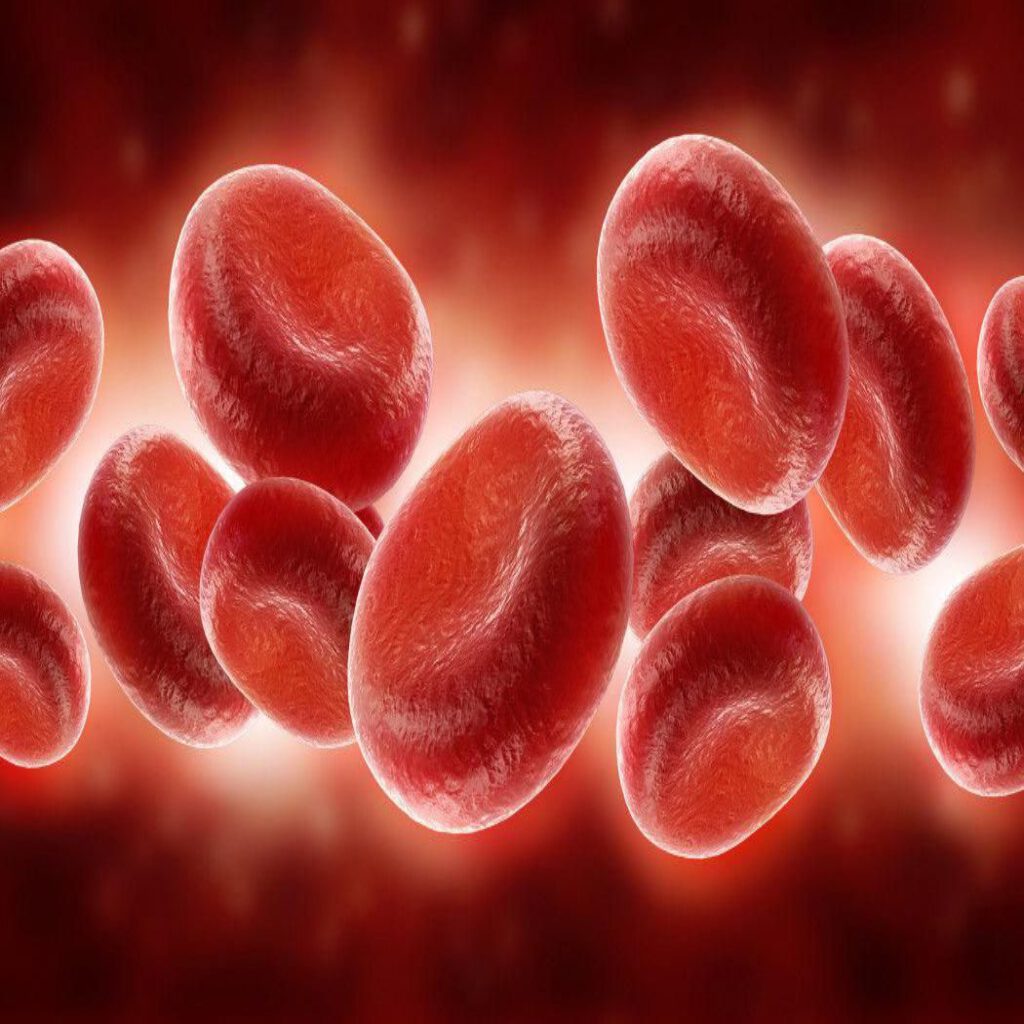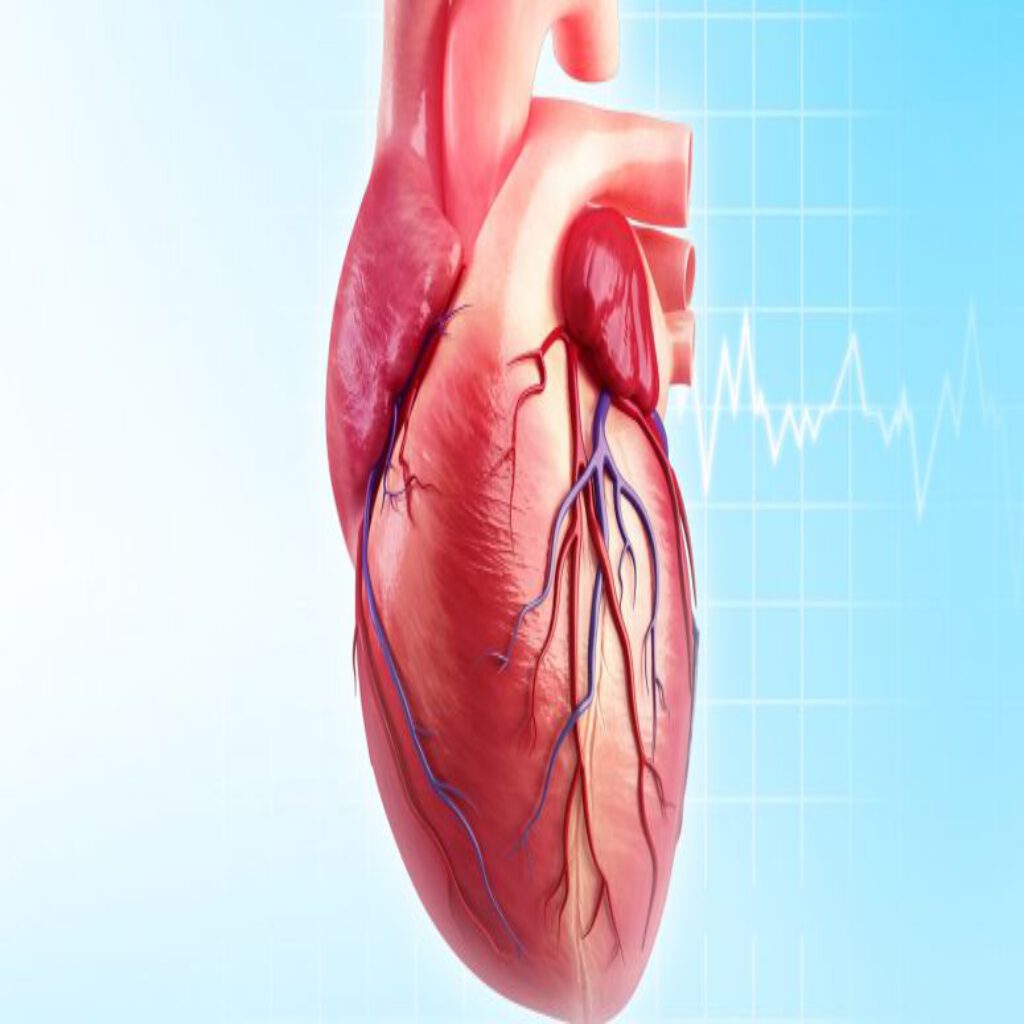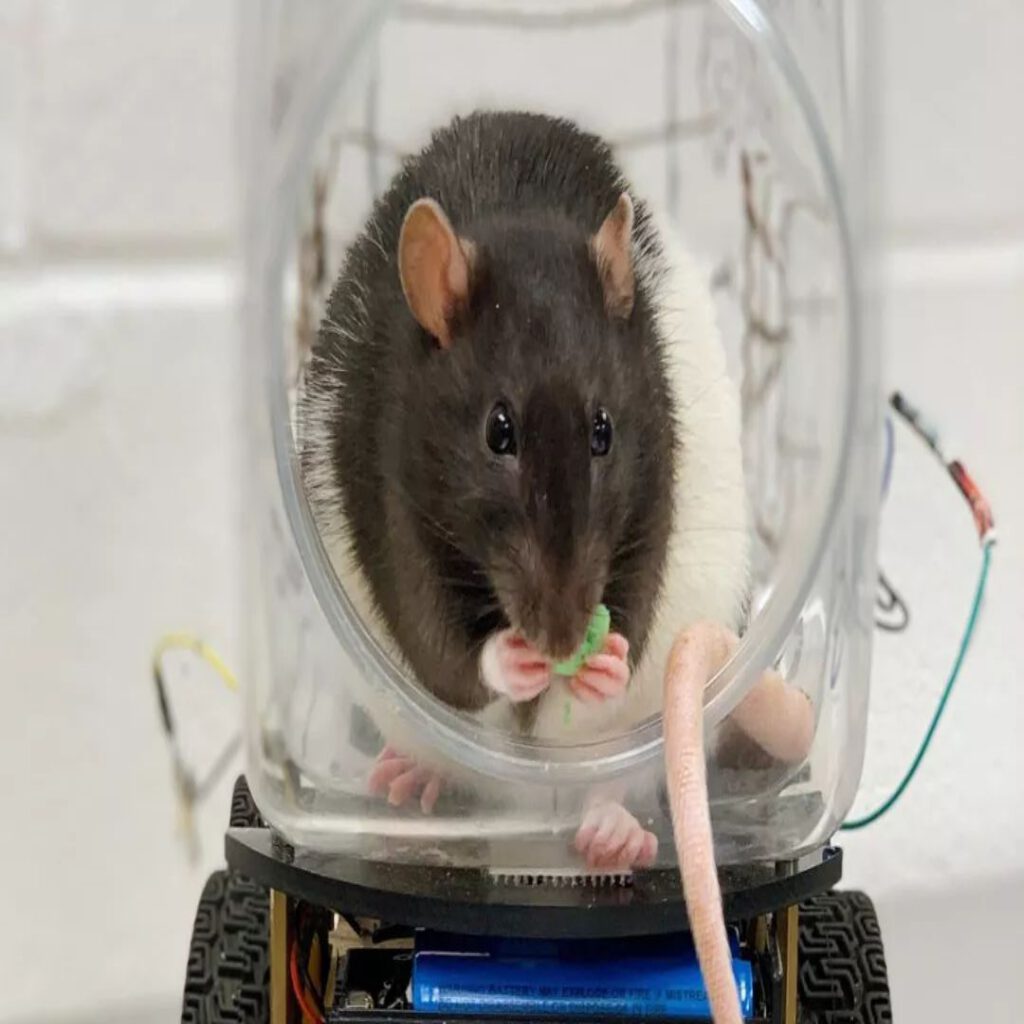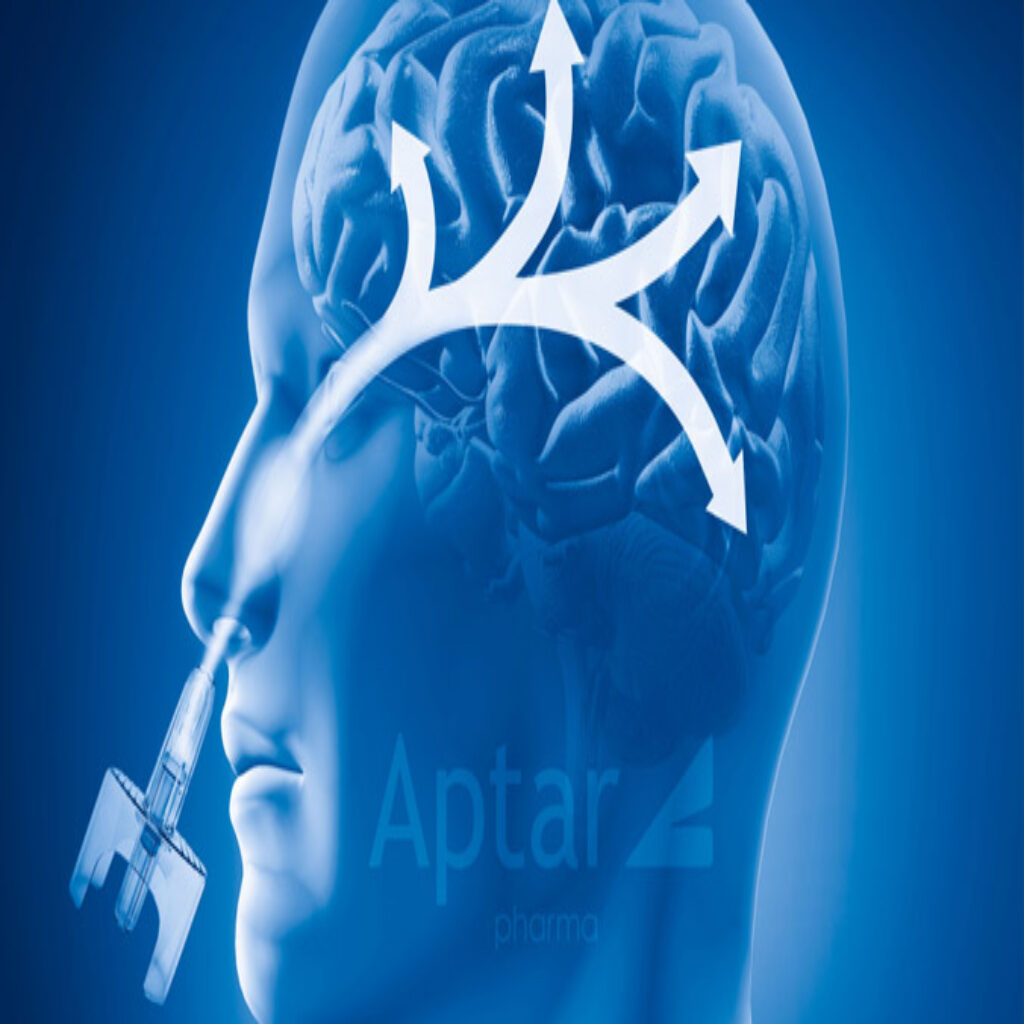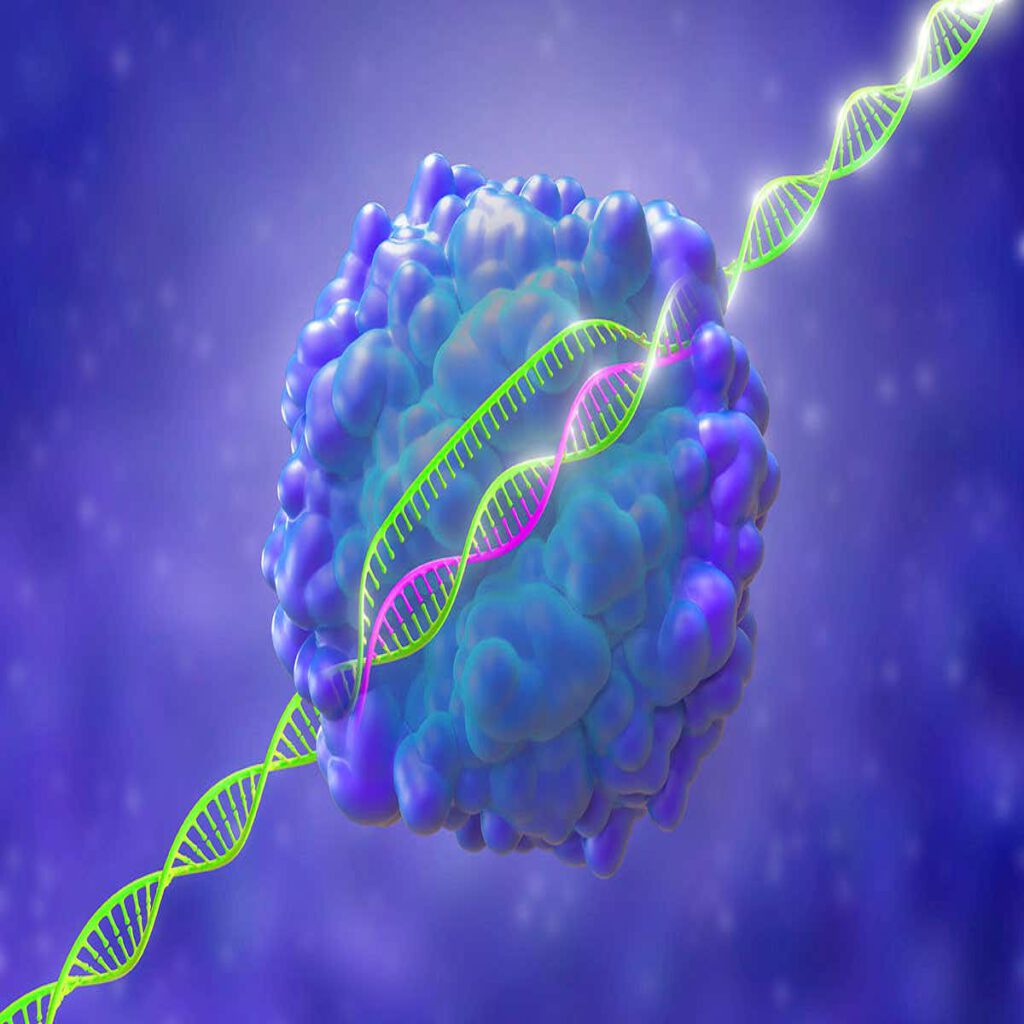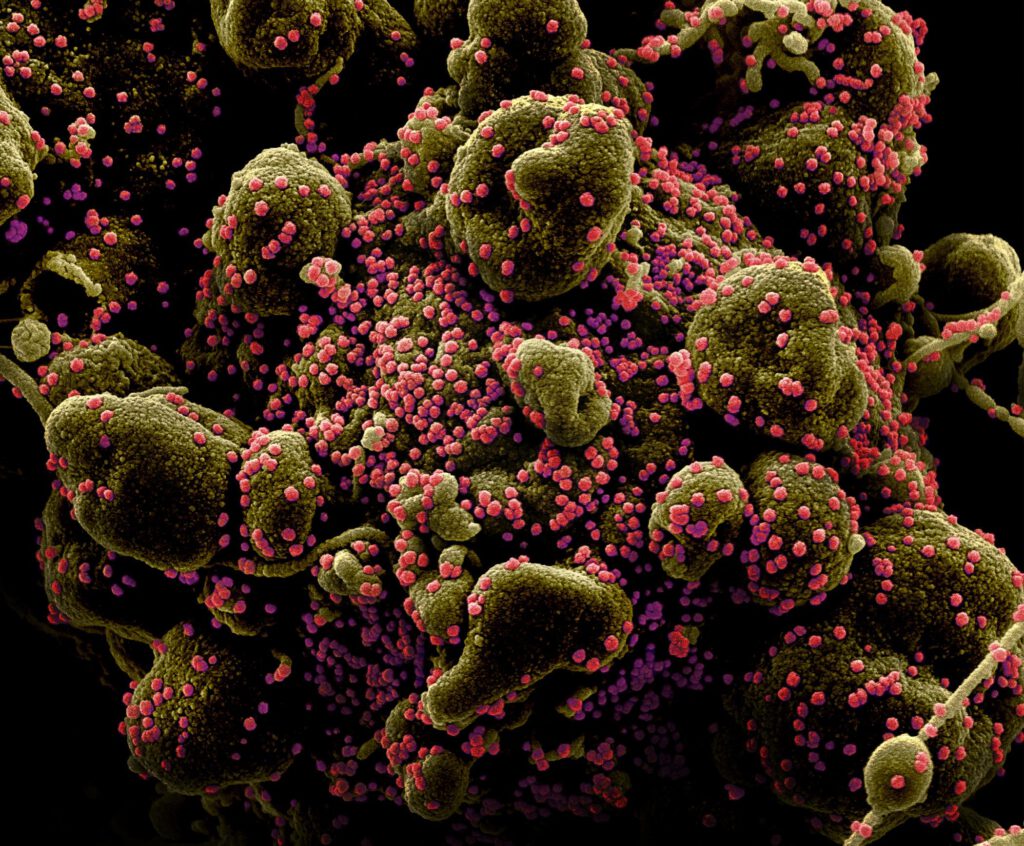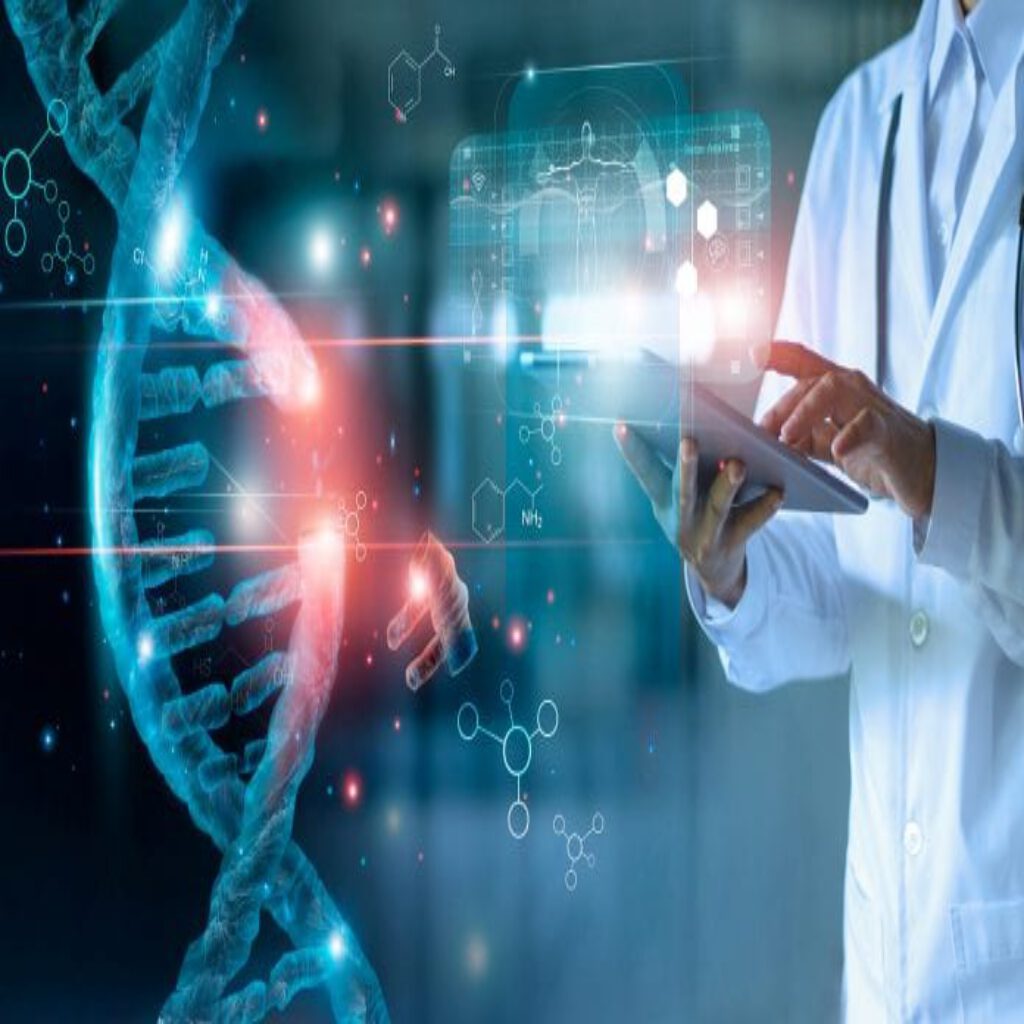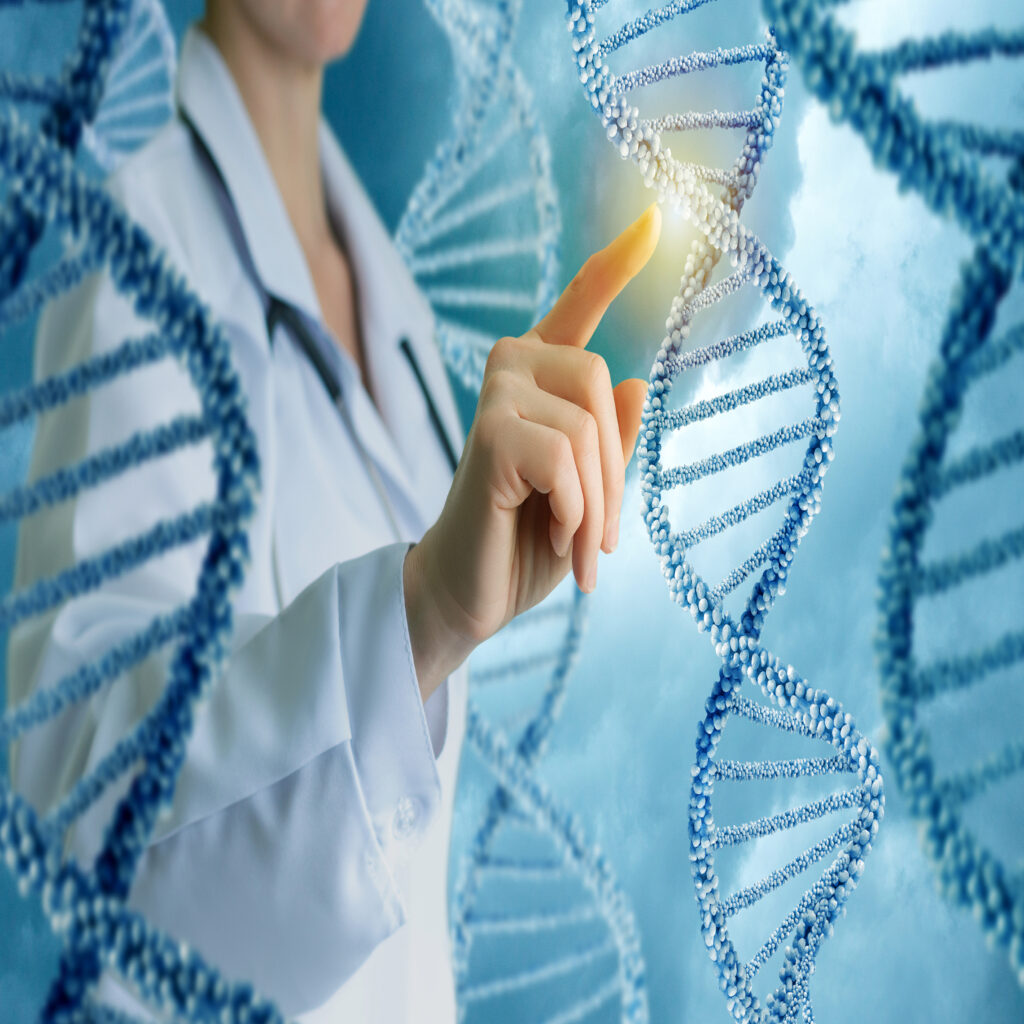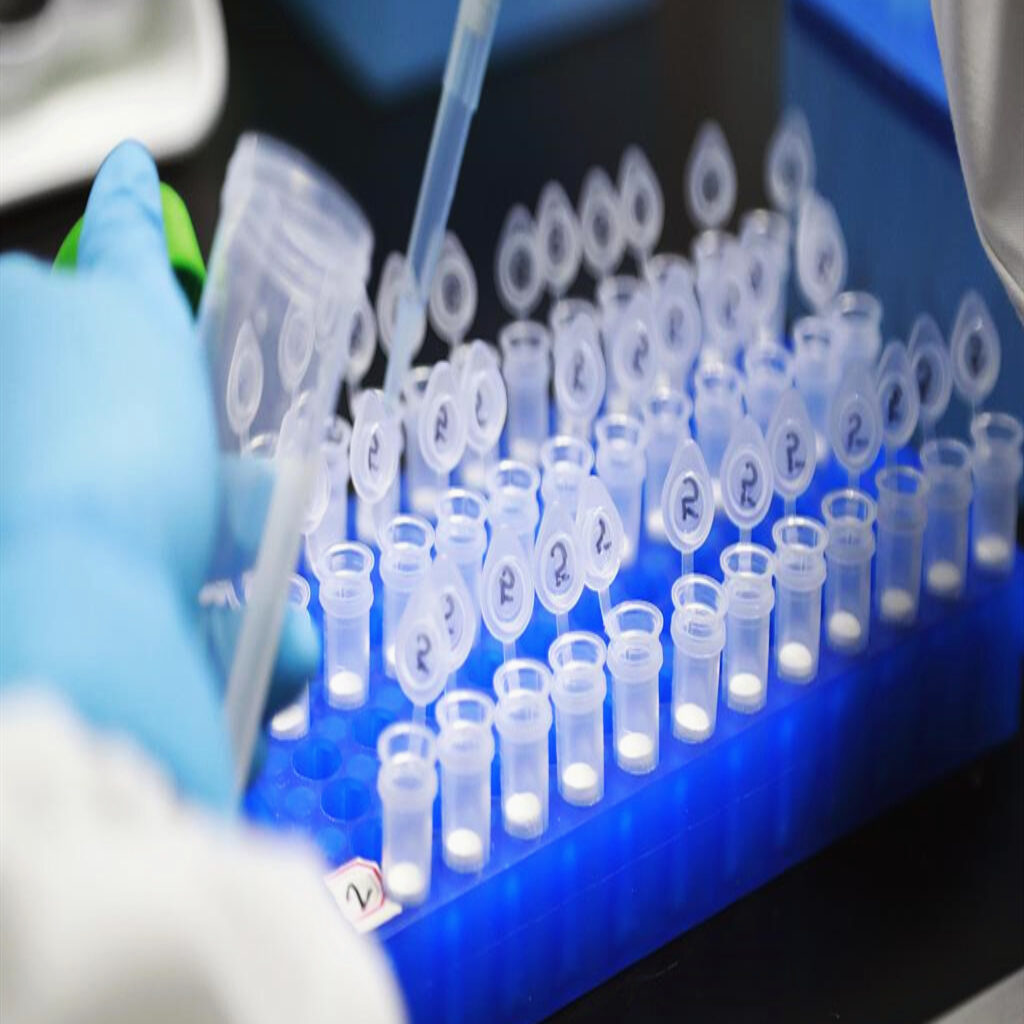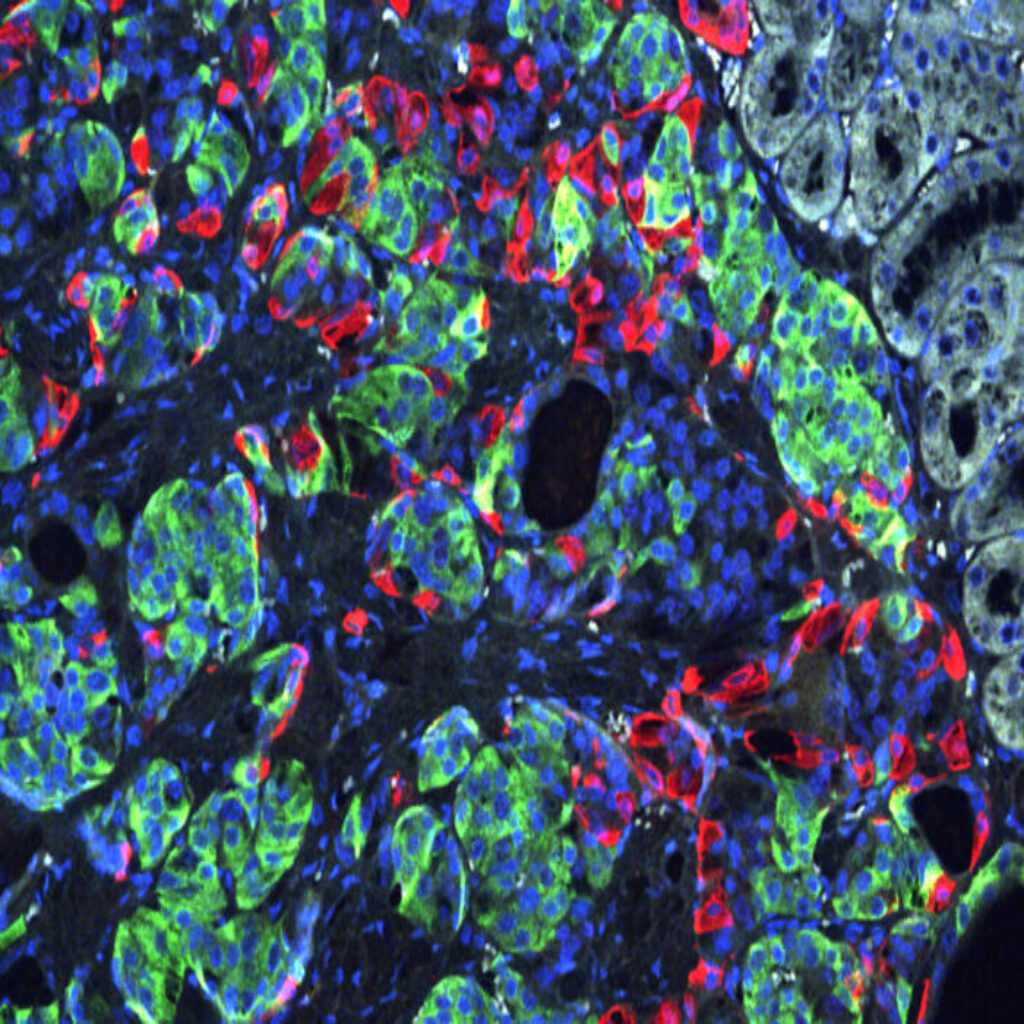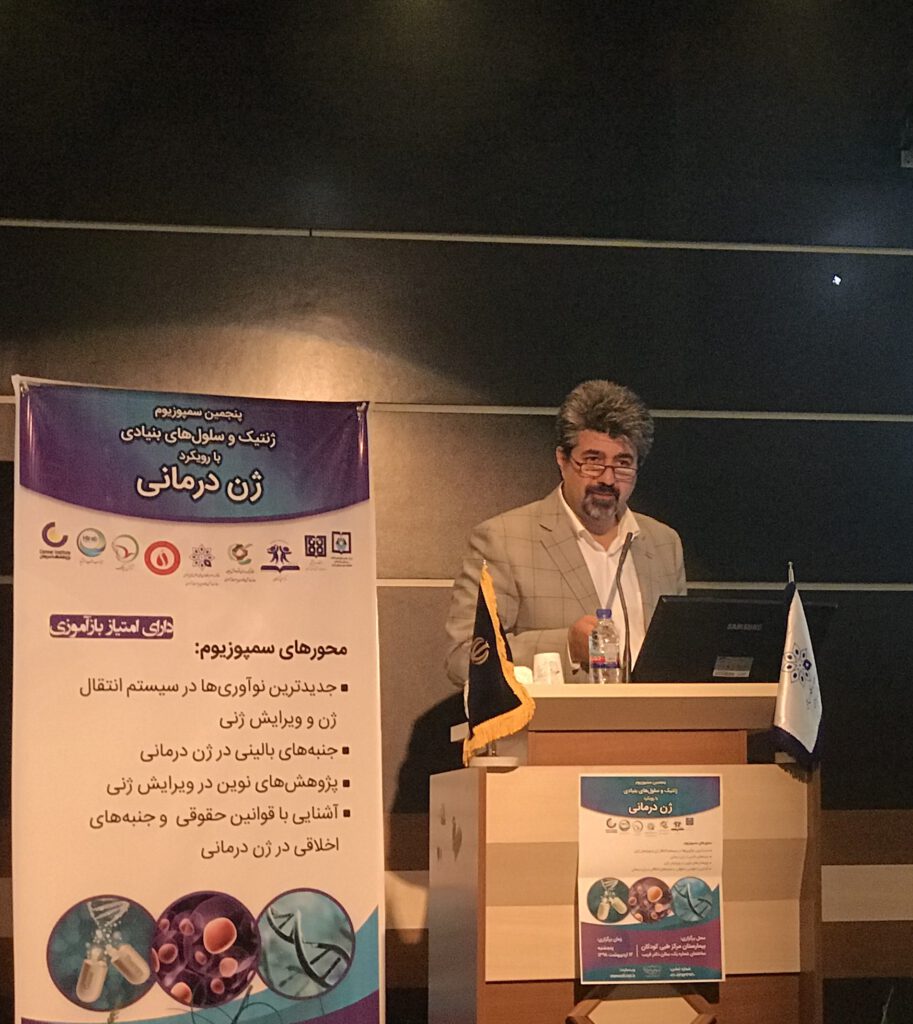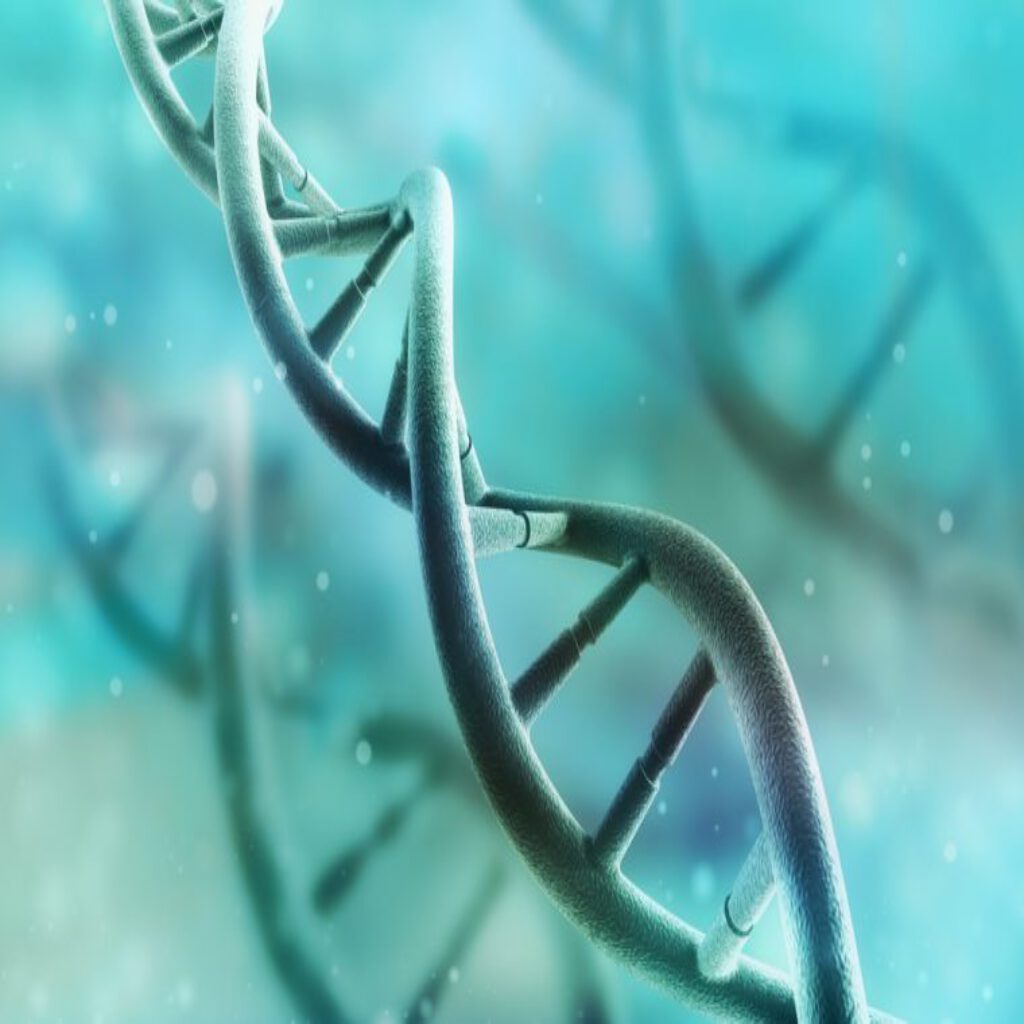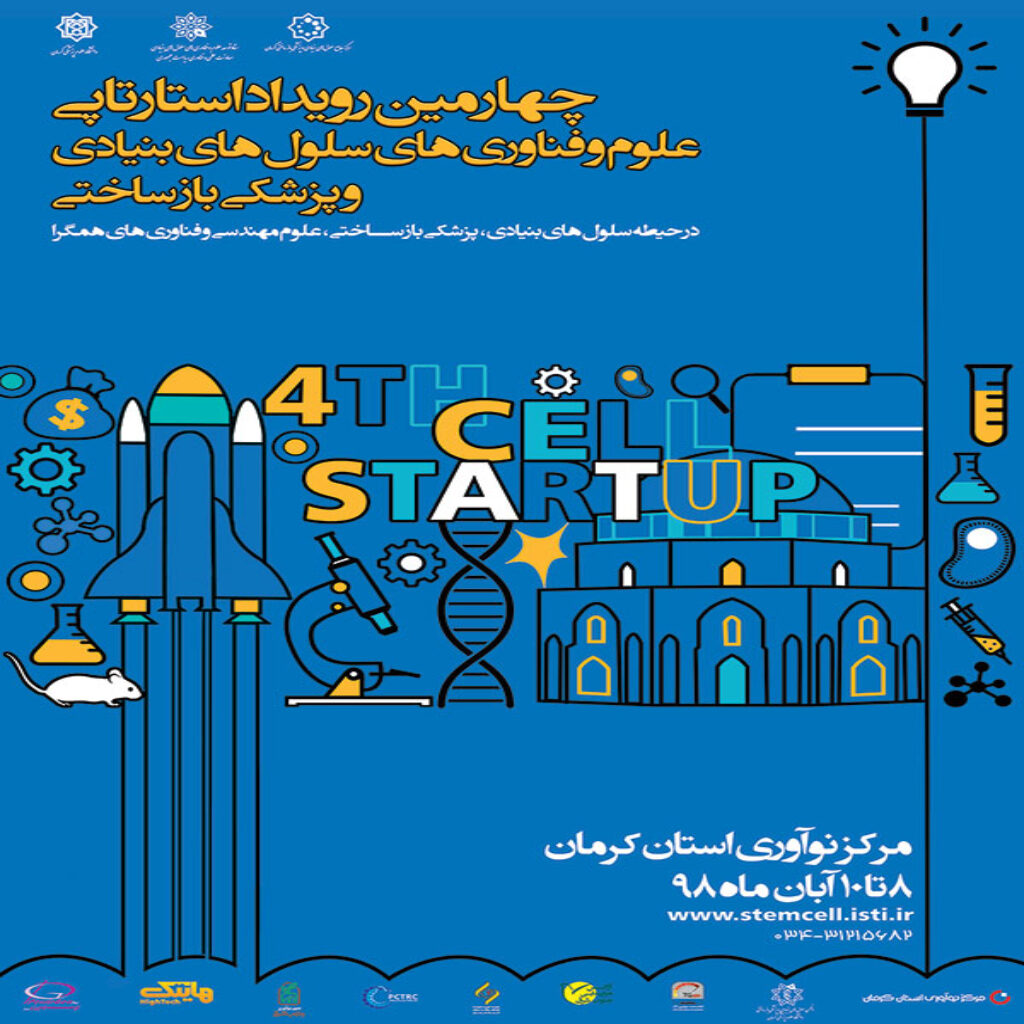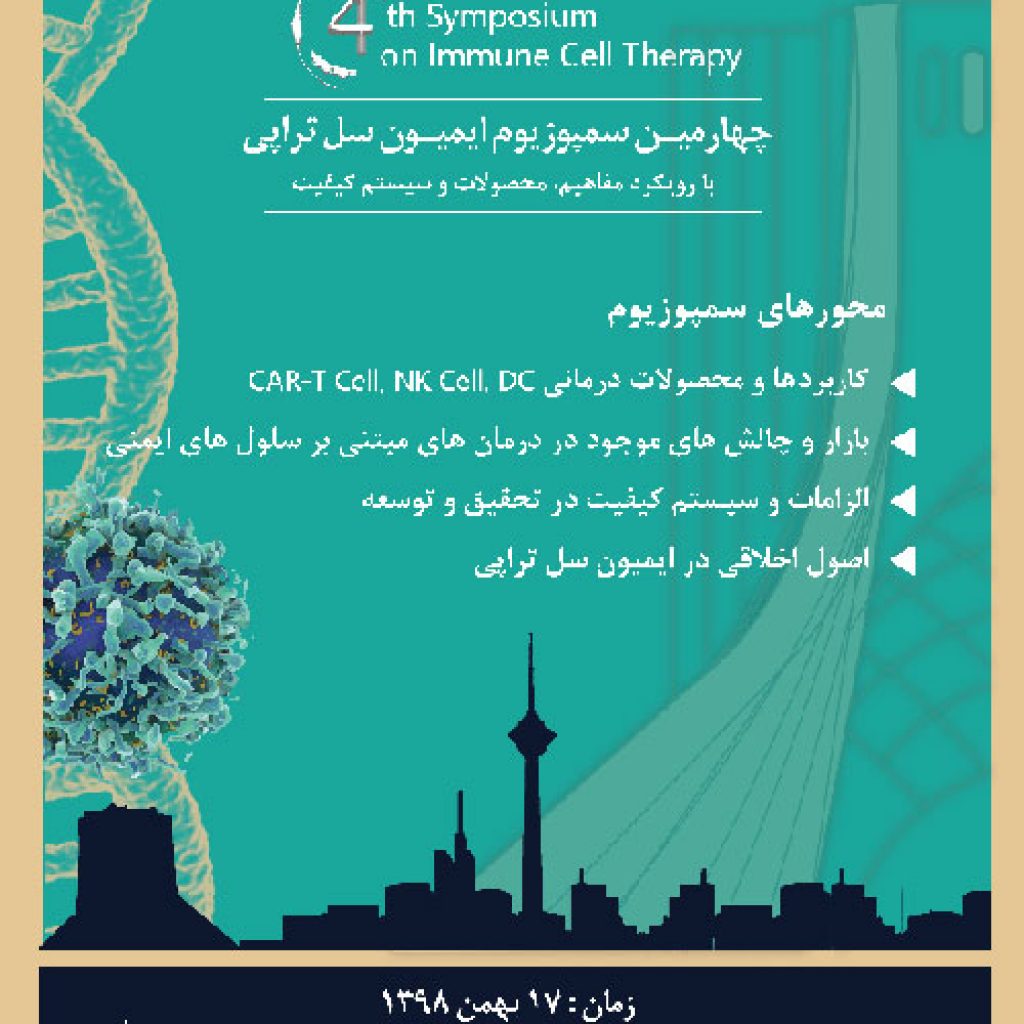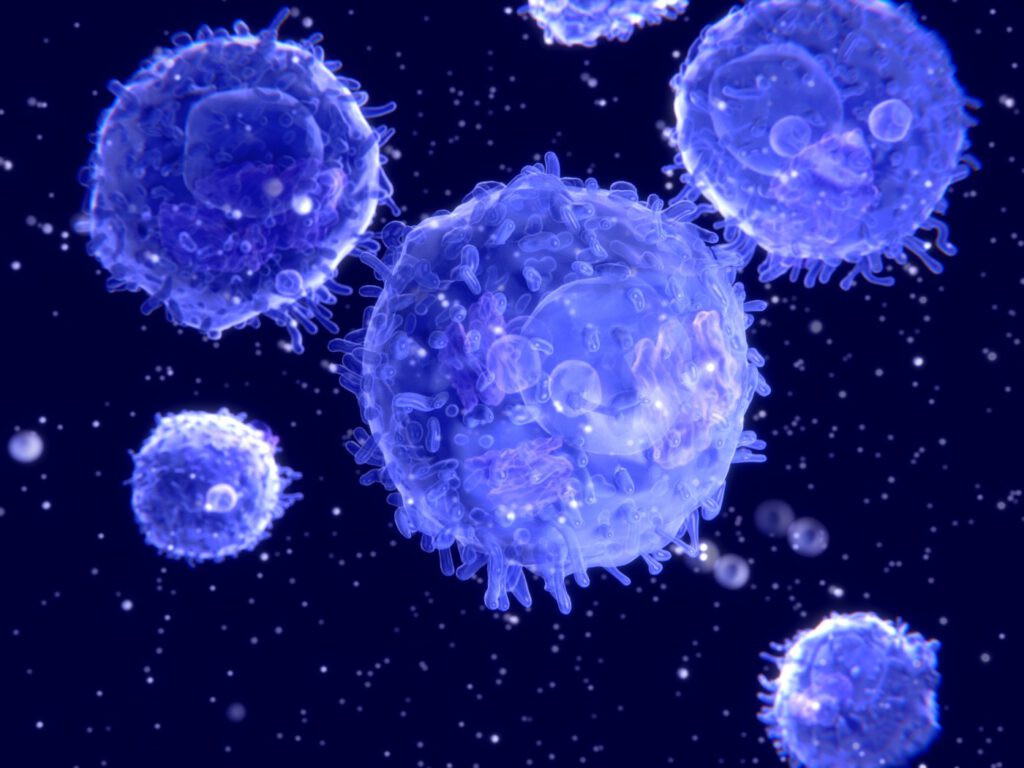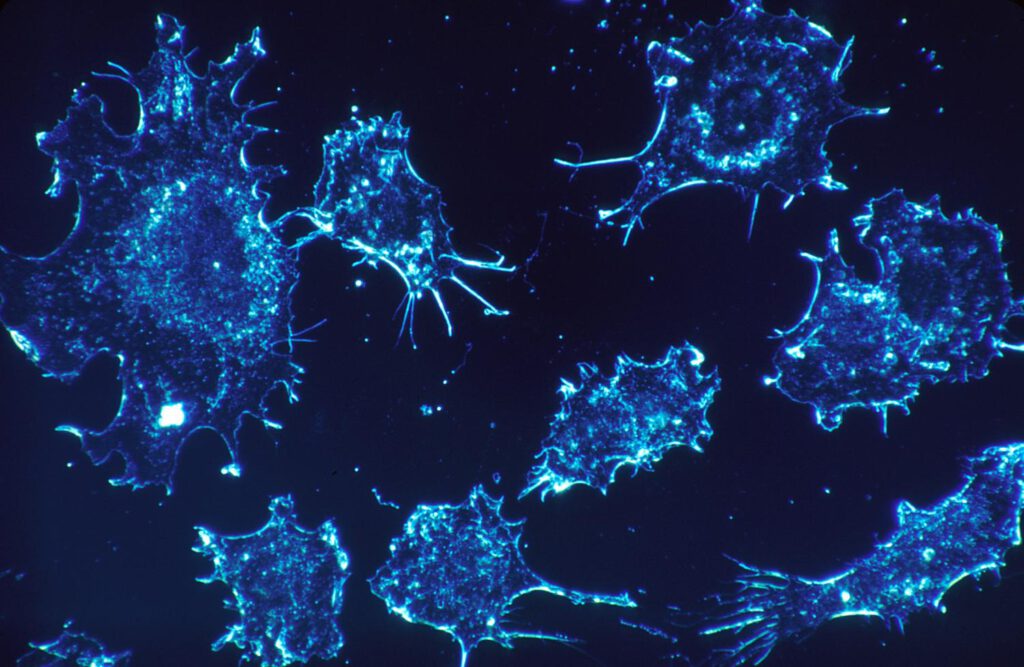NMDP BioTherapies and Cryoport collaborate to Accelerate the Development of Cell and Gene Therapies
NMDP BioTherapies, an organization offering solutions for companies developing and commercializing cell and gene therapies, and Cryoport (NASDAQ: CYRX), a leading global provider of innovative products and services to the fast-growing cell & gene therapy industry enabling the future of medicine for a new era of life sciences, today announced a new strategic partnership. The […]
Two Gene Therapy Products for Sickle Cell Anemia Approval by FDA
Two gene therapy products, Casgevy and Lyfgenia, have been approved by the FDA for the treatment of patients 12 years and older with sickle cell anemia. The FDA approved Casgevy to Vertex Pharmaceuticals and approval of Lyfgenia to Bluebird Bio Inc. Casgevy is the first FDA-approved treatment using CRISPR/Cas9 technology, representing an innovative breakthrough in […]
Lipid Nanoparticles for Muscle-selective mRNA Delivery
Researchers based at the University of Toronto Leslie Dan Faculty of Pharmacy have developed a novel ionizable lipid nanoparticle (LNP), called iso-A11B5C1, that can deliver mRNA specifically to muscle, while minimizing off-target delivery to other tissues, such as the liver and spleen. Tests in the mouse melanoma model showed that iso-AB11B5C1 LNPs significantly slowed tumor […]
Most of Today’s Gene Therapies Rely on Viruses — and that’s a Problem
Around the world, more than 2,000 gene therapies are in development, according to the American Society of Gene and Cell Therapy, which are financially attractive to drug companies. It seems the biggest problem appears to be the viruses ferry genes. Cutting, the geneticist at Johns Hopkins, has high hopes for nonviral delivery vehicles for in-vivo […]
Iranian Scientists Made it Possible to Treat Cancer with Gene Therapy : First CAR-T Cell Therapy in Iran
Gene therapy by using CAR-T cells, one of the most advanced methods for treating cancer, has reached the final stages of development thanks to the tireless efforts of professors at Tehran University of Medical Sciences and the researchers of an Iranian research-based start-up company. Currently, only two other multi-national companies offer this treatment worldwide; and […]
first transplants of insulin producing cells grown from stem cells
Diabetes researchers have logged another major milestone in their efforts to get people off injected insulin. The first clinical trial in humans reported the “initial success” of transplanting pancreatic cells grown from stem cells to produce insulin. According to the study, 35 per cent of the 17 patients who received implants showed signs of insulin production […]
Magnetically guided delivery of therapeutic stem cells into the brain
A minimally invasive method holds promise for the treatment of neurological disorders and injury. Korean researchers have devised a way to remotely direct stem cells to specific areas of the brain to promote neural tissue regeneration. They loaded iron oxide nanoparticles into the cells, which are then guided to the target site by an external […]
Interpreting Sameness of Gene Therapy Products under the Orphan Drug Regulations
This guidance provides FDA’s current thinking on determining sameness of human gene therapy products under FDA’s orphan drug regulations for the purpose of orphan-drug designation and orphan-drug exclusivity. This guidance is intended to assist stakeholders, including industry and academic sponsors who seek orphan-drug designation and orphan-drug exclusivity, in the development of gene therapies for rare […]
Efficient stimulation of retinal regeneration from Müller glia in adult mice
Regenerative neuroscience aims to stimulate endogenous repair in the nervous system to replace neurons lost from degenerative diseases. Recently, we reported that overexpressing the transcription factor Ascl1 in Müller glia (MG) is sufficient to stimulate MG to regenerate functional neurons in the adult mouse retina. However, this process is inefficient, and only a third of […]
Surgeons Attached a Pig Kidney to a Human — and It Worked
Surgeons in New York have successfully attached a kidney grown in a genetically altered pig to a human patient and found that the organ worked normally, a scientific breakthrough that one day may yield a vast new supply of organs for severely ill patients. Although many questions remain to be answered about the long-term consequences […]
Mobile bioprinter mimics skin structure to accelerate wound healing
Researchers at the Wake Forest Institute for Regenerative Medicine (NC, USA) have produced the world’s first mobile skin bioprinting system which can print dermal fibroblasts and epidermal keratinocytes directly onto a wound to encourage healing and reduce scarring. A team from the Wake Forest Institute for Regenerative Medicine (WFIRM; NC, USA) have developed a mobile […]
Unusual stem cell adhesions may shed light on pluripotency
A team from the University of Turku (Finland) has published research showing that focal adhesions may play a key part in differentiation and pluripotency. The group, led by Johanna Ivaska (University of Turku), utilized super-resolution microscopy to visualize and partially map the points of contact between pluripotent stem cells and their extracellular matrix (ECM), and demonstrate a […]
Detecting bone-healing stem cells with nanotechnology
A team of scientists has used nanotechnology to detect bone-healing stem cells which could eventually lead to new treatments for major bone fractures and the repair of lost or damaged bone. The team of physicists, chemists, and tissue engineering experts at the University of Southampton have developed a new way of using nanomaterials to identify and enrich skeletal stem […]
Novel tissue scaffold uses ‘shape memory’ technique to promote tissue regeneration
Researchers from the University of Birmingham (UK) have developed a novel 3D-printed tissue scaffold that possesses ‘shape memory’ – allowing it to conform to irregular spaces and fill soft tissue voids that may occur after trauma or surgery. Their results were recently published in the journal Nature Communications. The scaffold has shown promising tissue-healing performance, including the ability […]
New cell therapy approach shows promise for long-term treatment of Type 1 diabetes mellitus
A team from the University of Tokyo (Japan) has developed a novel graft method for the delivery of pancreatic beta cells via cell therapy. The graft was tested in mice. The results of their study, published in iScience, demonstrated that their approach could be used for the long-term treatment of Type 1 diabetes mellitus. “Cell therapy is an exciting, […]
Phase II trial shows new CAR-T therapy is viable in acute lymphoblastic leukemia patients
In a new Phase II ‘ZUMA-3’ study from researchers at Kite, a Gilead Company (CA, USA), a novel chimeric antigen receptor (CAR) T-cell therapy known as Tecartus has been evaluated in patients with relapsed or refractory B-cell precursor acute lymphoblastic leukemia (ALL), which is an aggressive form of blood cancer. The results were recently published in the journal, The […]
Jellyfish collagen-based cell culture reduces contamination risk and inconsistency
A novel jellyfish-based hydrogel could enable contaminant-free cell culture with higher consistency and biocompatibility, and lower risk of off-target effects. A hydrogel substrate for cell culture based on purified jellyfish collagen shows advantages over traditional cell culture media and could enable more reproducible cell therapies and regenerative medicine. In a recent study in collaboration with […]
The Cell and Gene Therapy Catapult: consortium formed for improvement of manufacturing processes
The Cell and Gene Therapy Catapult (London, UK), with the support of Innovate UK (Swindon, UK), have formed a consortium of over 20 organizations to advance technology development in the fields of cell and gene therapy. The consortium will work to assess the applications of new and already used process analytical technologies in the context of the cell […]
Immune system inhibitors released by new biomaterial may stop rejection
Immune system inhibitors slowly released by biodegradable scaffolds may allow regenerative medicine to bypass implant rejection. Researchers from Tomsk Polytechnic University (Russia) have produced a new biomaterial implant that hopes to avoid irritation caused by the immune system. In collaboration with the University of Montana (MT, USA), the researchers have designed the new biodegradable implant, […]
Gene therapy delivered to the brain shows promise in children with rare neurodegenerative disease
Scientists from Ohio State University have developed a novel method for delivering gene therapy to specific regions of the brain. Now, they have evidence from a small clinical trial in children that the treatment could address a rare, inherited neurodegenerative disease. And they believe their technique could eventually be used to treat more common brain […]
Poseida unveils ‘encouraging’ early data for CAR-T in prostate cancer
Poseida Therapeutics on Tuesday reported preliminary results from a Phase I trial of its experimental autologous CAR-T product P-PSMA-101 “confirming activity” in patients with metastatic castrate-resistant prostate cancer (mCRPC). “To date, other CAR-T therapeutics have not had much success outside of haematologic malignancies,” remarked CEO Eric Ostertag, but the “deep and durable responses in our […]
A collaborative study involving researchers from Lund Stem Cell Center (Sweden) and University College London (UK) has identified a novel method of isolating ‘young’ stem cells present in old mice.
Their research demonstrates that activity of mitochondria may be a stronger indicator of stem cell fitness than age. The research, which has been published in Cell Stem Cell, compared the mitochondrial activity of stem cells from old and young mice by looking at mitochondrial membrane potential (MMP). The investigators reported that although they observed a general […]
Muscle stem cells could retain high regenerative capacity until geriatric age, study reveals
In a recent collaboration, a group of researchers has identified a physiological mechanism in mice that could maintain the regenerative capacity of muscle stem cells until geriatric age. The regeneration of skeletal muscle depends on satellite cells in a dormant or quiescent state – a situation that can be triggered by either damage or stress […]
Adipose stem cells could be controlled by omega-3
Researchers have found that adipose stem cells can sense and respond to the levels of omega-3, altering their behavior. Researchers from Stanford Medical School (CA, USA) have identified a mechanism by which adipose stem cells can detect fatty acids within their environment and alter their behavior accordingly. A cellular structure, termed the ‘primary cilium’, was demonstrated to […]
Humanized skeletal muscle inMYF5/MYOD/MYF6-null pig embryos
Because post-mortem human skeletal muscle is not viable, autologous muscle grafts are typically required in tissue reconstruction after muscle loss due to disease or injury. However, the use of autologous tissue often leads to donor-site morbidity. Here, we show that intraspecies and interspecies chimaeric pig embryos lacking native skeletal muscle can be produced by deleting […]
Brain organoids developed with complex neural activity
Researchers at the University of California Los Angeles (UCLA; CA, USA) have developed brain organoids that exhibit neurological patterns similar to those found in living human brains. The study, published in Nature Neuroscience, broadens the list of brain conditions that can be studied using organoids, with patterns of electrical activity resembling seizures being observed in organoids grown from […]
Can mesenchymal stem cells enhance the body’s immune response to HIV
A team from the University of California, Davis (CA, USA) has discovered that mesenchymal stem cells (MSCs) can reduce the amount of the virus causing AIDS, subsequently boosting the body’s antiviral immunity and repairing/restoring the gut’s lymphoid follicles damaged by the simian immunodeficiency virus (SIV). Published in JCI Insight, this study provides a roadmap for developing multi-pronged human immunodeficiency […]
Iranian professor among world’s top 35 stem cell transplant doctors
Iranian physician, Amir Ali Hamidieh, the founder of pediatric transplantation in Iran, has been included in the list of 35 worldrenowned stem cell –.”transplant doctors in the article “one and a half million hematopoietic stem cell transplants The article entitled “one and a half million hematopoietic stem cell transplants: continuous and differential improvement inworldwide access […]
Novel regeneration method to repair severely damaged lungs
New research has described a model capable of regenerating severely damaged lungs to meet the criteria for transplantation. This development has the potential to increase the number of lungs available for transplant. In a seven-year collaborative study between scientists from Columbia Engineering (NY, USA) and Vanderbilt University (TN, USA), researchers have developed a novel method […]
Researchers at Kyoto University have discovered that ‘waves’ of Hes1 and Ascl1 gene expression are responsible for controlling the active state of adult neural stem cells
Treating brain disorders continues to be a challenging task as neurons have very limited ability to regenerate. The aging process causes further problems as brain stem cells in older patients become dormant and are very difficult to ‘wake up’ when repairs are required. Novel research carried out by researchers from Kyoto University (Kyoto, Japan) has […]
New findings provide hope for treatment of multiple myeloma
Researchers at Karolinska Institutet have investigated the use of low-dose venetoclax, an experimental drug, for the treatment of the heterogeneous cancer disease multiple myeloma in patients who had relapsed on standard therapies. The findings are published in the American Journal of Hematology and provide new hope for the treatment of multiple myeloma. Multiple Myeloma (MM) is a […]
Effectiveness of CAR-T therapy could be indicated by presence of stem cell memory T cells
Having studied the effectiveness of CAR-T therapies in children with leukemia, researchers and clinicians at University College London (UCL) and Great Ormond Street Hospital (both London, UK) have discovered a subset of T cells that are likely to contribute to the success of the treatment. The study has been published in Nature Cancer. “During clinical trials, we have seen some […]
Congratulations to Dima Barhoom
IC-TUMS has experienced the first graduation in Fellowship of Pediatric Hematopoietic Stem Cell Transplantation major. Dima Barhoom who is from Syria was IC-TUMS international student from school of Medicine which has recently been graduated as a first student in the above-mentioned major. TUMS School of Medicine has comprehensive programs on clinical sciences covering M.D Residency (Specialty & Sub-specialty), and fellowship programs. Hematopoietic stem […]
Stem cells obtained from urine may be a strong iPSC source
A new study published in Scientific Reportsclaims to have isolated and characterized stem cells from human urine. The discovery, made by researchers from Heinrich Heine Universität Dusseldorf (Germany), would allow for the non-invasive collection of patient-specific stem cells that could be easily transformed into iPSCs or differentiated for regenerative therapies. Human urine is potentially offering […]
Safety of osteoarthritis cell therapy confirmed in new study
A team of researchers from the Center for Stem Cell and Regenerative Medicine (CSCRM) at Tokyo Medical and Dental University (Japan) has recently confirmed the safety of their novel stem cell therapy to treat knee pain caused by osteoarthritis. The treatment, which involves transplanting the patient’s own mesenchymal stem cells (MSCs) into the cartilage of the affected […]
Gene therapy approach restores immune function to children with a rare immunodeficiency disorder
Researchers from the University of California Los Angeles (UCLA; CA, USA) and Great Ormond Street Hospital (GOSH; London, UK) have collaborated to develop new gene therapy for the treatment of severe combined immunodeficiency due to adenosine deaminase deficiency (ADA-SCID). The study, published in the New England Journal of Medicine, reports the 2- to 3-year outcomes of 50 children treated in […]
Mesenchymal stem cell treatment sees success in new muscular dystrophy study
Scientists at the Klara Medical Center (KMC; Czestochowa, Poland) have shown that mesenchymal stem cells (MSCs) can be used for the treatment of muscular dystrophies – a group of progressive muscle diseases caused by a genetic mutation, resulting in muscle weakness. The MSCs, derived from a substance found in the umbilical cord called Wharton’s jelly (WJ), were […]
A new connection between metabolism and red blood cell development
To investigate the TIF1γ-controlled mechanism, the researchers performed a chemical screen on “bloodless” zebrafish, which lack early precursors for making functional red blood cells. Each tissue in the body has different requirements for metabolism, or how it uses energy to function — for example, a muscle needs different molecules to fuel a contraction compared to […]
Induced vascular progenitor cells enhance functional recovery in ischemic vascular disease model
A research team, affiliated with South Korea’s Ulsan National Institute of Science and Technology (UNIST) has succeeded in generating bipotential self-renewing iVPCs by direct lineage conversion. Revolutionary vascular progenitor cells (VPCs) for the treatment of ischemic vascular diseases has been discovered. This has been generated by direct lineage conversion, which is less likely to cause cancer during […]
Gene therapy delivered to the brain shows promise in children with rare neurodegenerative disease
Scientists from Ohio State University have developed a novel method for delivering gene therapy to specific regions of the brain. Now, they have evidence from a small clinical trial in children that the treatment could address a rare, inherited neurodegenerative disease. And they believe their technique could eventually be used to treat more common brain […]
Stem cell therapy for spinal cord injury improved by plasminogen activator in rats
Stem cells conditioned with a form of tissue-type plasminogen activator were delivering into the spinal cord injury site of rats and demonstrated an increase in limb movements. Researchers from the University of California San Diego (CA, USA) conditioned stem cells with modified tissue-type plasminogen activator (tPA) before delivering the cells into the site of spinal cord injury […]
Engineered cells successfully treat cardiovascular and pulmonary disease
Scientists at UC San Francisco have shown that gene-edited cellular therapeutics can be used to successfully treat cardiovascular and pulmonary diseases, potentially paving the way for developing less expensive cellular therapies to treat diseases for which there are currently few viable options. The study, in mice, is the first in the emerging field of regenerative […]
Immune system inhibitors released by new biomaterial may stop rejection
Immune system inhibitors slowly released by biodegradable scaffolds may allow regenerative medicine to bypass implant rejection. Researchers from Tomsk Polytechnic University (Russia) have produced a new biomaterial implant that hopes to avoid irritation caused by the immune system. In collaboration with the University of Montana (MT, USA), the researchers have designed the new biodegradable implant, […]
Researchers create viable mice eggs from scratch for the first time
A team of researchers affiliated with a host of institutions across Japan has created, for the first time, viable mice eggs from scratch using stem cells. In their paper published in the journalScience, the group describes their process and where they believe it might be used. Lin Yang and Huck-Hui Ng with the Genome Institute […]
The layered structure of nerve cells in the neocortex
The neocortex is a layered structure of the brain in which neurons are arranged parallel to each other. This organization is critical for healthy brain function. A team of researchers from Charité – Universitätsmedizin Berlin have uncovered two key processes that direct this organization. Reporting inScience Advances, the researchers identify one crucial factor which ensures […]
New findings provide hope for treatment of multiple myeloma
Researchers at Karolinska Institutet have investigated the use of low dose venetoclax, an experimental drug, for the treatment of the heterogeneous cancer disease multiple myeloma in patients who had relapsed on standard therapies. The findings are published in the American Journal of Hematology and provide new hope for the treatment of multiple myeloma. Multiple Myeloma (MM) is […]
Extracellular vesicles from human iPSCs enhance reconstitution capacity of cord blood-derived hematopoietic stem and progenitor cells
Cord blood (CB) represents a source of hematopoietic stem and progenitor cells (CB-HSPCs) for bone marrow (BM) reconstitution, but clinical CB application is limited in adult patients due to the insufficient number of CB-HSCPCs and the lack of effective ex vivo approaches to increase CB-HSPC functionality. Since human-induced pluripotent stem cells (hiPSCs) have been indicated […]
Gene therapy breakthrough in mice for rare degenerative brain disorder
a study from the University College London Great Ormond Street Institute of Child Health (UCL GOS ICH) and Great Ormond Street Hospital (GOSH; both London, UK), scientists have for the first time developed a gene therapy targeting dopamine transporter deficiency syndrome (DTDS), a rare degenerative brain disorder. Often mistaken for cerebral palsy, DTDS is a movement disorder that causes […]
Plexin-A1 gene plays a more extensive role in brain development, study shows
Study by the University of Bonn shows that mutations of the investigated gene manifest in different patterns of inheritance. The so-called Plexin-A1 gene seems to play a more extensive role in brain development than previously assumed. This is shown by a current study led by the University Hospital Bonn and the Institute of Anatomy of […]
Odds of stem cell transplant restoring fertility are as random as a coin toss — until now
The chances of restoring fertility through sperm stem cell transplant are as random as a coin toss. But a team of scientists developed a new strategy that serves as a ‘weighted coin’ that can favorably rig the odds to achieve outcomes where fertility is successfully restored. The ability of stem cells to fix impaired functions […]
Integrative Single-Cell RNA-Seq and ATAC-Seq Analysis of Human Developmental Hematopoiesis
Regulation of hematopoiesis during human development remains poorly defined. Here in this study scientise applied single-cell RNA sequencing (scRNA-seq) and single-cell assay for transposase-accessible chromatin sequencing (scATAC-seq) to over 8,000 human immunophenotypic blood cells from fetal liver and bone marrow. they inferred differentiation trajectory and identified three highly proliferative oligopotent progenitor populations downstream of hematopoietic […]
Human skin cells altered to mimic early stage of embryo development
Living structures that model early human embryonic development have been generated entirely from cells in the skin. The models mean it should be possible to study infertility, early miscarriage and early embryonic development without the controversial use of real human embryos – although the models may raise ethical issues of their own. Previously, the only means of […]
NICE final draft guidance approves life-changing gene therapy for treating spinal muscular atrophy
NICE’s final draft guidance published today (4 June 2021) recommends £1.79 million treatment Zolgensma (also called onasemnogene abeparvovec and made by Novartis Gene Therapies) for babies aged up to 12 months with type 1 SMA, This is one of the severest forms of the inherited condition and the life-expectancy of people with it is usually less than 2 years. […]
CAR-T Cell Therapy for Brain Tumors
One of the greatest challenges in treating brain tumors is finding an effective way to eliminate the entire disease, making sure no cancer cells are left behind, while minimizing damage to healthy brain tissue. Surgery, radiation and chemotherapy can help in the short term, but in many cases the cancer eventually returns. A special form […]
New method can improve drug delivery in implants
An innovative biomaterial discovery by researchers at the University of Toronto in collaboration with Ripple Therapeutics Inc., has established a method that yields better control over drug release profiles in implants and has the potential to disrupt the classical drug delivery market. Normally, drug molecules are incorporated inside biodegradable or non-degradable polymer shells and slowly […]
Extracellular vesicles derived from fibroblasts promote wound healing by optimizing fibroblast and endothelial cellular functions
Extracellular vesicles (EVs) have been exhibited as promising candidates for delivering endogenous therapeutic cargos for regenerative therapies. Fibroblasts could be candidate source cells for EVs, to investigate their therapeutic effects in wound healing. Here we demonstrated the isolation and characterization of fibroblast‐derived (L929 cell line) EVs (L929‐EVs). Furthermore, L929‐EVs treatment showed pro‐wound healing effects in vitro […]
Research study finds way to revive potent immune cells for cancer therapy
A Ludwig Cancer Research study has discovered how to revive a powerful but functionally inert subset of anti-cancer immune cells that are often found within tumors for cancer therapy. Led by Ludwig Lausanne’s Ping-Chih Ho and Li Tang of the École Polytechnique Fédérale de Lausanne, the study describes how an immune factor known as interleukin-10 […]
Research study finds way to revive potent immune cells for cancer therapy
A Ludwig Cancer Research study has discovered how to revive a powerful but functionally inert subset of anti-cancer immune cells that are often found within tumors for cancer therapy. Led by Ludwig Lausanne’s Ping-Chih Ho and Li Tang of the École Polytechnique Fédérale de Lausanne, the study describes how an immune factor known as interleukin-10 […]
Gene therapy approach restores immune function to children with rare immunodeficiency disorder
Researchers from the University of California Los Angeles (UCLA; CA, USA) and Great Ormond Street Hospital (GOSH; London, UK) have collaborated to develop a new gene therapy for the treatment of severe combined immunodeficiency due to adenosine deaminase deficiency (ADA-SCID). The study, published in the New England Journal of Medicine, reports the 2- to 3-year outcomes of 50 children treated […]
Patients improve after heart cell therapy
The therapeutic, known as CAP-1002, contains cardiosphere-derived cells (CDCs) that are grown in the laboratory from human heart tissues. Previous preclinical and clinical research showed that the CDCs, originally created by a process developed to treat heart failure, can help the whole body. Investigators emphasized that the patient outcomes, while encouraging, are not sufficient to […]
Mouse totipotent stem cells captured and maintained through spliceosomal repression
Since establishment of the first embryonic stem cells (ESCs), in vitro culture of totipotent cells functionally and molecularly comparable with in vivo blastomeres with embryonic and extraembryonic developmental potential has been a challenge. Here we report that spliceosomal repression in mouse ESCs drives a pluripotent-to-totipotent state transition. Using the splicing inhibitor pladienolide B, we achieve stable in vitro culture of totipotent ESCs comparable at […]
Heart Cells Change During Spaceflight
It sounds scary, but the changes are only temporary: Researchers report that heart cells grown in space showed altered gene expression. But just 10 days after being returned to Earth, the heart cells returned to normal. Once stem cells grew into heart cells aboard the International Space Station, their exposure to microgravity changed the expression […]
Scientists have built a fully functioning thymus from human cells
thymus is the organ of the chest where T-lymphocytes mature, which play a vital role in the immune system. In an experimental study published in Nature Communications, the researchers reconstructed the thymus using stem cells taken from patients who had to have the organ removed during surgery. When transplanted into mice, the bioengineered thymi were […]
Artificial intelligence approach diversifies AAV vectors for gene therapy
Adeno-associated viruses (AAVs) are widely regarded as a promising means of delivering gene therapies to defective tissues in the human body, yet there is still a way to go before they can meet their full potential as effective gene delivery products. To this end, researchers at Dyno Therapeutics have collaborated with Google Research, Harvard’s Wyss Institute and Harvard Medical School (all MA, […]
Tissue repair achieved in mouse models of inflammatory bowel disease
In a collaborative study between KU Leuven (Belgium) and Seoul National University (South Korea), researchers have developed a method to repair damaged tissues in the intestine using the patient’s own immune system. This regenerative approach may lead to a novel treatment for those with inflammatory bowel diseases, such as ulcerative colitis and Chron’s disease. Their research was recently published […]
Drinking blocks a chemical that promotes attention
In a new paper, researchers from The University of Texas Health Science Center at San Antonio (UT Health San Antonio) report brain chemistry that may contribute to why drinkers have difficulty paying attention while under the influence. The work is funded by generous support from the Robert J. Kleberg, Jr. and Helen C. Kleberg Foundation […]
NIH Reverses Limits on Human Fetal Tissue Research
The National Institutes of Health announced April 16 that it is rescinding limitations on fetal tissue research put in place by former President Donald Trump. The agency’s notice about the change states that the NIH will no longer convene the Human Fetal Tissue Research Ethics Advisory Board to review new external grants and proposals using fetal tissue, but continues […]
Purified exosomal product triggers wound healing in preclinical model
Ischemic wounds in preclinical models have been healed using an acellular product developed by the Mayo Clinic (MN, USA), with normal scar-free skin after treatment. Published in the journal Theranostics, the team documented restoration of skin integrity, hair follicles, sweat glands, skin oils and normal hydration, laying the foundation for clinical studies to test the safety of using […]
Researchers identify mechanisms that are essential for proper skin development
Mount Sinai researchers have discovered that Polycomb complexes, groups of proteins that maintain gene expression patterns, are essential for proper skin development, according to a paper published in Genes & Development on February 18. This latest discovery could improve development of future stem cell therapies to generate “skin on a dish” to transplant into burn victims and […]
Feeding off fusion or the immortalization of tumor cells
Worldwide, cancer is the second leading cause of death—in 2018 alone, it claimed approximately 9.6 million lives, or one in six deaths. The development of cancer is incredibly complex and is controlled by an interplay of various factors—only recently, it became clear that the majority of human cancers such as cervical, gastrointestinal and breast among […]
Researchers build first model acute myeloid leukemia progression using CRISPR
A research team led by the Icahn School of Medicine at Mount Sinai (Icahn Mount Sinai) has built the first cellular model to depict the evolution of acute myeloid leukemia (AML), from its early to late stages. By using gene editing technologies to alter genes that make cells malignant, the team was able to identify […]
Researchers develop method to regrow cartilage in arthritic mice
Researchers at Stanford University School of Medicine (CA, USA) have discovered a way to regenerate cartilage in mouse and human tissue. The study was recently published in Nature Medicine, and builds on previous research at Stanford that resulted in the isolation of the skeletal stem cell responsible for the production of bone and cartilage. “Cartilage has practically zero […]
6th Symposium of Genetics and Stem Cells tending to Gene Therapy
Council for Development of Stem Cell Sciences and Technologies of the Vice President of Science and Technology and Tehran University of Medical Sciences are proudly present, the Sixth Symposium on Genetics and Stem Cells tending to Gene Therapy. So all professors, researchers, students in the field of stem cells and regenerative medicine, genetics, biotechnology and […]
First patient-derived organoid model developed for cervical cancer
A team from the Hubrecht Institute (Utrecht, The Netherlands) has developed the first patient-derived organoid model for cervical cancer. This novel system provides an excellent model to study the human cervix. Their results were recently published in the journal Cell Stem Cell. Organoids, derived from stem cells, are tiny 3D tissue cultures that mimic the function of an […]
First model of early human embryo generated from skin cells
In a discovery that will revolutionize research into the causes of early miscarriage, infertility and the study of early human development – an international team of scientists led by Monash University in Melbourne, Australia has generated a model of a human embryo from skin cells. The team, led by Professor Jose Polo, has successfully reprogrammed […]
Containing the coronavirus effects on the nervous system
A number of studies have shown that human coronaviruses, including SARS-CoV-2 which causes COVID-19, appear to attack neurons and the nervous system in vulnerable populations. This neuroinvasion through the nasal cavity leads to the risk of neurological disorders in affected individuals. Research conducted at the Institut national de la recherche scientifique (INRS) has identified ways […]
First non-human primate study showing promise of gene therapy for stroke repair
Stroke is a leading cause of death and severe long-term disability with limited treatments available. A research team led by Prof. Gong Chen at Jinan University, Guangzhou, China recently reported the first non-human primate study demonstrating successful in vivo neural regeneration from brain internal glial cells for stroke repair. This work was published in Frontiers in […]
Cell-to-cell fusion approach boosts supply of blood stem cells
A group of researchers has identified a specific protein that is critical for the expansion of blood stem cells. Their discovery, which has been published in Cell Reports, may lead to new methods for growing large quantities of these stem cells, both inside and outside of the human body. Although hematopoietic stem cells (HSCs) have enormous […]
New method to boost supply of life-saving stem cells
Researchers at the Center for Genomic Regulation (CRG) in Barcelona and Columbia University in New York City have identified a protein that is critical for the expansion of typically scarce, life-saving blood stem cells. The discovery may lead to new methods for growing a large quantity of these stem cells, both inside and outside the human body, […]
Molecular Sleuthing Identifies and Corrects Major Flaws in Blood-Brain Barrier Model Derived from Pluripotent Stem Cells
Induced brain microvascular endothelial cells (IBMECs) (top panel) cultured in 3D assume an epithelial organoid structure and express the epithelial cell marker EPCAM (purple). When they are reprogrammed by overexpression of ETV2, ERG and FLI1, they lose EPCAM expression, acquire vascular markers VE-Cad (red) and PECAM1 (green) and are able to fulfill the function of […]
Keratins are asymmetrically inherited fate determinants in the mammalian embryo
To implant in the uterus, the mammalian embryo first specifies two cell lineages: the pluripotent inner cell mass that forms the fetus, and the outer trophectoderm layer that forms the placenta1. In many organisms, asymmetrically inherited fate determinants drive lineage specification2, but this is not thought to be the case during early mammalian development. Here […]
‘BAH-code’ reader senses gene-silencing tag in cells
University of North Carolina Lineberger Comprehensive Cancer Center researchers have identified a new and evolutionarily conserved pathway responsible for “closing down” gene activity in the mammalian cell. The finding is closely related to the Polycomb pathway defined decades ago by a set of classic genetic experiments carried out in fruit flies. UNC Lineberger’s Greg Wang, […]
New research sheds light on vision loss in Batten disease
Progressive vision loss, and eventually blindness, are the hallmarks of juvenile neuronal ceroid lipofuscinosis (JNCL) or CLN3-Batten disease. New research shows how the mutation associated with the disease could potentially lead to degeneration of light sensing photoreceptor cells in the retina, and subsequent vision loss. “The prominence and early onset of retinal degeneration in JNCL […]
FDA Approves First Cell-Based Gene Therapy for Adult Patients with Multiple Myeloma
The U.S. Food and Drug Administration approved Abecma (idecabtagene vicleucel), a cell-based gene therapy to treat adult patients with multiple myeloma who have not responded to, or whose disease has returned after, at least four prior lines (different types) of therapy. Abecma is the first cell-based gene therapy approved by the FDA for the treatment […]
Brachyury engineers cardiac repair competent stem cells
To optimize the regenerative proficiency of stem cells, a cardiopoietic protein‐based cocktail consisting of multiple growth factors has been developed and advanced into clinical trials for treatment of ischemic heart failure. Streamlining the inductors of cardiopoiesis would address the resource intensive nature of the current stem cell enhancement protocol. To this end, the microencapsulated‐modified‐mRNA (M3RNA) […]
Retinal transplant boost opens door to treat eyesight loss
Dying retinal cells send out a rescue signal to recruit stem cells and repair eye damage, according to the findings of a new study published today in the journal Molecular Therapy. The findings open the door to restoring eyesight by modifying stem cells to follow the signal and transplanting them into the eye. Martina Pesaresi, Ph.D., […]
Researchers discover placental stem cells that can regenerate heart after heart attack
Researchers at the Icahn School of Medicine at Mount Sinai have demonstrated that stem cells derived from the placenta known as Cdx2 cells can regenerate healthy heart cells after heart attacks in animal models. The findings, published in the May 20 issue of Proceedings of the National Academy of Sciences (PNAS), may represent a novel treatment for […]
New method to boost supply of life-saving stem cells
Researchers at the Center for Genomic Regulation (CRG) in Barcelona and Columbia University in New York City have identified a protein that is critical for the expansion of typically scarce, life-saving blood stem cells. The discovery may lead to new methods for growing a large quantity of these stem cells, both inside and outside the human body, […]
Novel CAR-T therapy sees success in treatment-resistant myeloma patients
Idecabtagene vicleucel (ide-cel), a novel CAR-T therapy, has produced positive results in a Phase II trial against multiple myeloma. The multi-institutional study, led by scientists from the Dana-Farber Cancer Institute (MA, USA), has led to remissions in almost 75% of patients who had previously relapsed. These results are significantly better than those seen in currently available therapies. […]
Researchers discover clue to how to protect neurons and encourage their growth
Many neurodegenerative conditions, from glaucoma to Alzheimer’s disease, are characterized by injury to axons—the long, slender projections that conduct electrical impulses from one nerve cell to another, facilitating cellular communications. Injury to axons often leads to neuronal impairment and cell death. Researchers know that inhibiting an enzyme called dual leucine zipper kinase (DLK) appears to […]
Feeding off fusion or the immortalization of tumor cells
Worldwide, cancer is the second leading cause of death—in 2018 alone, it claimed approximately 9.6 million lives, or one in six deaths. The development of cancer is incredibly complex and is controlled by an interplay of various factors—only recently, it became clear that the majority of human cancers such as cervical, gastrointestinal and breast among […]
Adipose-derived stem cells used to treat lymphedema in successful Phase I trial
In a new Phase I clinical trial, scientists from Odense University Hospital (Denmark) have shown that adipose-derived stem cells could be used to treat lymphedema – a chronic condition that typically causes swelling in the arms or legs. This novel regenerative therapy could lead to a new avenue of treatment for patients with breast cancer-related lymphedema (BRCL). […]
Yale Scientists Unlock “Sugar Code” to Regulate in vivo and ex-vivo Blood Stem Cell Production
Yale scientists have identified a crucial biological link in the process that transforms certain complex sugars into hematopoietic stem and progenitor cells. Reprogramming cells into hematopoietic stem and progenitor cells (HSPCs) has been the holy grail for autologous stem cells transplants, a lifesaving therapy for blood cancer diseases. However, the mechanisms that regulate this transition […]
First non-human primate study showing promise of gene therapy for stroke repair
Stroke is a leading cause of death and severe long-term disability with limited treatments available. A research team led by Prof. Gong Chen at Jinan University, Guangzhou, China recently reported the first non-human primate study demonstrating successful in vivo neural regeneration from brain internal glial cells for stroke repair. This work was published in Frontiers in […]
New CRISPR technology helps revolutionize gene therapy
Researchers from the National Institutes of Health (MD, USA) and Harvard University (MA, USA) have used second-generation CRISPR gene-editing technology termed ‘base editing’ to revolutionize gene therapy in order to tackle a genetic disorder called Hutchinson–Gilford progeria syndrome (HGPS). Their results, which have been tested in cultured fibroblasts and mice, were published in Nature. HGPS is typically caused by a […]
Researchers create human airway stem cells from patients’ cells
For the first time, researchers have successfully created airway basal stem cells in vitro from induced pluripotent stem cells by reprogramming blood cells taken from patients. Given that airway basal cells are defined as stem cells of the airways because they can regenerate the airway epithelium in response to injury, this study may help accelerate […]
Synthetic biology and machine learning speed the creation of lab-grown livers
Researchers at the University of Pittsburgh School of Medicine have combined synthetic biology with a machine-learning algorithm to create human liver organoids with blood- and bile-handling systems. When implanted into mice with failing livers, the lab-grown replacement livers extended life. The study, published today in Cell Systems, shows that it’s possible to trigger and speed up […]
Scientists have built a fully functioning thymus from human cells
The thymus is the organ of the chest where T-lymphocytes mature, which play a vital role in the immune system. In an experimental study published in Nature Communications, the researchers reconstructed the thymus using stem cells taken from patients who had to have the organ removed during surgery. When transplanted into mice, the bioengineered thymi […]
Stem cell transplant benefits older adults with MDS
Among older patients with myelodysplastic syndrome (MDS), survival rates are better for those undergoing allogeneic hematopoietic cell transplantation (HCT), according to a study presented at the annual meeting of the American Society of Hematology, held virtually from Dec. 5 to 8. Ryotaro Nakamura, M.D., from the City of Hope in Duarte, California, and colleagues conducted […]
3D-printed device developed for directed stem cell differentiation
Researchers from the Singapore University of Technology and Design (SUTD) have 3D-printed micro-scaled devices to enhance the production of cardiomyocytes from stem cells. The study, published in Bioprinting, demonstrates the ability of these devices to control various parameters such as cell numbers, size and sphericity of embryoid bodies that drive the differentiation of stem cells. This novel approach […]
Scientists develop new gene therapy for eye disease
Scientists from Trinity College Dublin have developed a new gene therapy approach that offers promise for one day treating an eye disease that leads to a progressive loss of vision and affects thousands of people across the globe. The study, which involved a collaboration with clinical teams in the Royal Victoria Eye and Ear Hospital […]
Scientists replace malfunctioning ‘vacuum cleaner’ cells linked to neurological disorders
Researchers at Fudan University in Shanghai, China have developed three different techniques that successfully replace almost all malfunctioning microglia—each technique with its own advantage in application. The researchers published their findings on Aug 11, 2020 in Cell Reports. Microglia are a specialized type of immune system cell that are found throughout the central nervous system (CNS), […]
First stem cells discovered to produce placenta cells
An international study led by researchers at Monash University (Melbourne, Australia) and Duke-NUS (Singapore) has reported the discovery of novel stem cells that can produce placenta cells. This world-first discovery may open a new avenue of therapy for placenta complications during pregnancy. Induced pluripotent stem cells (iPSCs) can be derived from human skin cells and are used to develop […]
Stanford team creates cellular atlas of the human lung
A team of researchers from multiple departments at Stanford University has created a cellular atlas of the human lung that highlights the dozens of cell types that comprise parts of the lungs. In their paper published in the journalNature, the researchers describe their work (mostly involving single-cell RNA sequencing) and some of the things they […]
The prevalence of neural injuries from unproven stem cell therapies
A team of researchers led by UConn Health (CT, USA) recently conducted a nationwide survey of US academic neurologists’ experience in complications associated with stem cell tourism. The results of the survey, published in Annals of Neurology, demonstrate that neural injuries as a result of unproven stem cell therapies are more common than expected, with one in four […]
Can hematopoietic stem cell transplants prevent worsening of symptoms in multiple sclerosis
A group of researchers based at the University of Genoa (Italy) has identified that hematopoietic stem cell transplants in individuals with multiple sclerosis (MS) can reduce the likelihood that their symptoms worsen in the long-term. The authors of the study, published in Neurology, suggest that hematopoietic stem cell transplants should be considered as a routine treatment for individuals […]
Stem cell-coated biomaterial speeds up fracture repair
Scientists at King’s College London (UK) have developed a bandage-like biomaterial that enables the transplantation of bone-forming stem cells directly into bone fractures, dramatically speeding up the healing process. Current methods rely on the body’s own ability to heal, using synthetic implants or donor tissue from elsewhere in the body. Cell-based therapies are far more promising. However, […]
E-Cigarette Exposure Decreases Bone Marrow Hematopoietic Progenitor Cells
Electronic cigarettes (E-cigs) generate nicotine containing aerosols for inhalation and have emerged as a popular tobacco product among adolescents and young adults, yet little is known about their health effects due to their relatively recent introduction. Few studies have assessed the long-term effects of inhaling E-cigarette smoke or vapor. Here, we show that two months […]
Keratins are asymmetrically inherited fate determinants in the mammalian embryo
To implant in the uterus, the mammalian embryo first specifies two cell lineages: the pluripotent inner cell mass that forms the fetus, and the outer trophectoderm layer that forms the placenta1. In many organisms, asymmetrically inherited fate determinants drive lineage specification2, but this is not thought to be the case during early mammalian development. Here […]
Induced vascular progenitor cells enhance functional recovery in ischemic vascular disease model
A research team, affiliated with South Korea’s Ulsan National Institute of Science and Technology (UNIST) has succeeded in generating bipotential self-renewing iVPCs by direct lineage conversion. Revolutionary vascular progenitor cells (VPCs) for the treatment of ischemic vascular diseases has been discovered. This has been generated by direct lineage conversion, which is less likely to cause cancer during […]
Researchers use cutting edge technology to bioprint mini-kidneys
Researchers have used cutting edge technology to bioprint miniature human kidneys in the lab, paving the way for new treatments for kidney failure and possibly lab-grown transplants. The study, led by the Murdoch Children’s Research Institute (MCRI) and biotech company Organovo and published in Nature Materials, saw the research team also validate the use of 3-D […]
Discovery of new skeletal stem cells may improve regenerative therapies for osteoporosis
Researchers at Boston Children’s Hospital (MA, USA) and the Harvard Stem Cell Institute (MA, USA) have discovered a new group of skeletal stem cells (SCCs) that function during a discrete phase of transitional growth. This study may help scientists understand the physiological factors that affect bone formation – leading to improved regenerative therapies for bone injury and disease. Their […]
Larger and faster organoid growth achieved using cell squeezing
Researchers at Massachusetts Institute of Technology and Boston Children’s Hospital (both MA, USA) have revealed that physically squeezing cells (also referred to as cell squeezing), in addition to crowding their contents, can trigger them to grow and divide faster than they normally would. The team explained that while it sounds like cell squeezing could be counterintuitive, squeezing acts to […]
Young’ stem cells identified in old mice using a new approach
A collaborative study involving researchers from Lund Stem Cell Center (Sweden) and University College London (UK) has identified a novel method of isolating ‘young’ stem cells present in old mice. Their research demonstrates that activity of mitochondria may be a stronger indicator of stem cell fitness than age. The research, which has been published in Cell Stem Cell, compared the […]
SARS-CoV-2 induces inflammation, cytokine storm and stress in infected lung cells
The researchers Wasco Wruck and Prof. James Adjaye from the Institute of Stem Cell Research and Regenerative Medicine, Medical Faculty of Heinrich-Heine-University Duesseldorf, Germany, employed a bioinformatic approach on transcriptome data pertaining to human lung epithelial cells infected with SARS-CoV-2. The meta-analysis unveiled several adversely affected biological processes in the lung which no doubt also […]
Grafted human pluripotent stem cell‐derived cortical neurons integrate into adult human cortical neural circuitr
Several neurodegenerative diseases cause loss of cortical neurons, leading to sensory, motor, and cognitive impairments. Studies in different animal models have raised the possibility that transplantation of human cortical neuronal progenitors, generated from pluripotent stem cells, might be developed into a novel therapeutic strategy for disorders affecting cerebral cortex. For example, we have shown that […]
Muscle stem cells could retain high regenerative capacity until geriatric age, study reveals
In a recent collaboration, a group of researchers has identified a physiological mechanism in mice that could maintain the regenerative capacity of muscle stem cells until geriatric age. The regeneration of skeletal muscle depends on satellite cells in a dormant or quiescent state – a situation that can be triggered by either damage or stress […]
Induced liver regeneration enhances CRISPR/Cas9-mediated gene repair
Use of thyroid hormone to boost hepatocyte proliferation enhanced the efficiency of CRISPR/Cas9-mediated gene correction in the mouse liver. This dietary induction of hepatocyte regeneration may be a viable clinical strategy to enhance gene repair in the liver, according to the peer-reviewed journalHuman Gene Therapy. The study was done in a mouse model of tyrosinemia […]
Wound healing hydrogel activates regenerative immune response
Researchers at Duke University (NC, USA) and the University of California Los Angeles (UCLA; CA, USA) have developed a novel biomaterial that aids the repair of damaged skin through inducing an adaptive and regenerative immune response – whilst reducing scar formation. Their study, recently published in Nature Materials, builds upon previous research where the team developed microporous annealed particle (MAP) hydrogels. […]
Robot-grown cells help to achieve faster organoid growth and selection
Current methods to produce stem cell-derived tissues have very limited throughput. By semi-automating tissue differentiation, researchers from the Moscow Institute of Physics and Technology (Dolgoprudny, Russia) and Harvard Medical School (MA, USA) have made the process almost four-times faster for organoid growth, without compromising the quality. The research, which has been published in Translational Vision Science & Technology, focused on the […]
Researchers use lab-grown tissue grafts for personalized joint replacement
most recent study, published today inScience Translational Medicine, builds upon a long series of their previous developments that began in 2005 on bioengineering functional cartilage and bone for regenerative medicine and tissue models of disease. The authors used the Yucatan minipig to establish their methodology for TMJ reconstruction using the recipients’ own cells. The team isolated […]
Lab-grown tumor models could lead to improved ovarian cancer treatments
Scientists have created a three-dimensional (3-D) tumor model in the laboratory for ovarian cancer that could lead to improved understanding and treatment of the disease. The international team, led by the University of Nottingham and Queen Mary University London have created a multicellular 3-D microenvironment that recreates the way tumor cells grow in ovarian cancer and respond to chemotherapy drugs. The […]
Stem cell-derived extracellular vesicles may alleviate brain bleeding, preclinical study shows
A preclinical study conducted by researchers at Sungkyunkwan University (Seoul, South Korea) has indicated that extracellular vesicles (EVs) derived from mesenchymal stem cells (MSCs) could alleviate intraventricular hemorrhage (IVH) damage – a devastating condition that commonly affects premature babies. Their research was recently published in the journal STEM CELLS Translational Medicine. Severe IVH can cause a build-up of […]
Amniotic fluid may yield new, better treatment for ischemic stroke
A study released today in STEM CELLS Translational Medicine points the way to a possible new avenue of treatment for ischemic stroke. The study, led by Annamaria Cimini, Ph.D., of the University of L’Aquila, and Liborio Stuppia, M.D., of D’Annunzio University, Italy, reveals how the secretome of amniotic fluid stem cells can restore neuronal plasticity (the brain’s […]
A bandage with magnetic nanofibres that kills skin cancer cells with heat
Researchers from the Indian Institute of Science (IISc) have developed a non-invasive bandage made with magnetic nanofibres to treat skin cancer by administering heat to the tumor cells. Skin cancer, the most common kind of cancer, is caused mainly due to excessive exposure to ultraviolet rays from the sun. There are two types: melanoma, which […]
New way to deliver DNA-based therapies for diseases
University of Minnesota Twin Cities researchers in the Department of Chemistry have created a new polymer to deliver DNA and RNA-based therapies for diseases. For the first time in the industry, the researchers were able to see exactly how polymers interact with human cells when delivering medicines into the body. This discovery opens the door […]
Gene therapy for placental insufficiency moves toward the clinic
A new study identified an adenovirus gene therapy vector carrying a VEGF isoform. It can improve uterine blood flow in placental insufficiency, as reported in the peer-reviewed journalHuman Gene Therapy. Reduced uterine blood flow and lack of bioavailable VEGF due to placental insufficiency is a major cause of severe fetal growth restriction (FGR). This is […]
Neuroregenerative gene therapy
Spinal cord injury (SCI) often causes disability and seriously compromises quality of life. While decades of research have made significant progress in axonal regeneration after SCI, most of the interventions have not been translated into clinical therapies. One of the major reasons for the difficulty of treatment for SCI might be due to the fact […]
CRISPR CTX001 Clinical Trial: Promising Results in Sickle Cell Patients
Sickle cell anemia and beta-thalassemia are serious genetic blood disorders, caused by mutations in the gene that produces beta-globin, a component of hemoglobin. People afflicted by either disease suffer from anemia, pain attacks, fatigue, and risk of organ damage, all of which impact their quality of life. Frequent blood transfusions to alleviate symptoms or bone […]
Better education needed for patients’ improved understanding of gene therapies
A new review of research bringing together patient, carer and public views of cell and gene therapies has highlighted a need for appropriate education to better inform people including how clinical trials work and the risks and benefits of various treatments. Over the last decade, new cell, gene and tissue-engineered therapies have been developed to […]
Gene discovery could help prevent heart attacks
Researchers at the University of Virginia have shed light on how our genes affect our risk for coronary artery disease, the most common form of heart disease. In addition to identifying gene variants that influence risk, they found that one gene in particular appears to have a protective effect. Doctors may be able to use […]
CRISPR-edited CAR T cells enhance fight against blood cancers
Knocking out a protein known to stifle T cell activation on CAR T cells using the CRISPR/Cas9 technology enhanced the engineered T cells’ ability to eliminate blood cancers, according to new preclinical data from researchers in the Perelman School of Medicine at the University of Pennsylvania and Penn’s Abramson Cancer Center. The findings will be […]
CAR T cell therapy effective as first-line treatment for high-risk large B-cell lymphoma
A study led by researchers at The University of Texas MD Anderson Cancer Center found that axi-cel, an autologous anti-CD19 chimeric antigen receptor (CAR) T cell therapy, is a safe and effective first-line therapy for patients with high-risk large B-cell lymphoma (LBCL), a group with an urgent need for new and effective treatments. These results […]
CRISPR Technologies for the New Era of Cell and Gene Therapy
Experts will discuss how they use new CRISPR technologies to advance their cell and gene therapy research. Thursday, December 10, 20202:00 – 3:30 PM, Eastern Standard Time Register Now Cell and gene therapies are revolutionizing next-generation therapeutics. Many researchers are now leveraging the power of CRISPR precision genome engineering in their cell and gene therapies […]
New CAR-T therapy shows promise against neuroblastoma
A novel CAR-T therapy has been developed by researchers at University College London (UK), with the purpose of targeting cancerous tumors. The investigators noted that the therapy has shown promising early results in children with neuroblastoma. Within the study, the patients’ own T cells were modified with a CAR to target the GD2 surface protein, which is […]
Mini kidneys developed using cutting-edge technology involving stem cells
New cutting-edge technology has been used to bioprint miniature human kidneys in the lab. The team, which comprises of researchers from the Murdoch Children’s Research Institute (Parkville, Australia) and Organovo (CA, USA), hope that these mini kidneys can be used for the treatment of kidney failure and possibly lab-grown transplant tissues. Their research, which has been published in Nature Materials, […]
Clinical Trial to Test CRISPR-modified T-cells in Treating Advanced Cancers
Immune cells that have been genetically engineered using CRISPR technology will be tested for a first time as a potential treatment of metastatic gastrointestinal cancer in a clinical trial. The Phase 1/2 trial (NCT04426669) is enrolling up to 20 eligible patients at the University of Minnesota’s Masonic Cancer Center. Contact information for this single-site study can be found here. Some types of […]
Scientists develop new gene therapy for eye disease
Scientists from Trinity College Dublin have developed a new gene therapy approach that offers promise for one day treating an eye disease that leads to a progressive loss of vision and affects thousands of people across the globe. The study, which involved a collaboration with clinical teams in the Royal Victoria Eye and Ear Hospital […]
New therapy to target the spread of bowel cancer
For the first time, SAHMRI and University of Adelaide researchers are investigating gene therapy as an option to help people with metastatic bowel cancer. Like most cancers, bowel cancer is surrounded by many normal cells that are corrupted to support cancer growth. Dr. Susan Woods, A/Prof Daniel Worthley and their team have been studying why some of these supportive […]
‘Mini-lungs’ reveal early stages of SARS-CoV-2 infection
‘Mini-lungs’ grown from tissue donated to Cambridge hospitals has provided a team of scientists from South Korea and the UK with important insights into how COVID-19 damages the lungs. Writing in the journal Cell Stem Cell, the researchers detail the mechanisms underlying SARS-CoV-2 infection and the early innate immune response in the lungs. To date, there have […]
Cure for diabetes University of Alberta researchers believe they’ve found one
Cure for diabetes? University of Alberta researchers believe they’ve found one EDMONTON — Scientists at the University of Alberta say they may have discovered a cure for diabetes. So far, the research team has been able to cure diabetes in mice using a new stem cell process, and is hopeful that process will translate to humans. The […]
Stanford team creates cellular atlas of the human lung
A team of researchers from multiple departments at Stanford University has created a cellular atlas of the human lung that highlights the dozens of cell types that comprise parts of the lungs. In their paper published in the journalNature, the researchers describe their work (mostly involving single-cell RNA sequencing) and some of the things they […]
Repetitive elements trigger RIG-I-like receptors to enhance hematopoietic stem cell formation
Hematopoietic stem cells can replenish all the different cell types of our blood system. For this reason, hematopoietic stem cells are the cells used in many blood diseases when patients need transplantations. Thus, our ability to generate, amplify and maintain these cells is important for human health. The lab of Eirini Trompouki at the Max […]
Non-hereditary mutation acts as natural gene therapy in patient with rare disease
Researchers affiliated with the Center for Cell-Based Therapy (CTC (ctcusp.org/rationale-2/presentation)) in Ribeirão Preto, Brazil, have identified for the first time a non-hereditary mutation in blood cells from a patient with GATA2 deficiency, a rare autosomal disease caused by inherited mutations in the gene that encodes GATA-binding protein 2 (GATA2). GATA2 regulates the expression of many […]
Researchers show safer, more targeted way to deliver CRISPR gene therapy
Light-activated liposomes could help to deliver CRISPR gene therapy—and the method could prove safer and more direct than current methods. A multi-institutional team involving biomedical engineers and scientists from UNSW Sydney found that liposomes—commonly used in pharmacology to encapsulate drugs or genes—can be triggered by light to release the payload in a specific site of the […]
Children produce different antibodies in response to SARS-CoV-2
Children and adults produce different types and amounts of antibodies in response to infection with the new coronavirus, SARS-CoV-2, a new study from researchers at Columbia University Vagelos College of Physicians and Surgeons has found. The differences in antibodies suggest the course of the infection and immune response is distinct in children and most children easily clear […]
First non-human primate study showing promise of gene therapy for stroke repair
Stroke is a leading cause of death and severe long-term disability with limited treatments available. A research team led by Prof. Gong Chen at Jinan University, Guangzhou, China recently reported the first non-human primate study demonstrating successful in vivo neural regeneration from brain internal glial cells for stroke repair. This work was published inFrontiers in […]
Scientists take major step toward Angelman Syndrome gene therapy
Babies born with a faulty maternal copy of the UBE3A gene will develop Angelman syndrome, a severe neurodevelopmental disorder with no cure and limited treatments. Now, for the first time, scientists at the UNC School of Medicine show that gene editing and gene therapy techniques can be used to restore UBE3A in human neuron cultures […]
Has The Cellular Aging Master Circuit Been Discovered
Now University of California researchers have revealed a groundbreaking discovery regarding the intricacies of cellular aging, and in light of their findings the team suggests that the notion of dramatically extended human lifespan is not so far fetched after all. Each individual’s lifespan and personal rate of aging is determined by the aging of their […]
Lab tests show risks of using CRISPR gene editing on embryos
A lab experiment aimed at fixing defective DNA in human embryos shows what can go wrong with this type of gene editing and why leading scientists say it’s too unsafe to try. In more than half of the cases, the editing caused unintended changes, such as loss of an entire chromosome or big chunks of it. Columbia University researchers describe their work Thursday […]
Cellulose wound dressing uses peptides to kill bacteria
Although it’s vitally important to keep wounds free of harmful bacteria, antibacterial ointments have to be regularly reapplied, requiring bandages to be removed. A new wound dressing, however, is claimed to continuously kill bacteria all on its own. Developed by scientists at Switzerland’s Empa research institute, the experimental dressing takes the form of a thin […]
Next-Gen Organoids Grow and Function Like Real Tissues
Organoids are fast-becoming one of the most cutting-edge tools of modern life sciences. The idea is to use stem cells to build miniature tissues and organs that accurately resemble and behave like their real counterparts. One can immediately appreciate the value of organoids for both research and medicine: from basic biological research to drug development […]
Researchers develop new mouse model for SARS-CoV-2
Animal models that recapitulate SARS-CoV-2 infection and disease are urgently needed to help researchers understand the virus, develop therapies, and identify potential vaccine candidates. Mice are the most widely used laboratory animals, but they cannot be infected with SARS-CoV-2 because the virus is unable to employ the mouse version of ACE2, the cell surface receptor […]
Nobel Prize in Chemistry Awarded to 2 Scientists for Work on Genome Editing
Emmanuelle Charpentier and Jennifer A. Doudna developed the Crispr tool, which can alter the DNA of animals, plants and microorganisms with high precision. The Nobel Prize in Chemistry was jointly awarded on Wednesday to Emmanuelle Charpentier and Jennifer A. Doudna for their 2012 work on the development of Crispr-Cas9, a method for genome editing. The announcement marks the first […]
Getting gene therapy to the brain
lone genetic mutation can cause a life-changing disorder with effects on multiple body systems. Lysosomal storage diseases, for example, of which there are dozens, arise due to single mutations that affect production of critical enzymes required to metabolize large molecules in cells. These disorders affect multiple organs including, notably, the brain, causing intellectual disability of […]
The heat is on for building 3-D artificial organ tissues
Bioengineers are devising a hot new technology to remotely control the positioning and timing of cell functions to build 3-dimensional, artificial, living tissues. The labs of Kelly Steven at the UW Medicine Institute of Stem Cell and Regenerative Medicine> in Seattle, and Jordan Miller at Rice University in Houston, are collaborating to develop bio-printed, organ-like […]
Researchers develop new method to print tiny, functional organs
Researchers at EPFL have developed an approach to print tiny tissues that look and function almost like their full-sized counterpart. Measuring just a few centimeters across, the mini-tissues could allow scientists to study biological processes—and even test new treatment approaches—in ways that were previously not possible. For years, mini versions of organs such as the […]
Self-assembled particle gel for promoting blood vessel formation
NIMS has developed a low-cost self-assembled particle-based injectable gel for promoting blood vessel formation—a regenerative medicine process vital in cell and tissue transplantation. This material may be used as an effective, low cost regenerative medicine technology and may serve as an alternative to expensive and deactivation-prone growth factors. Current approaches to regenerating damaged biological tissues […]
Our white blood cells could be ‘reprogrammed’ to lower inflammation on demand
White blood cells receive ‘orders’ from our bodies to cause or subdue inflammation, a new paper reports, as a natural part of the immune response. They argue that this effect can be used to prevent Acute Respiratory Distress Syndrome (ARDS), which affects some COVID-19 patients. ARDS is a type of respiratory failure caused by a […]
Feeding off fusion or the immortalization of tumor cells
Worldwide, cancer is the second leading cause of death—in 2018 alone, it claimed approximately 9.6 million lives, or one in six deaths. The development of cancer is incredibly complex and is controlled by an interplay of various factors—only recently, it became clear that the majority of human cancers such as cervical, gastrointestinal and breast among […]
the 25th Annual Congress of Asia-Pacific Blood & Marrow Transplantation Group (APBMT 2020) is being held virtually, from October 09 – 11, 2020
The Asia-Pacific Blood and Marrow Transplantation Group (APBMT) was initiated by transplant physicians from Australia, China, Hong Kong, India, Japan, Republic of Korea, Malaysia and Taiwan in 1990 to share the information regarding hematopoietic stem cell transplantation (HSCT) and promote collaborative basic and clinical studies. By this moment, the annual Activity Survey was performed 13 […]
Scientists prove SARS-CoV-2 potential to infect human brain organoids
SARS-CoV-2 can infect human neural progenitor cells and brain organoids, as shown by researchers from the Shenzhen Institutes of Advanced Technology (SIAT) of the Chinese Academy of Sciences and their collaborators from The University of Hong Kong (HKU). Their study was published in Cell Research on August 4. COVID-19 is caused by SARS-CoV-2, also known as the […]
Putting ‘super’ in natural killer cells
Using induced pluripotent stem cells (iPSCs) and deleting a key gene, researchers at University of California San Diego School of Medicine have created natural killer cells—a type of immune cell—with measurably stronger activity against a form of leukemia, both in vivo and in vitro. The findings are published in the June 11, 2020 online issue of Cell Stem Cell. […]
‘Self-eating’ process of stem cells may be the key to new regenerative therapies
The self-eating process in embryonic stem cells known as chaperone-mediated autophagy (CMA) and a related metabolite may serve as promising new therapeutic targets to repair or regenerate damaged cells and organs, Penn Medicine researchers show in a new study published online in Science. Human bodies contain over 200 different types of specialized cells. All of them can […]
CD146 mesenchymal stem cells display greater therapeutic potential than CD146 cells for treating collagen-induced arthritis in mice
The characteristics and therapeutic potential of subtypes of mesenchymal stem cells (MSCs) are largely unknown. In this study, CD146+ and CD146– MSCs were separated from human umbilical cords, and their effects on regulatory T cells (Tregs), Th17 cells, chondrogenesis, and osteogenesis were investigated. Flow cytometry was used to quantify IL-6 and TGF-β1 expressed on CD146+ and CD146– MSCs. The […]
Epigenetics key to daily production of 10 billion blood cells without mistakes
Just one in 2,000 bone marrow cells are hematopoietic stem cells (HSC), but these are the source of the ten billion blood cells humans make every day. In a new study published today, researchers from the Centre for Genomic Regulation (CRG), in Barcelona, show that the epigenetic regulator Phf19 is essential for HSC differentiation, and […]
Animal study shows human brain cells repair damage in multiple sclerosis
A new study shows that when specific human brain cells are transplanted into animal models of multiple sclerosis and other white matter diseases, the cells repair damage and restore function. The study provides one of the final pieces of scientific evidence necessary to advance this treatment strategy to clinical trials. “These findings demonstrate that through […]
Webinar series on Regenerative Medicine Cells and Beyond
For more information: http://irscc.isti.ir/news/-Webinar-series-on-Regenerative-Medicine-Cells-and-Beyond
Researchers discover stem cells in the optic nerve that enable preservation of vision
Researchers at the University of Maryland School of Medicine (UMSOM) have for the first time identified stem cells in the region of the optic nerve, which transmits signals from the eye to the brain. The finding, published this week in the journal Proceedings of the National Academy of Sciences (PNAS), presents a new theory on why the […]
Studying the Neandertal DNA found in modern humans using stem cells and organoids
Protocols that allow the transformation of human induced pluripotent stem cell (iPSC) lines into organoids have changed the way scientists can study developmental processes and enable them to decipher the interplay between genes and tissue formation, particularly for organs where primary tissue is not available. Now, investigators are taking this technology and applying it to […]
COVID-19 cytokine storm: Possible mechanism for the deadly respiratory syndrome
Research into how the SARS-CoV-2 virus induces death is suggesting potential treatments for its most destructive complications. Leading immunologists in Japan are proposing a possible molecular mechanism that causes massive release of proinflammatory cytokines, or a cytokine storm, leading to the acute respiratory distress syndrome (ARDS) in COVID-19 patients. Their suggestions, published in the journal Immunity, are based on recent […]
Clinical trial in a dish: A novel strategy for drug development in heart disease
Dilated cardiomyopathy (DCM) is a disease of the heart muscle that results in decreased function of the left ventricle, the main pumping chamber. This decreases the heart’s ability to pump blood, which can lead to irregular heartbeats (arrhythmias), blood clots, heart failure, or sudden cardiac death. While there are several contributing factors to the development […]
Cell antennas lacking in Fragile X syndrome, study finds
Structures called primary cilia—which act like TV antennas for cells to detect signals—are present in fewer numbers in mice born with Fragile X syndrome, according to researchers from The University of Texas Health Science Center at San Antonio (UT Health San Antonio). Study results were published July 30 in the journal Stem Cell Reports. Fragile X […]
Has The Cellular Aging Master Circuit Been Discovered
Humans have long searched for the possibility to extend life and some to even become immortal. But when it comes down to it many consider this to just be a flight of fanciful dreams. But according to research this is not necessarily true. In recent years research is indicating that we can take steps to […]
Researchers devise approach to treat rare, incurable form of blindness
Best vitelliform macular degeneration, or Best disease, is an inherited eye condition that typically leads to blindness over the course of a few decades. The disease can be caused by more than two hundred mutations in the BEST1 gene. The researchers were able to correct the disease in stem cells from patients with BEST1 mutations by overwhelming broken copies […]
How to repair your gut
In a world first, Monash University researchers have identified a key biomolecule that enhances the repair of your gut lining by prompting stem cells to regenerate damaged tissue. A strong cellular lining is essential for a healthy gut as it provides a barrier to the billions of microbes and harmful toxins present in our intestinal tract. This barrier […]
Not Just Stem Cells: The Potential in Umbilical Cord Exosomes
Exosomes, the small—normally only 30–100 nano-meters across—extracellular vesicles released from cells are not only carriers of cellular waste, as once believed, but also now known to facilitate cellular functions important to survival such as cell-to-cell communication and immunological responses. Potential for Exosomes in Medicine Once released from their cells, circulating exosomes can be found in […]
Scientists find a simpler way to make sensory hearing cells
“We’ve succeeded in directly reprogramming a variety of mouse cell types into what we’re calling induced hair cell-like cells, or iHCs,” said Ph.D. student Louise Menendez, the study’s lead author. “This allows us to efficiently generate large numbers of iHCs to identify causes and treatments for hearing loss.” The scientists successfully reprogrammed three different types of […]
Blood vessels communicate with sensory neurons to decide their fate
Researchers at Pompeu Fabra University have shown for the first time that blood vessels communicate with neurons in the peripheral nervous system, regulating their proliferation and differentiation. The study is published today in the journal Cell Reports and was conducted using zebrafish as a model. It was led by Berta Alsina, principal investigator of the Morphogenesis and […]
Treatment shows promise in treating deadly brain cancer
Researchers of McMaster University and the University of Toronto have developed a promising immunotherapy treatment for a deadly form of adult brain cancer called glioblastoma. The treatment is a type in which a patient’s T cells, which are a kind of immune cell in the blood, are changed in the laboratory so that they will […]
Early clinical trial supports tumor cell-based vaccine for mantle cell lymphoma
A phase I/II clinical trial by researchers at Stanford University suggests that vaccines prepared from a patient’s own tumor cells may prevent the incurable blood cancer mantle cell lymphoma (MCL) from returning after treatment. The study, which will be published June 19 in the Journal of Experimental Medicine (JEM), reveals that the vaccines are a safe and […]
Treating spina bifida in utero with cord-tissue patch
The scope of the conditions being treated with cord blood and cord tissue stem cells is already extensive and keeps growing. This is a fascinating, current treatment using cryopreserved human umbilical cord to heal spina bifida. The findings are published in Obstetrics & Gynecology, the journal of the American College of Obstetricians and Gynecologists (ACOG). Spina bifida […]
Remdesivir but not famotidine inhibits SARS-CoV-2 replication in human pluripotent stem cell-derived intestinal organoids
The severe acute respiratory syndrome coronavirus 2 (SARS-CoV-2) infects the respiratory tract with mostly mild symptoms, but up to 20% of patients develop severe pneumonia eventually followed by multi-organ failure and death1 . Intriguingly, up to 50% of patients present with gastrointestinal symptoms, associated with prolonged disease duration and increased severity2 . Viral RNA is […]
Primitive stem cells point to new bone grafts for stubborn-to-heal fractures
Although most broken bones can be mended with a firm cast and a generous measure of tender loving care, more complicated fractures require treatments like bone grafting. Researchers at Texas A&M University have now created superior bone grafts using primitive stem cells. They found that these cells help create very fertile scaffolds needed for bone […]
Magnetic guidance improves stem cells’ ability to treat occupational lung disease
Results of a study released today in Stem Cells Translational Medicine (SCTM) may point the way to a cure for a serious lung disease called silicosis that affects millions of workers worldwide. Silicosis results from years of breathing in dust microparticles of silica by workers in professions such as construction and sand blasting. The particles can eventually […]
Putting ‘super’ in natural killer cells
Using induced pluripotent stem cells (iPSCs) and deleting a key gene, researchers at University of California San Diego School of Medicine have created natural killer cells — a type of immune cell — with measurably stronger activity against a form of leukemia, both in vivo and in vitro. The findings are published in the June 11, 2020 online […]
FDA grants designations for novel stem cell gene therapy
Orchard Therapeutics (Nasdaq: ORTX), a global gene therapy leader, today announced that the company has received both orphan drug designation and rare pediatric disease designation from the U.S Food and Drug Administration (FDA) for OTL-203, an ex vivo autologous hematopoietic stem cell (HSC) gene therapy in development for the treatment of mucopolysaccharidosis type I (MPS-I). “We are pleased by the […]
Process of stem cell autophagy may offer new targets for regenerative therapies
Researchers at Penn Medicine (PA, USA) have uncovered new roles of autophagy in embryonic stem cell renewal and differentiation. These processes, which pertain to chaperone-mediated autophagy (CMA) and a related metabolite, offer new insights that may be critical in the development of novel regenerative therapies. The study was recently published in Science. Until now, the metabolic systems underlying […]
FDA Approves CAR T-Cell Therapy for Adults With R/R Mantle Cell Lymphoma
FDA today approved the third chimeric antigen receptor (CAR) T-cell therapy, this time granting a green light for Kite Pharma’s brexucabtagene autoleucel, the first cell-based gene therapy to treat relapsed or refractory mantle cell lymphoma (MCL). The therapy, to be sold as Tecartus, will be used to treat adult patients with MCL who have relapsed […]
Cancer study may accidentally help researchers create usable blood stem cells
A massive research effort over more than a quarter century has tried to make personalized blood stem cells for use in treating leukemias, among many other uses. One way researchers have gone about this is to sample a patient’s adult cells and then “deprogram” them to create induced pluripotent stem cells (iPSCs), which are capable […]
Changing what heart cells eat could support them regenerate
Switching what the powerhouses of heart cells consume for energy could help the heart regenerate when cells die, a new study led by UT Southwestern researchers suggests. The finding, published in the Feb. 20, 2020, Nature Metabolism, could open whole new avenues for treating a variety of conditions in which heart muscle becomes damaged, including heart […]
Lab-grown miniature human livers successfully transplanted in rats
Using skin cells from human volunteers, researchers at the University of Pittsburgh School of Medicine have created fully functional mini livers, which they then transplanted into rats. In this proof-of-concept experiment, the lab-made organs survived for four days inside their animal hosts. These results were published today in Cell Reports. “Seeing that little human organ there […]
Intranasal delivery of mesenchymal stem cell‐derived extracellular vesicles exerts immunomodulatory and neuroprotective effects in a 3xTg model of Alzheimer’s disease
The critical role of neuroinflammation in favoring and accelerating the pathogenic process in Alzheimer’s disease (AD) increased the need to target the cerebral innate immune cells as a potential therapeutic strategy to slow down the disease progression. In this scenario, mesenchymal stem cells (MSCs) have risen considerable interest thanks to their immunomodulatory properties, which have […]
Researchers Find New Leukemia Genes using CRISPR Technology
Using the most advanced tools available, scientists discovered several novel genes not known to be involved in blood cancers, and used the powerful new data to paint a clearer map for how aggressive leukemia arises and grows, according to an article published in Nature Cancer. The paper points to several significant discoveries: It unveiled a new […]
Coronavirus detection using CRISPR-Cas13: Open-access SHERLOCK research protocol
The CRISPR-Cas13-based SHERLOCK system has been previously shown to accurately detect the presence of a number of different viruses in patient samples. The system searches for unique nucleic acid signatures and uses a test strip similar to a pregnancy test to provide a visual readout. After dipping a paper strip into a prepared sample, a […]
Dual AAV-mediated gene therapy restores hearing in a DFNB9 mouse model
In humans, inner ear development is completed in utero, with hearing onset at ∼20 weeks of gestation. However, genetic forms of congenital deafness are typically diagnosed during the neonatal period. Gene therapy approaches in animal models should therefore be tested after the period of hearing onset, to determine whether they can reverse an existing deafness […]
Lentiviral gene therapy for X-linked chronic granulomatous disease
Chronic granulomatous disease (CGD) is a rare inherited disorder of phagocytic cells. scientist report the initial results of nine severely affected X-linked CGD (X-CGD) patients who received ex vivo autologous CD34+ hematopoietic stem and progenitor cell-based lentiviral gene therapy following myeloablative conditioning in first-in-human studies . The primary objectives were to assess the safety and evaluate […]
China’s first COVID-19 mRNA vaccine approved for clinical trials
This is the first COVID-19 mRNA vaccine to be approved for clinical trials in China. heir study shows that the COVID-19 mRNA vaccine not only induced high levels of neutralizing antibodies in mice and crab-eating macaques, but also induced protective T cell immune responses. The experiment on crab-eating macaques shows that vaccine-immunized animals can withstand […]
Diabetes reversed in mice with genetically edited stem cells derived from patients
Using induced pluripotent stem cells produced from the skin of a patient with a rare, genetic form of insulin-dependent diabetes called Wolfram syndrome, researchers transformed the human stem cells into insulin-producing cells and used the gene-editing tool CRISPR-Cas9 to correct a genetic defect that had caused the syndrome. They then implanted the cells into lab mice […]
We move in line with the world in the field of gene therapy development
The president of the fifth symposium on genetics and stem cells with a gene therapy approach regarded this area as one of the fields that have had suitable improvements with the help of the researchers of the country. According to the public relations and information center of the Vice-Presidency for science and technology affairs, gene transcription […]
World’s First Gene Therapy for Glycogen Storage Disease Produces Remarkable Results
At the Association for Glycogen Storage Disease’s 41st Annual Conference, Dr. David Weinstein of UConn School of Medicine and Connecticut Children’s presented his groundbreaking, one-year clinical trial results for the novel gene therapy treatment for glycogen storage disease (GSD). The rare and deadly genetic liver disorder, GSD type Ia, affects children from infancy through adulthood, […]
Human immune cells produced in a dish in world first
One day the advance could lead to a patient”s own skin cells being used to produce new cells for cancer immunotherapy or to test autoimmune disease interventions. The group, led by Professors Ed Stanley and Andrew Elefanty, from the Murdoch Children”s Research Institute in Melbourne, Australia, said the work has added definitive evidence about how […]
Controlling CAR T cells with light selectively destroys skin tumors in mice
Bioengineers at the University of California San Diego have developed a control system that could make CAR T-cell therapy safer and more powerful when treating cancer. By programming CAR T cells to switch on when exposed to blue light, the researchers controlled the cells to destroy skin tumors in mice without harming healthy tissue. In […]


